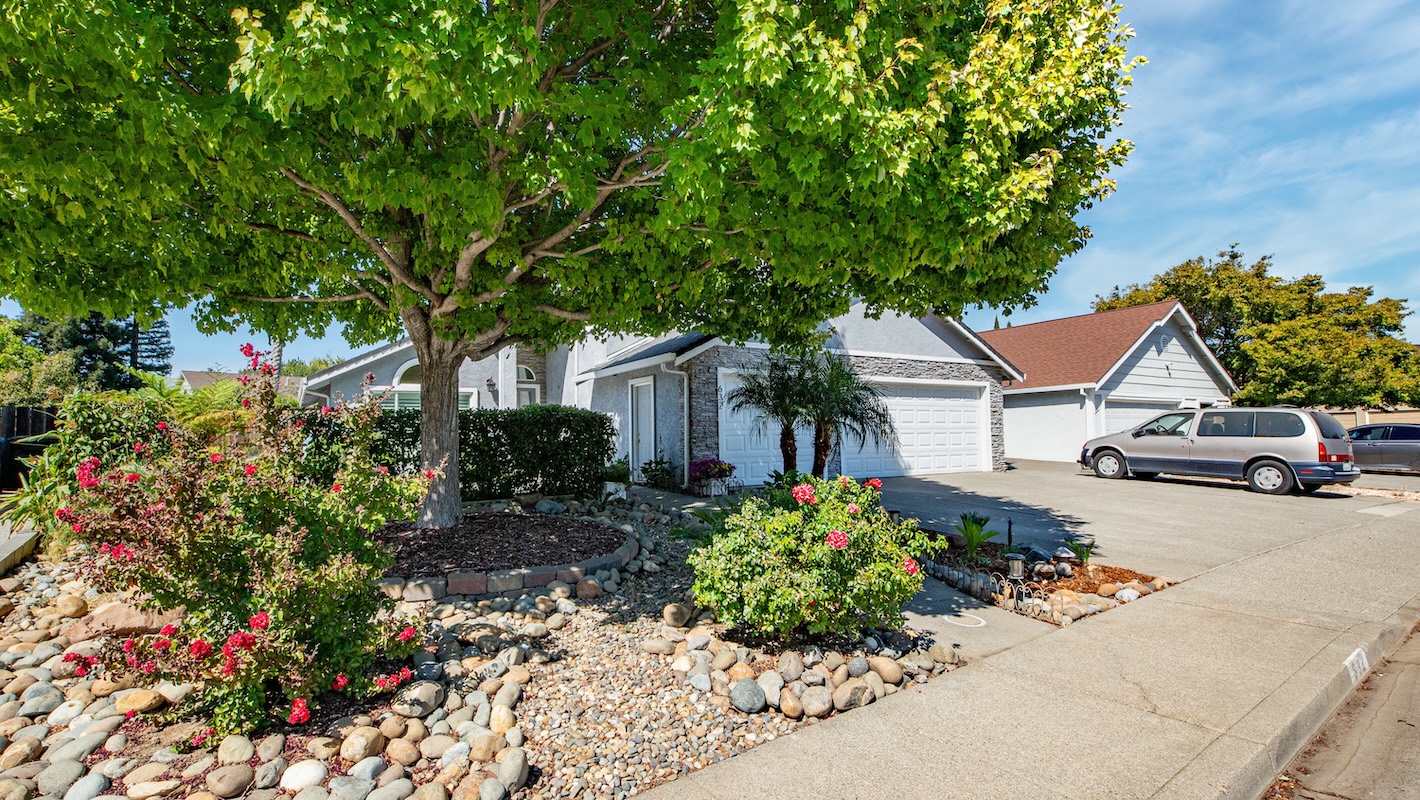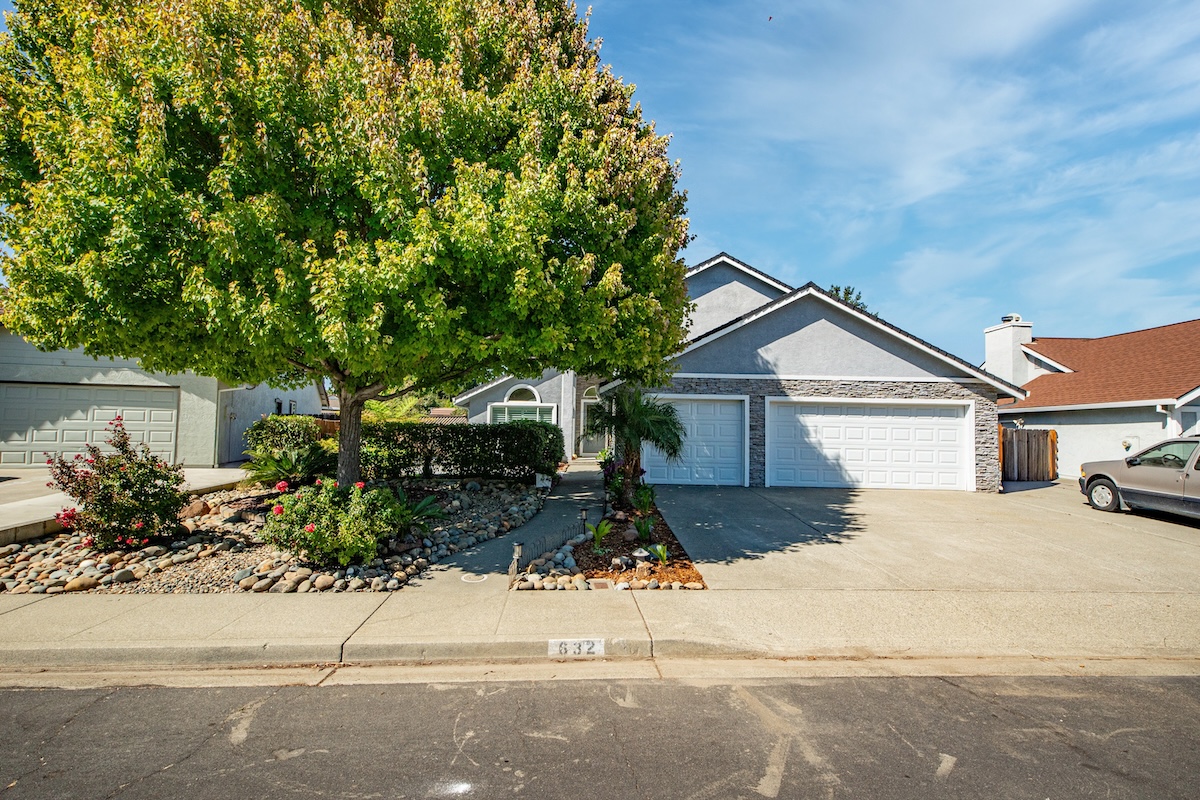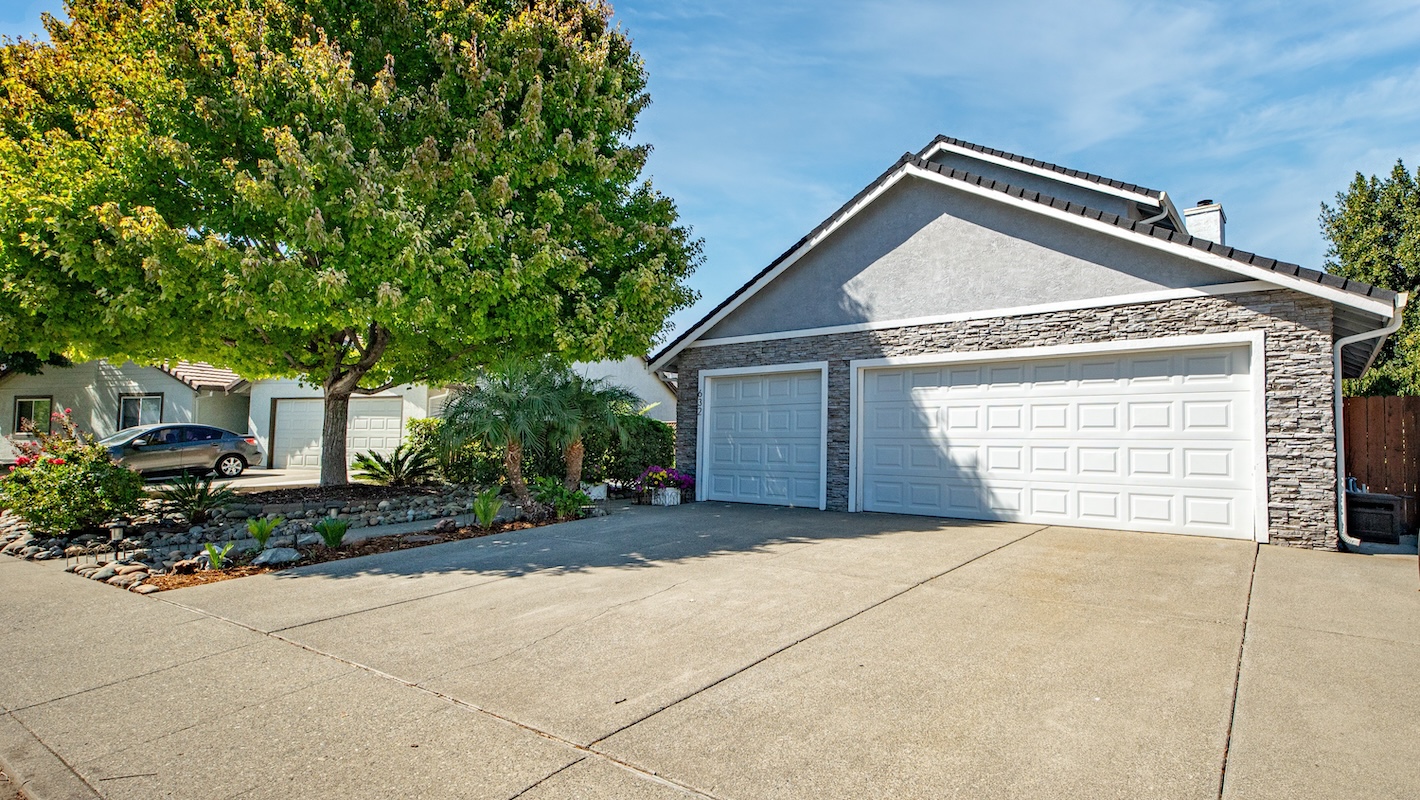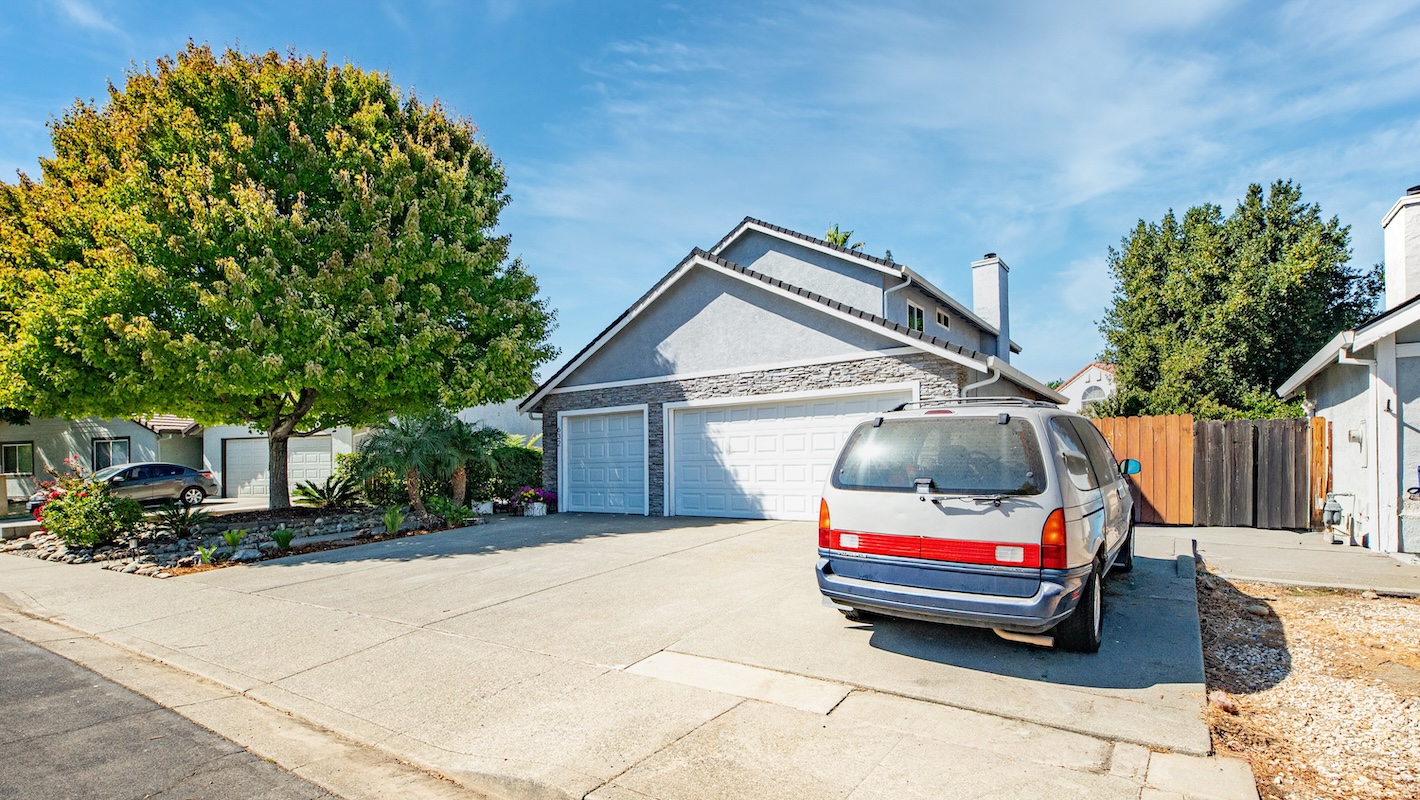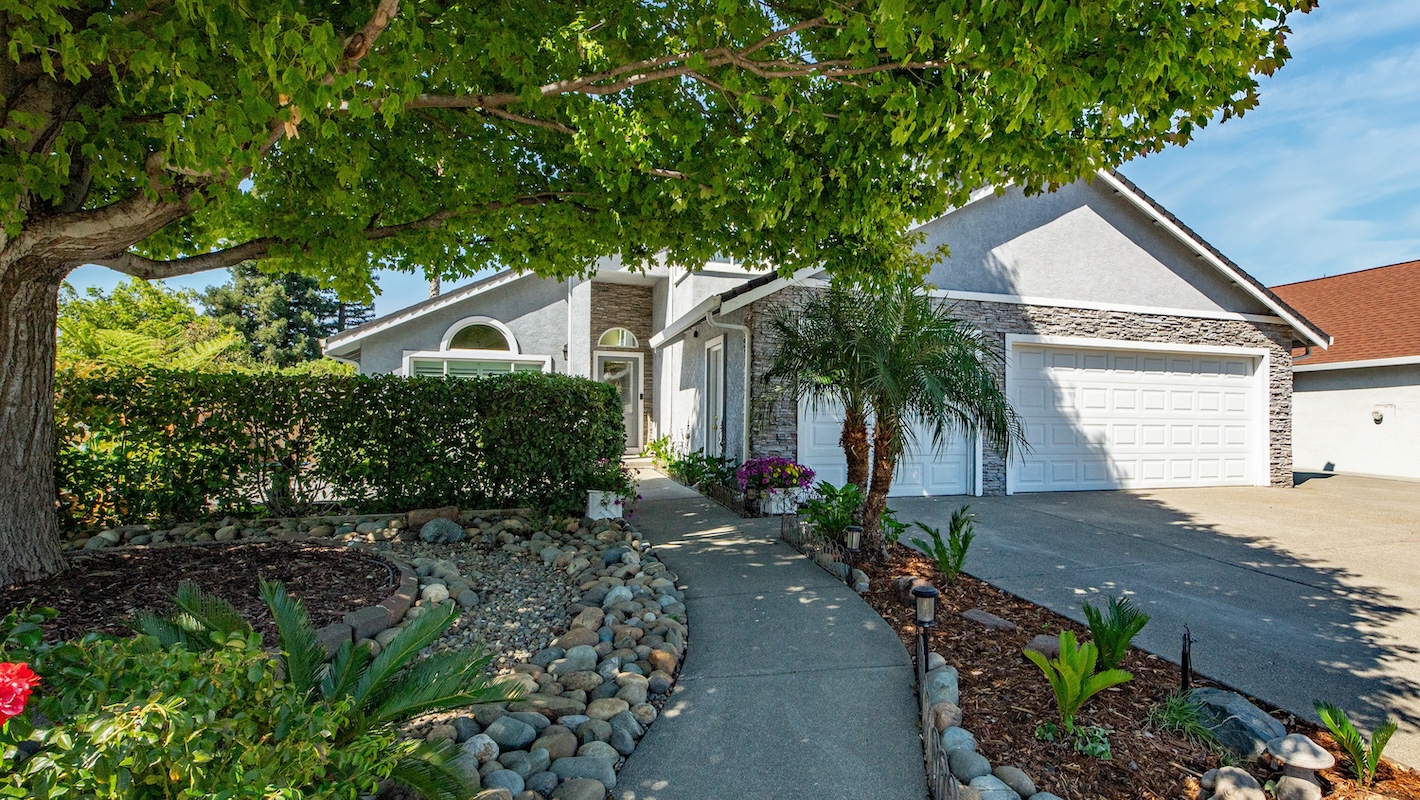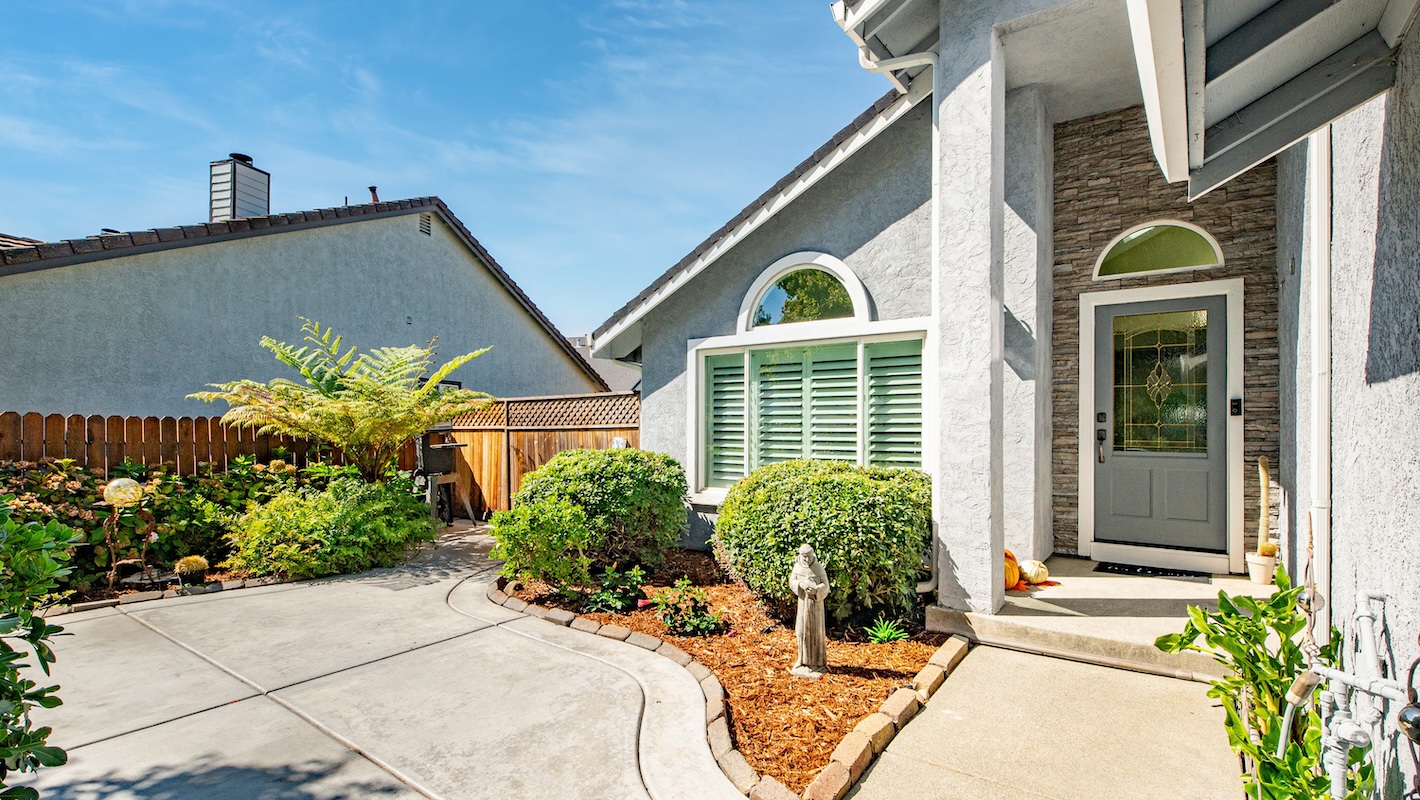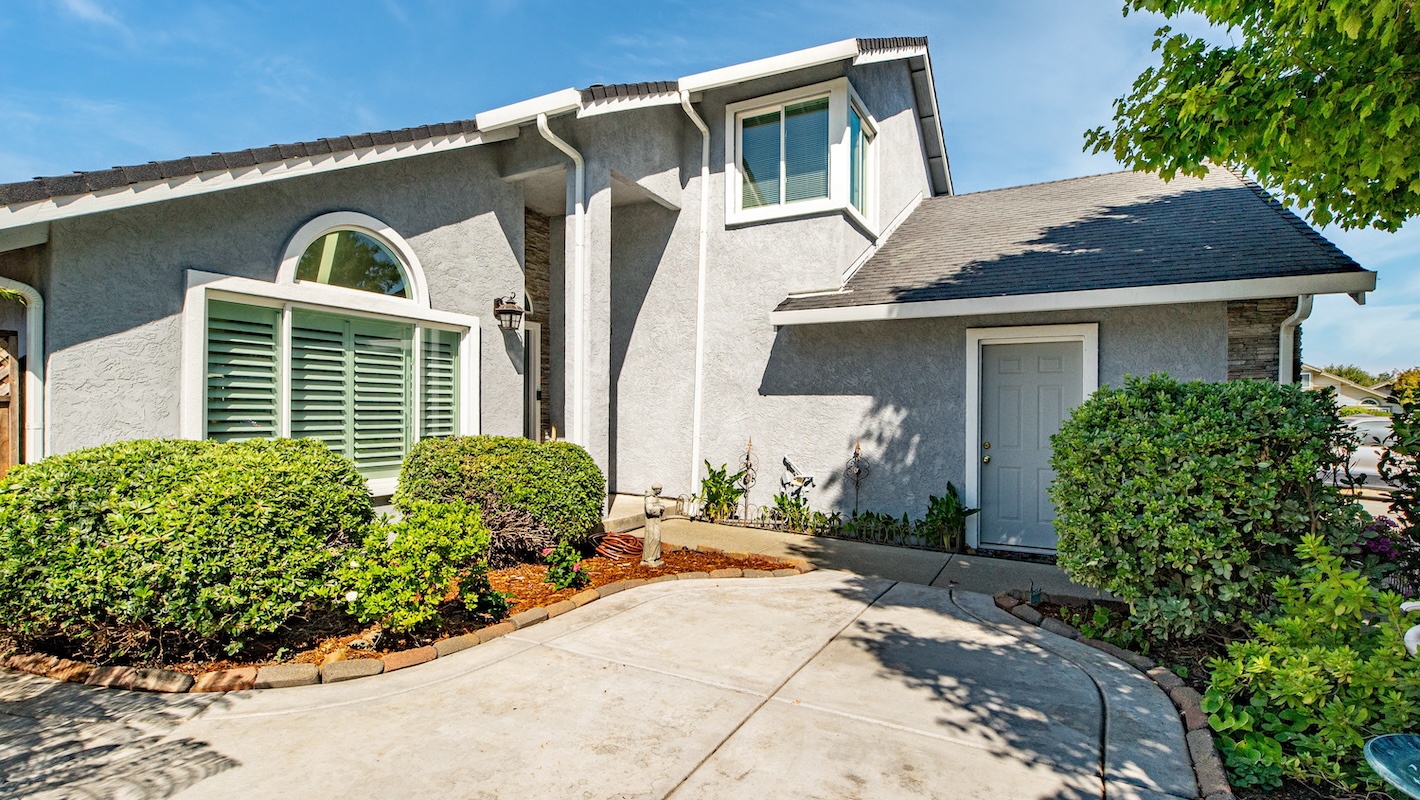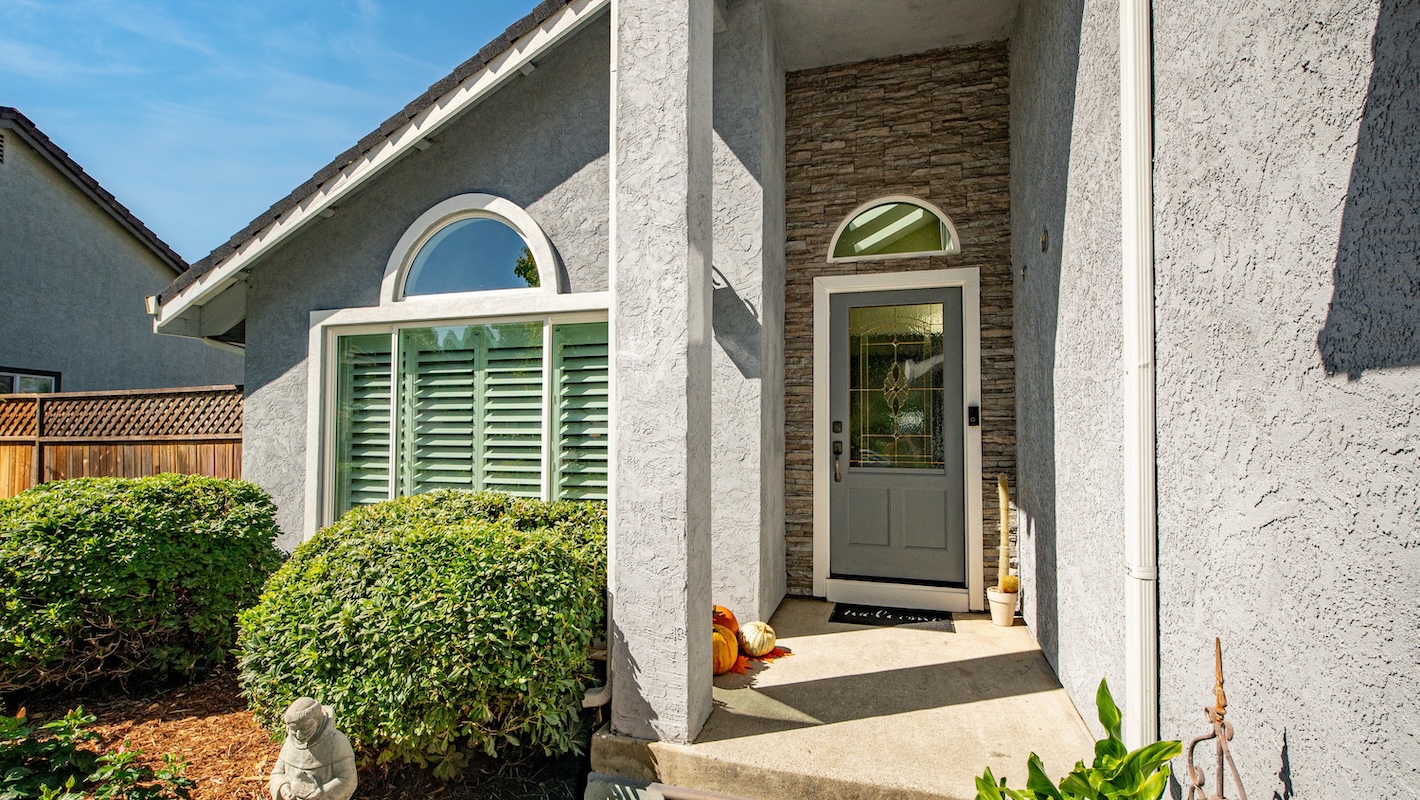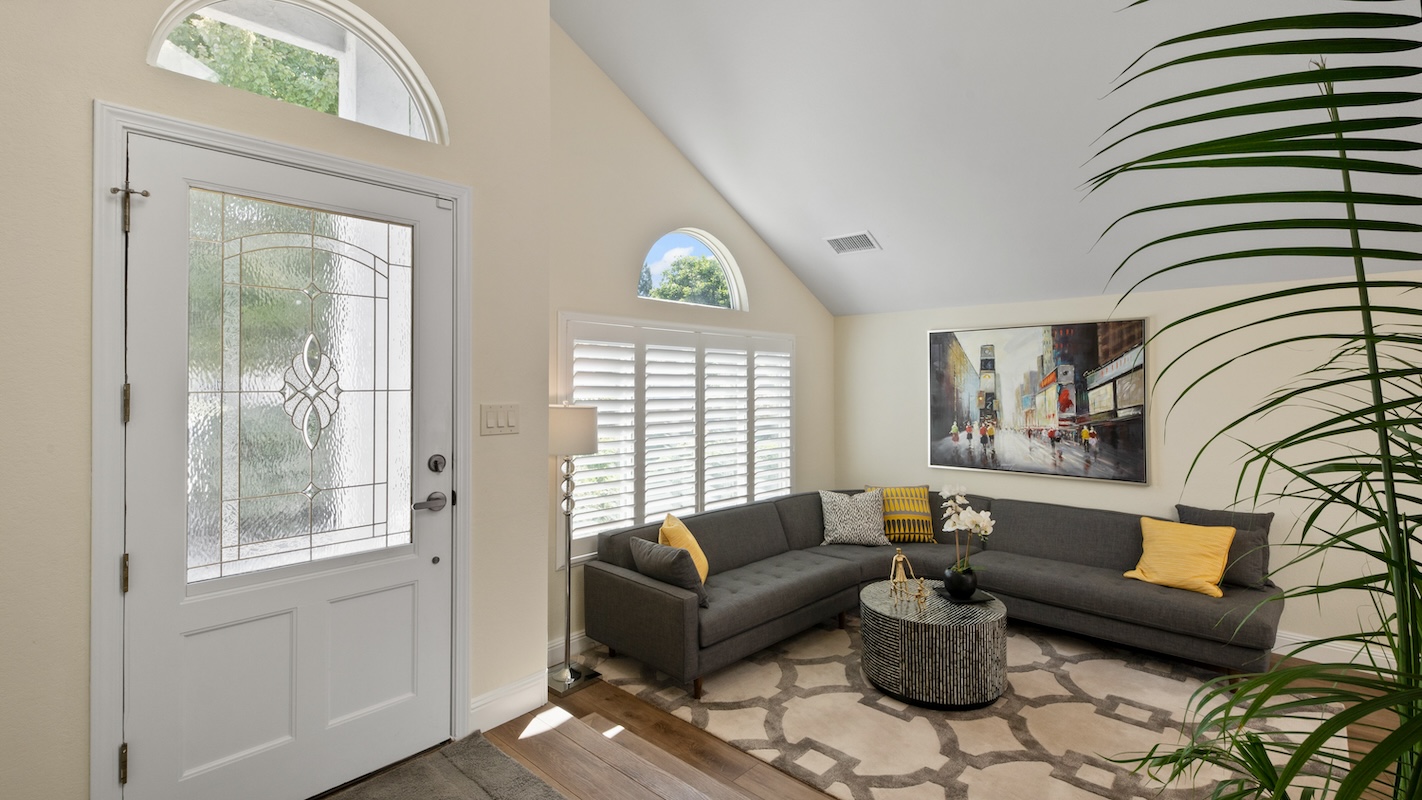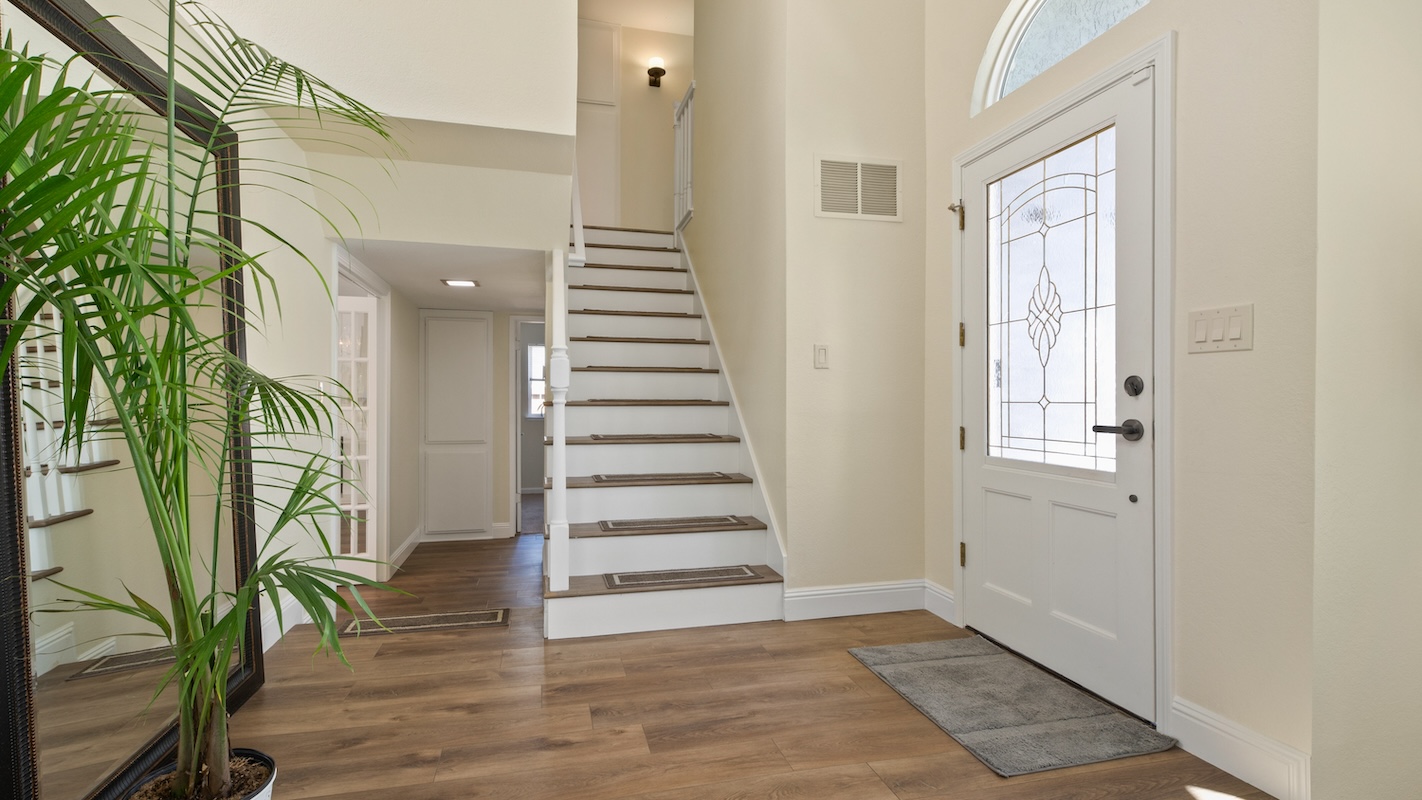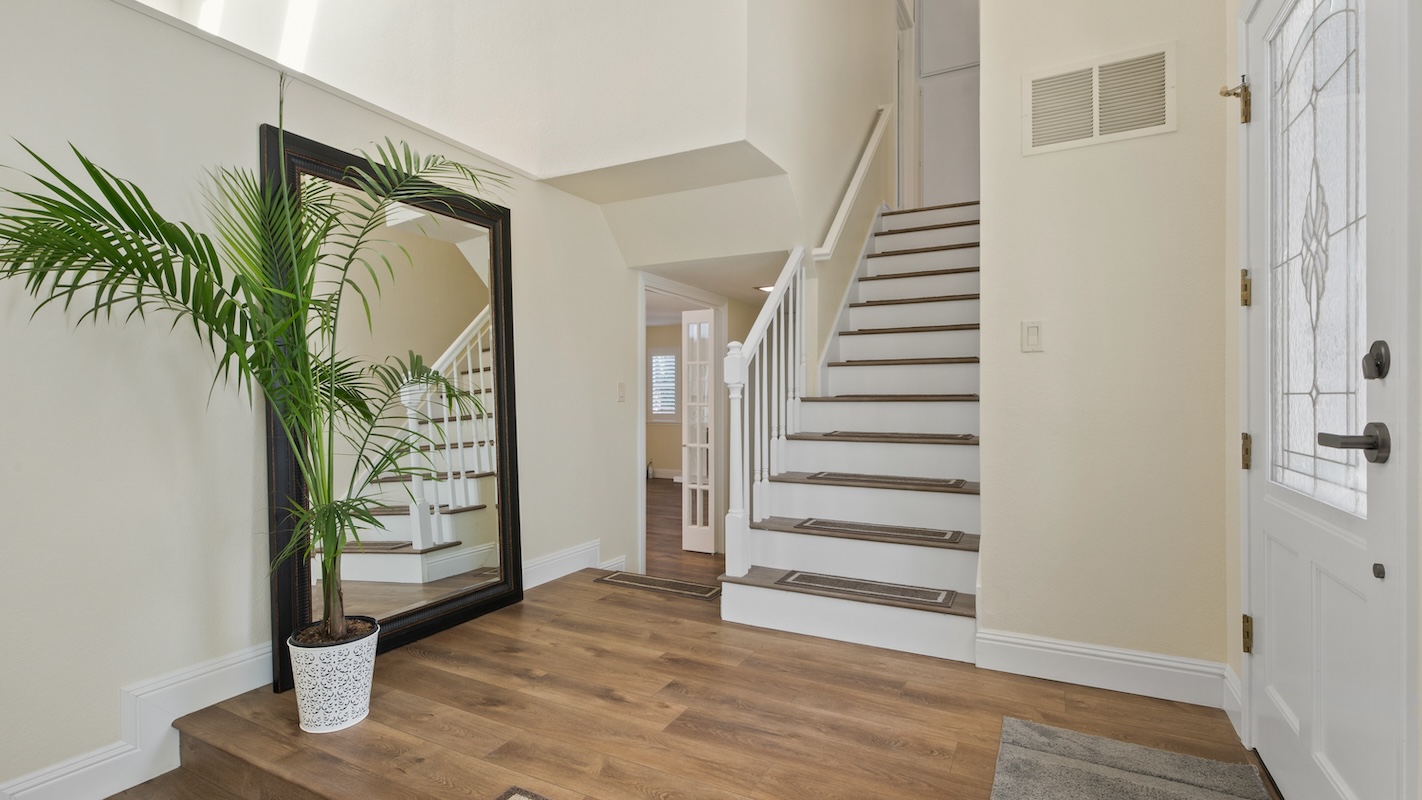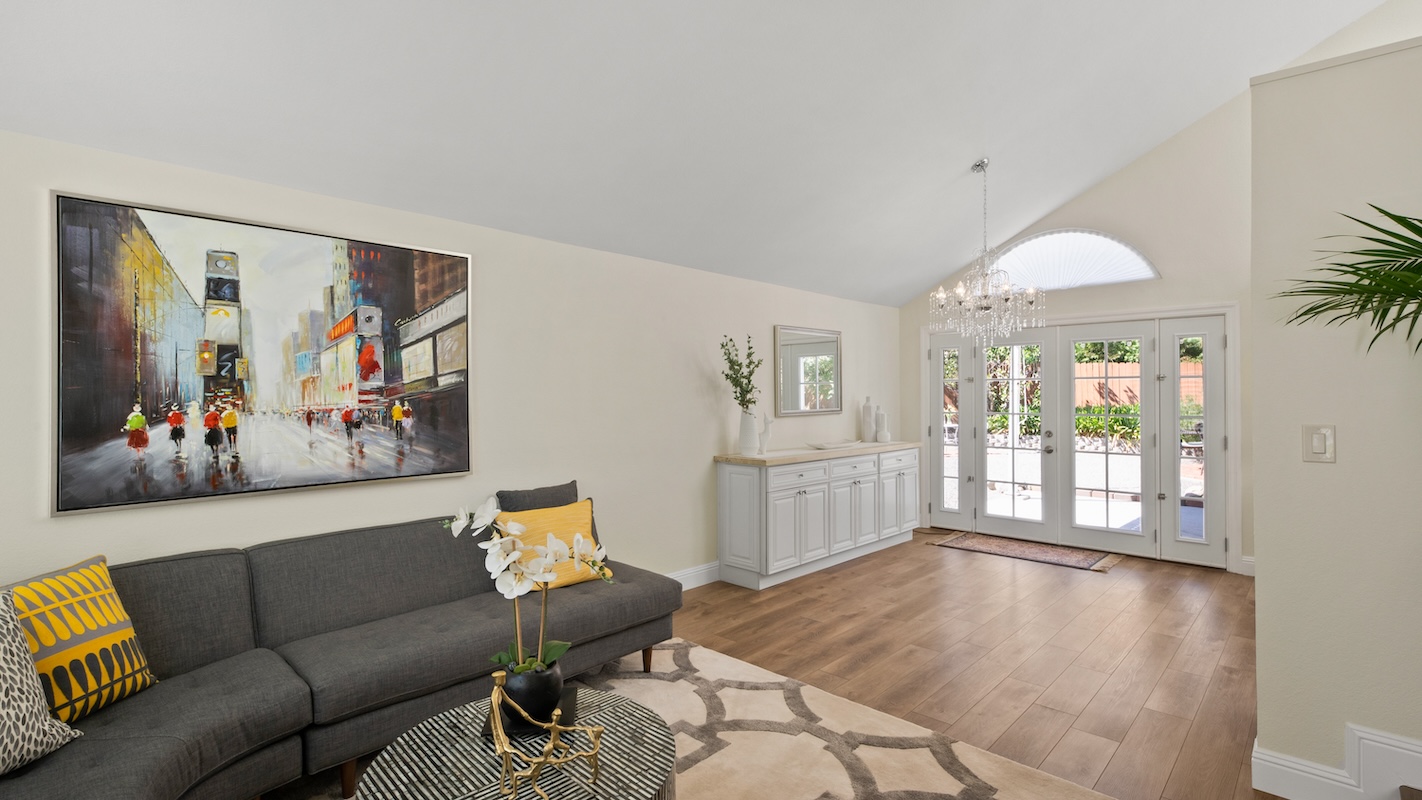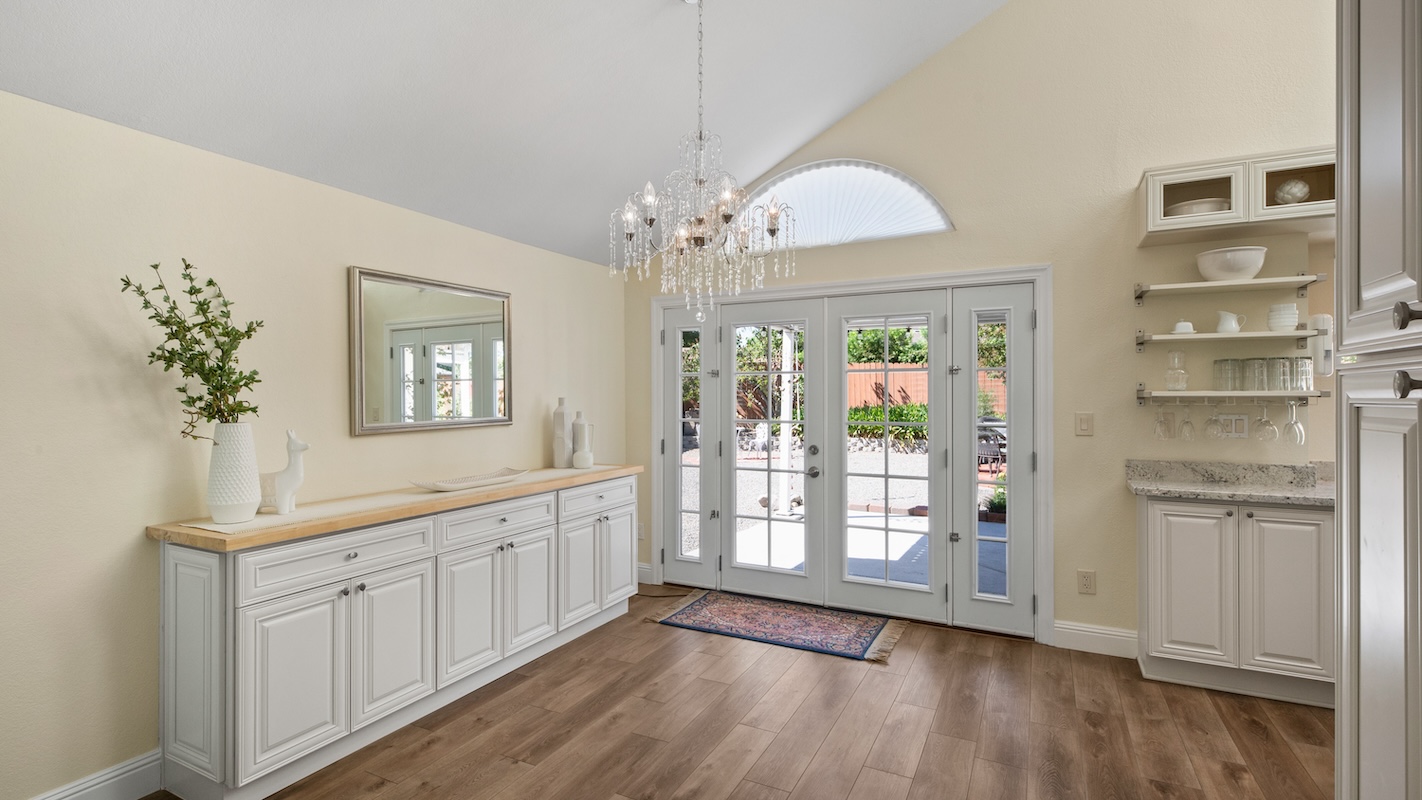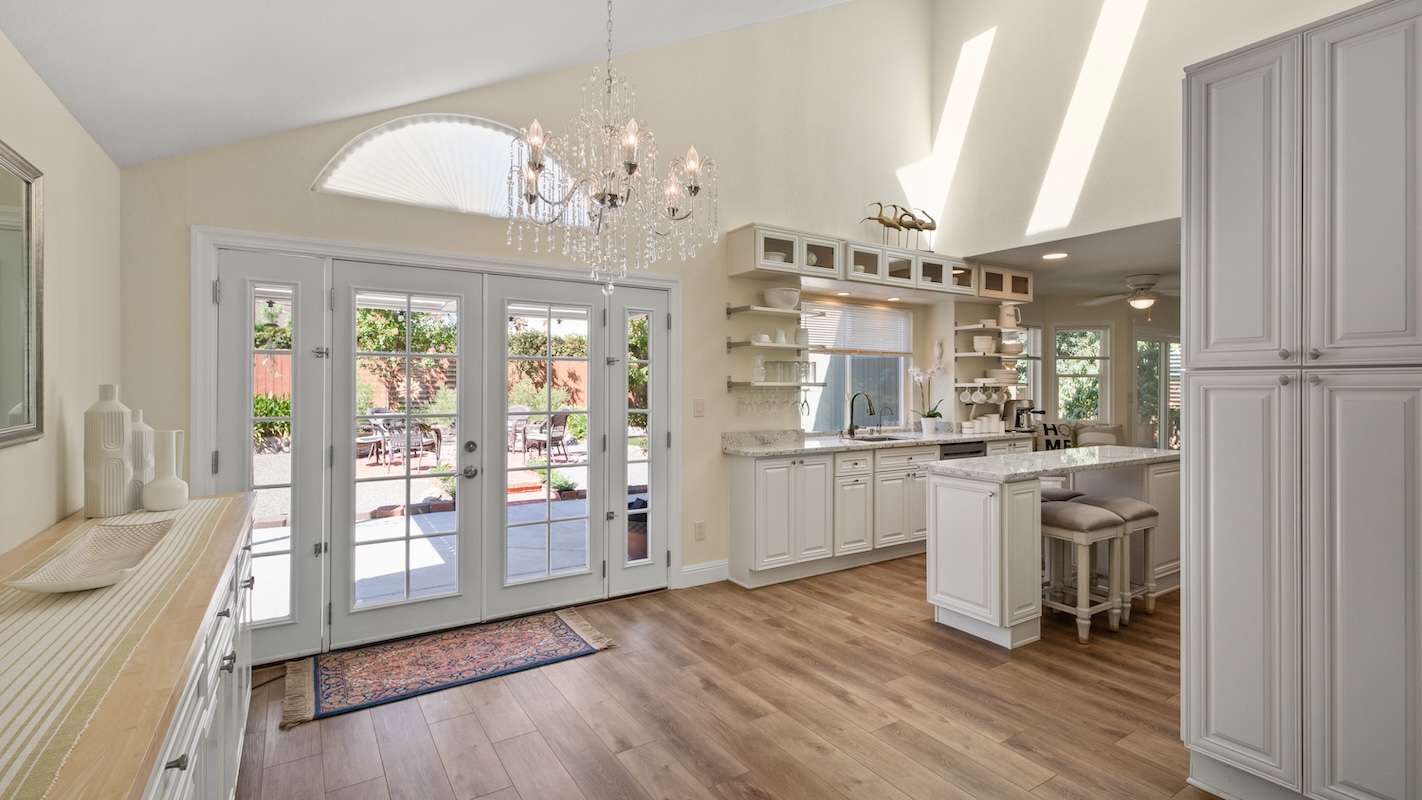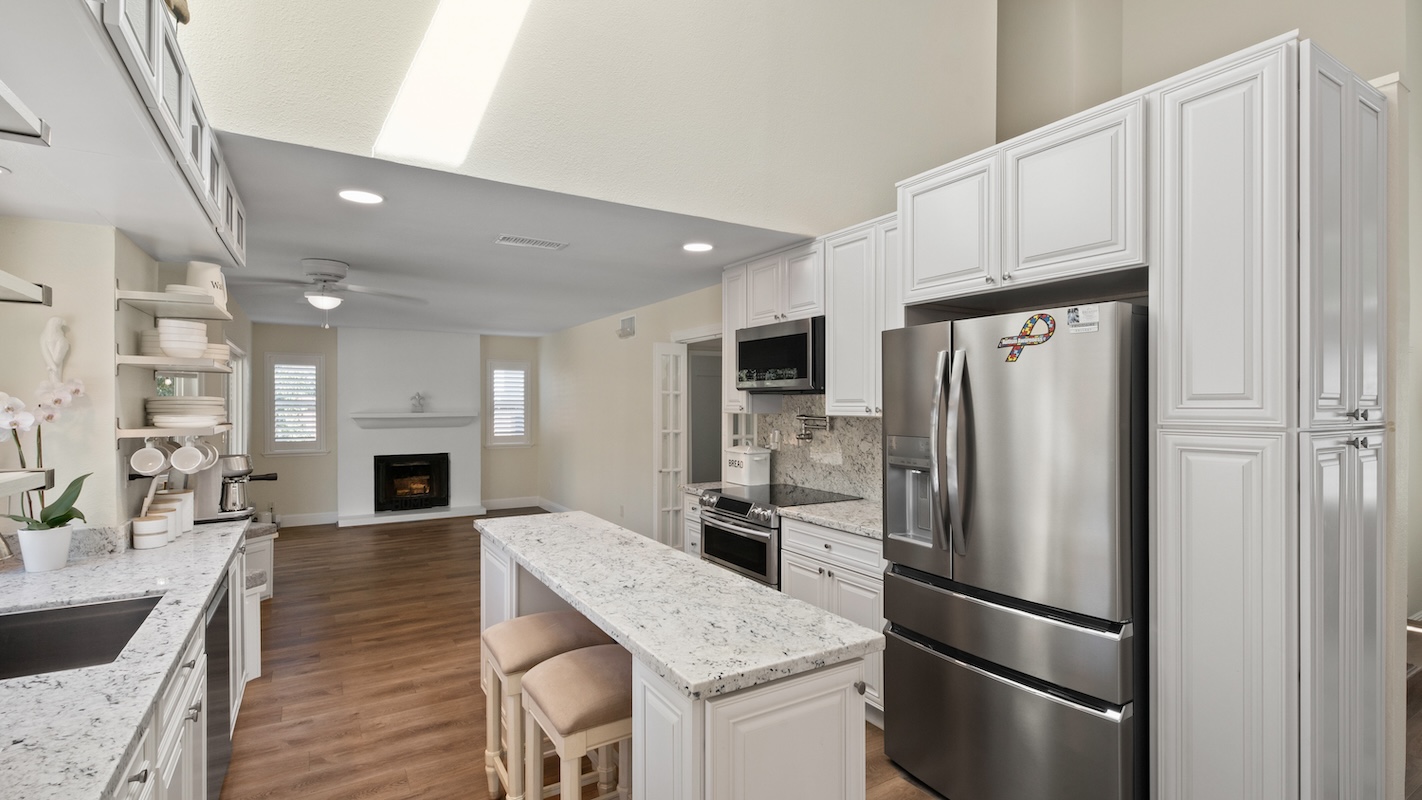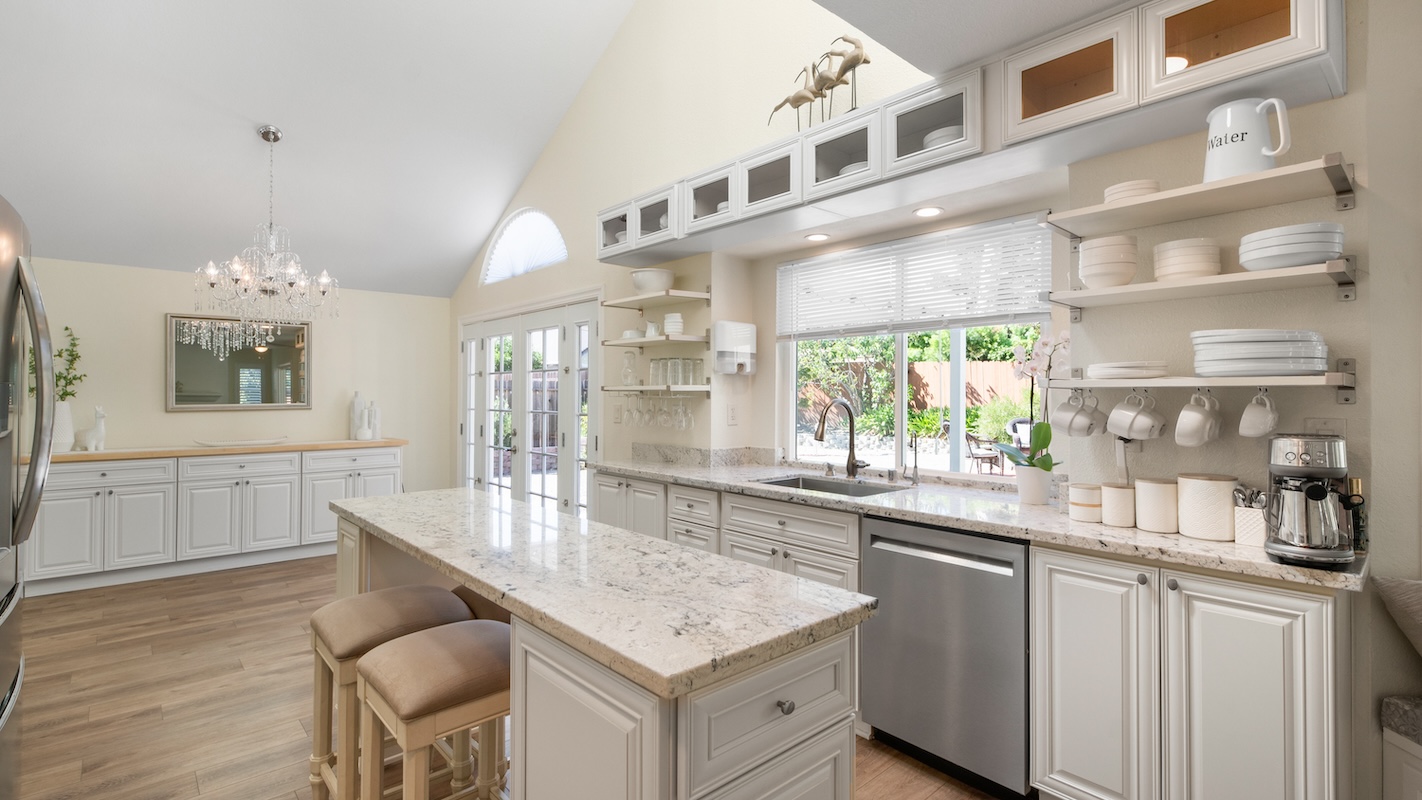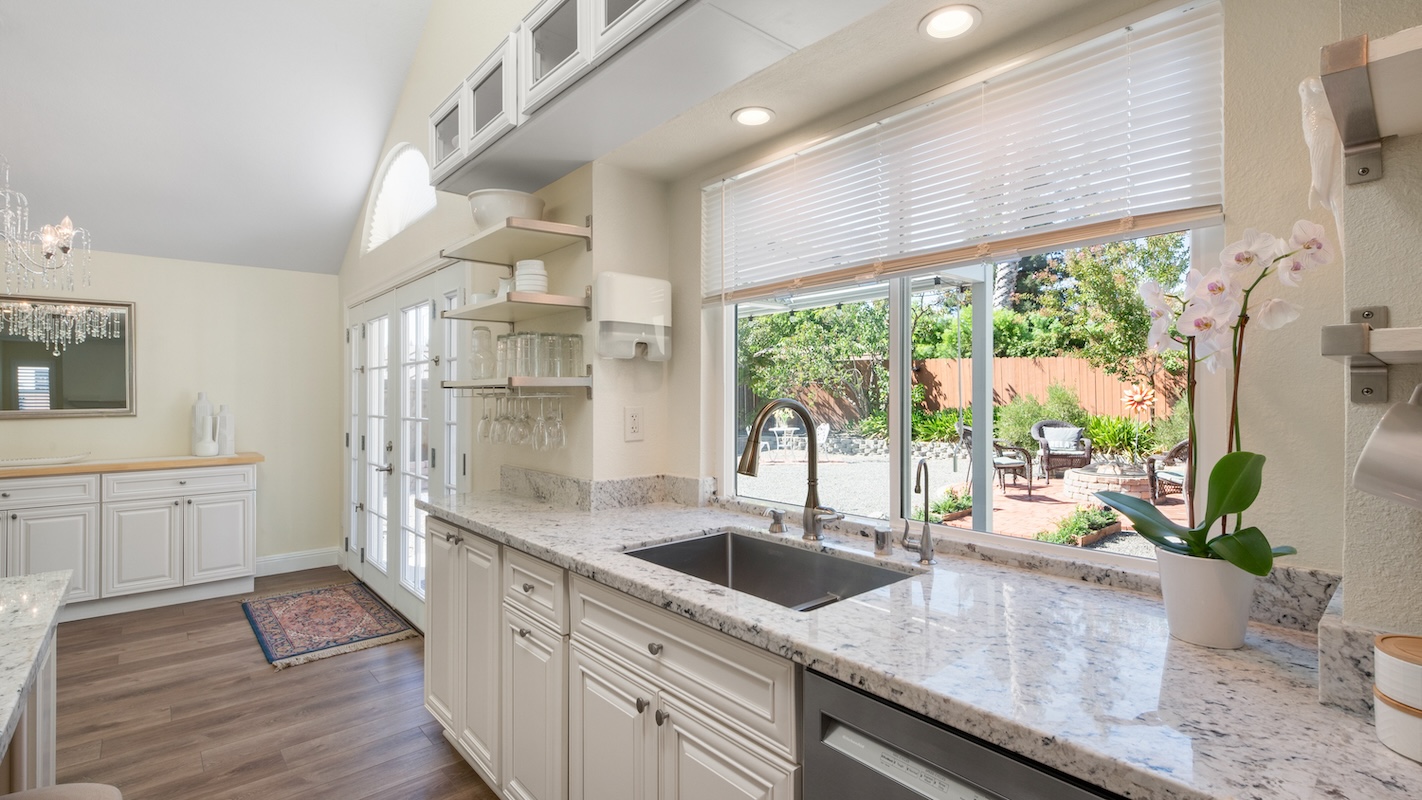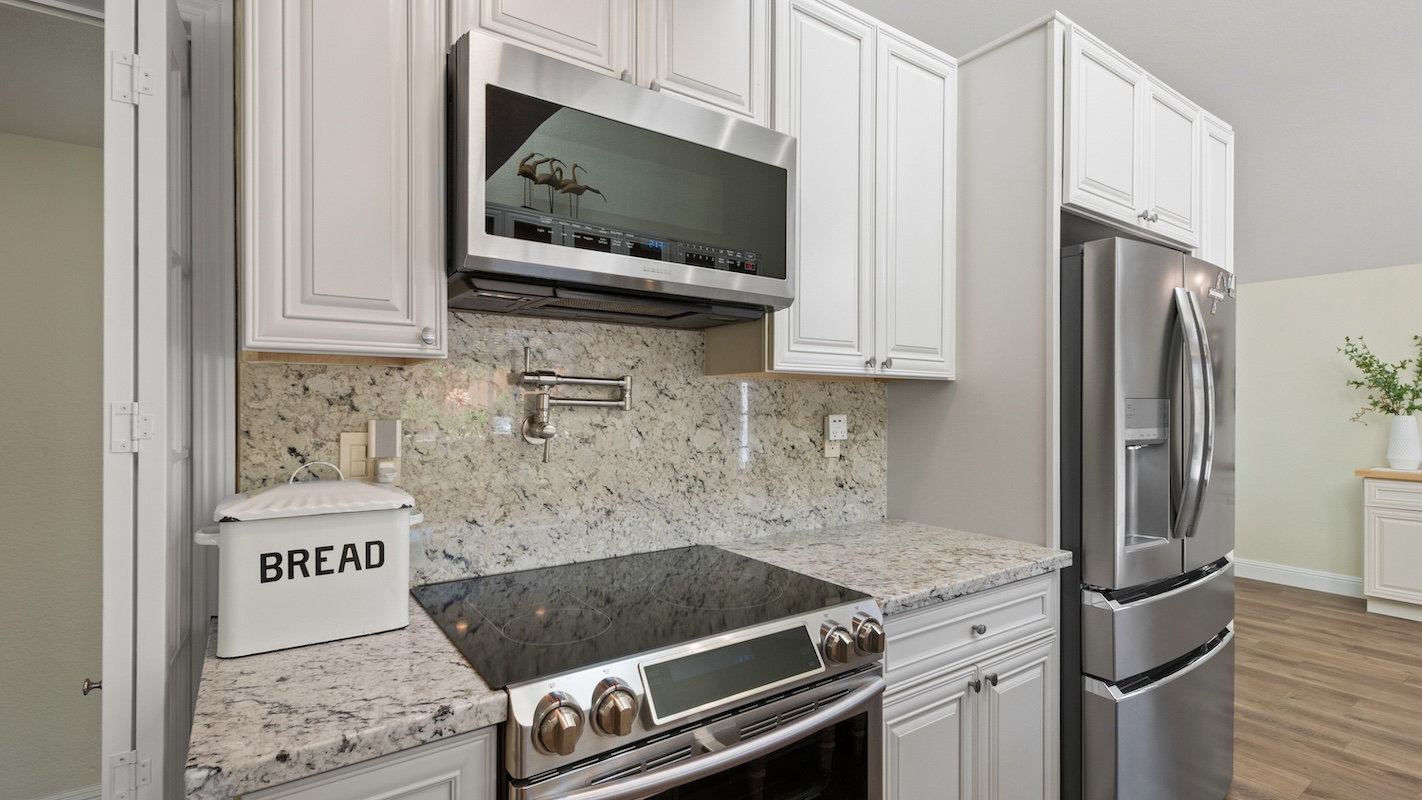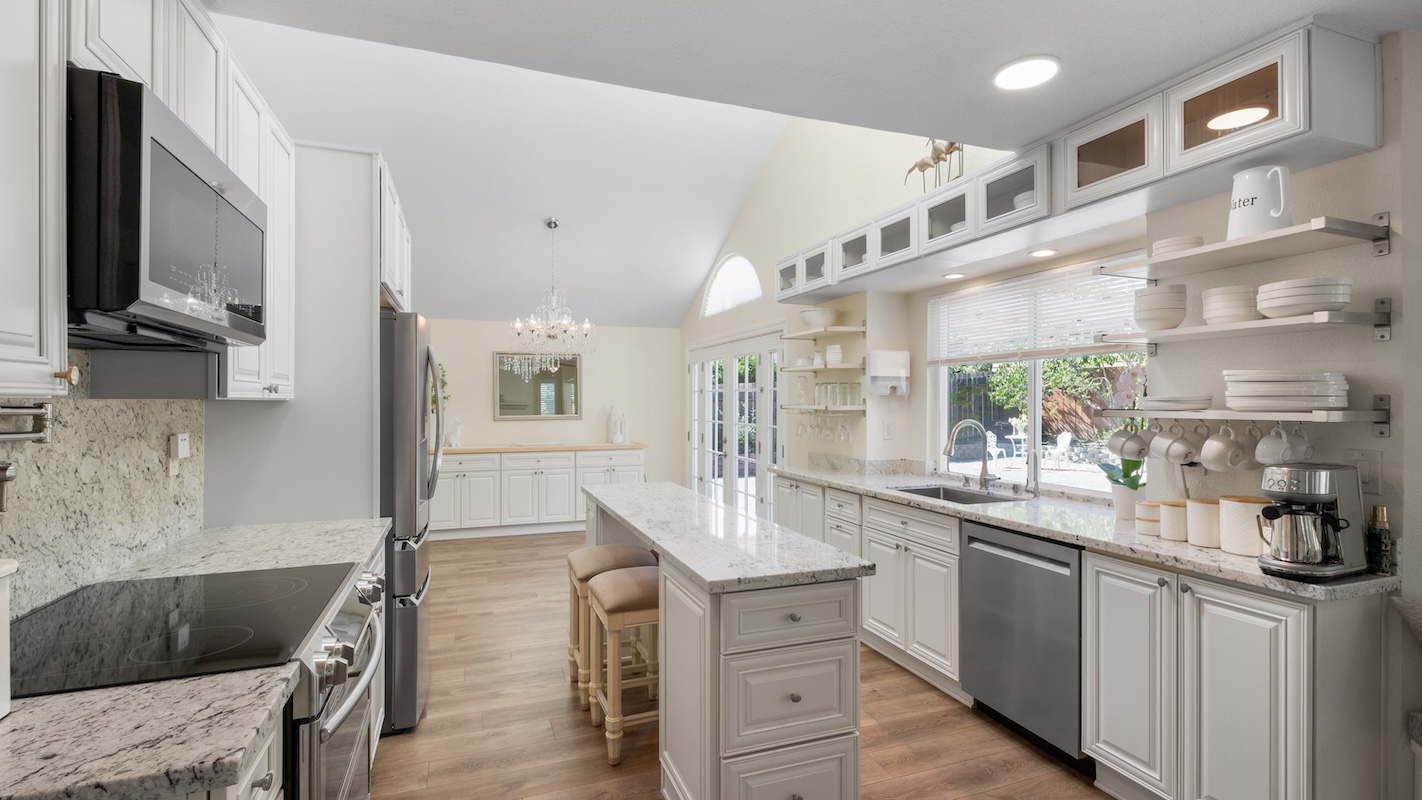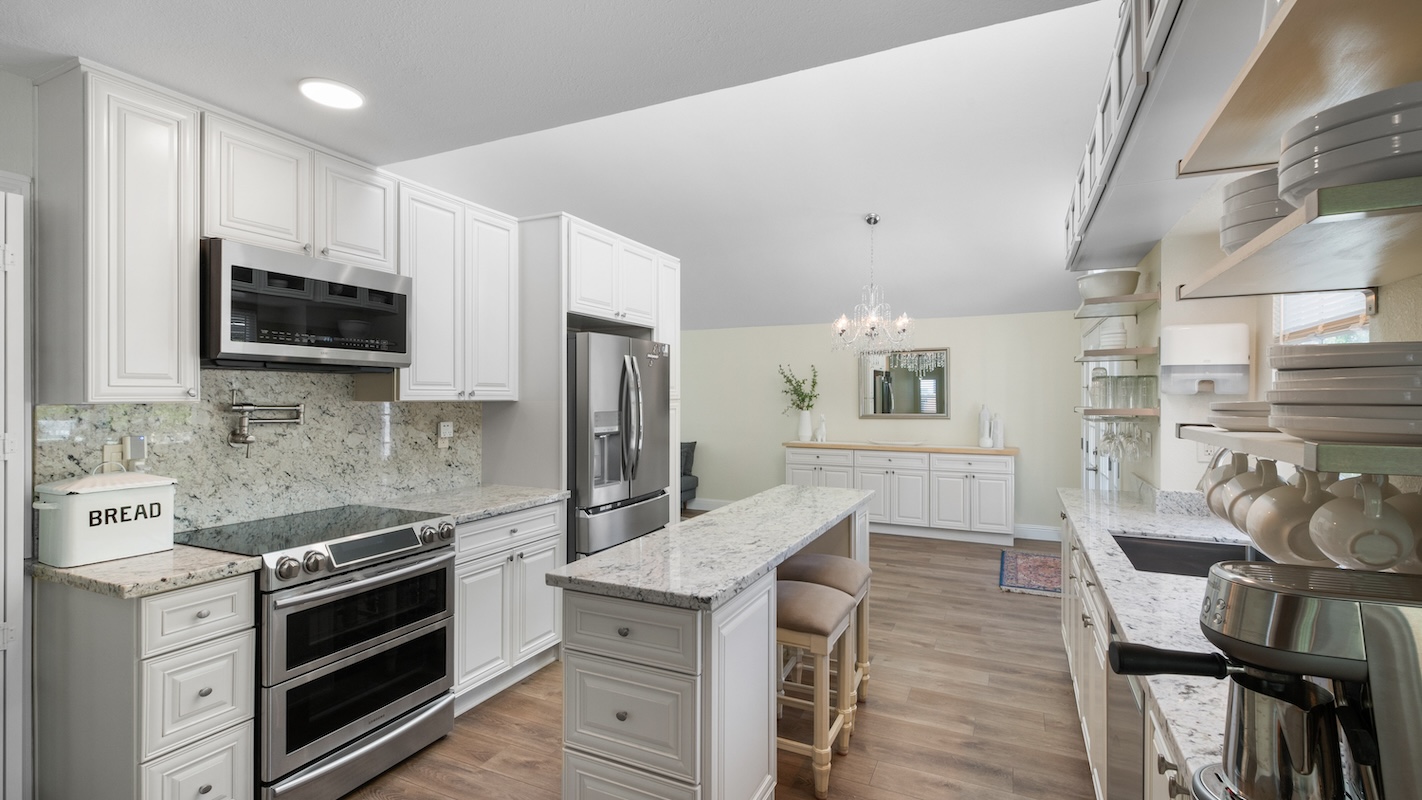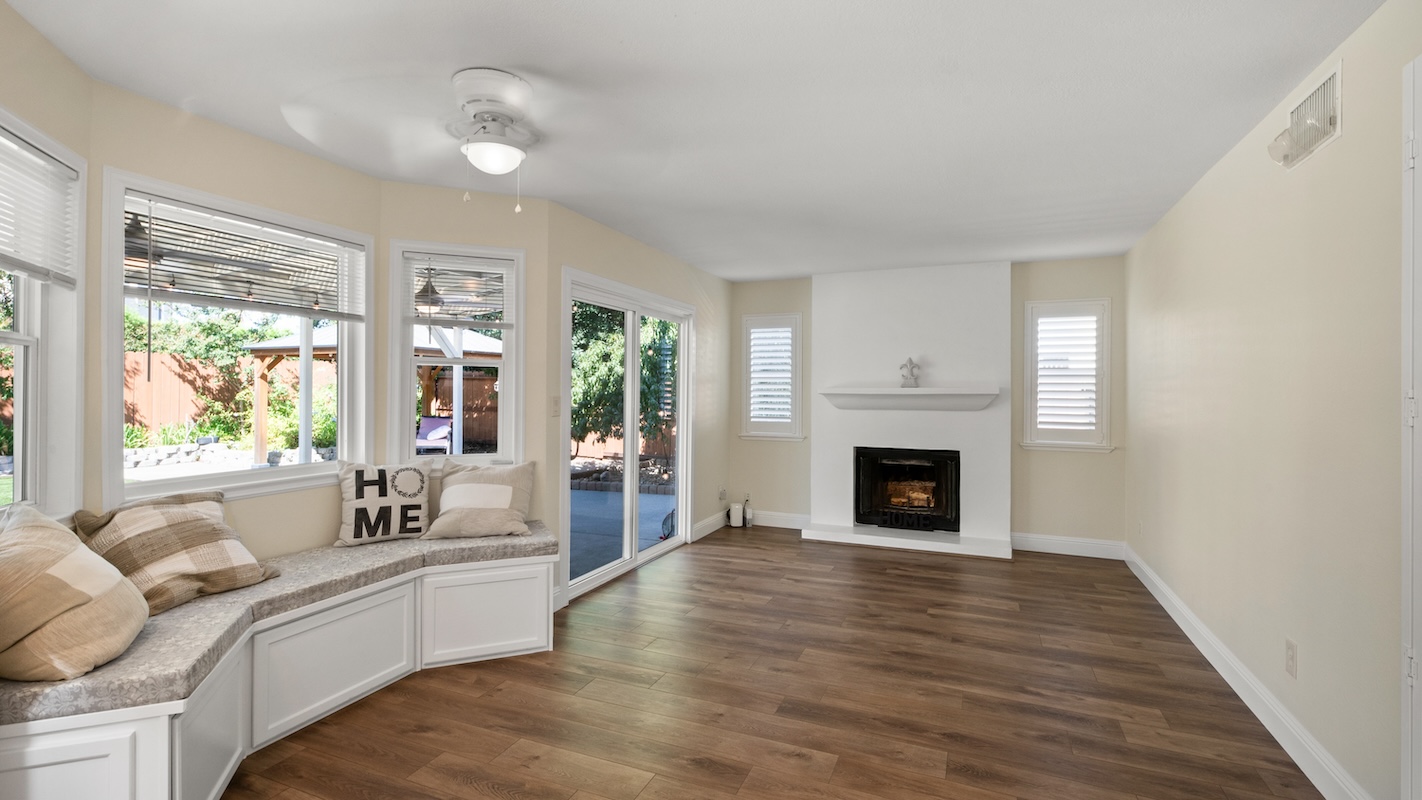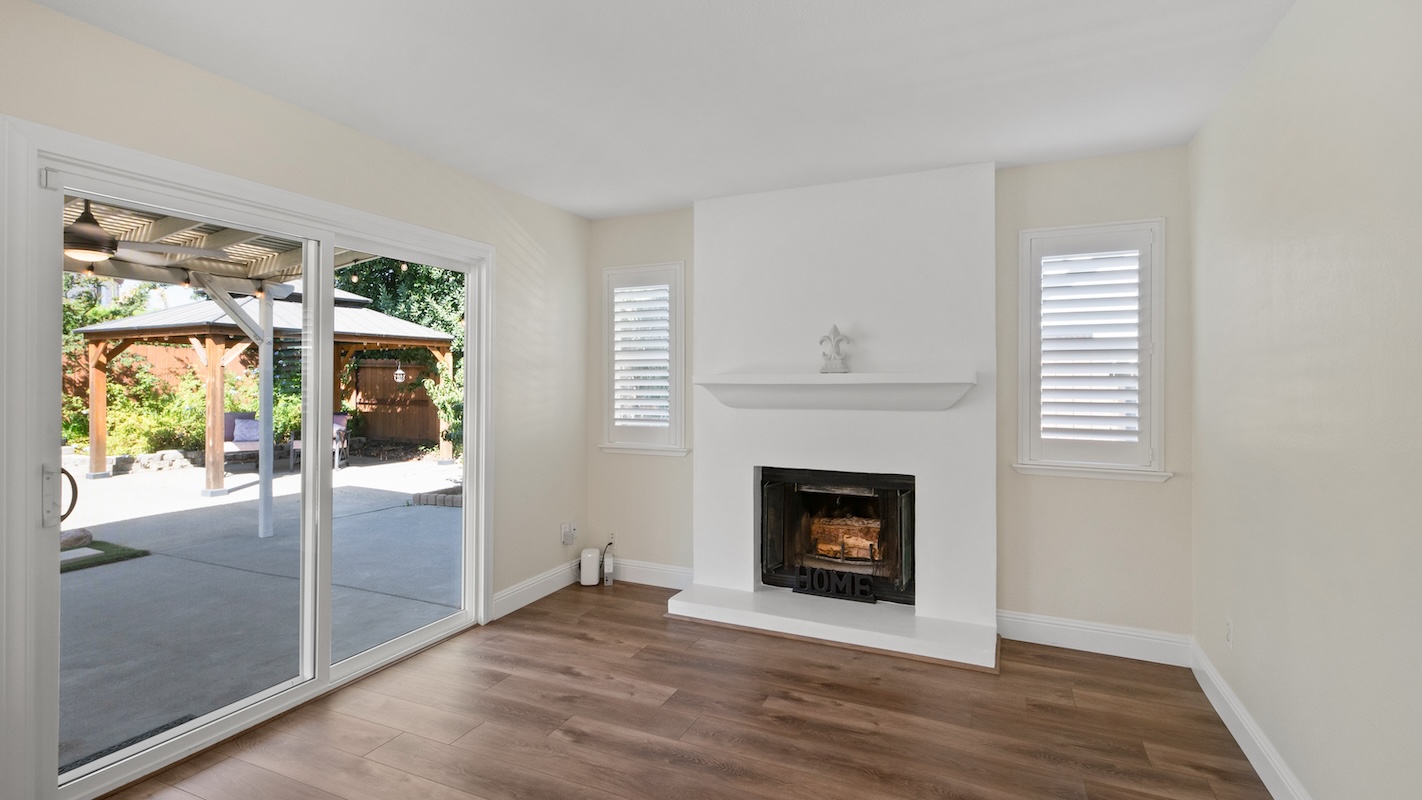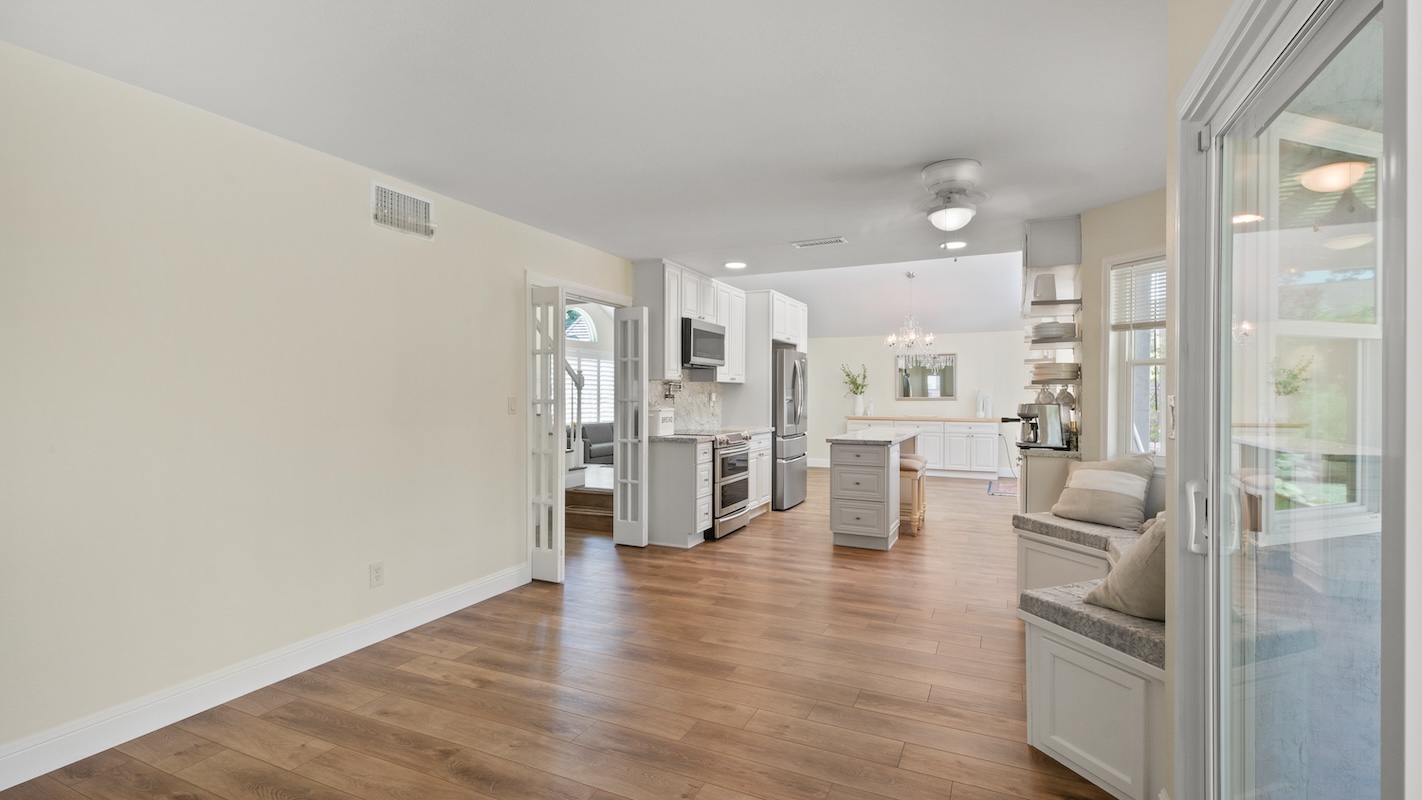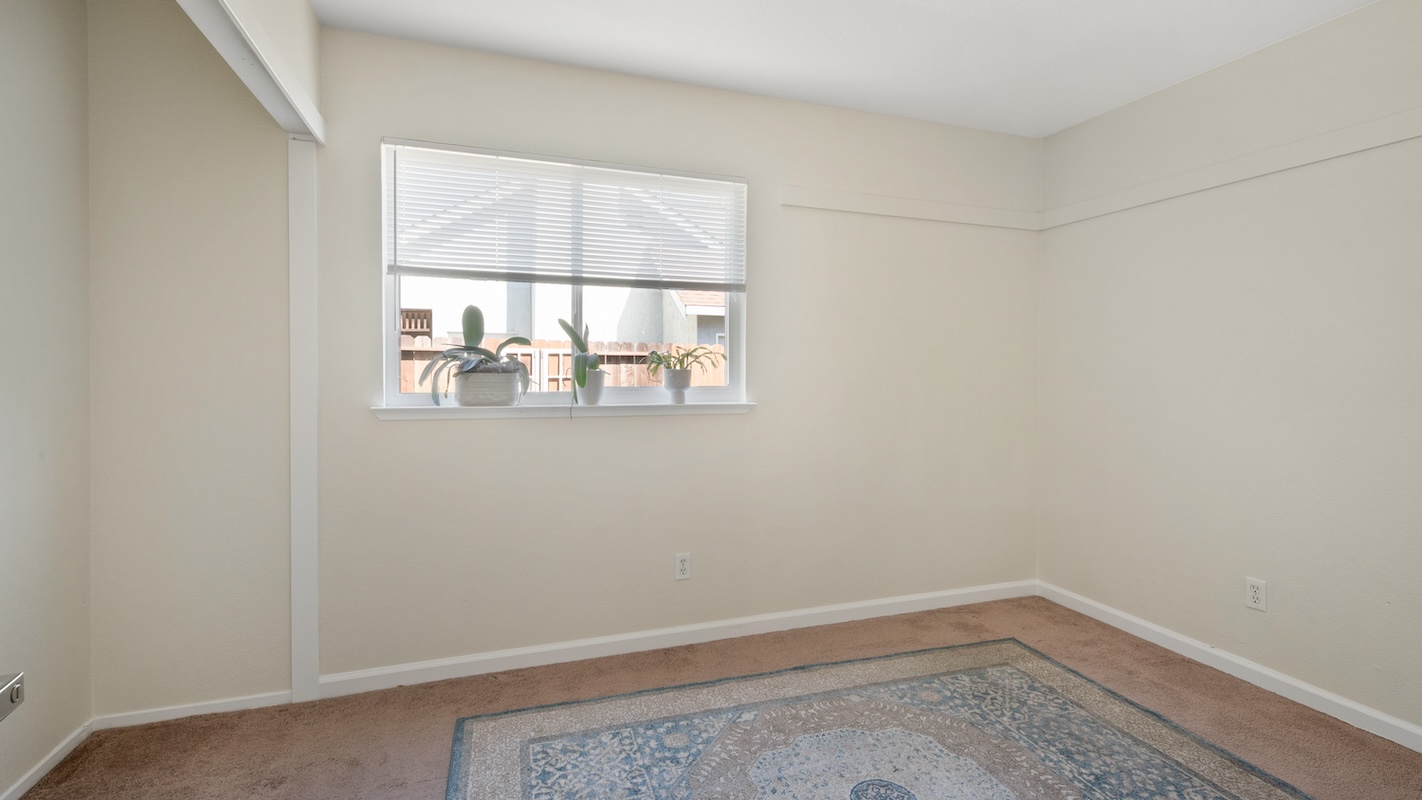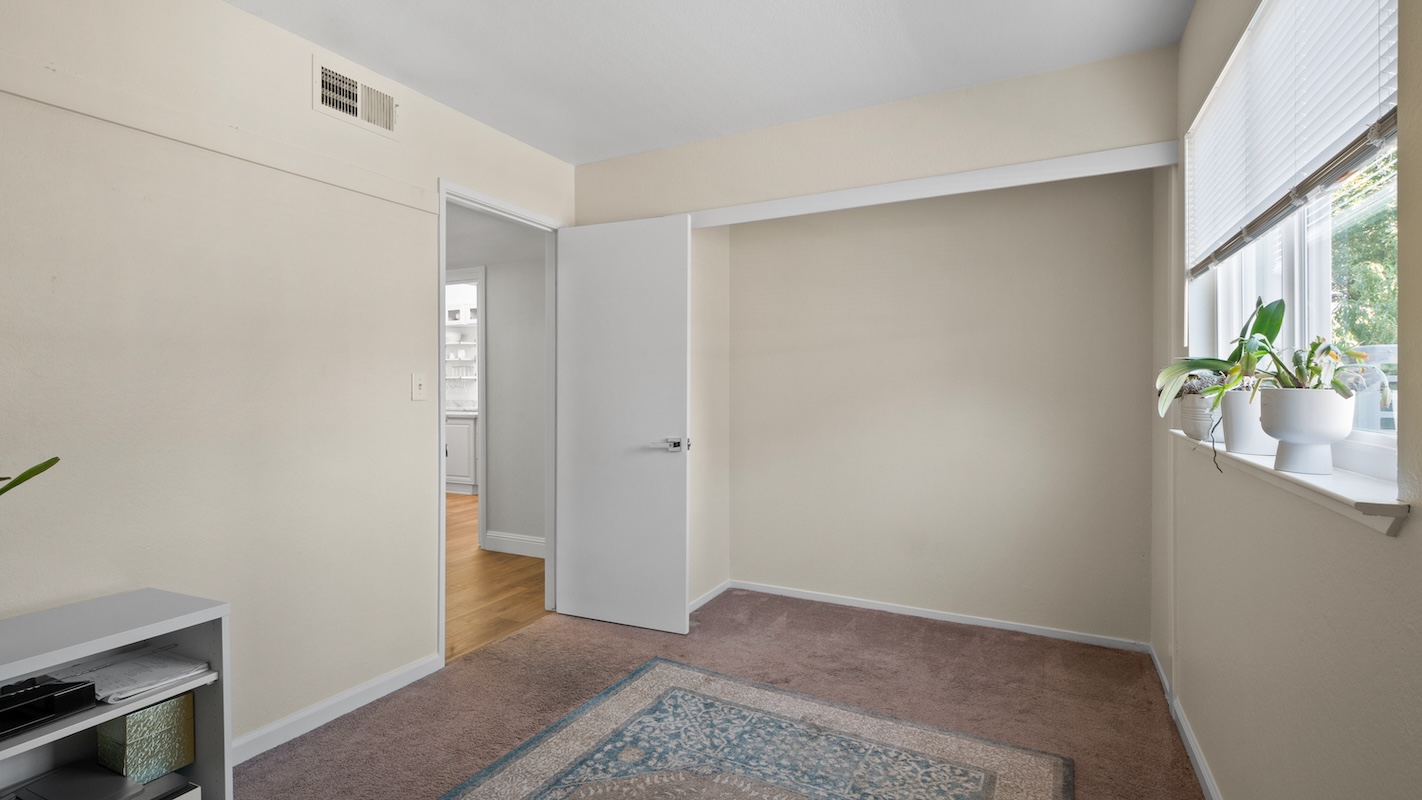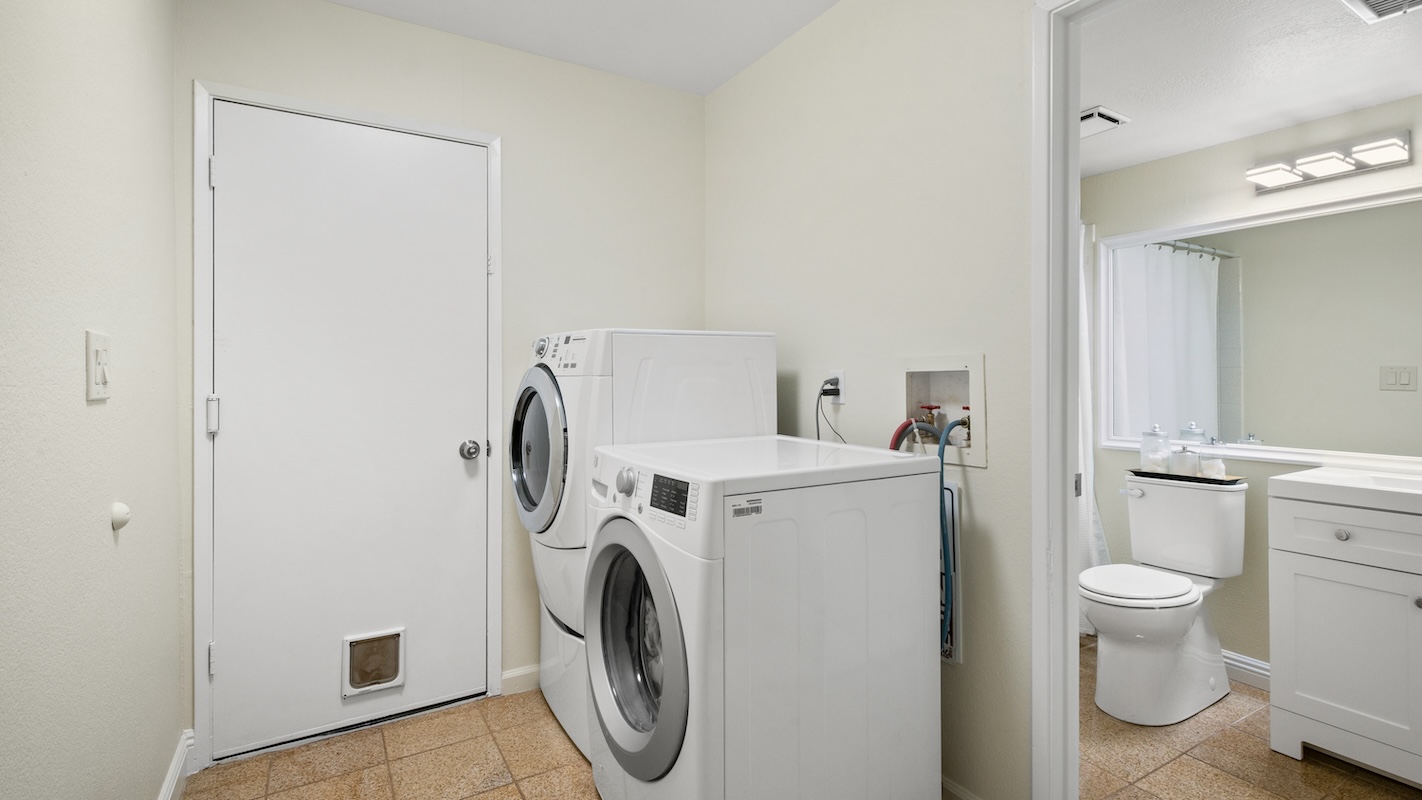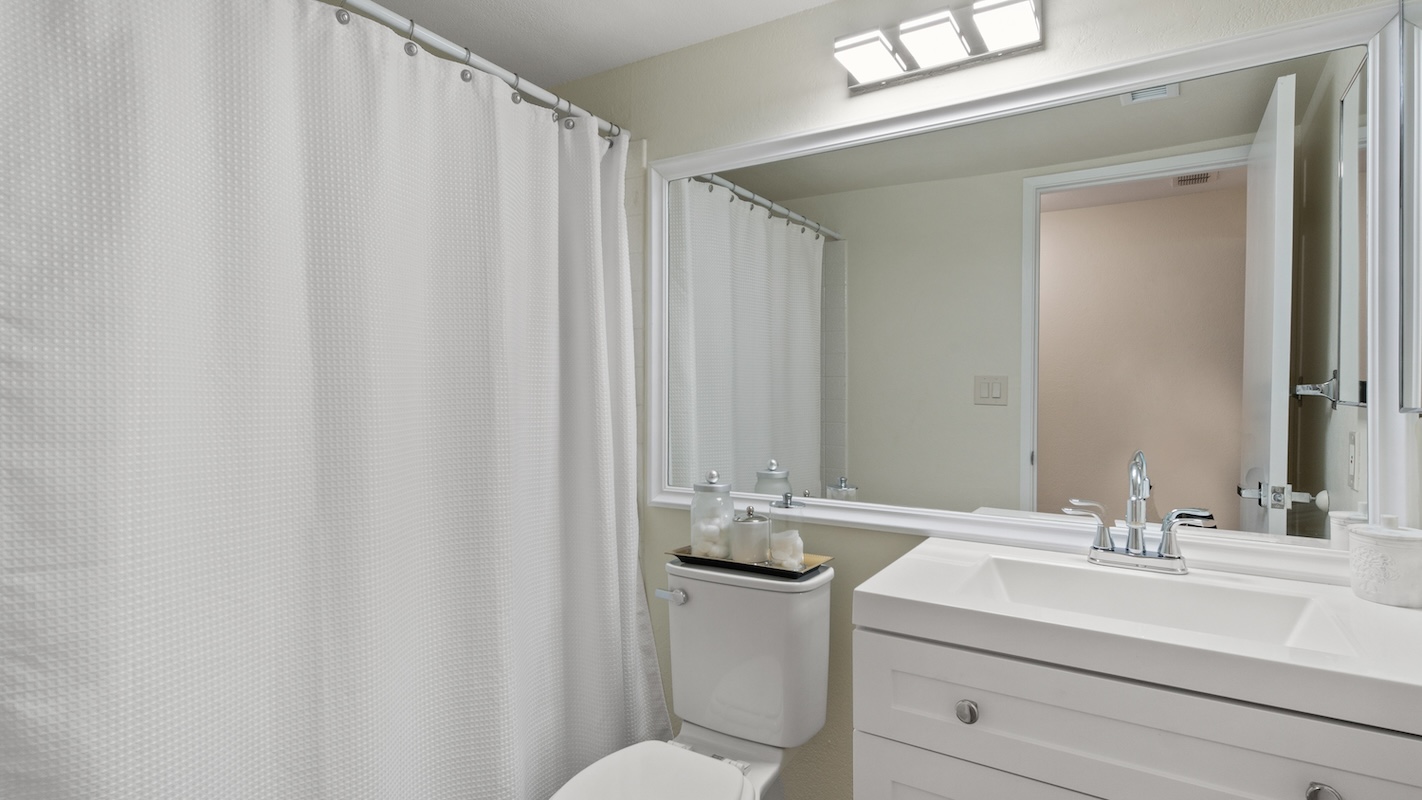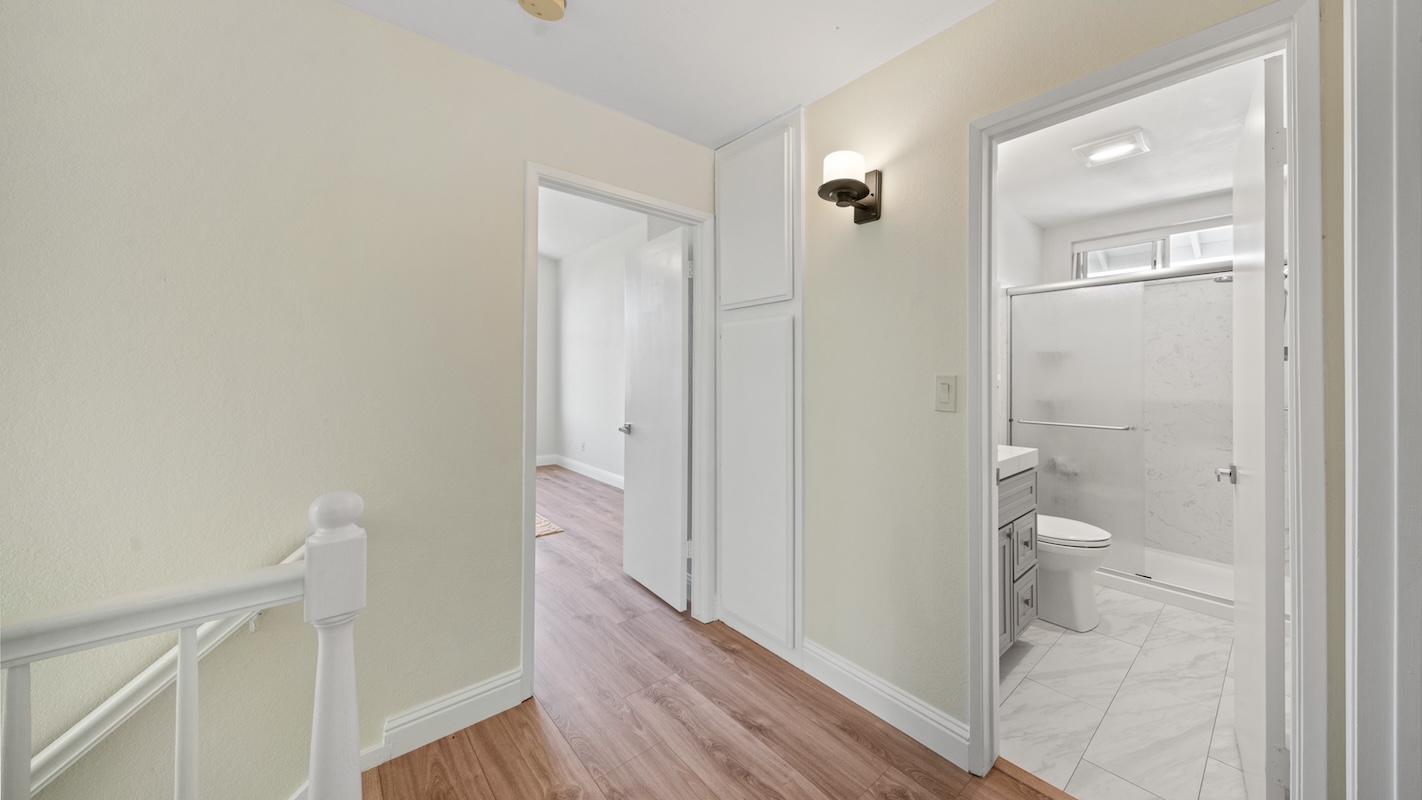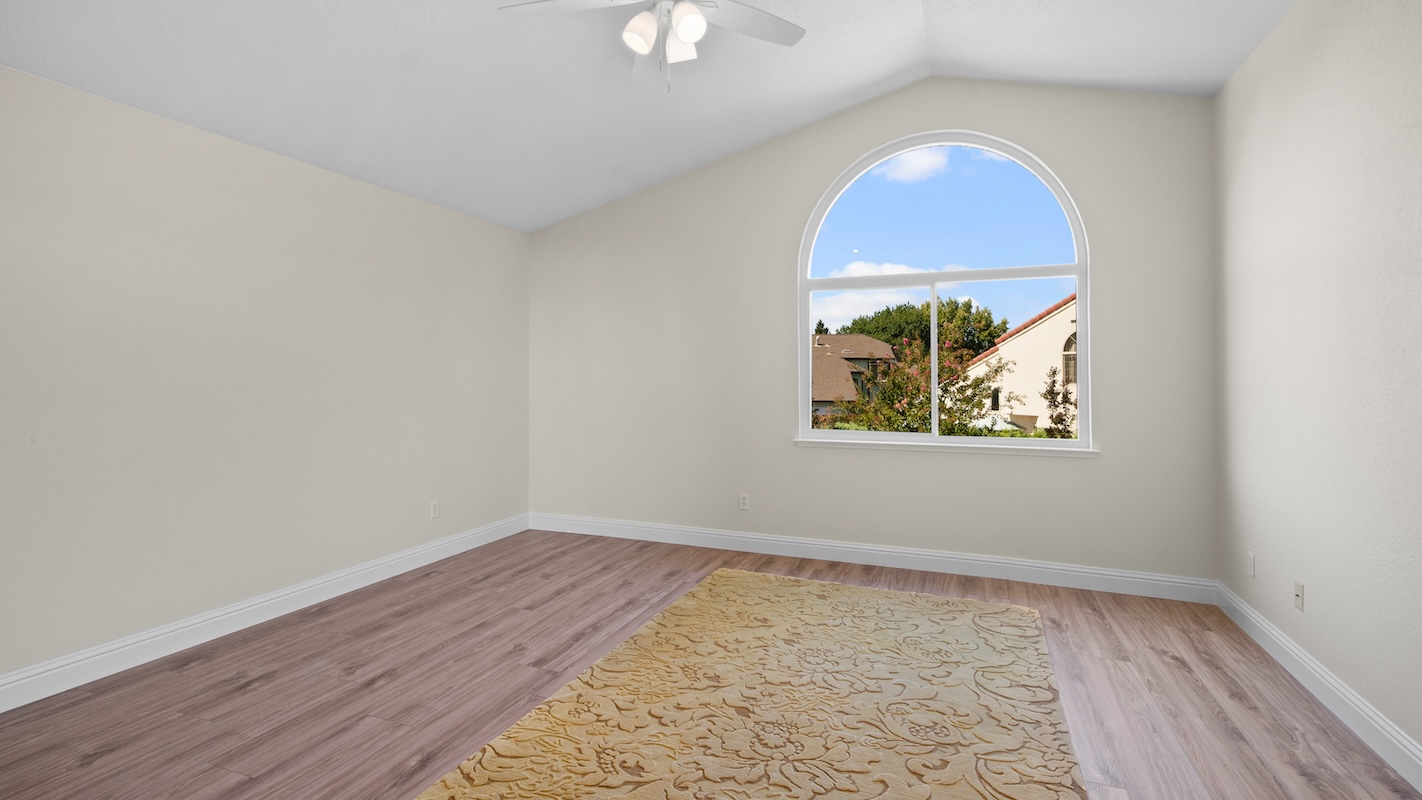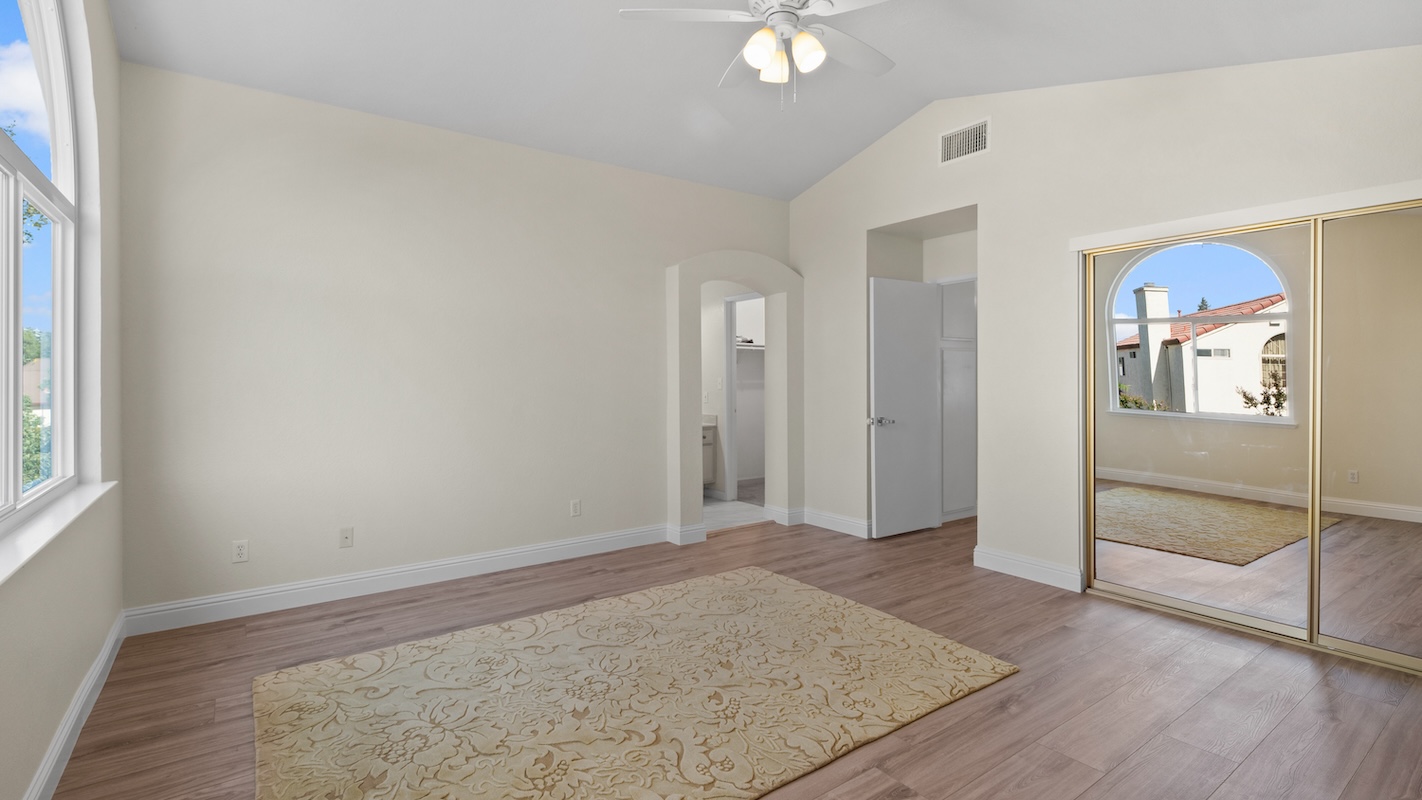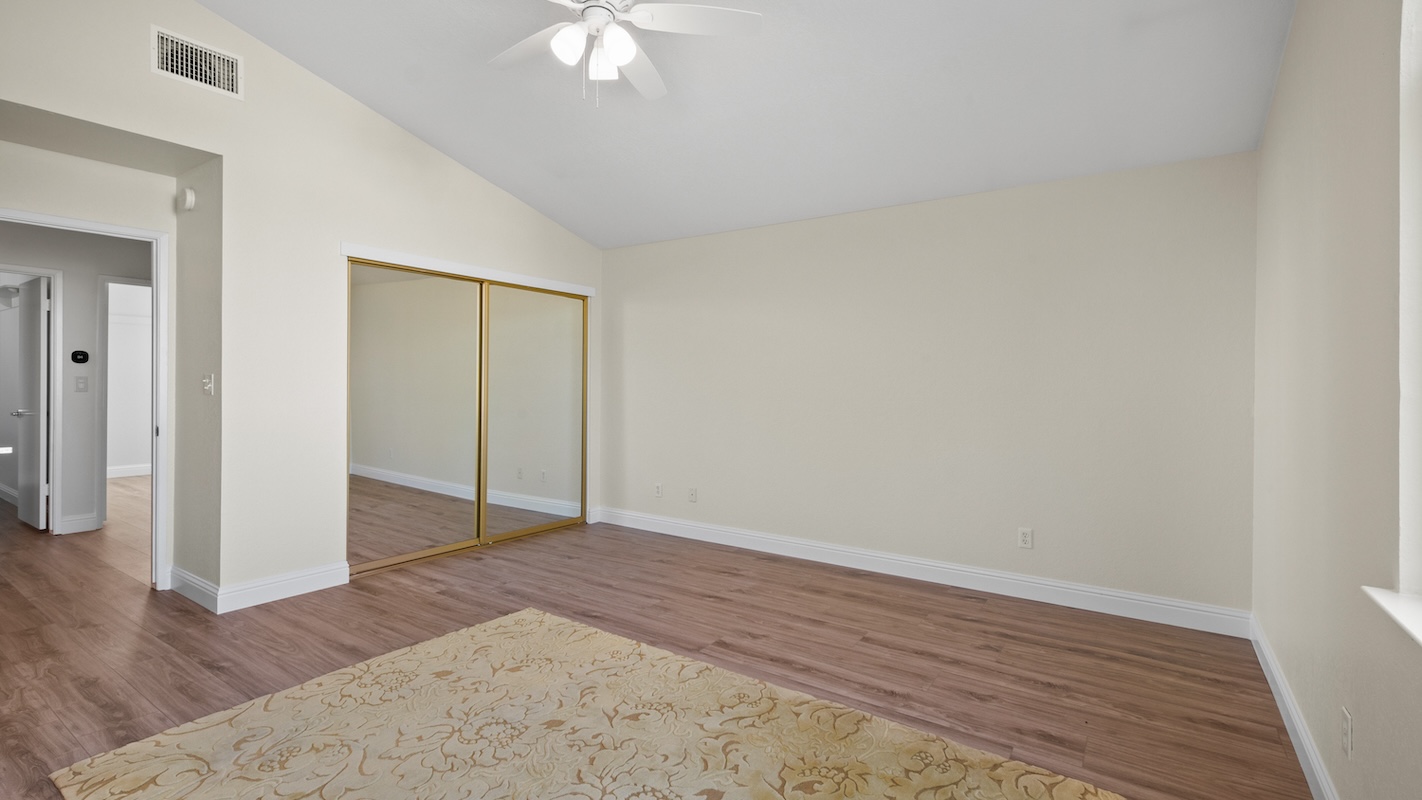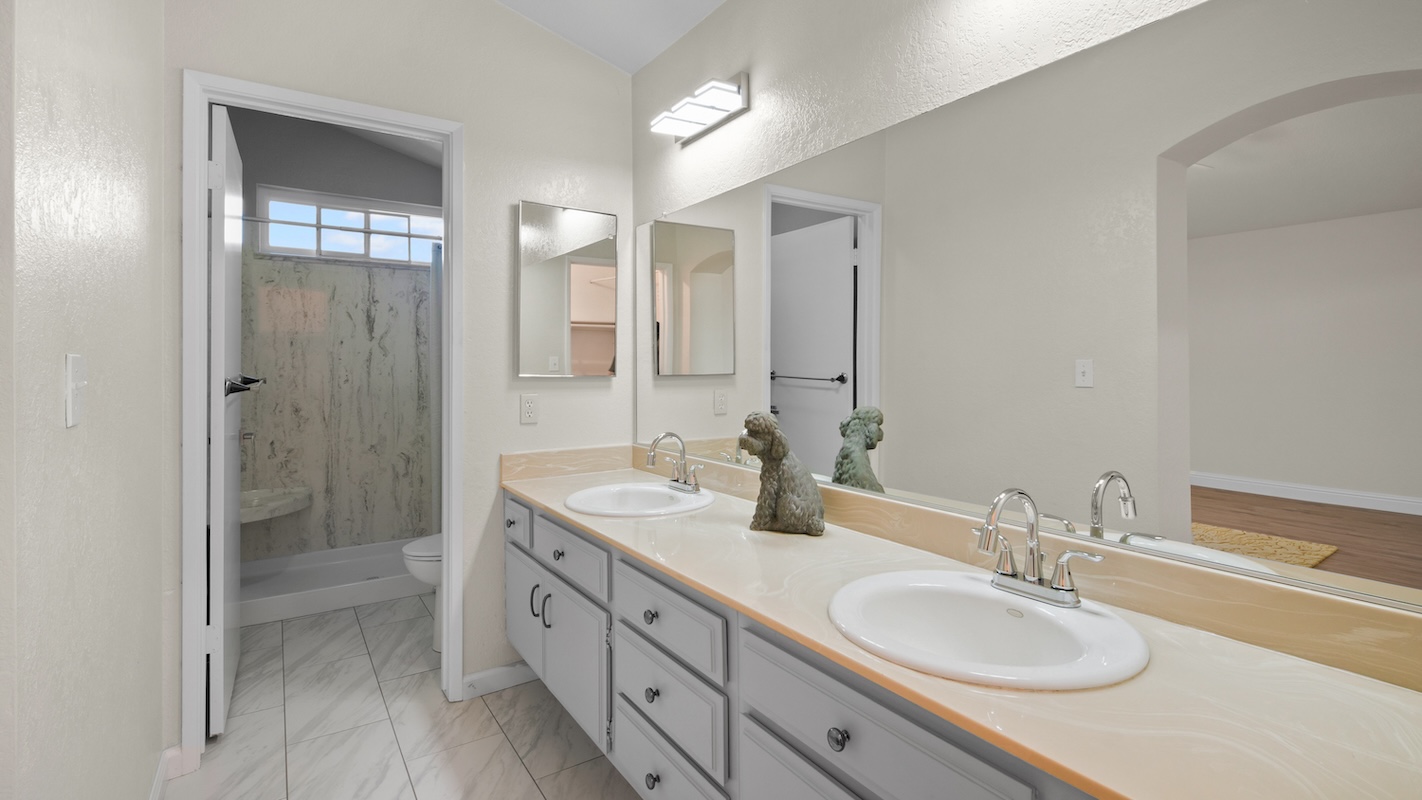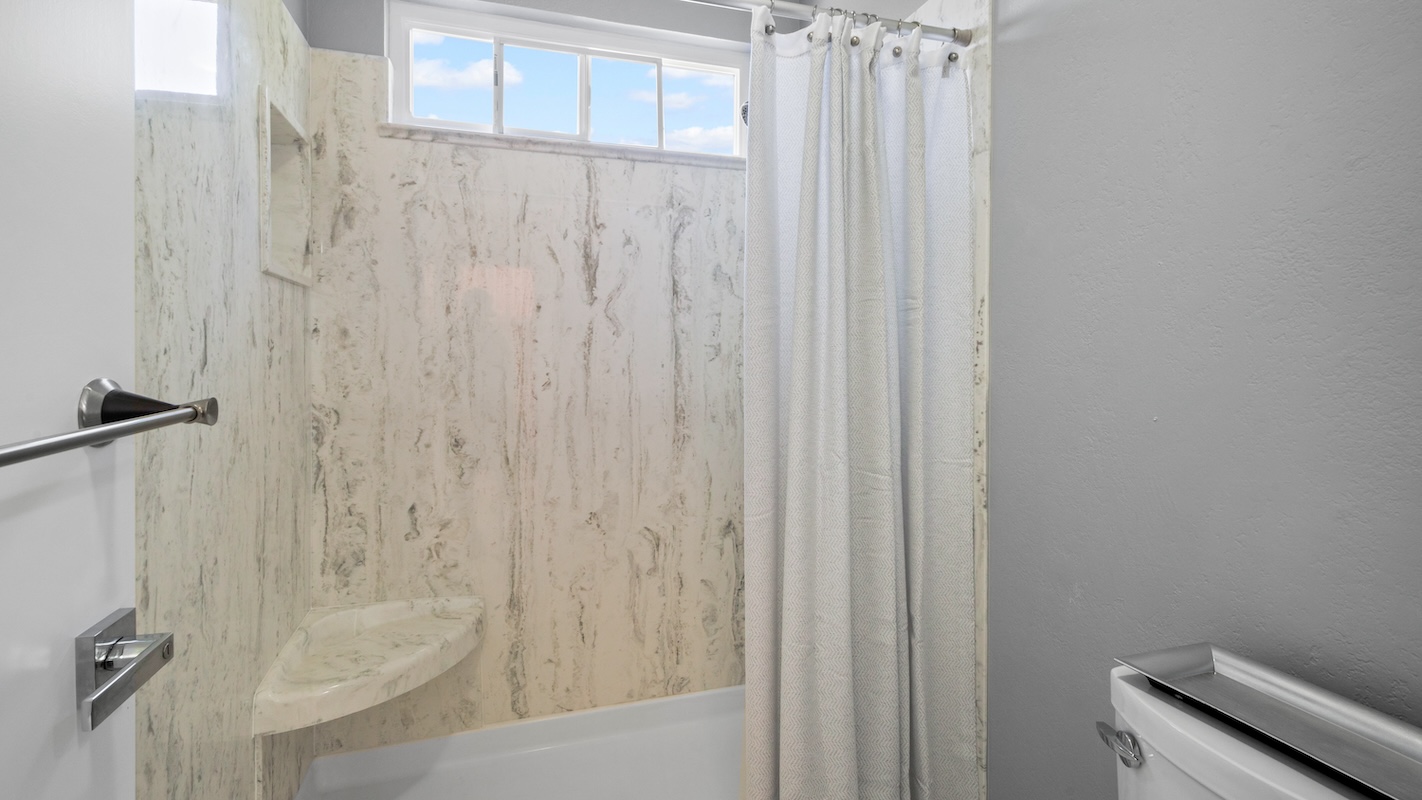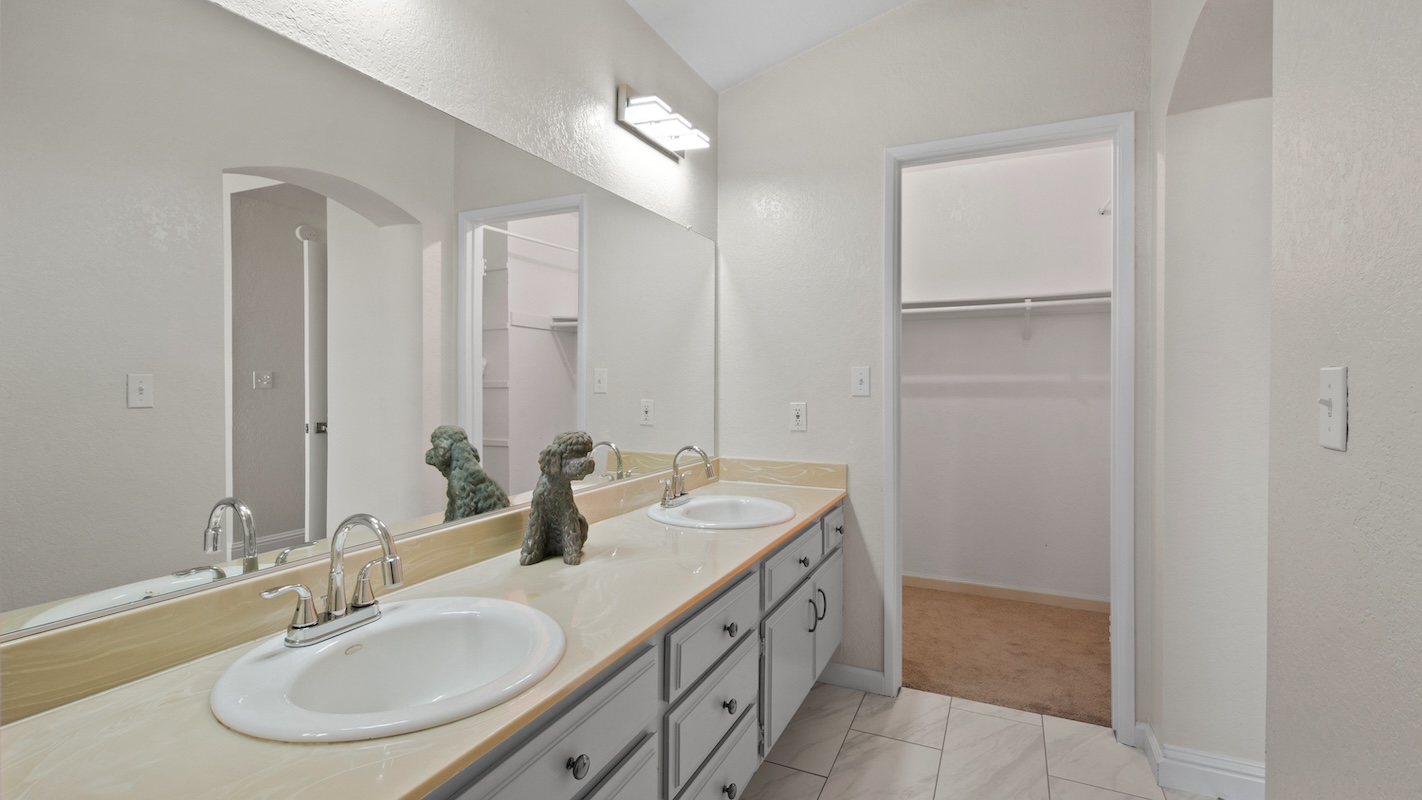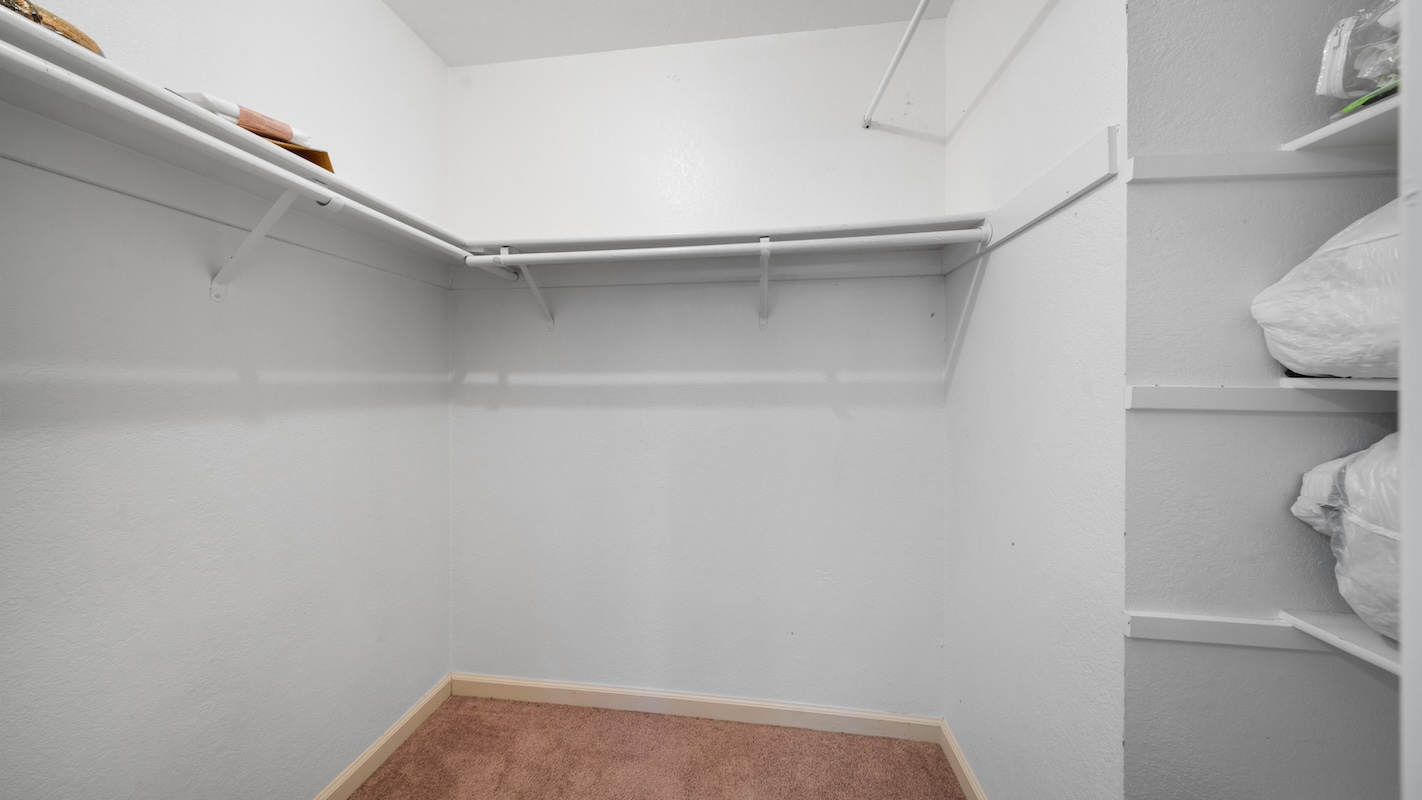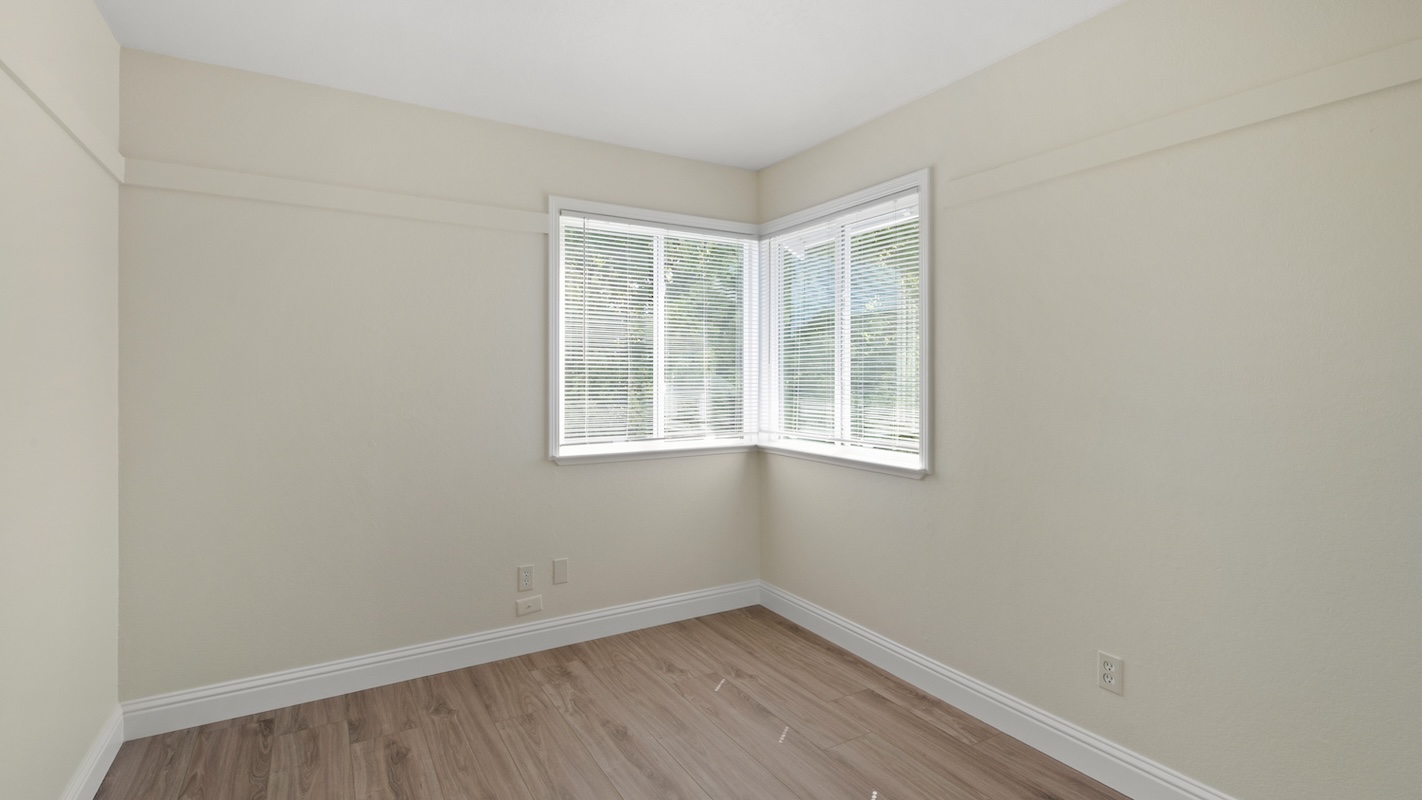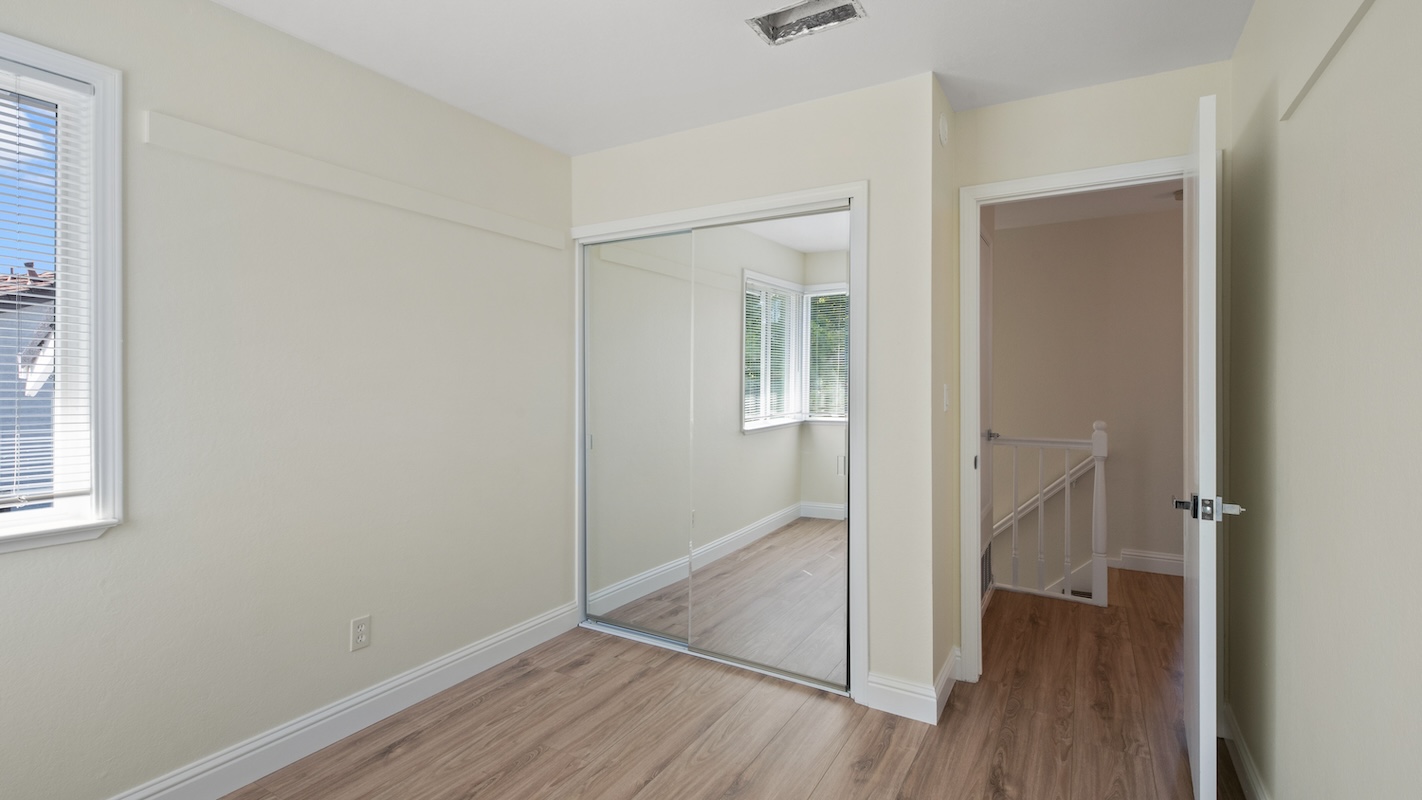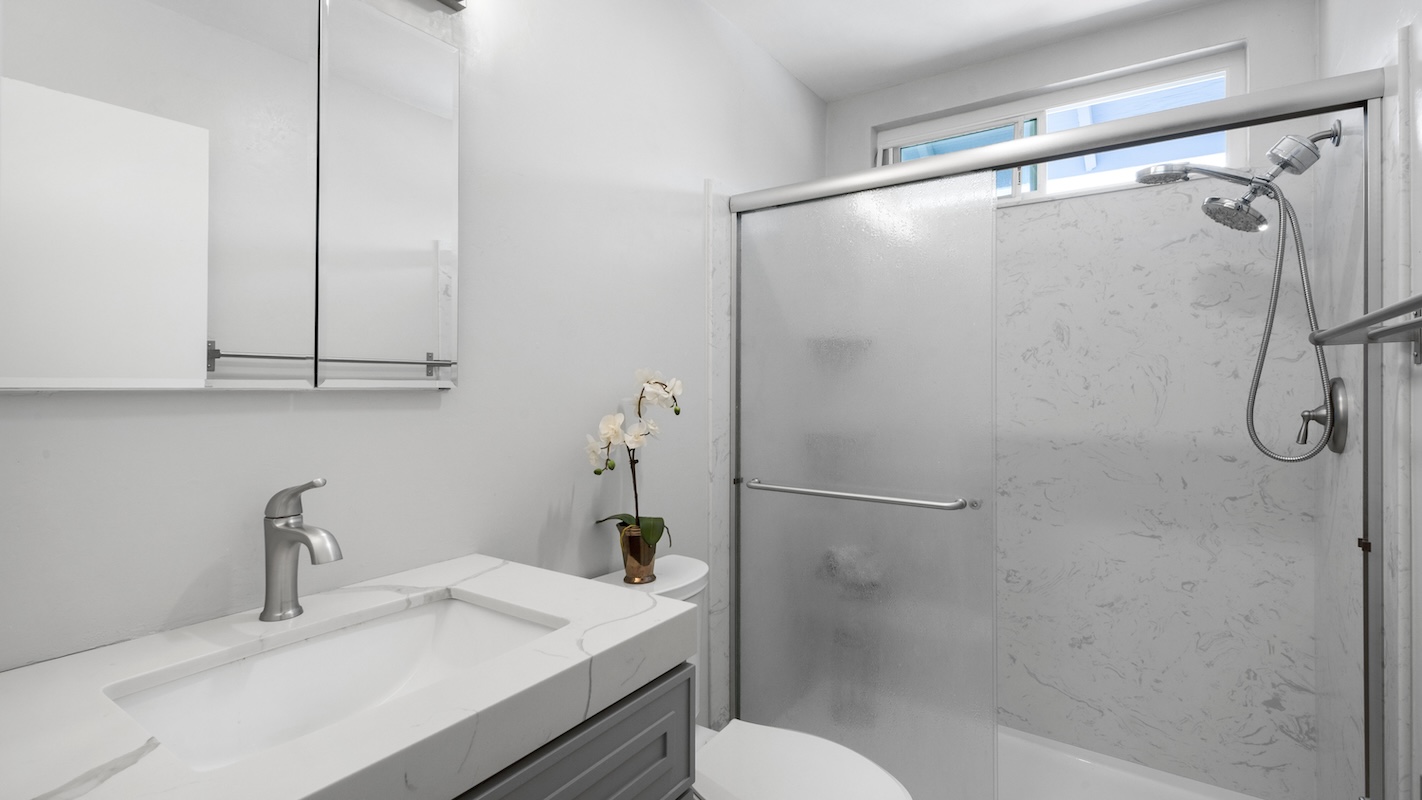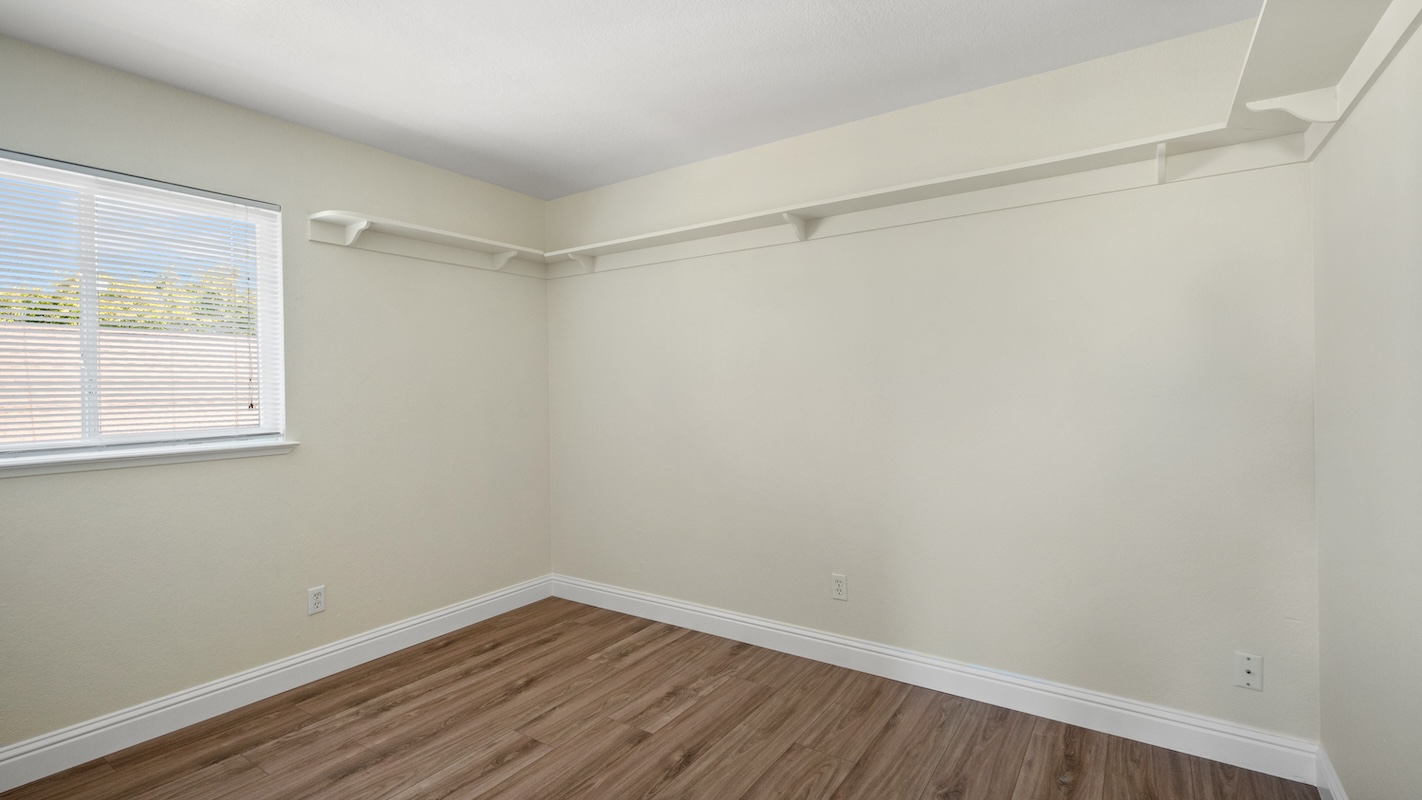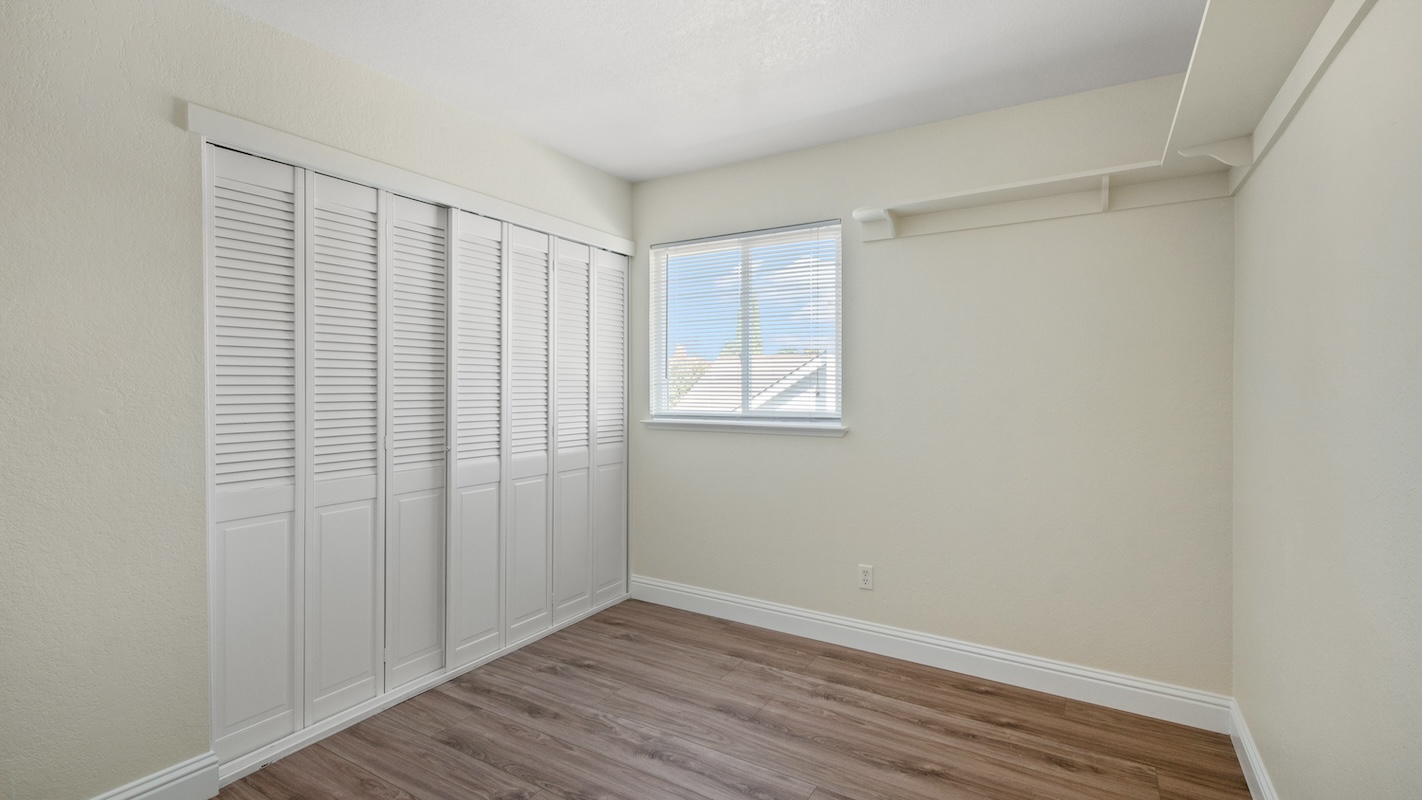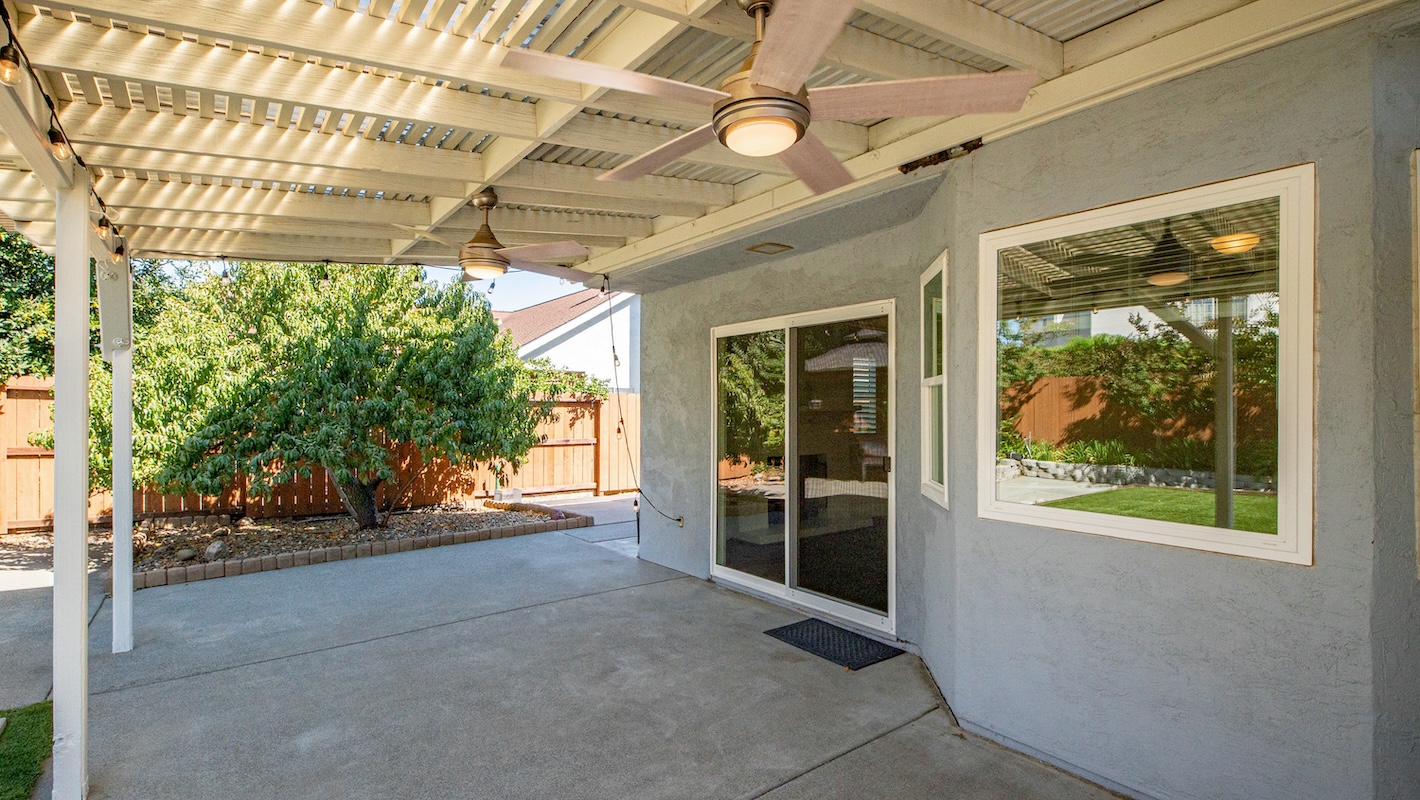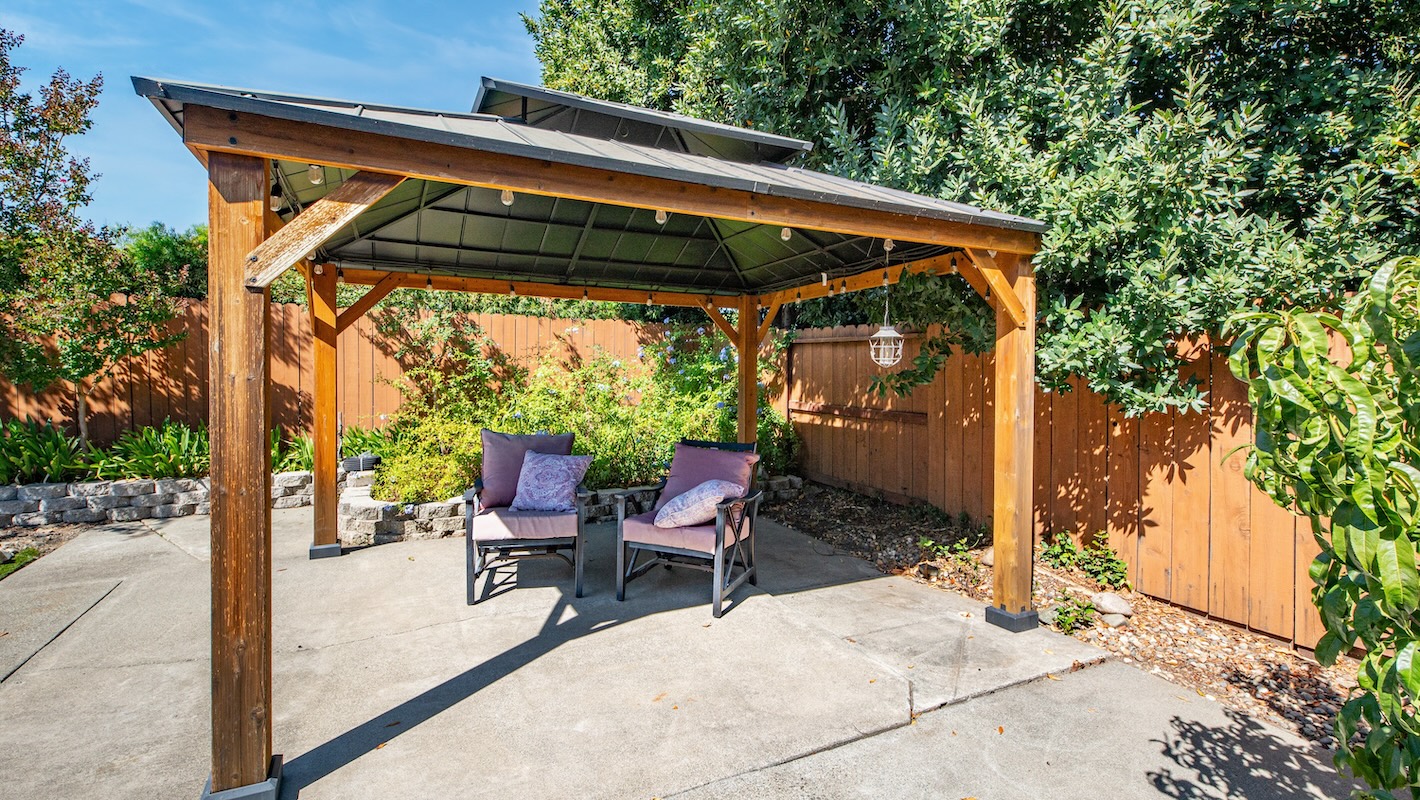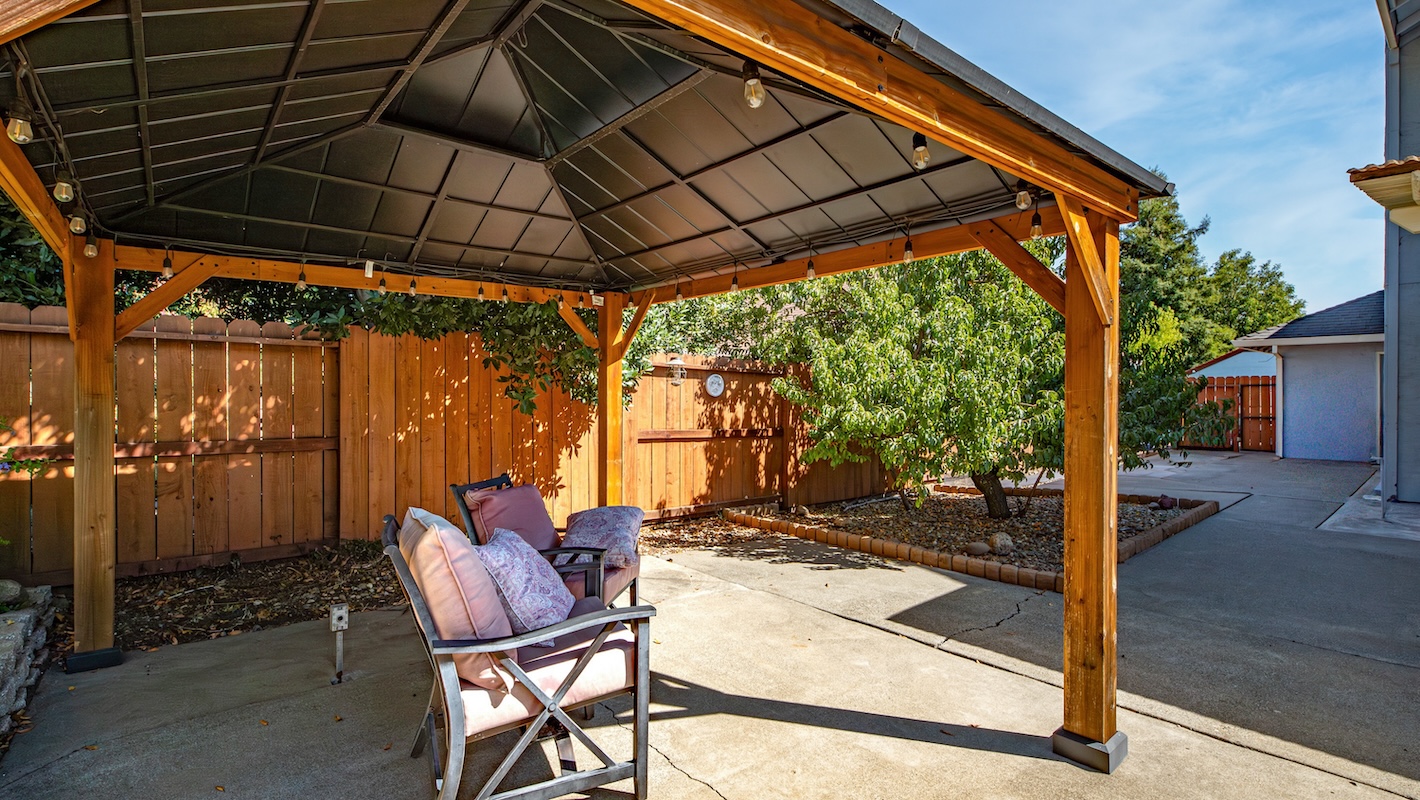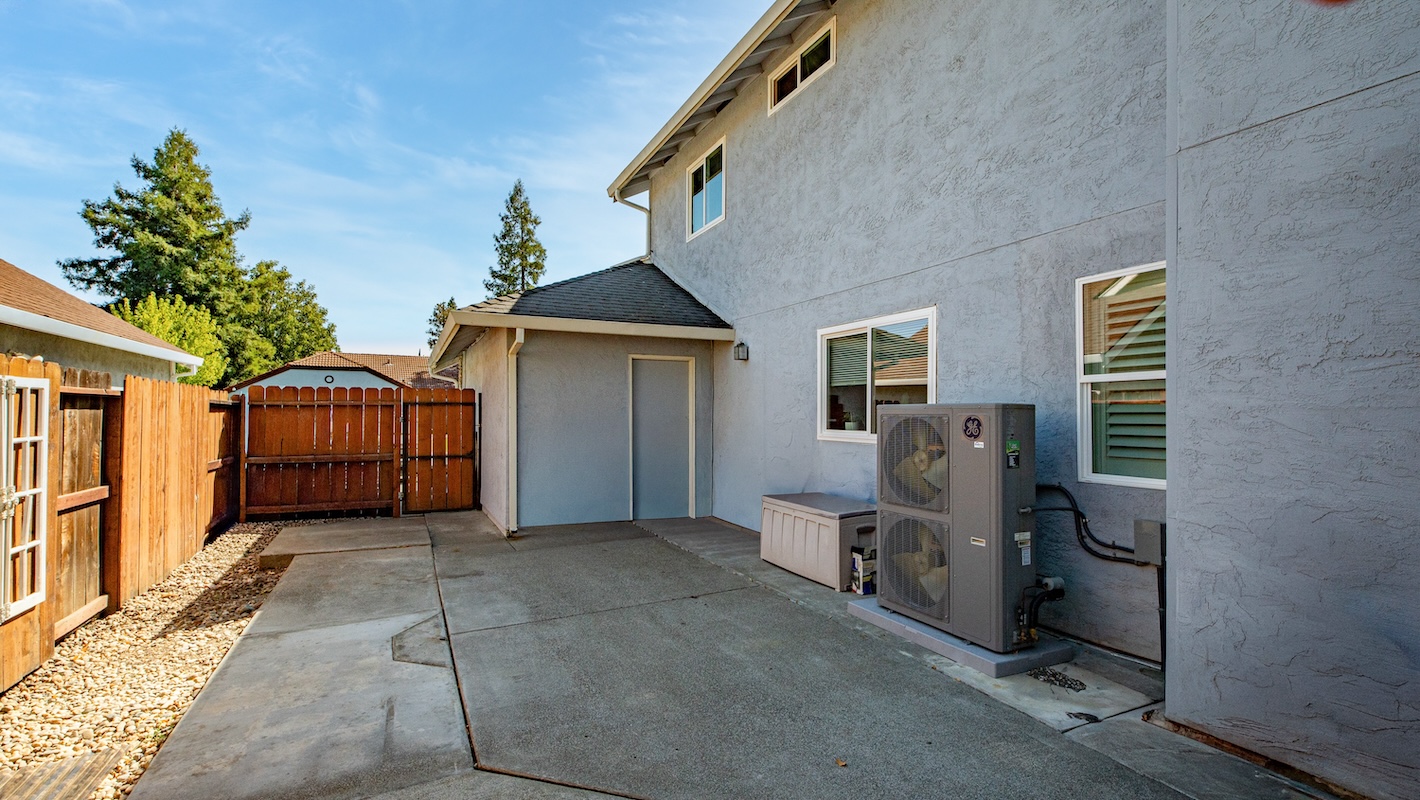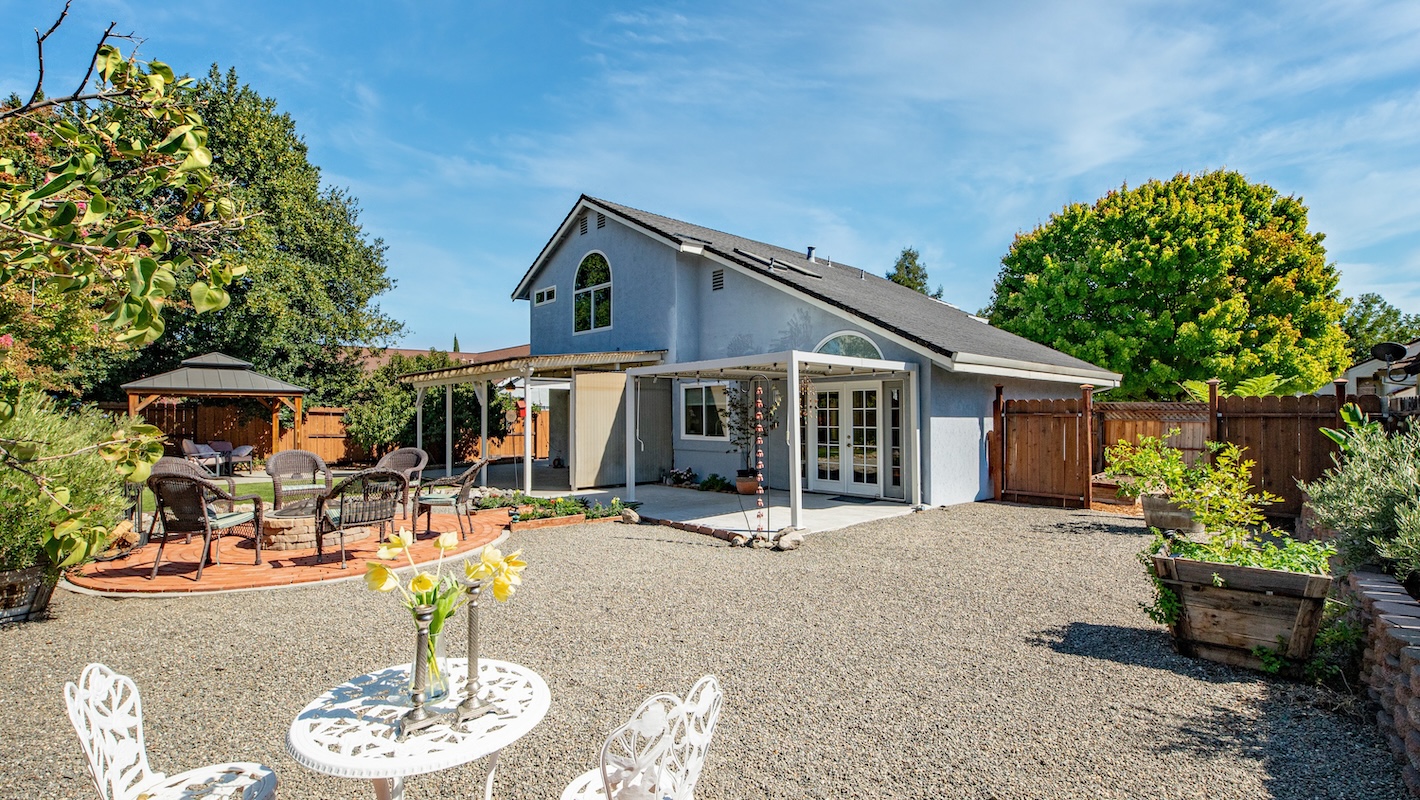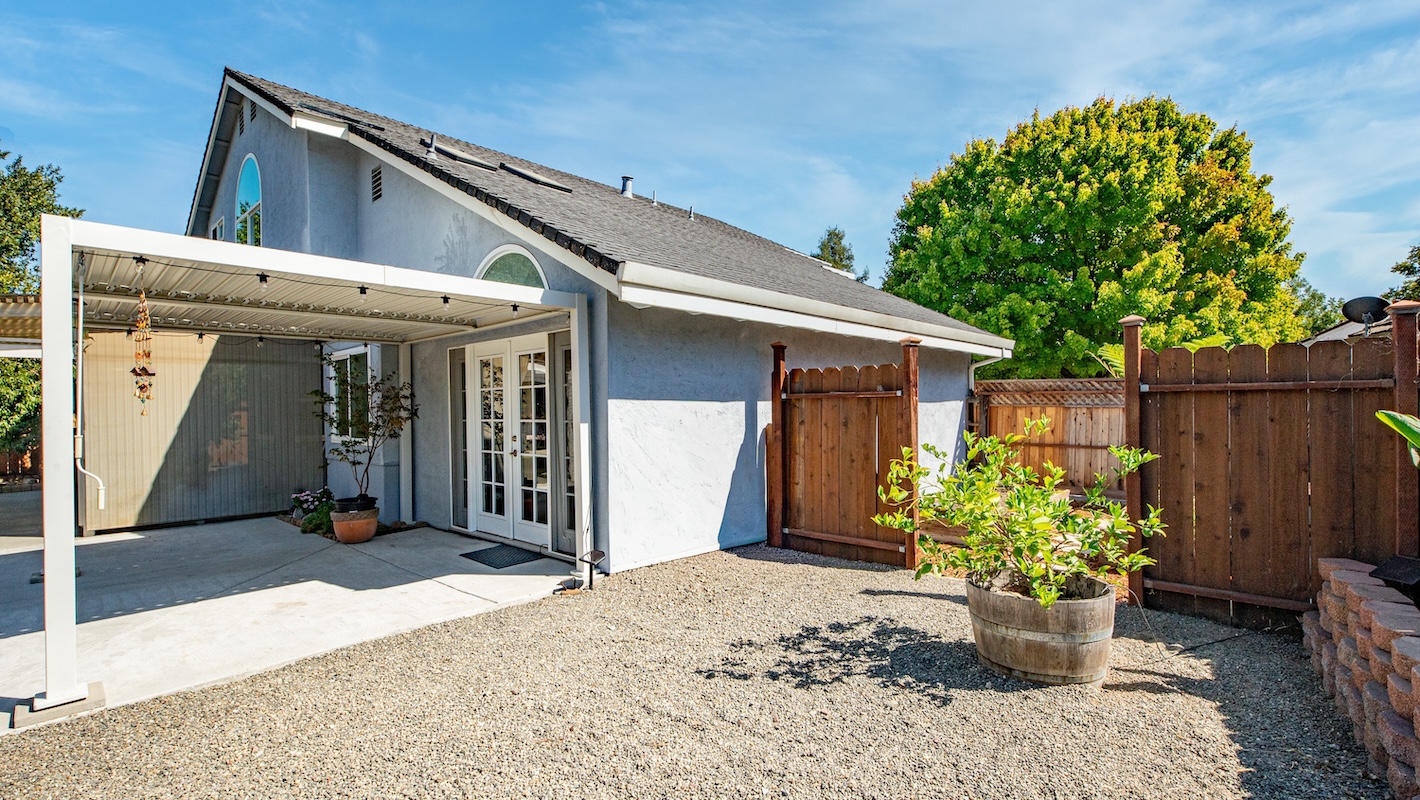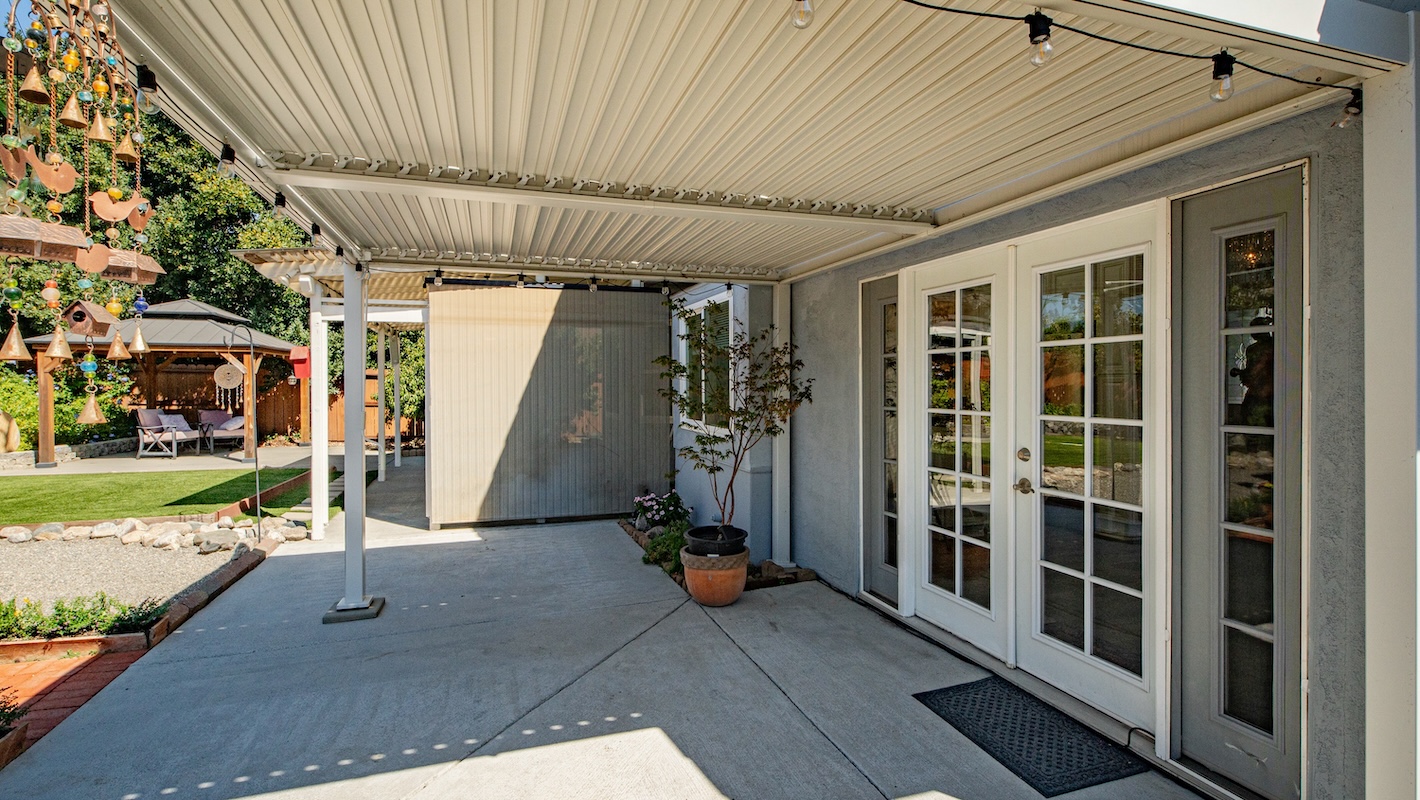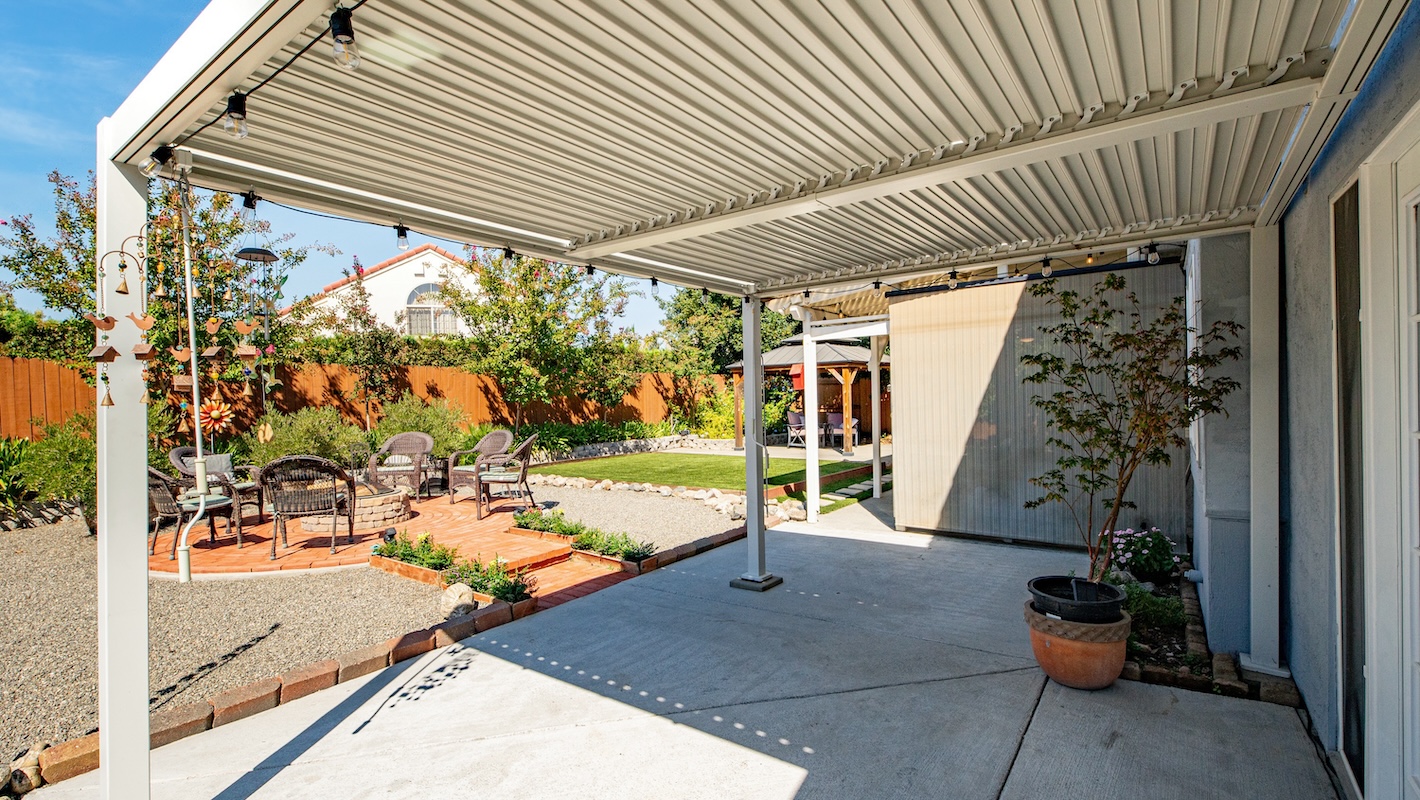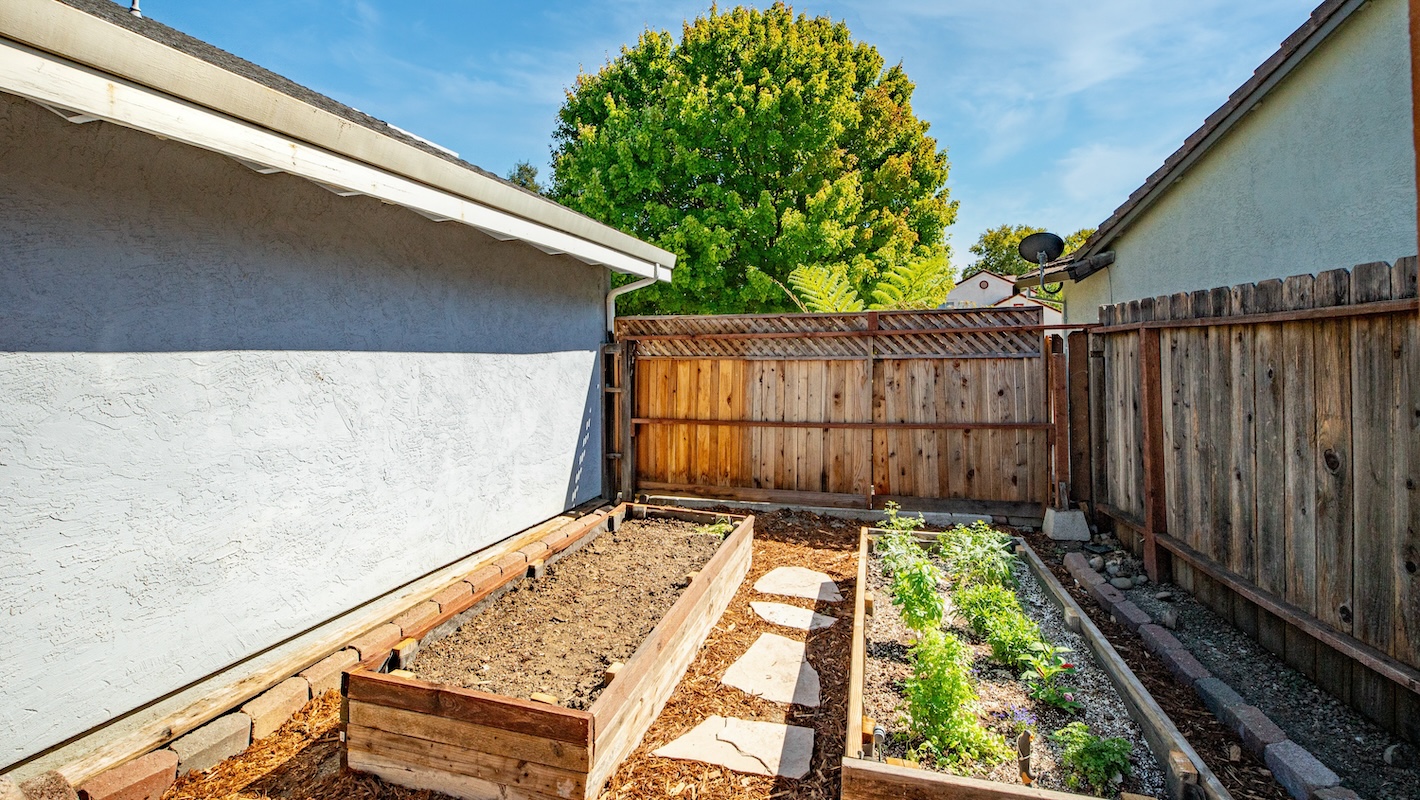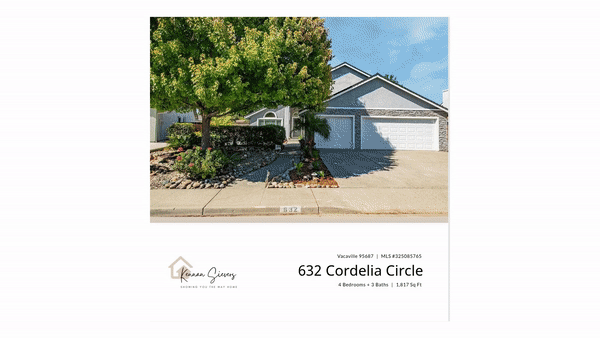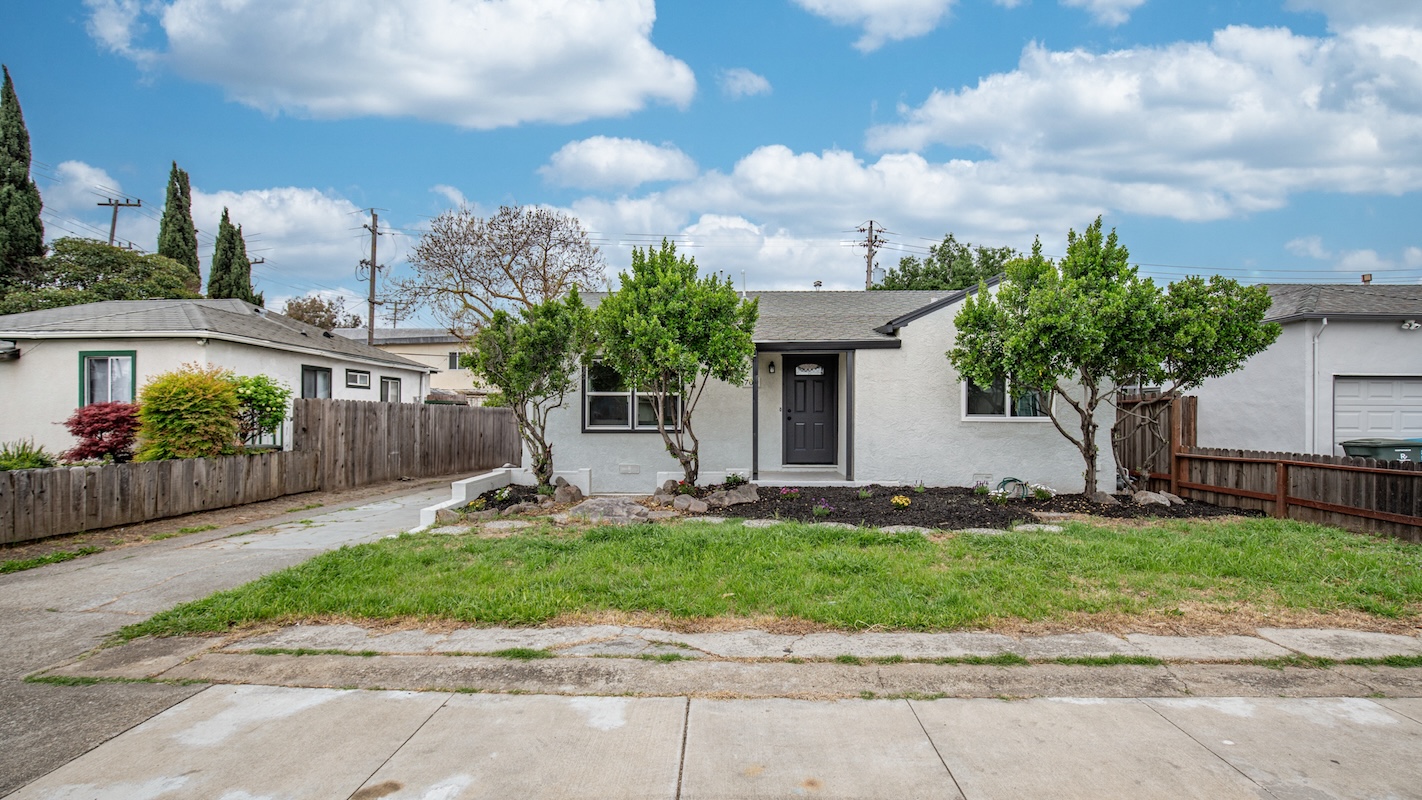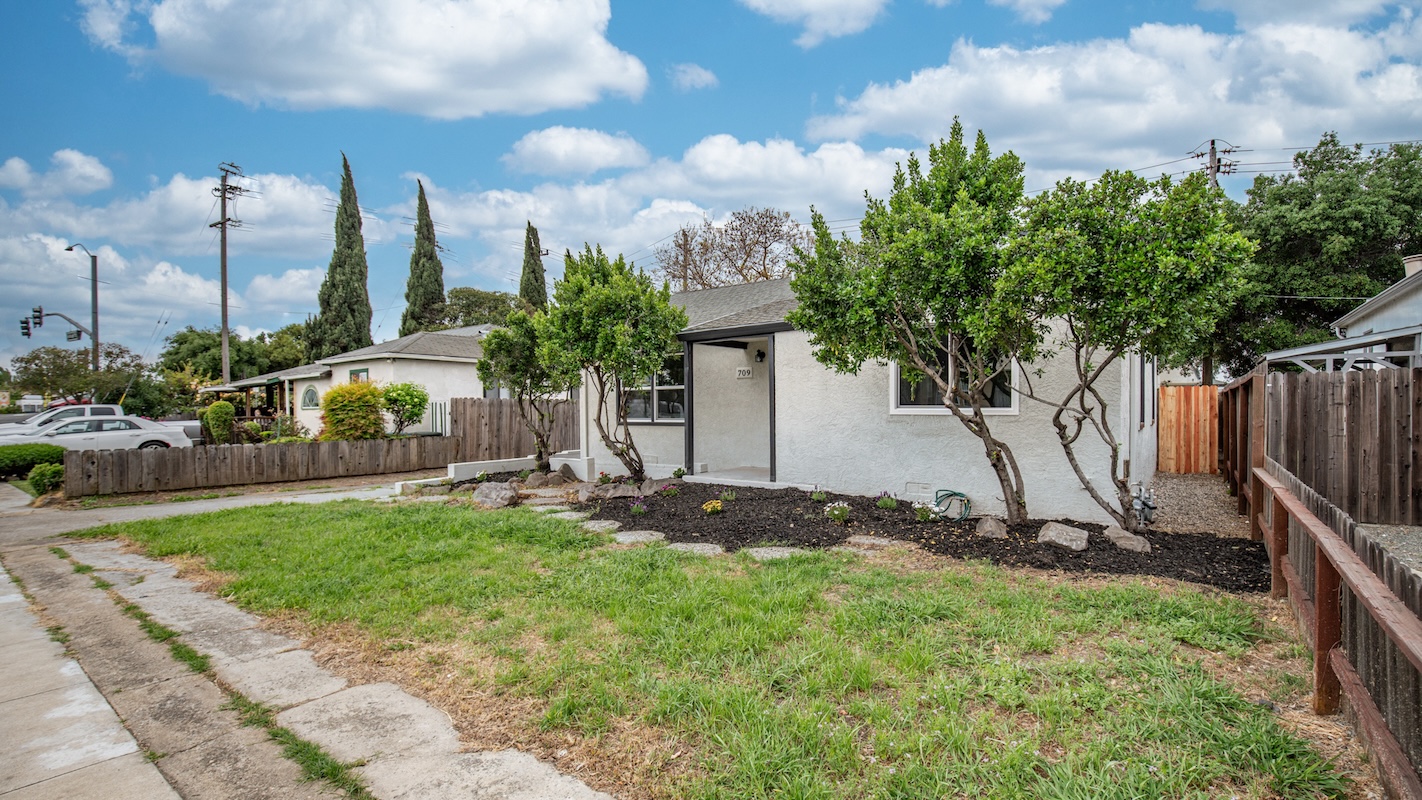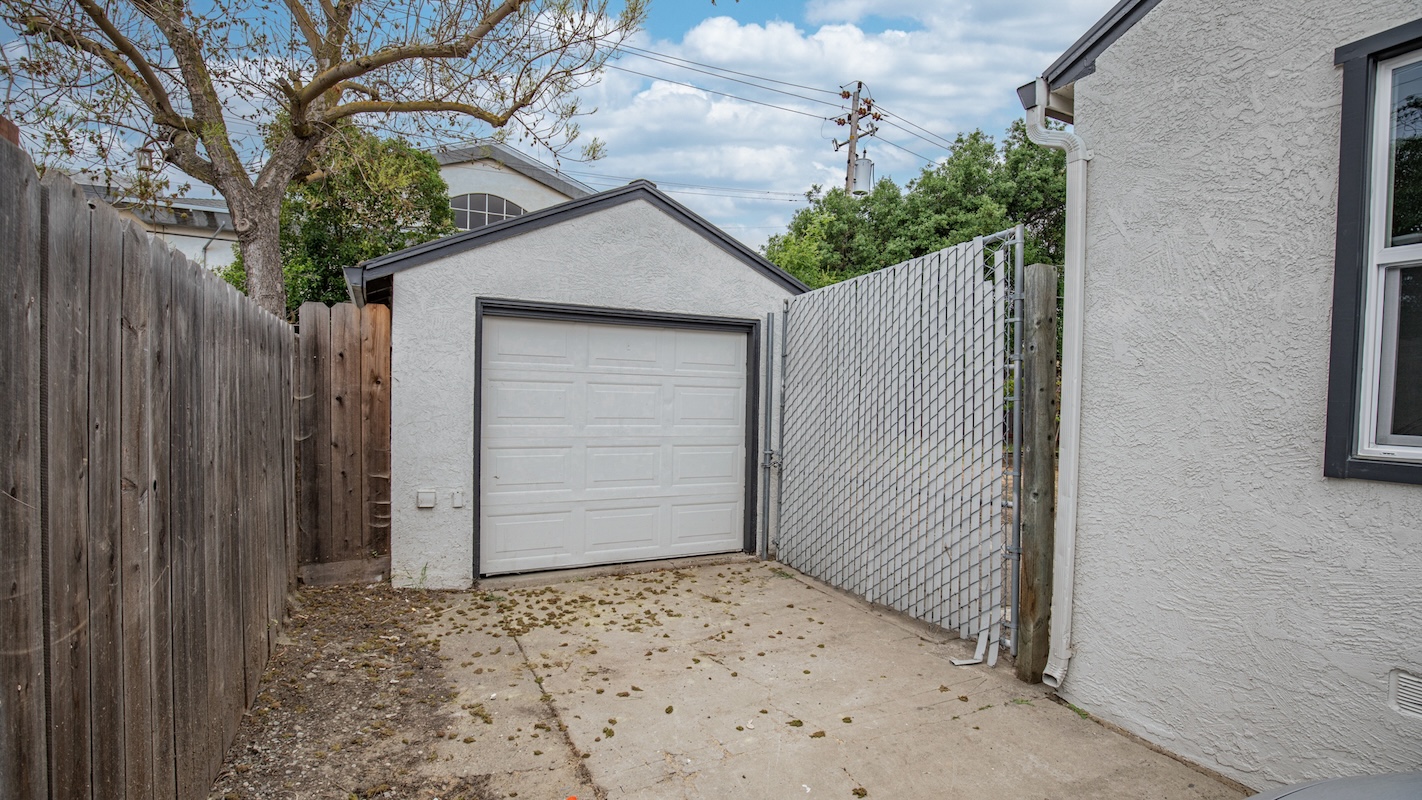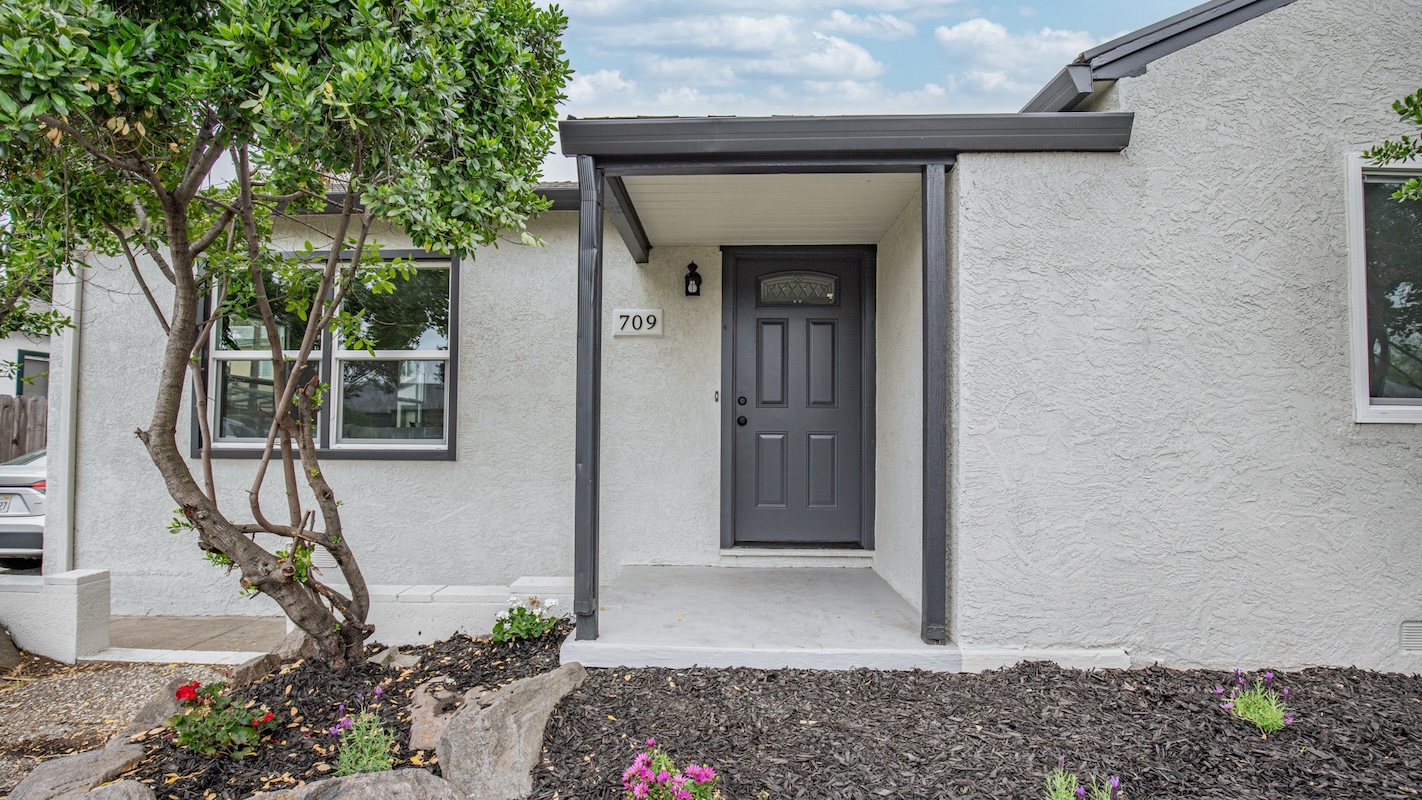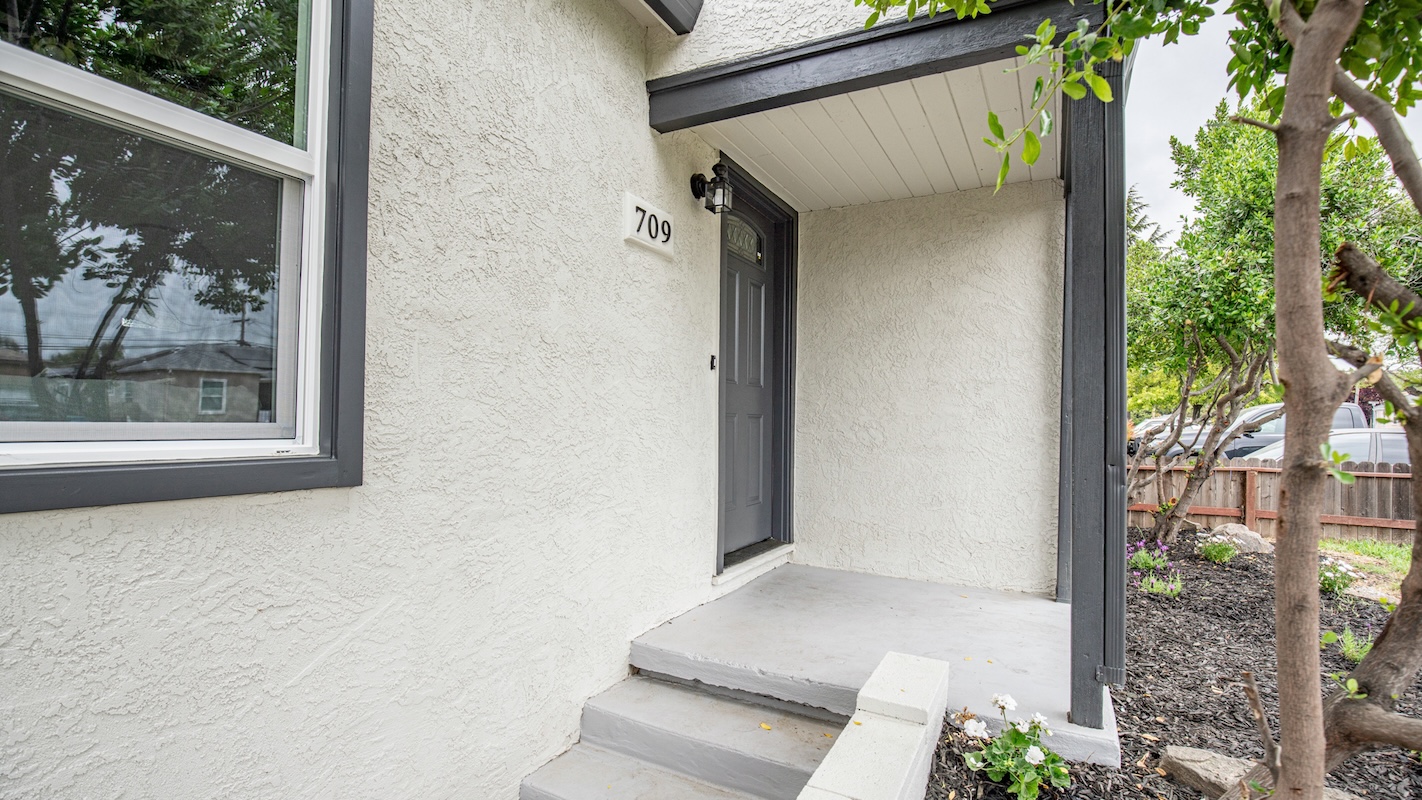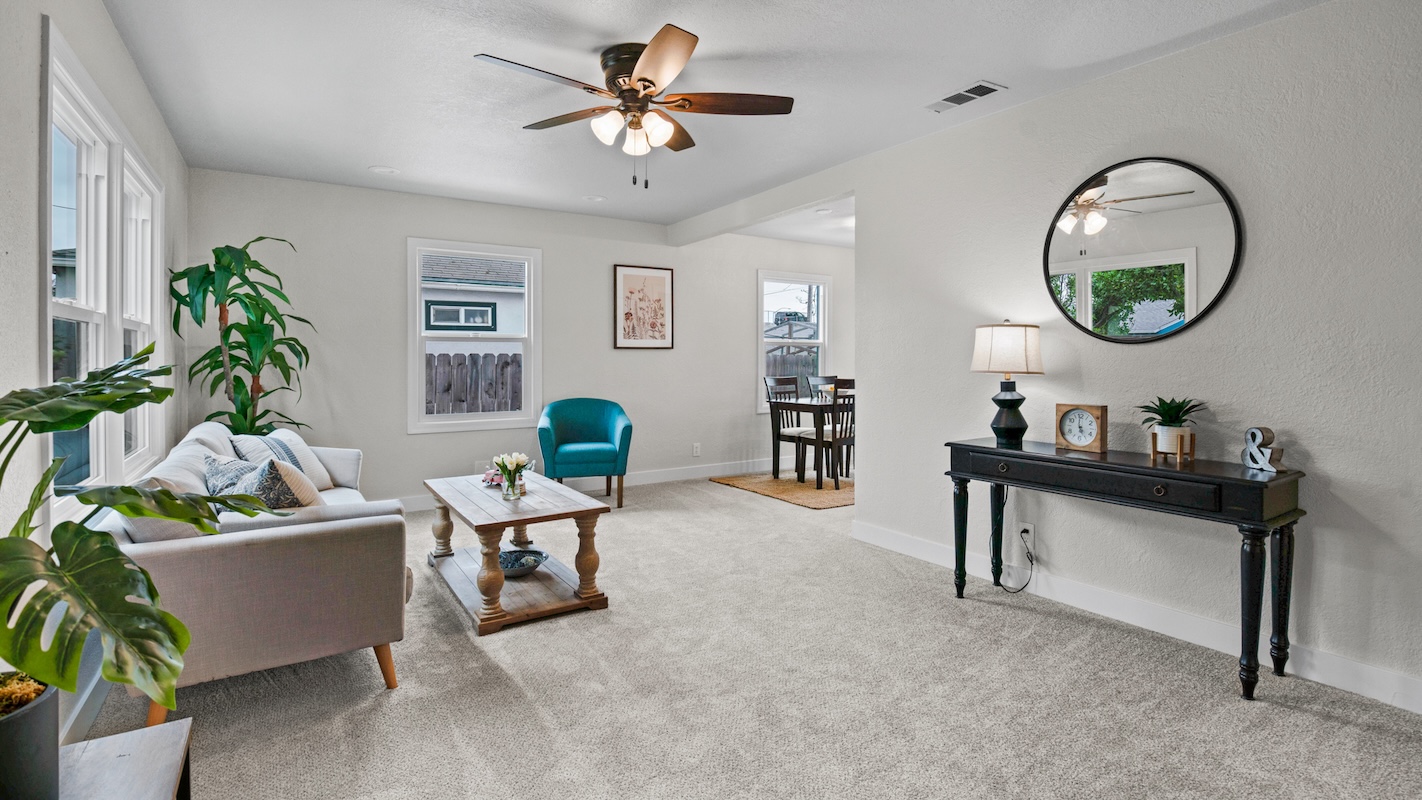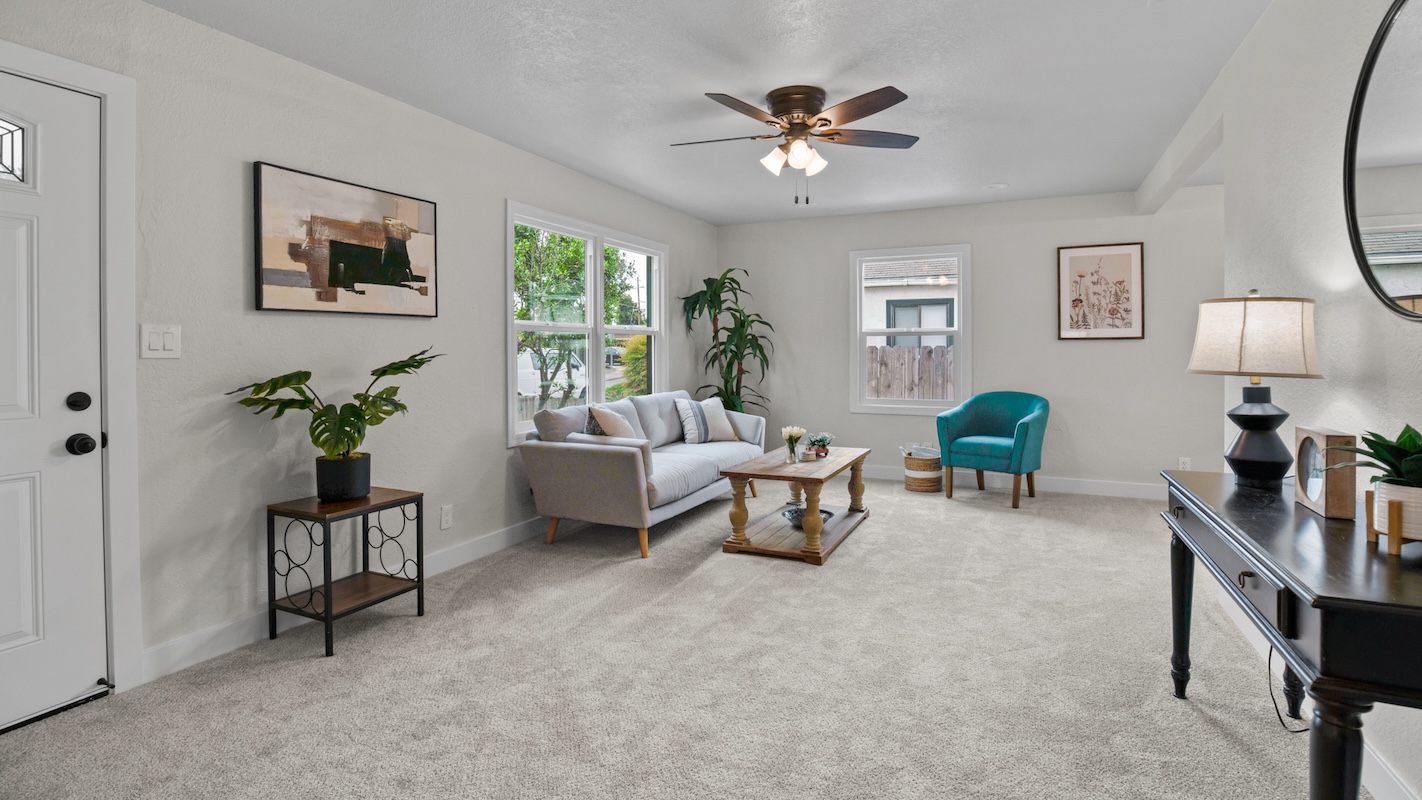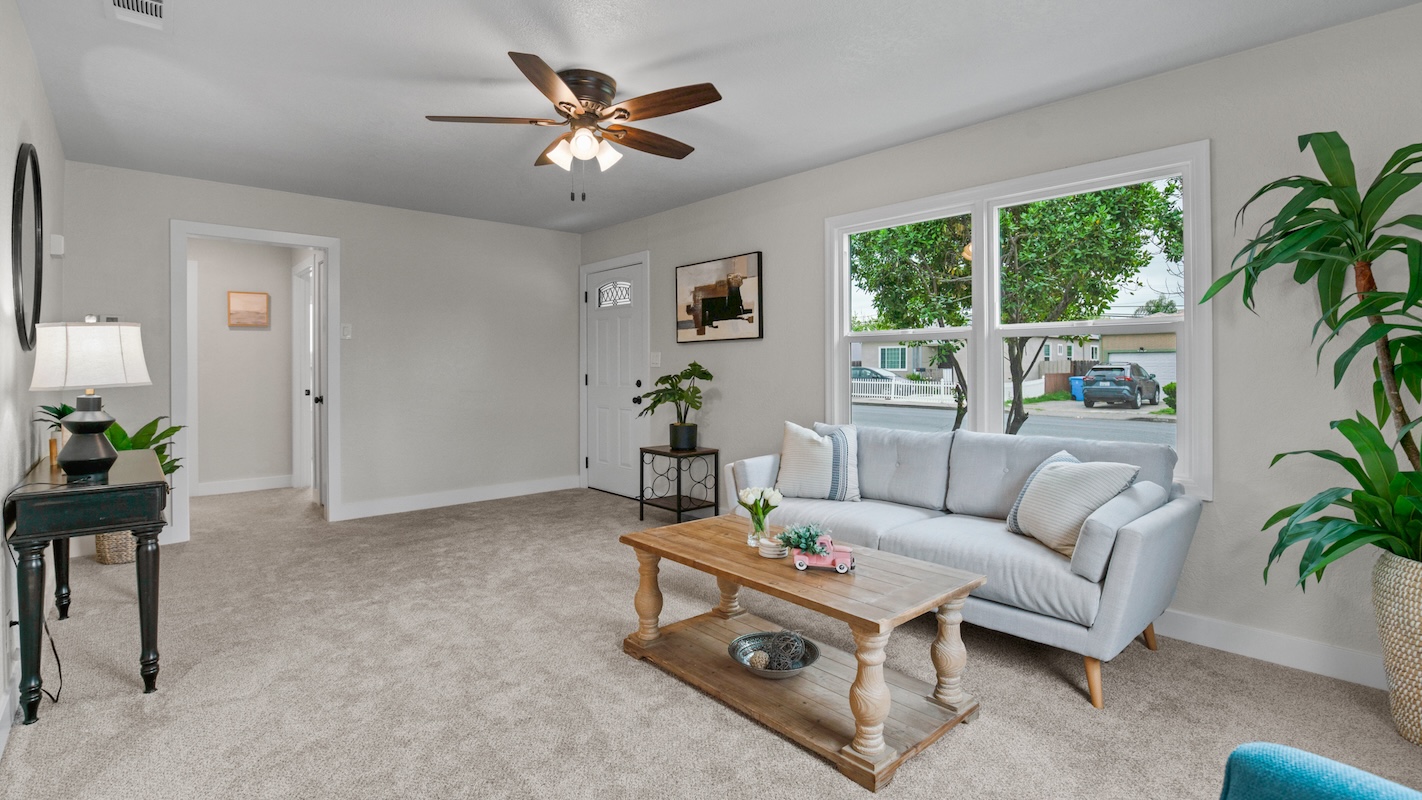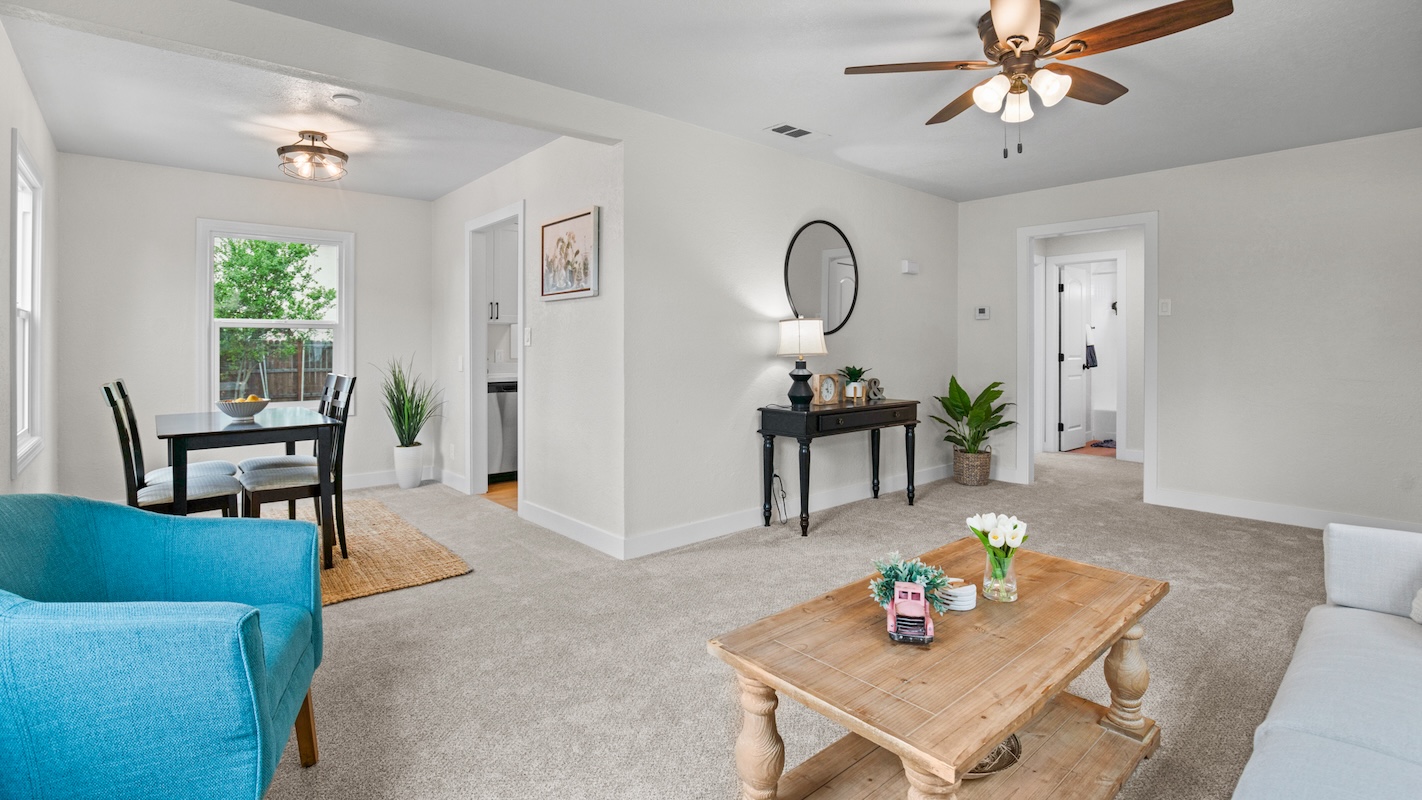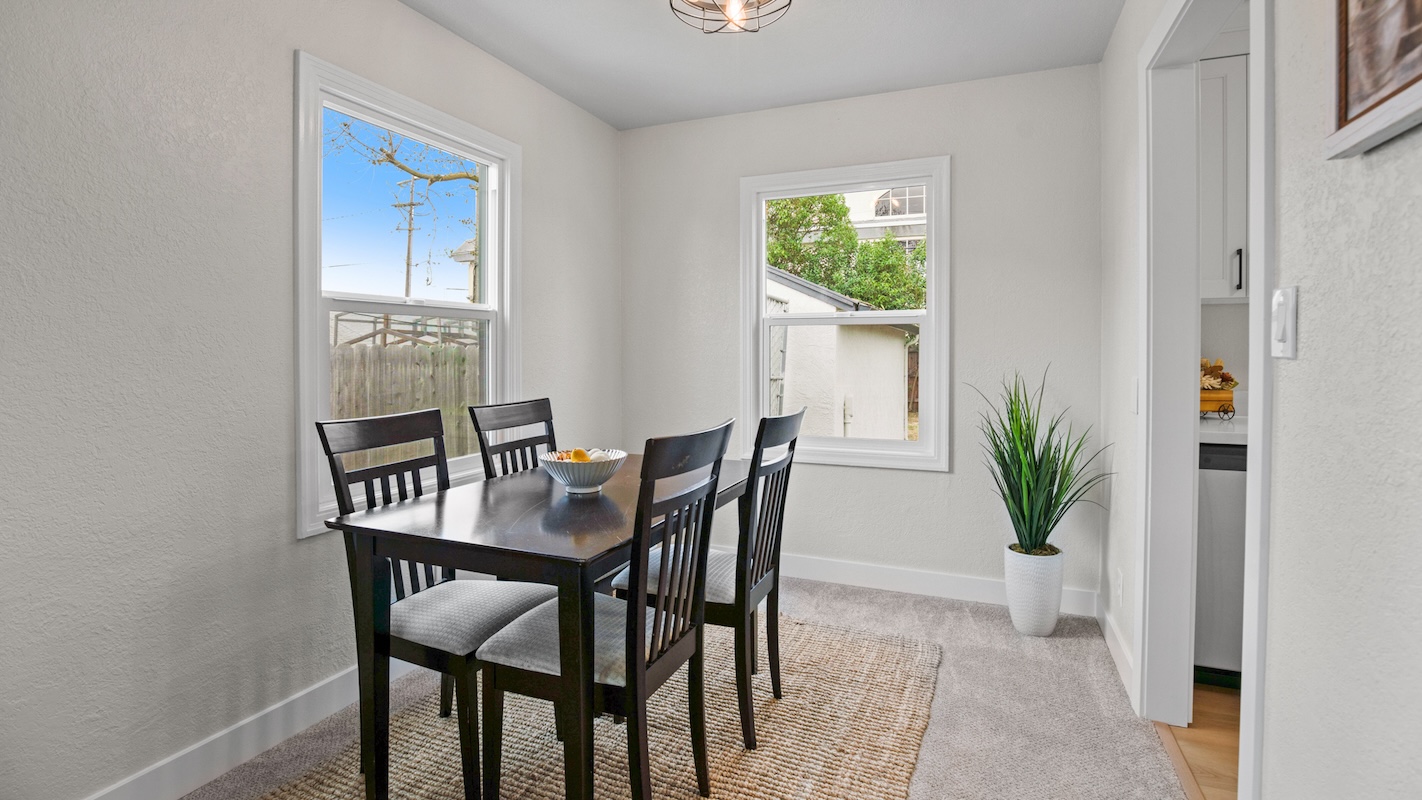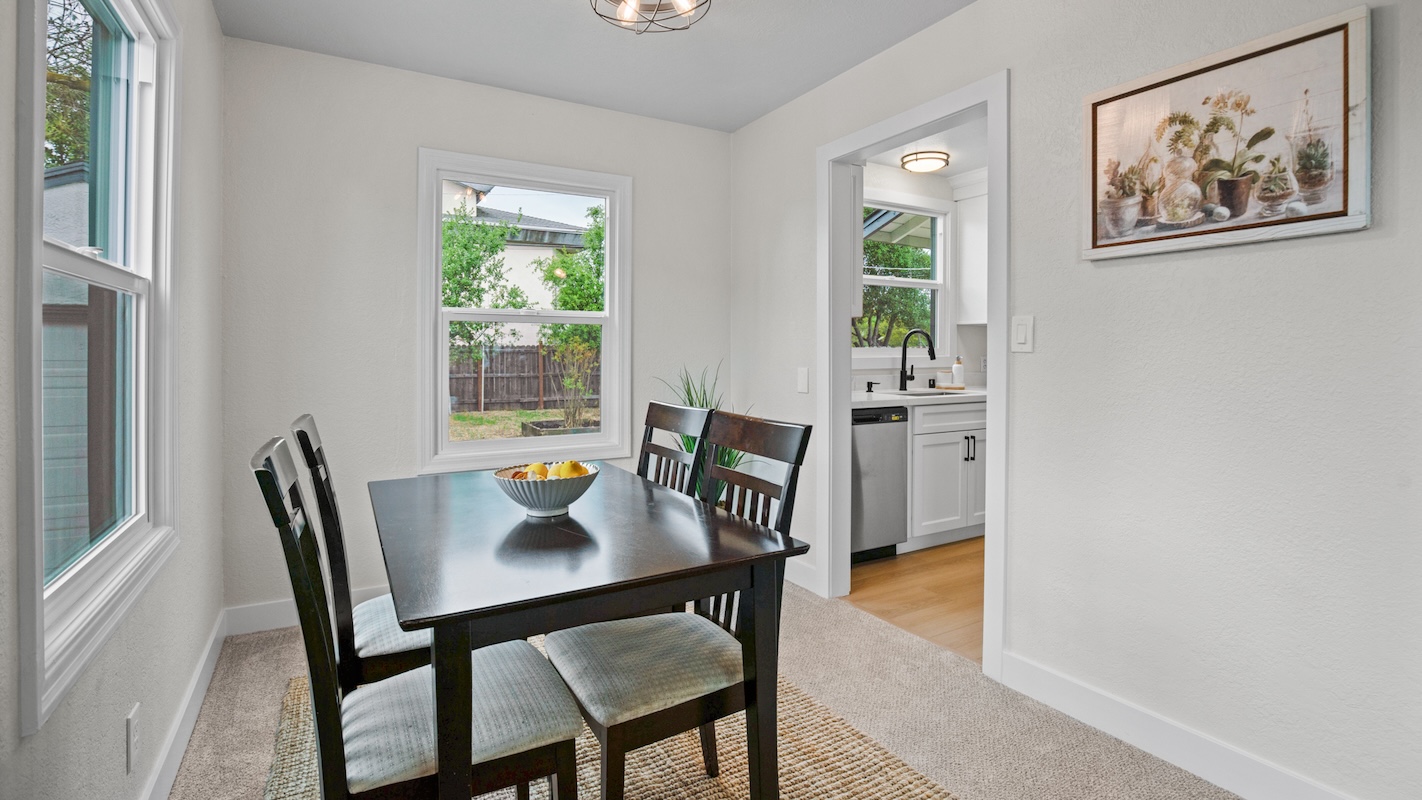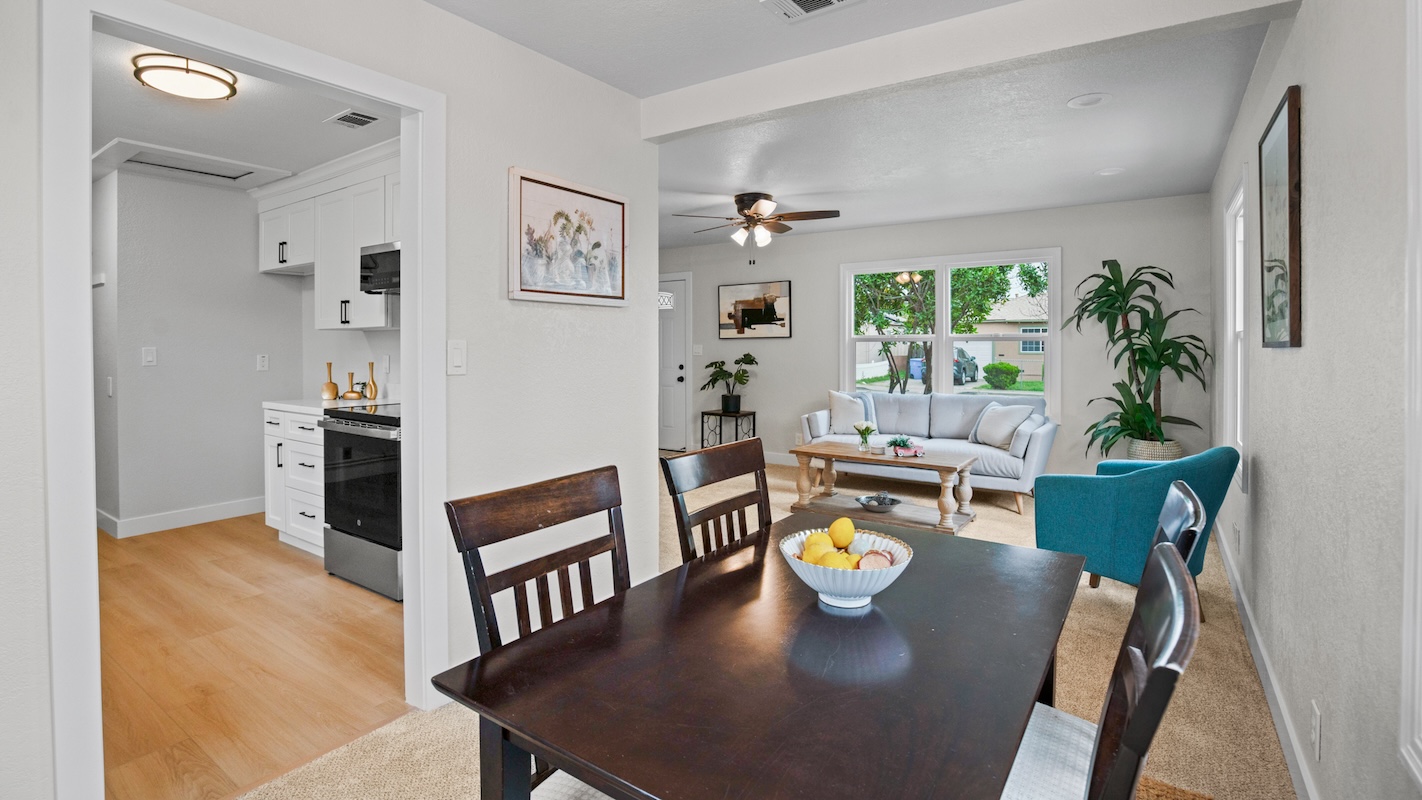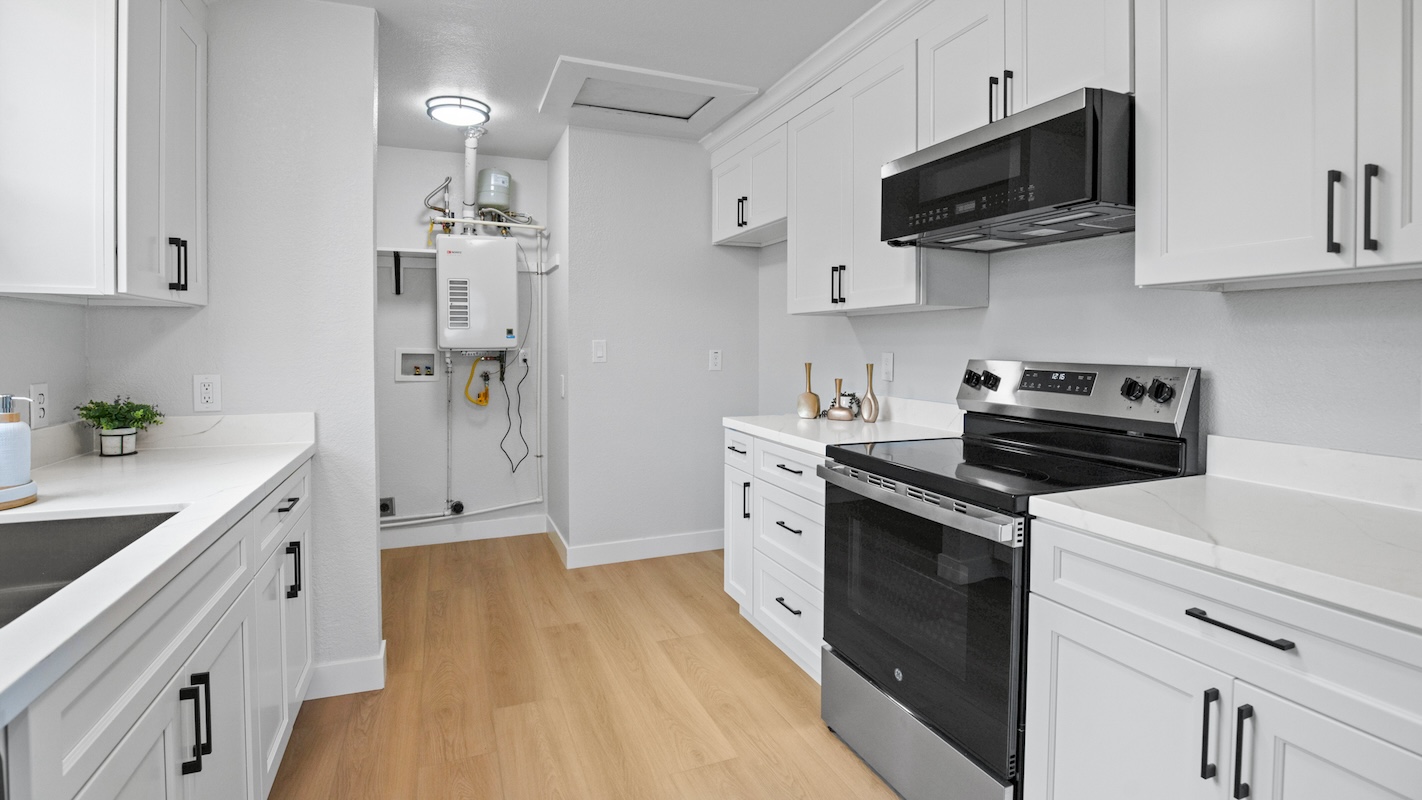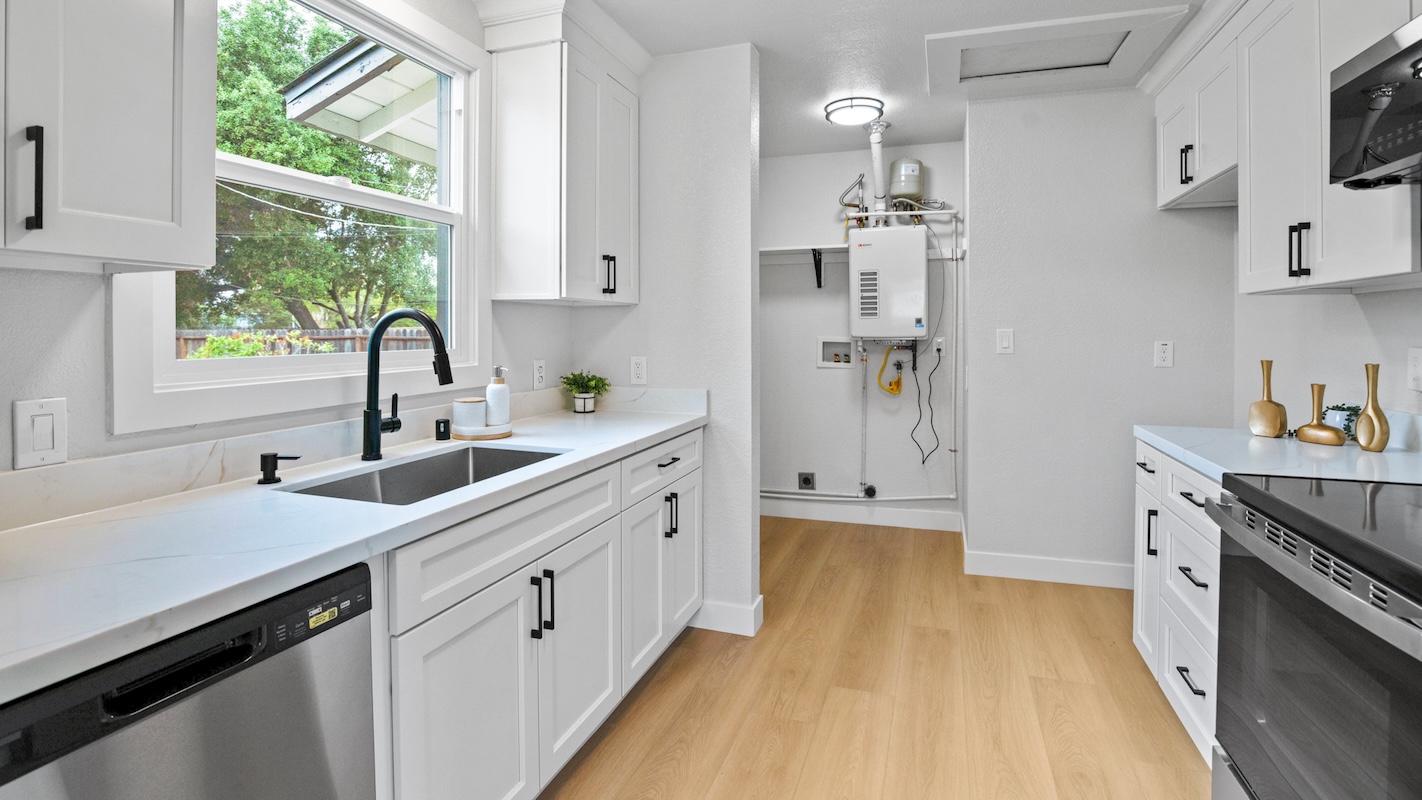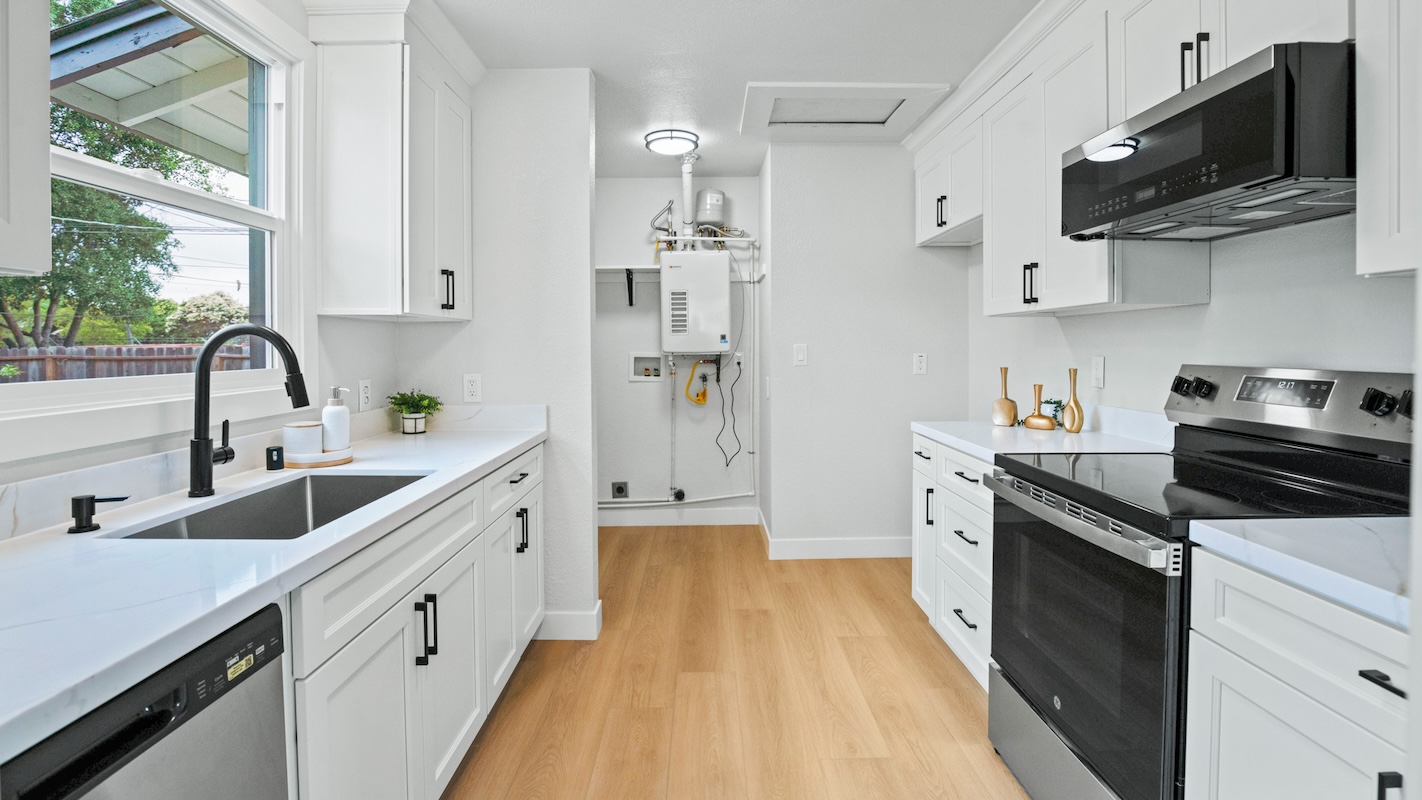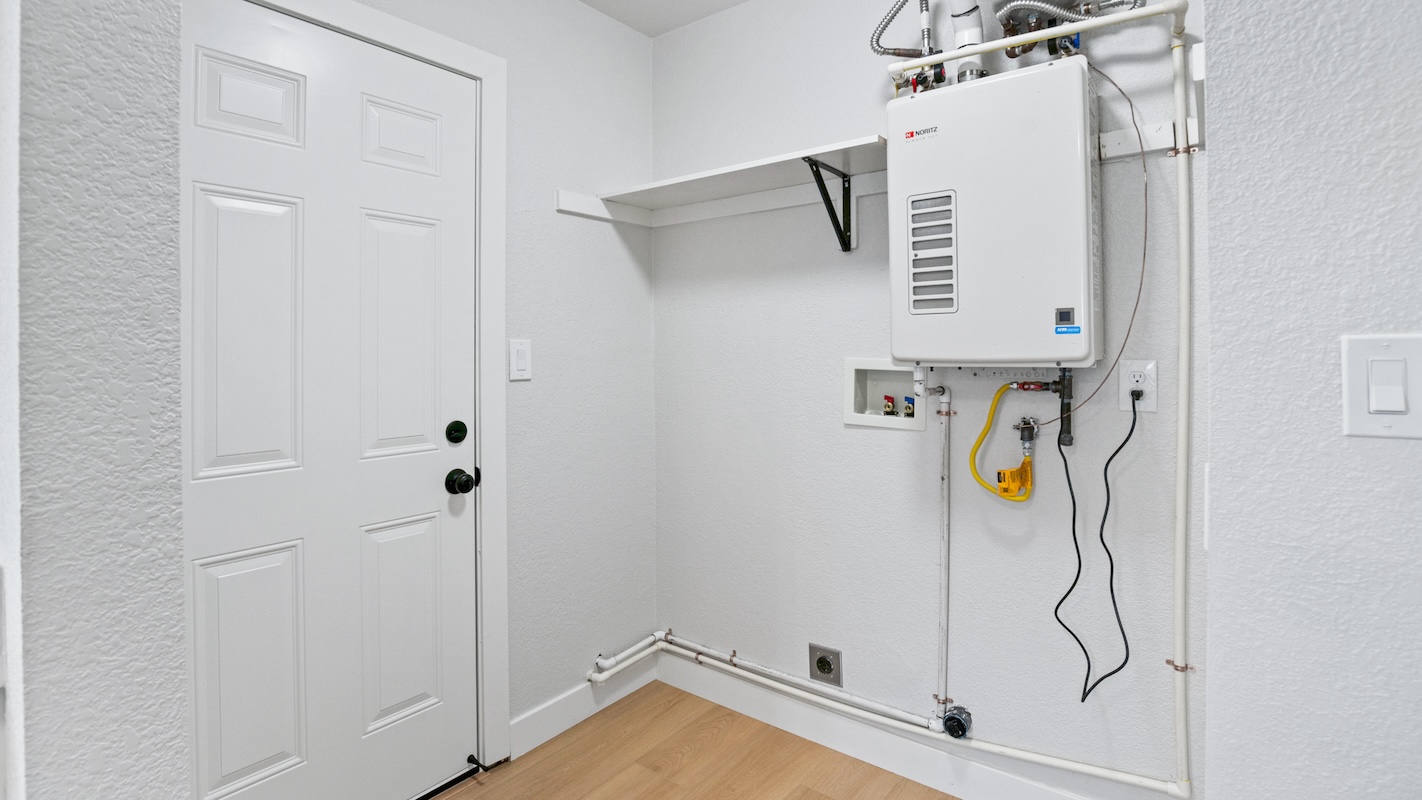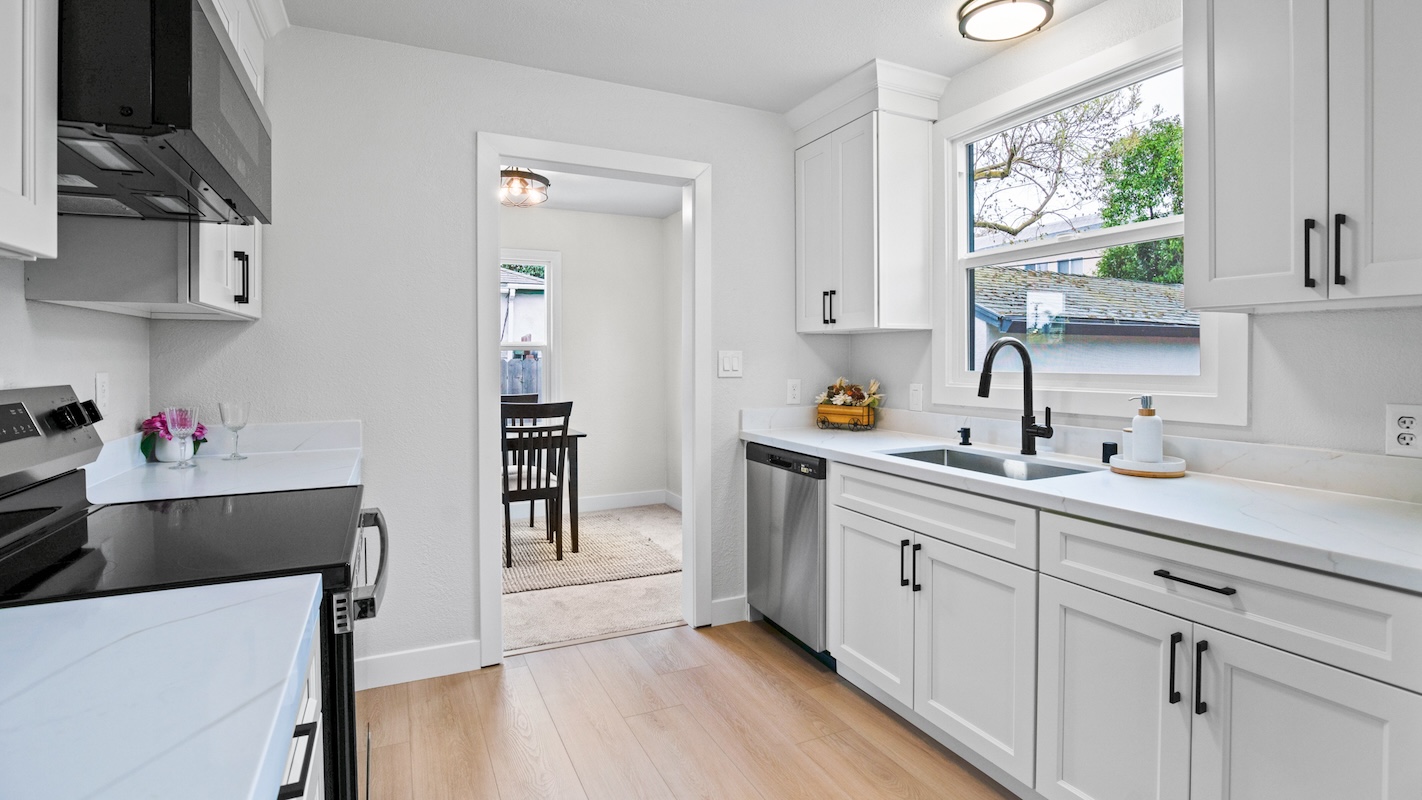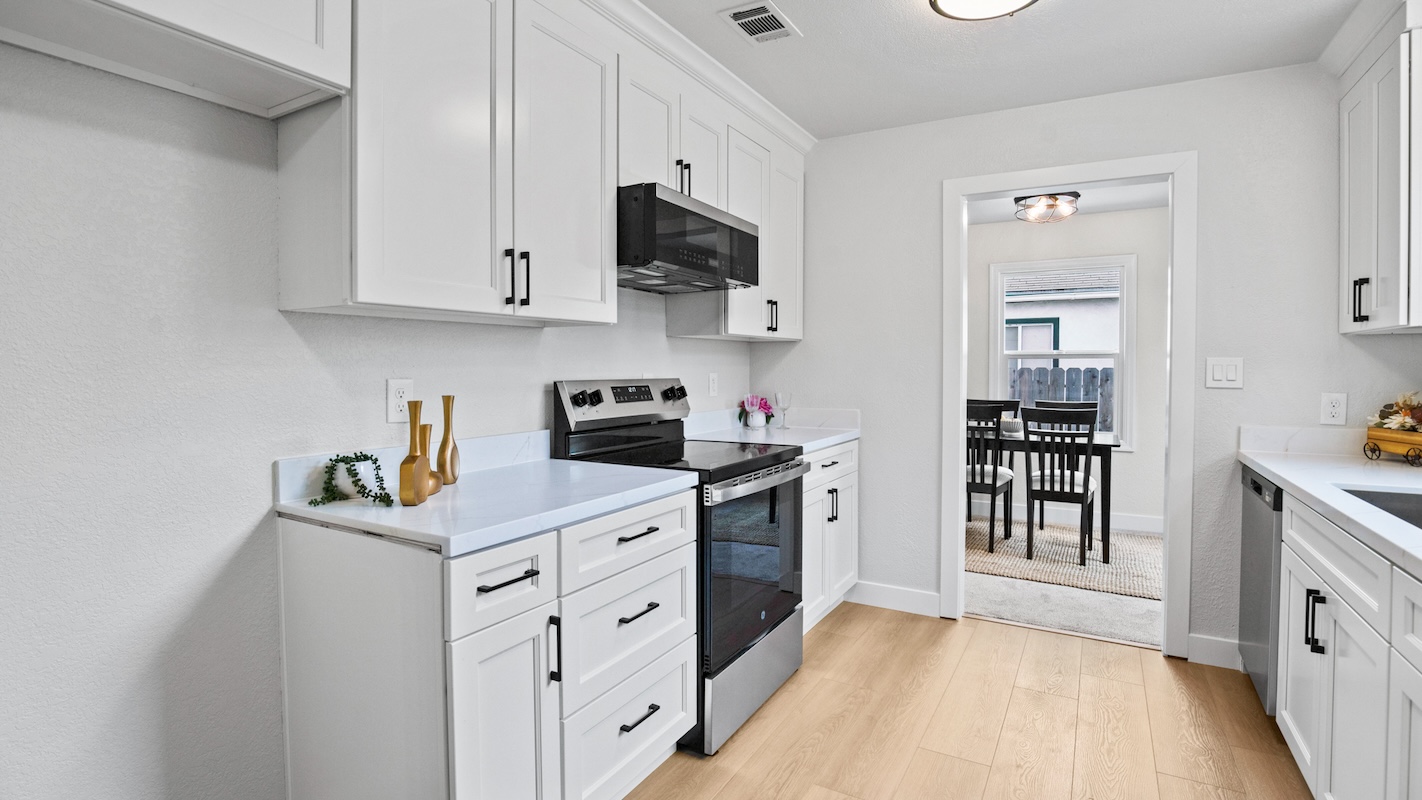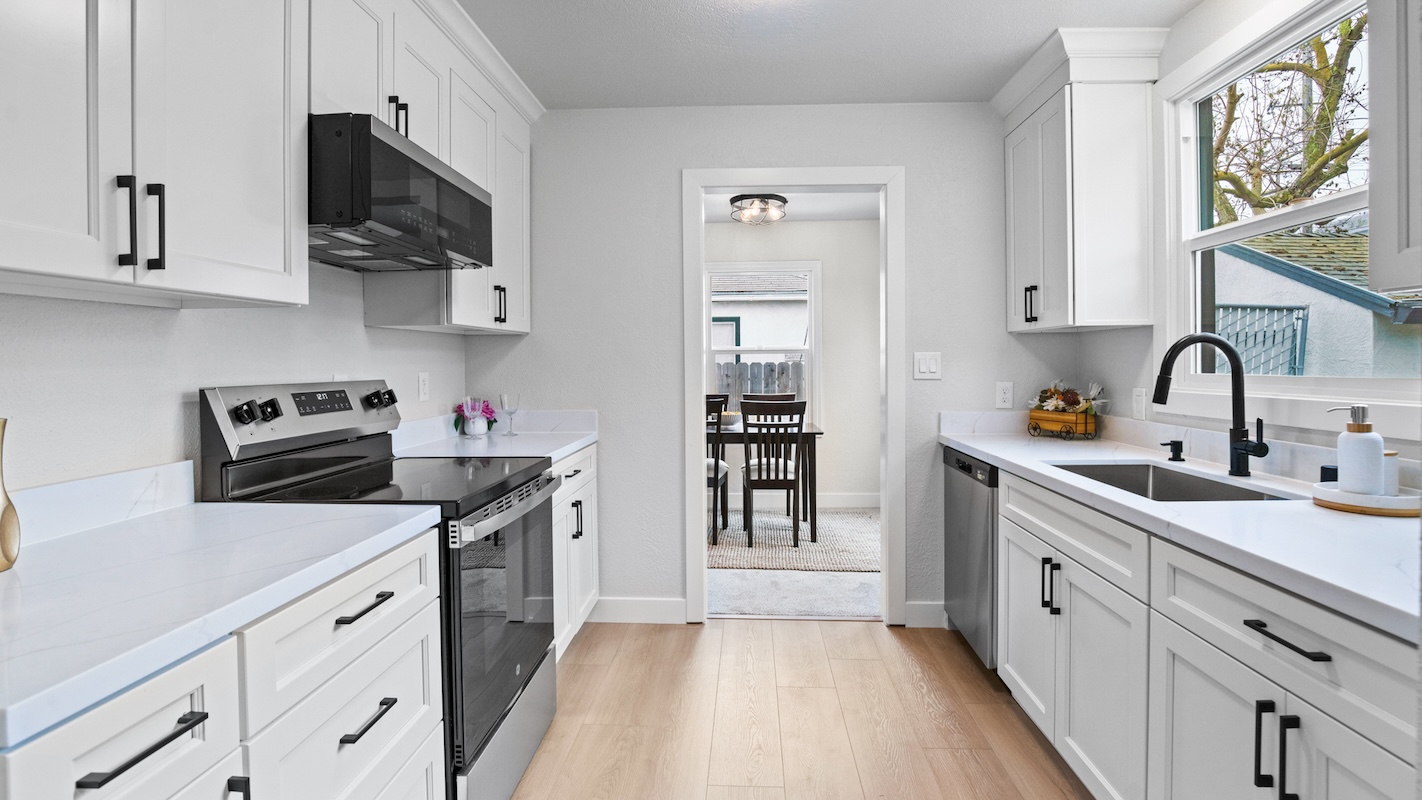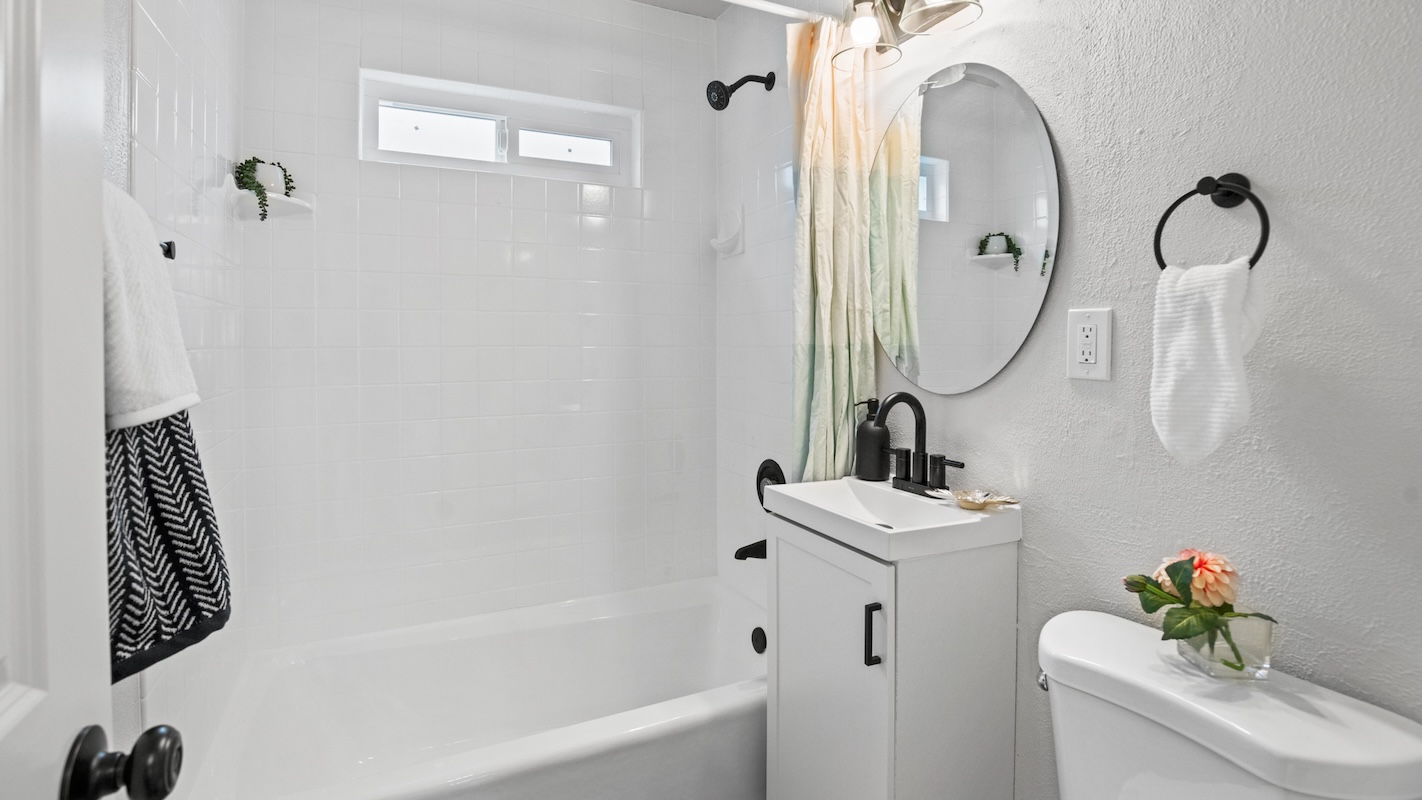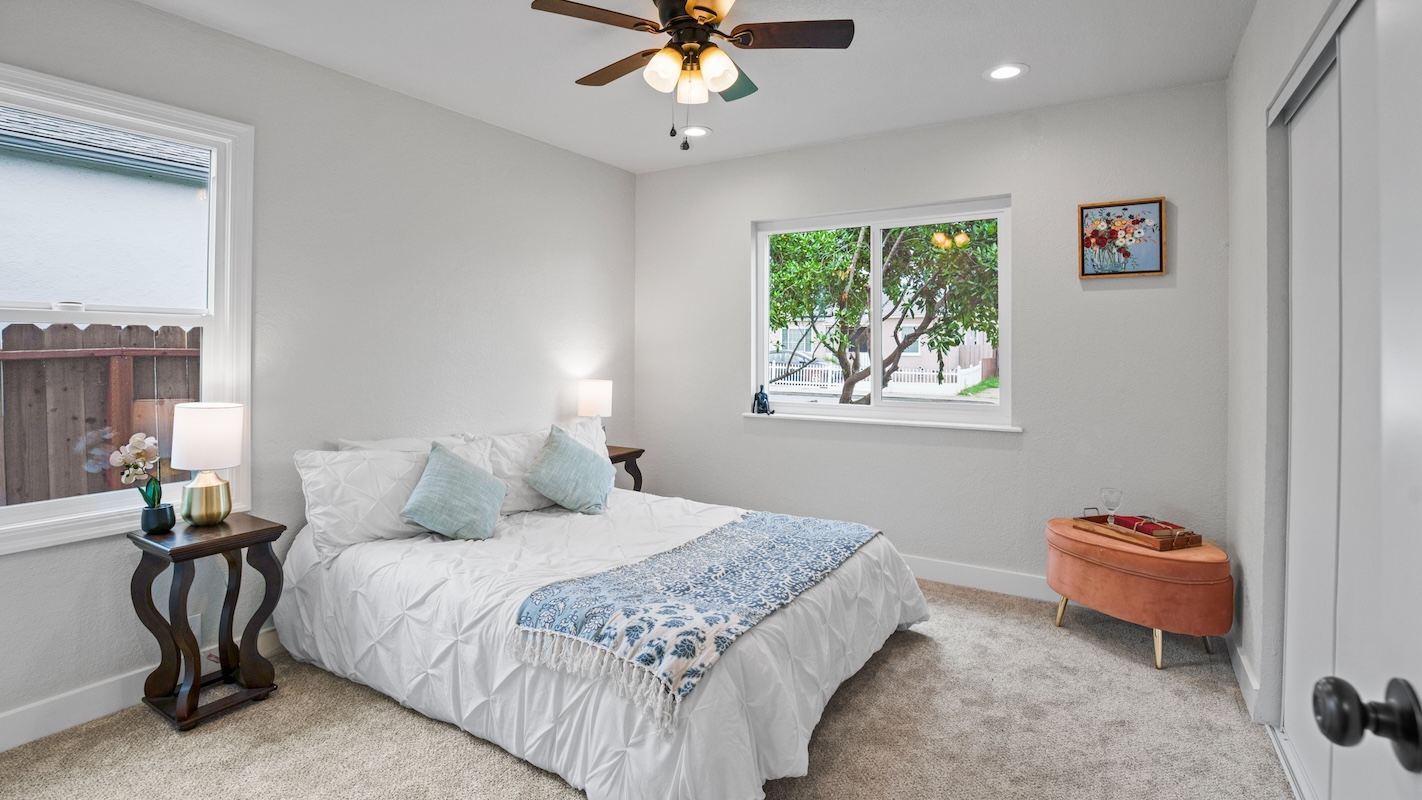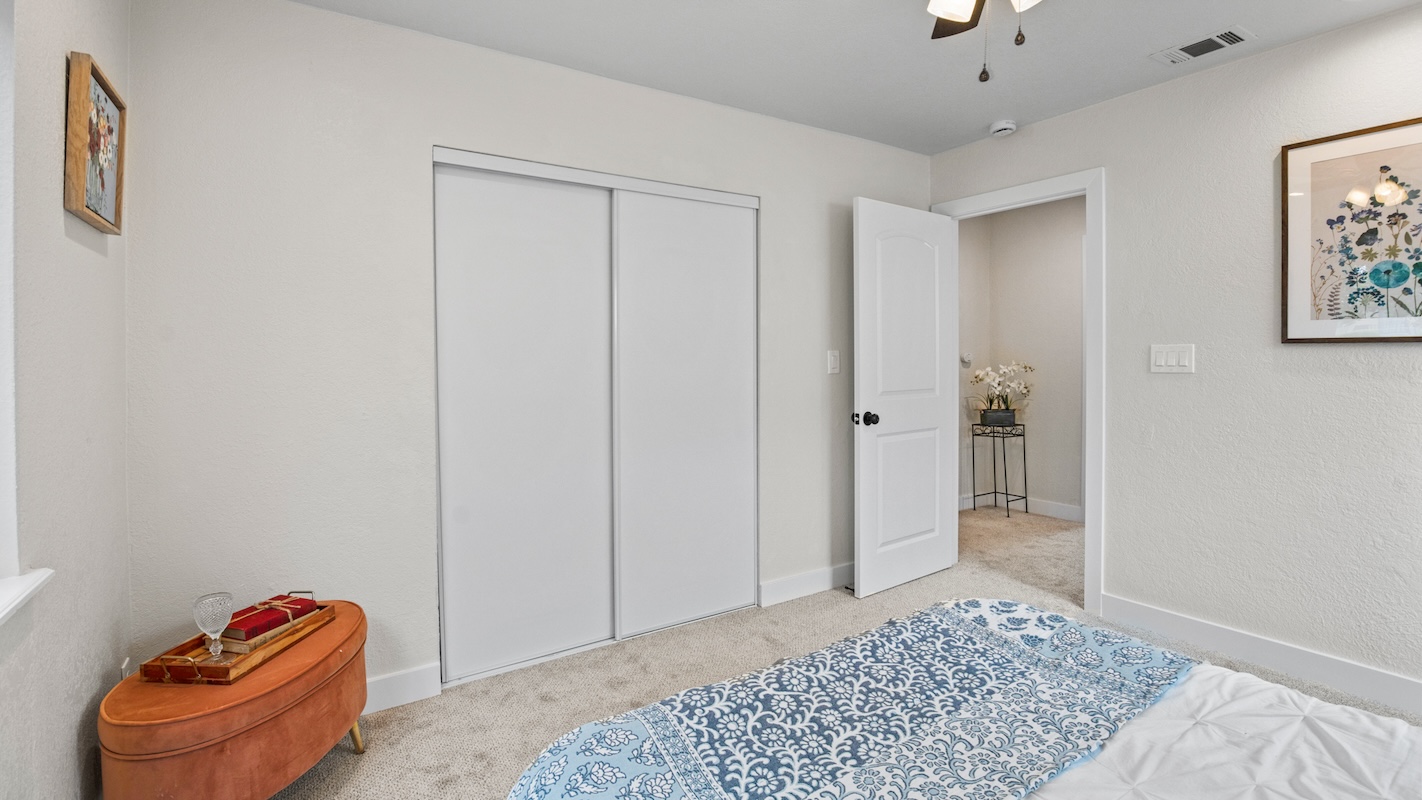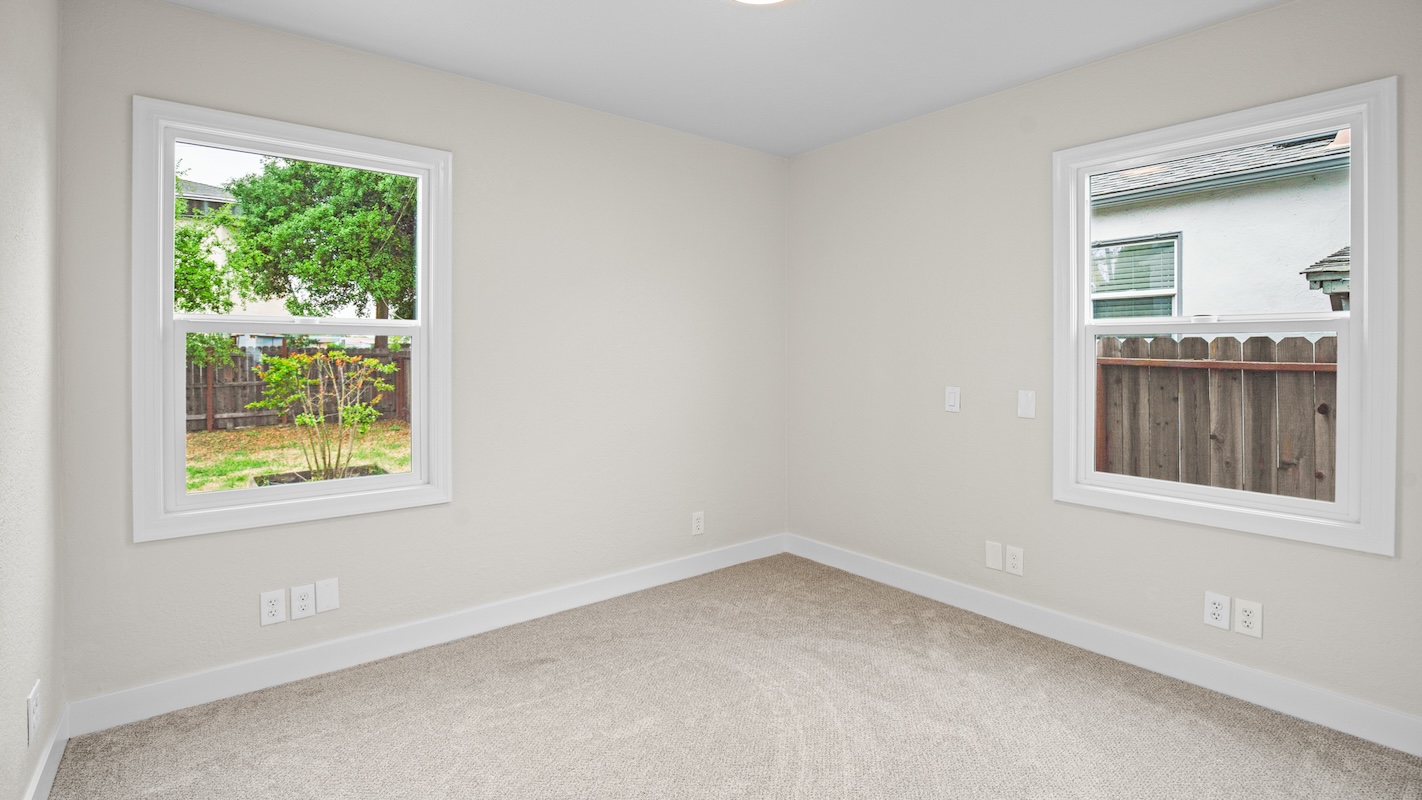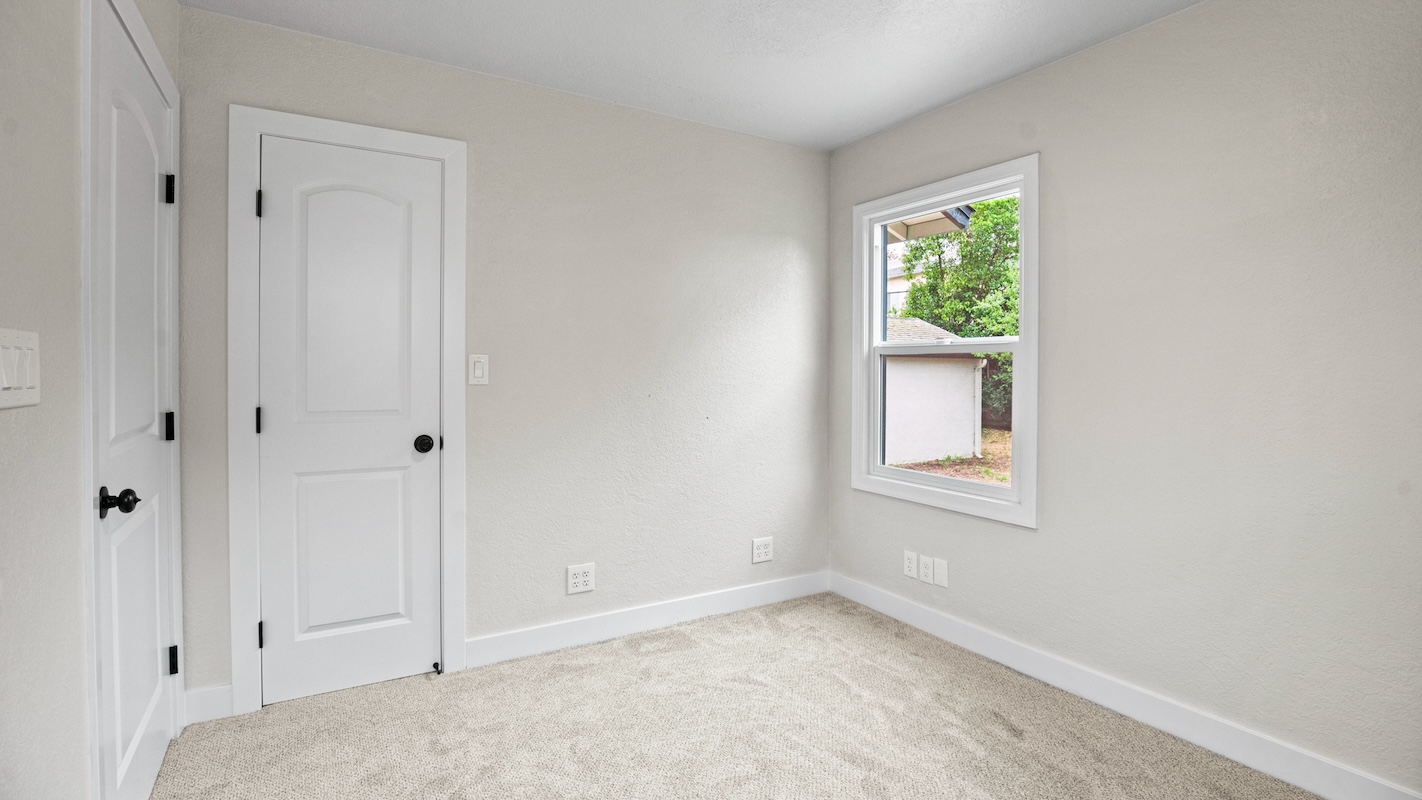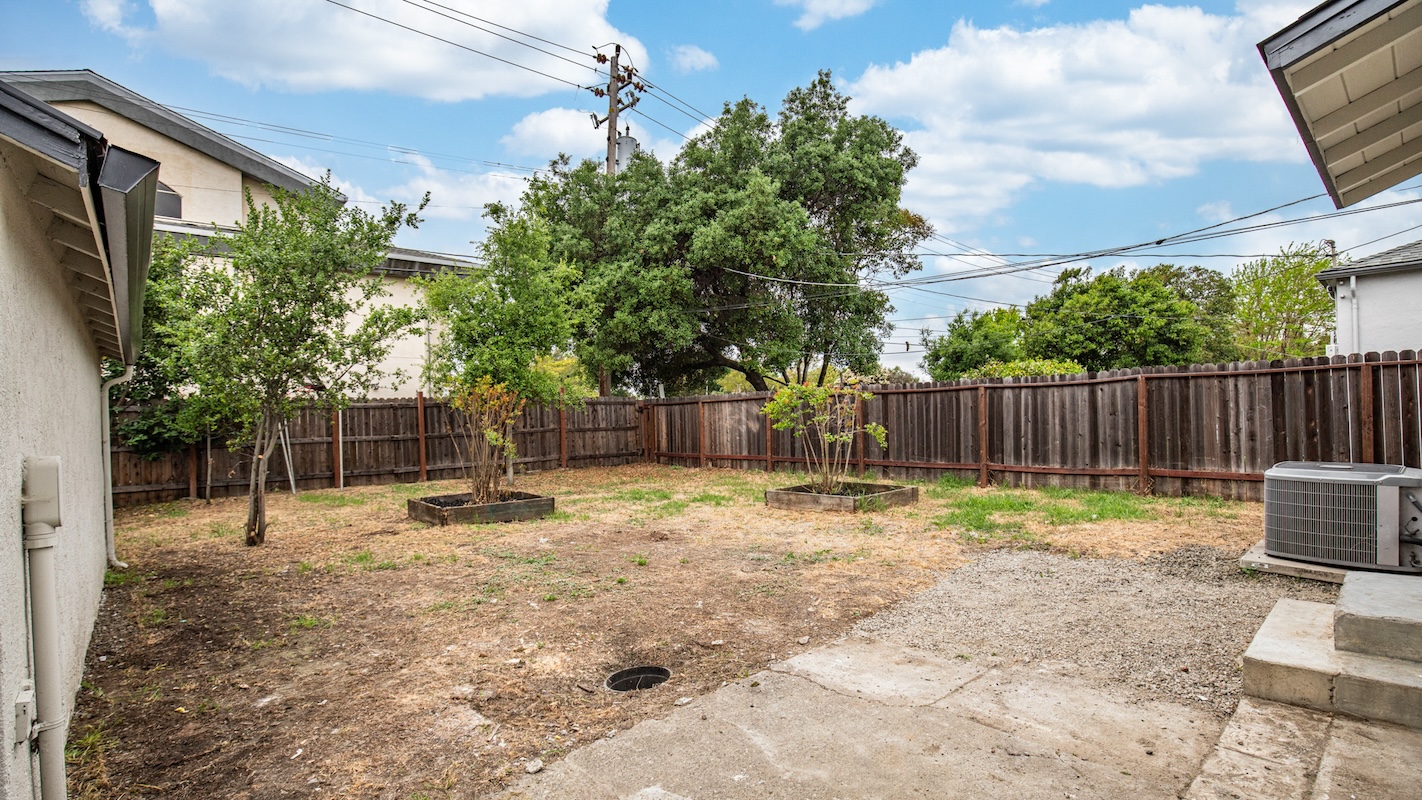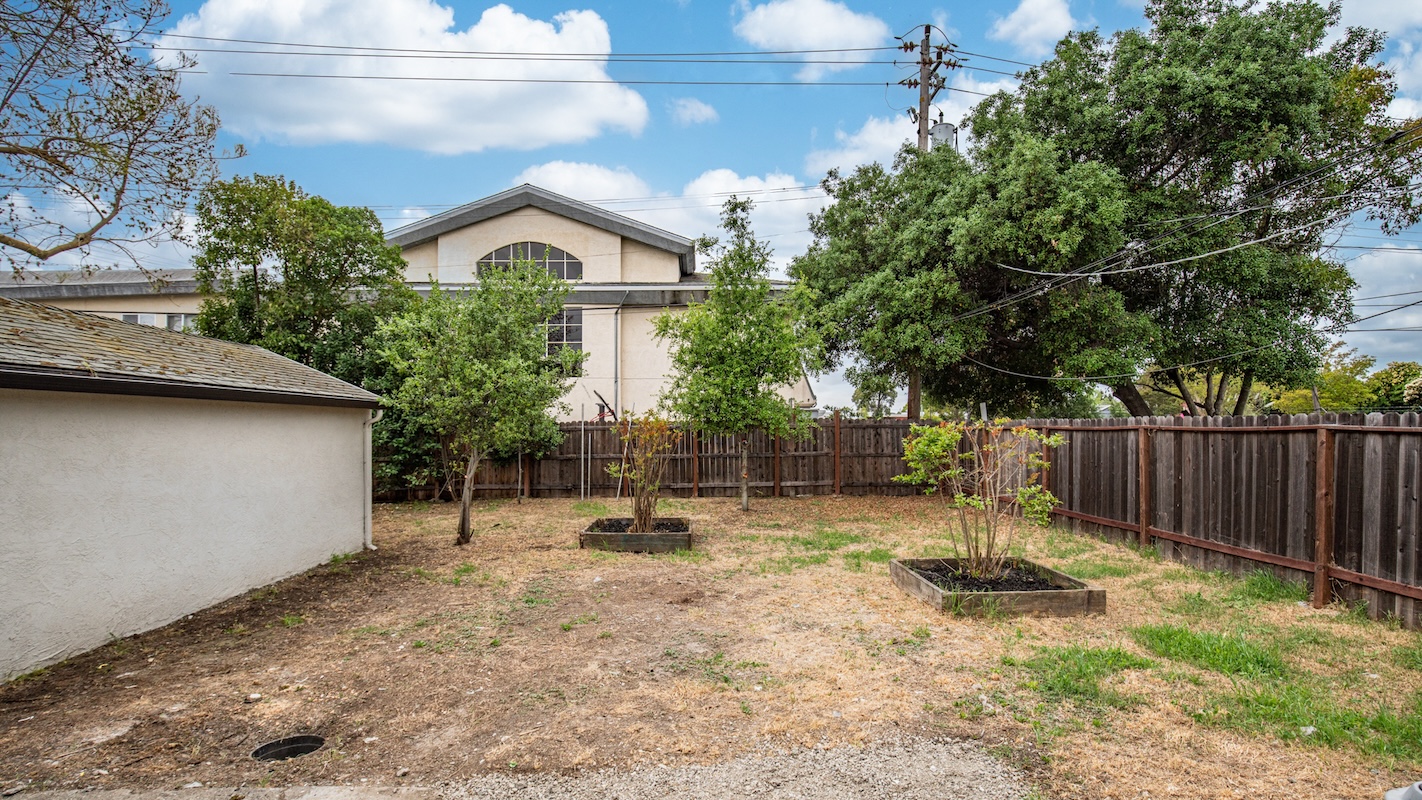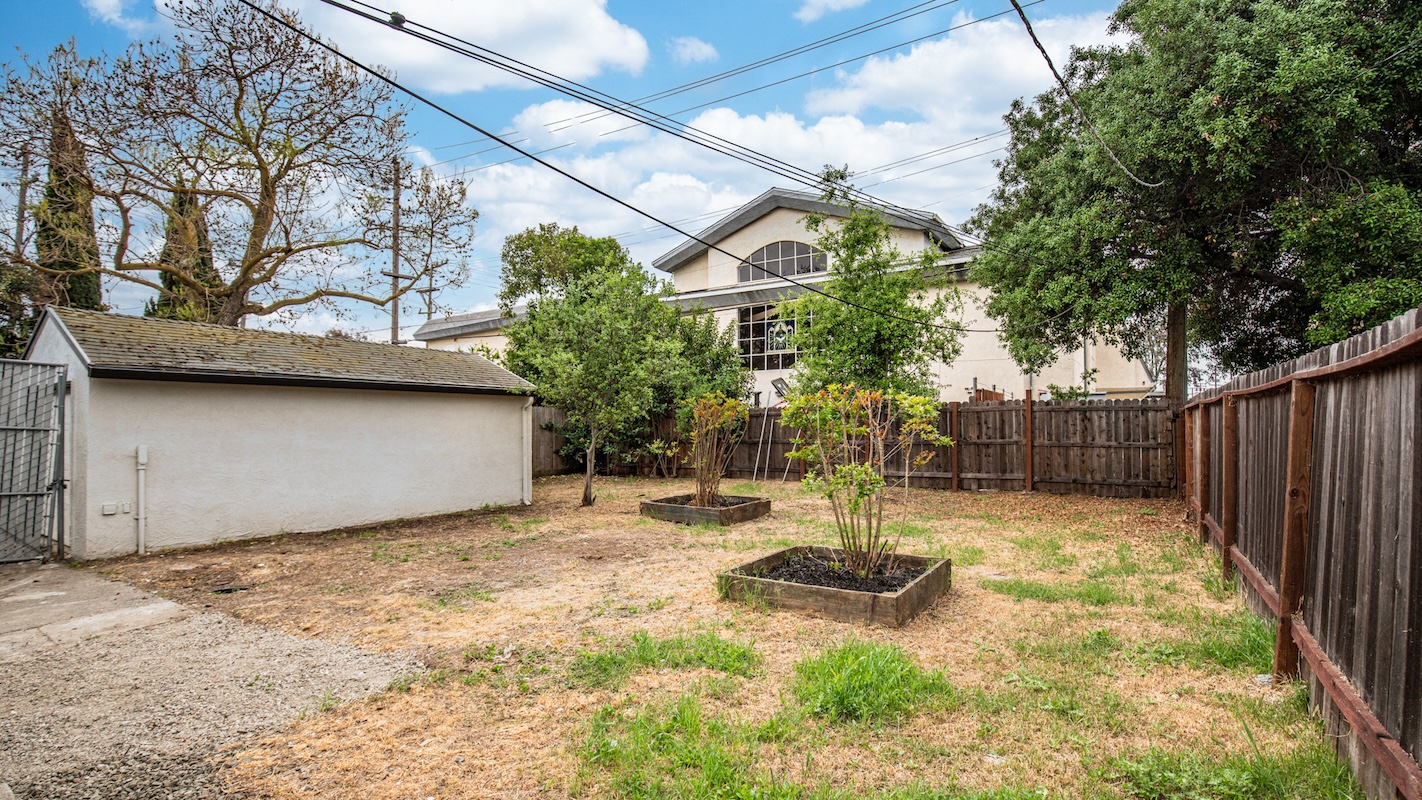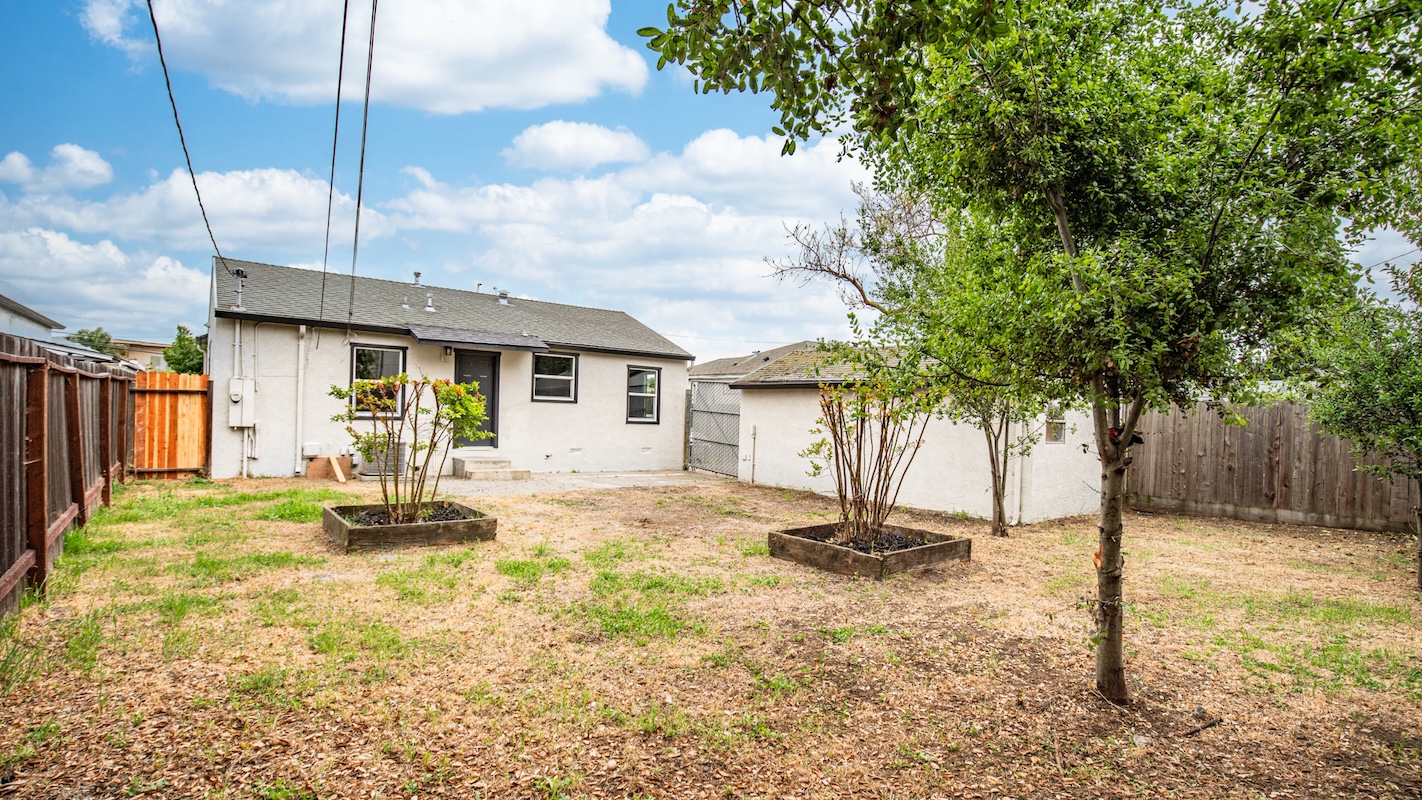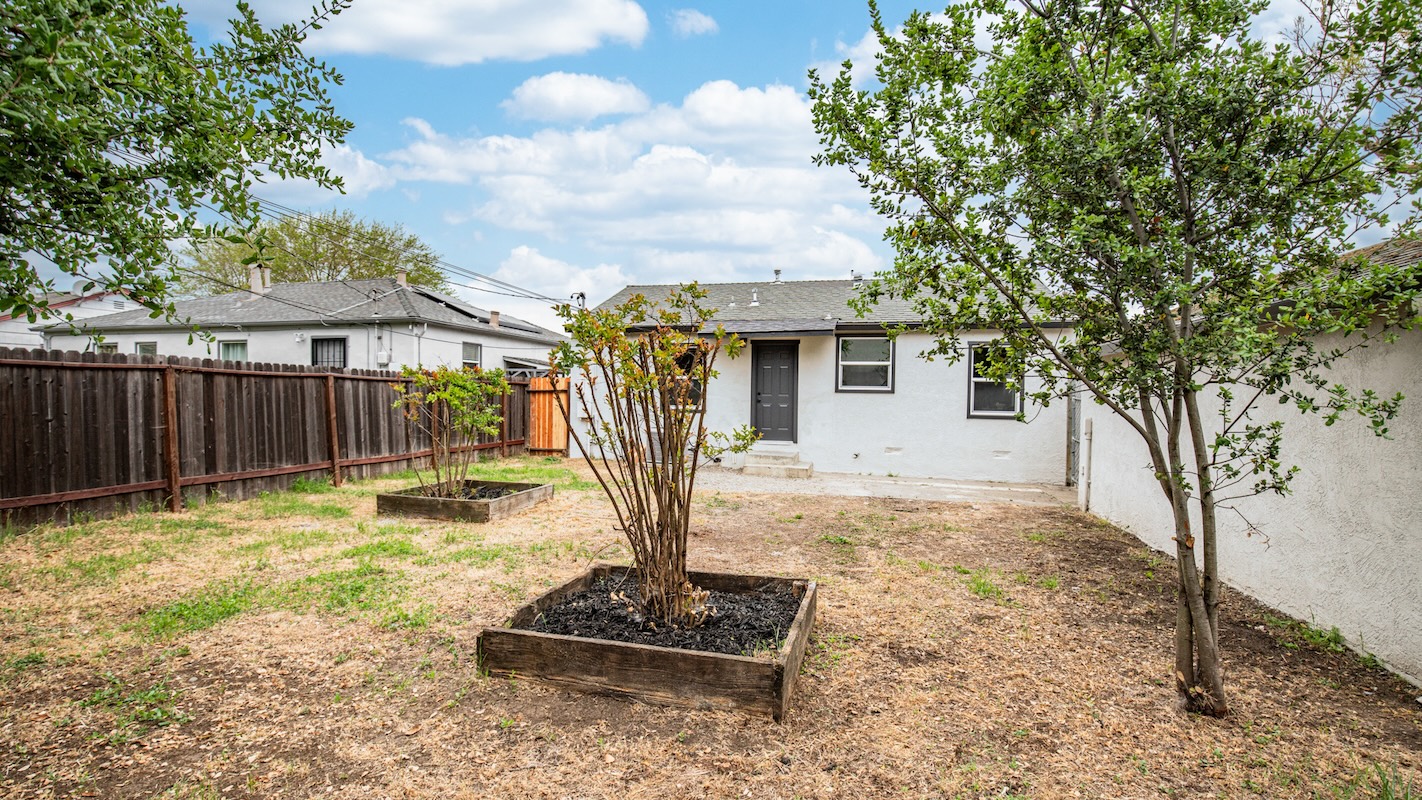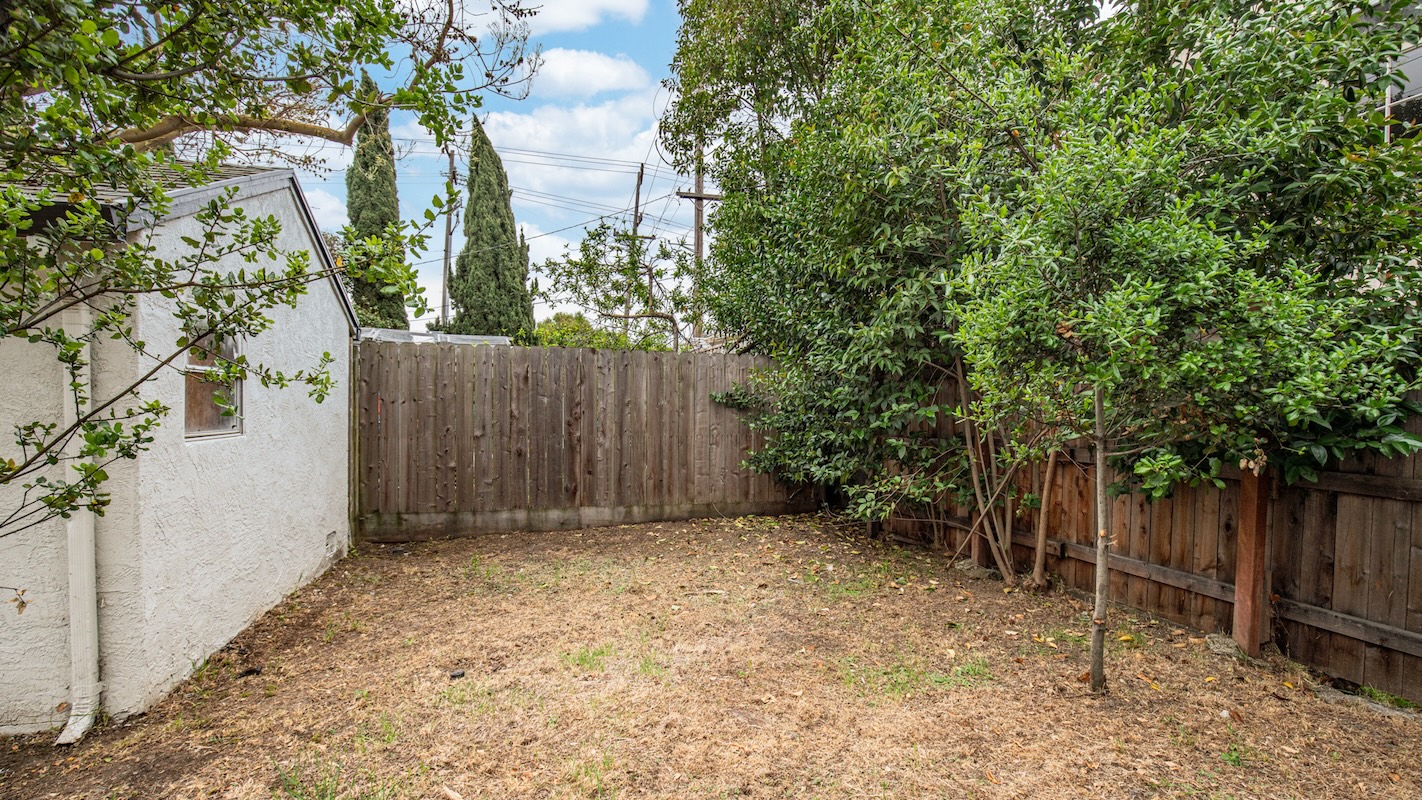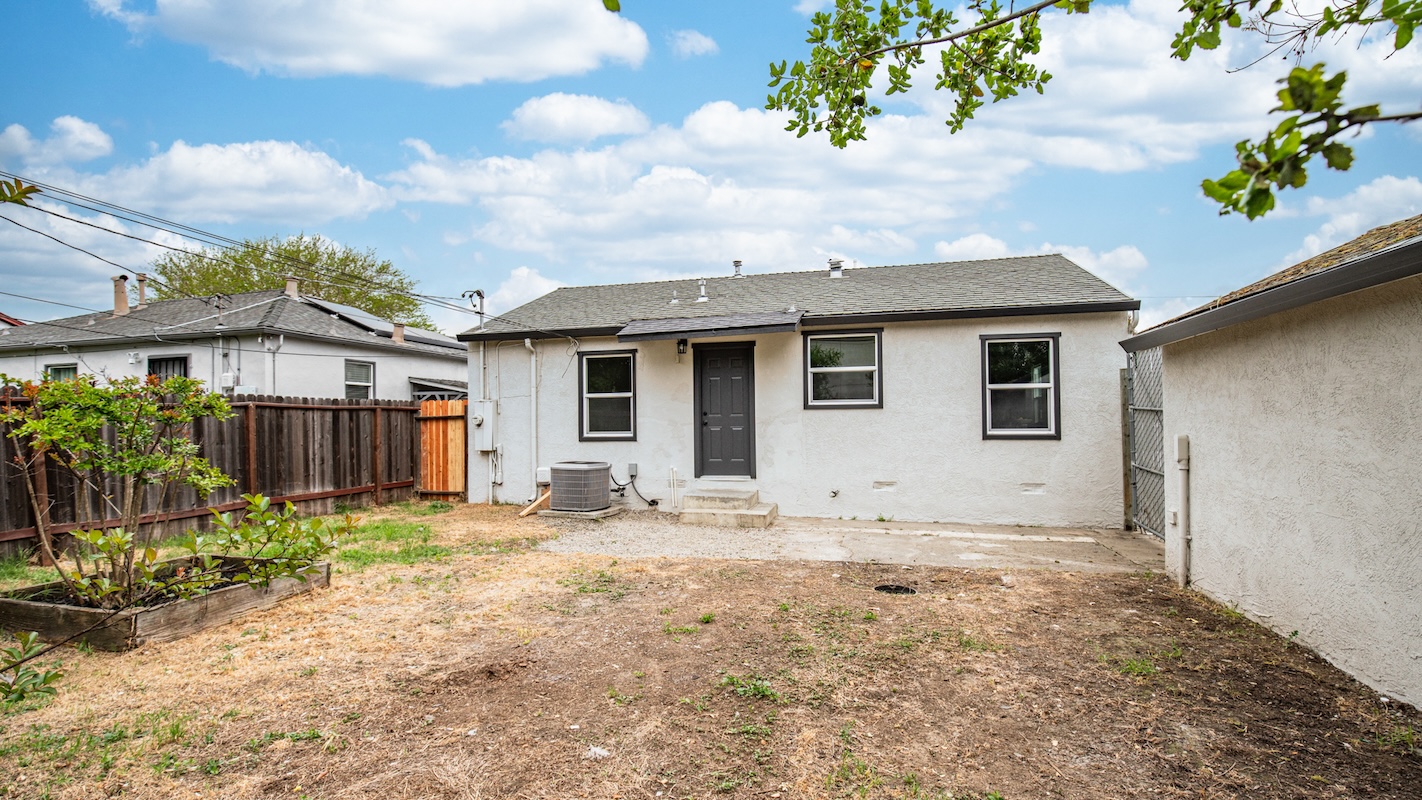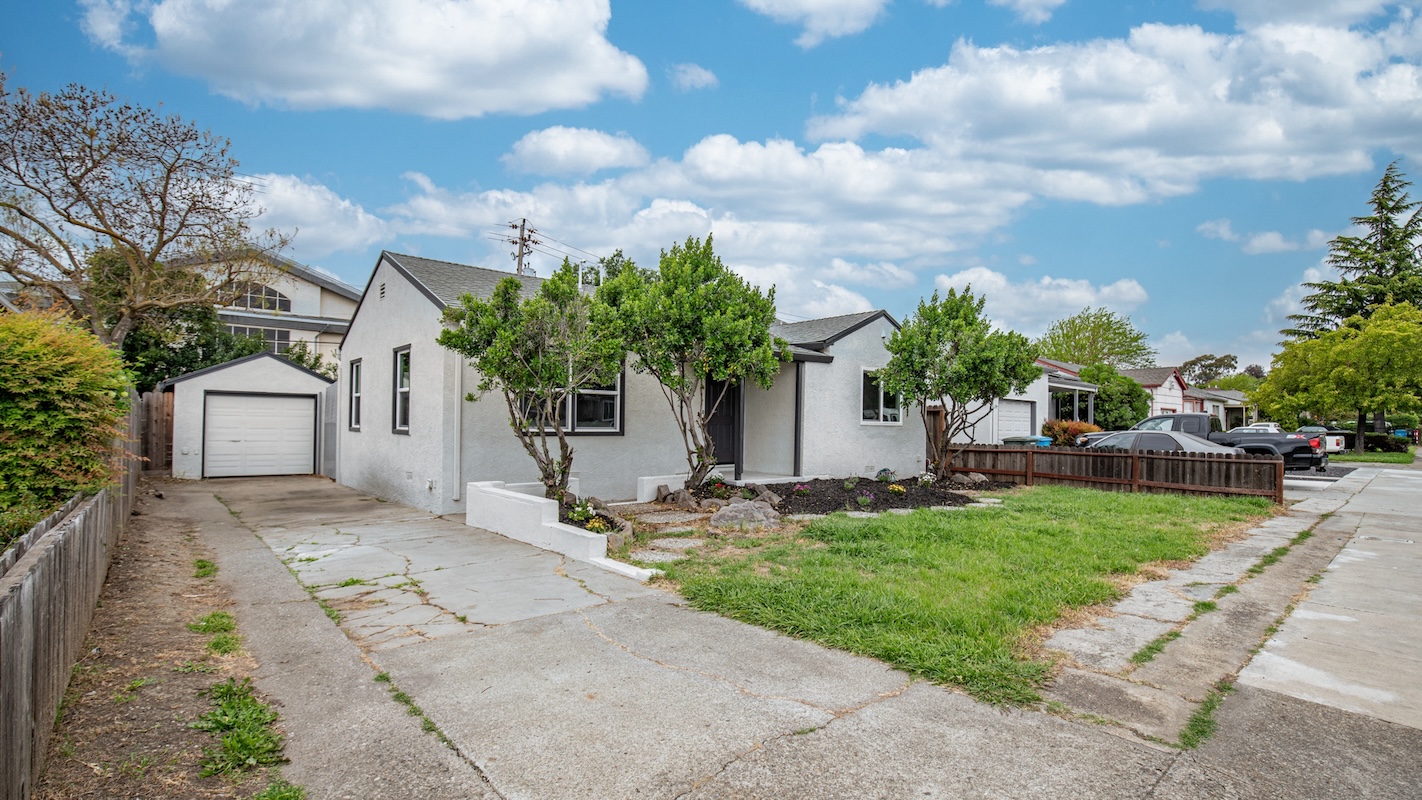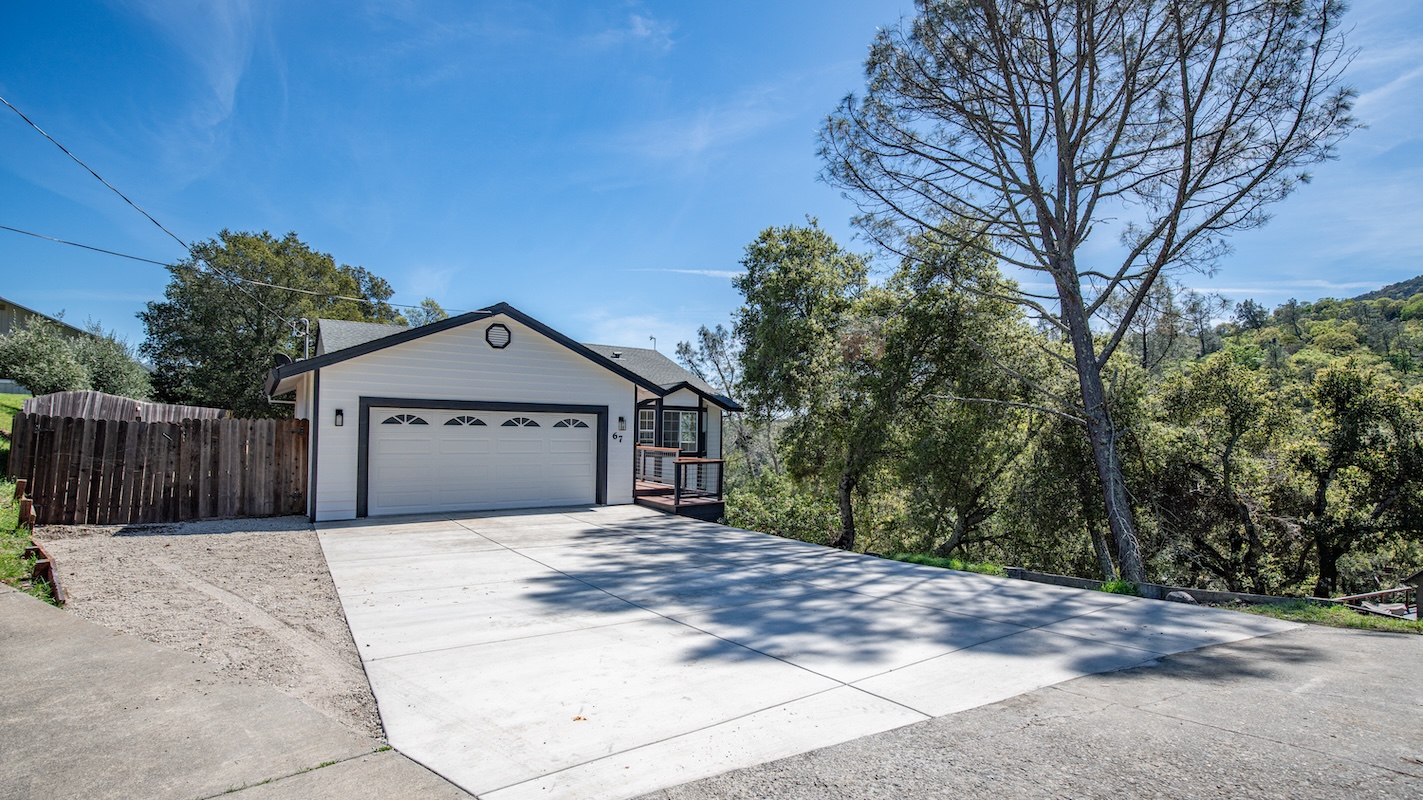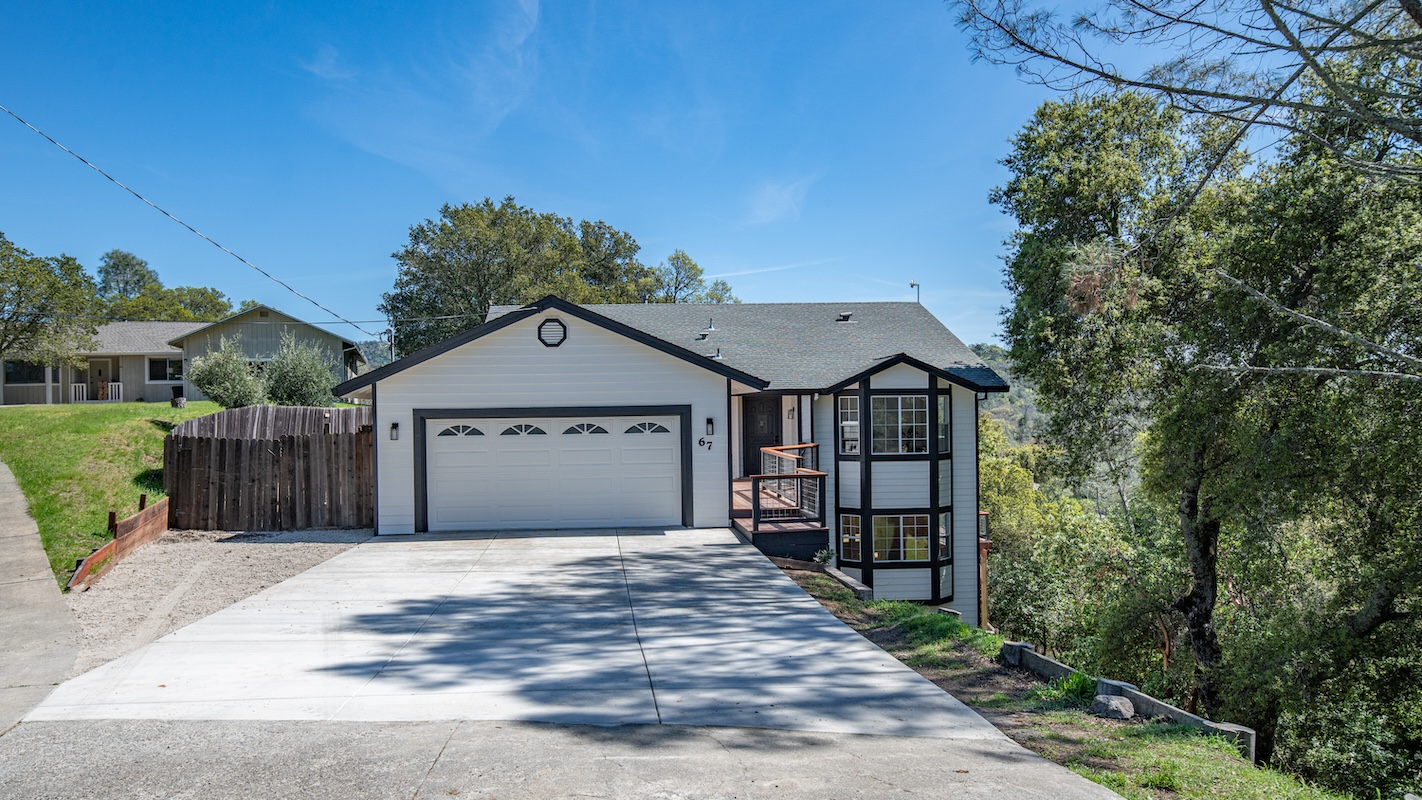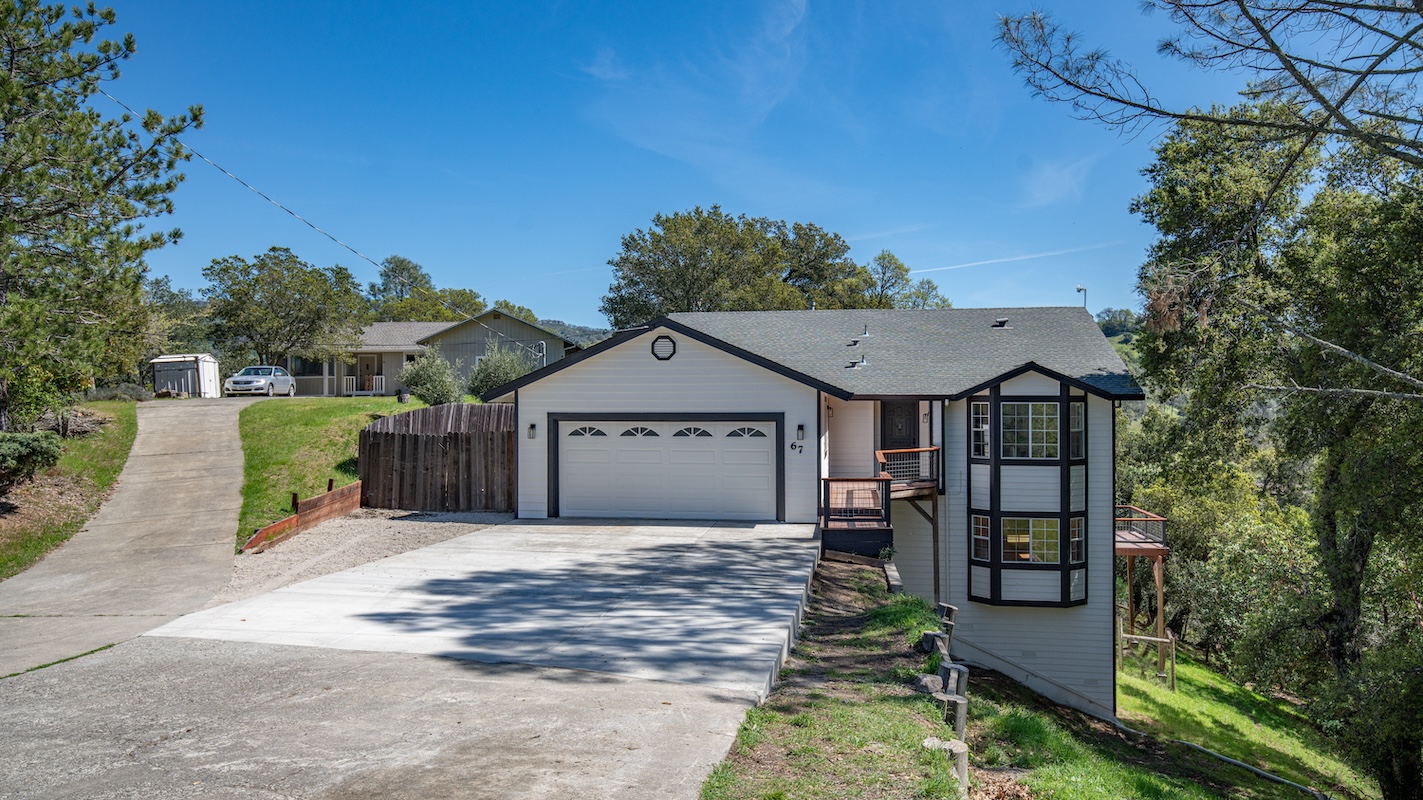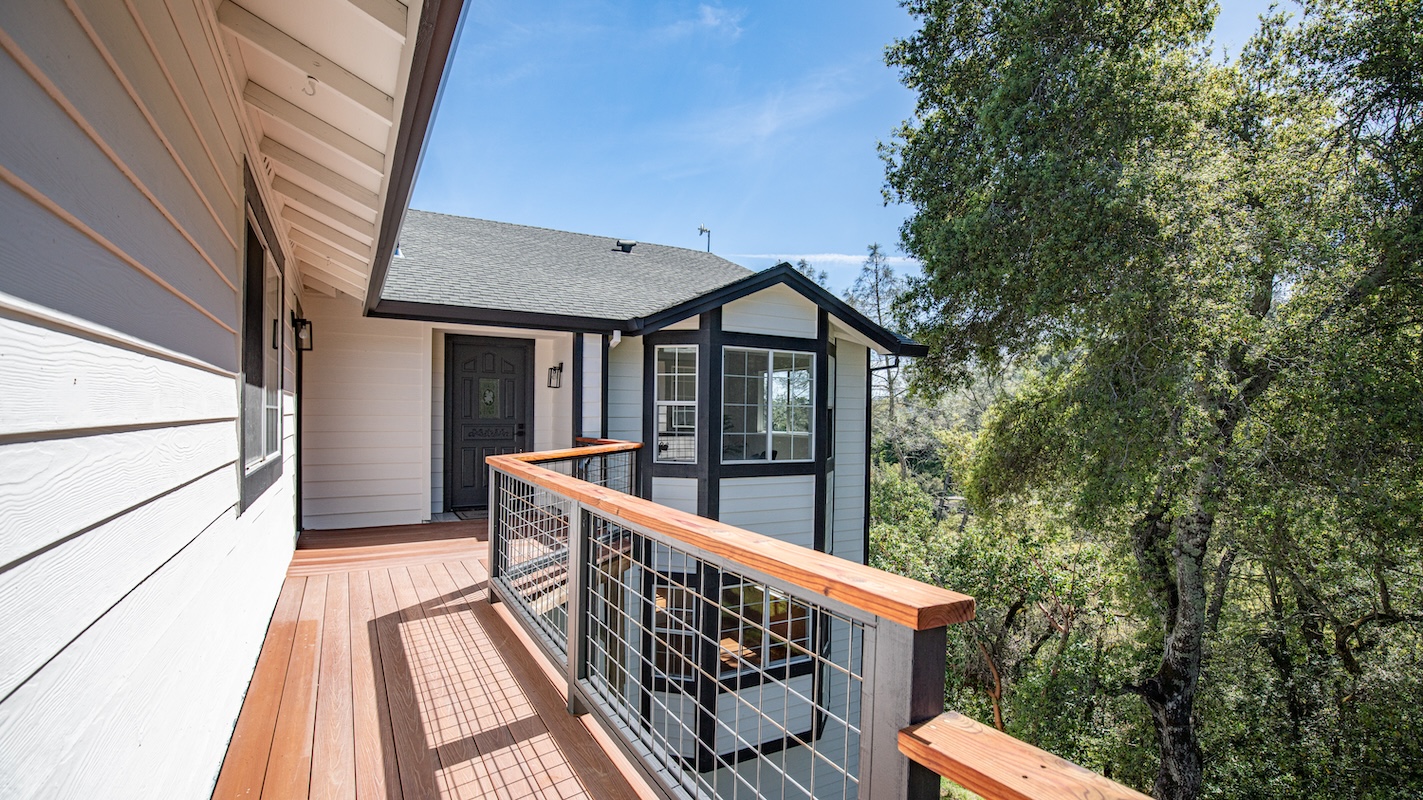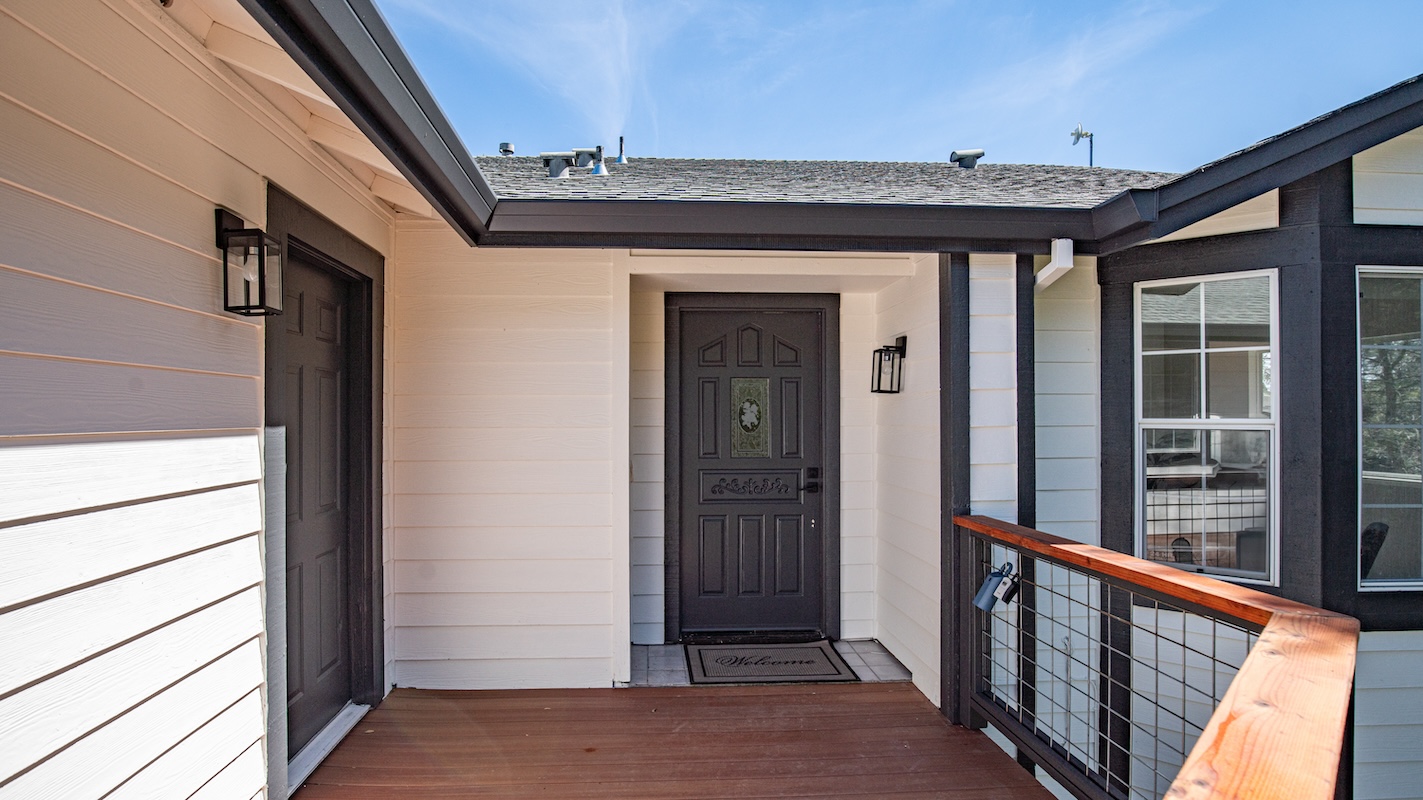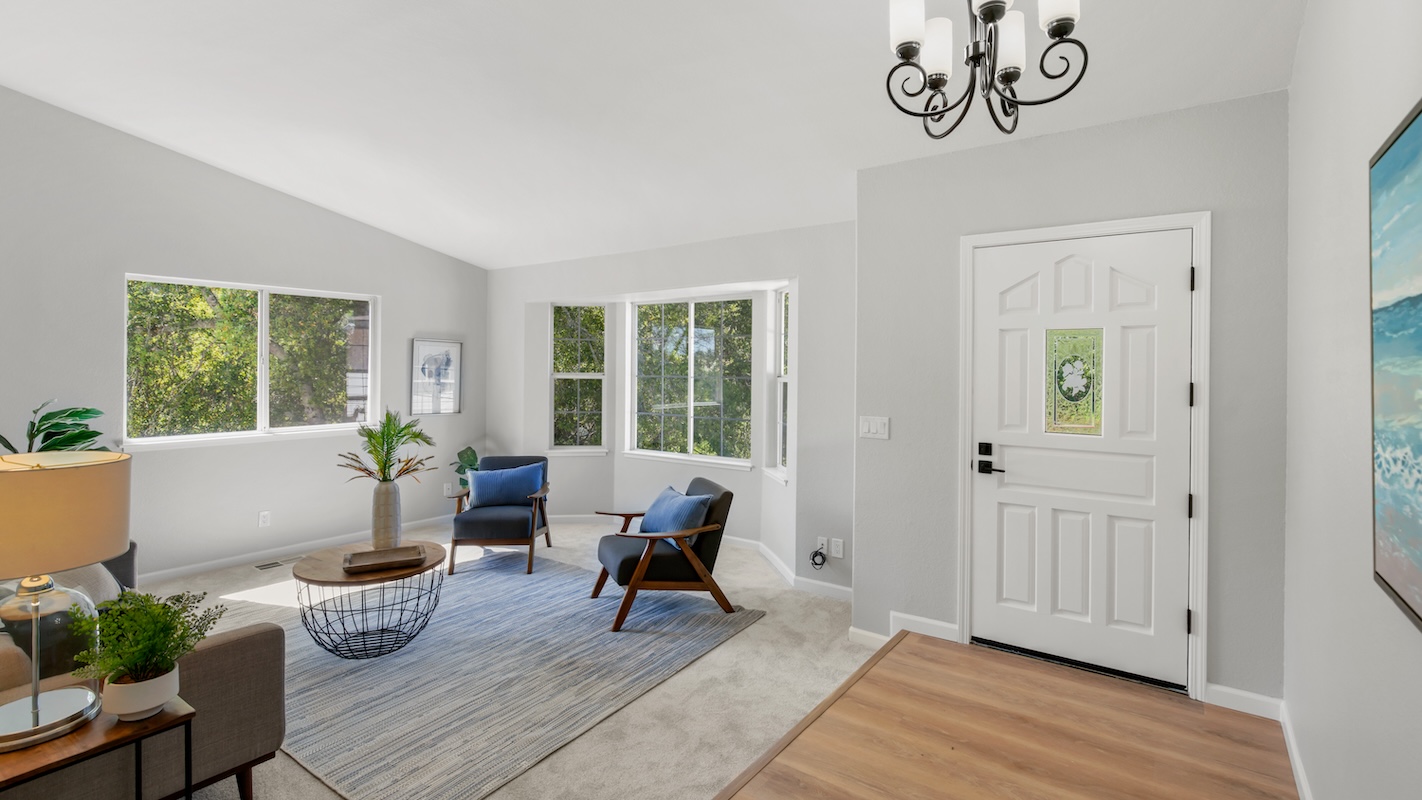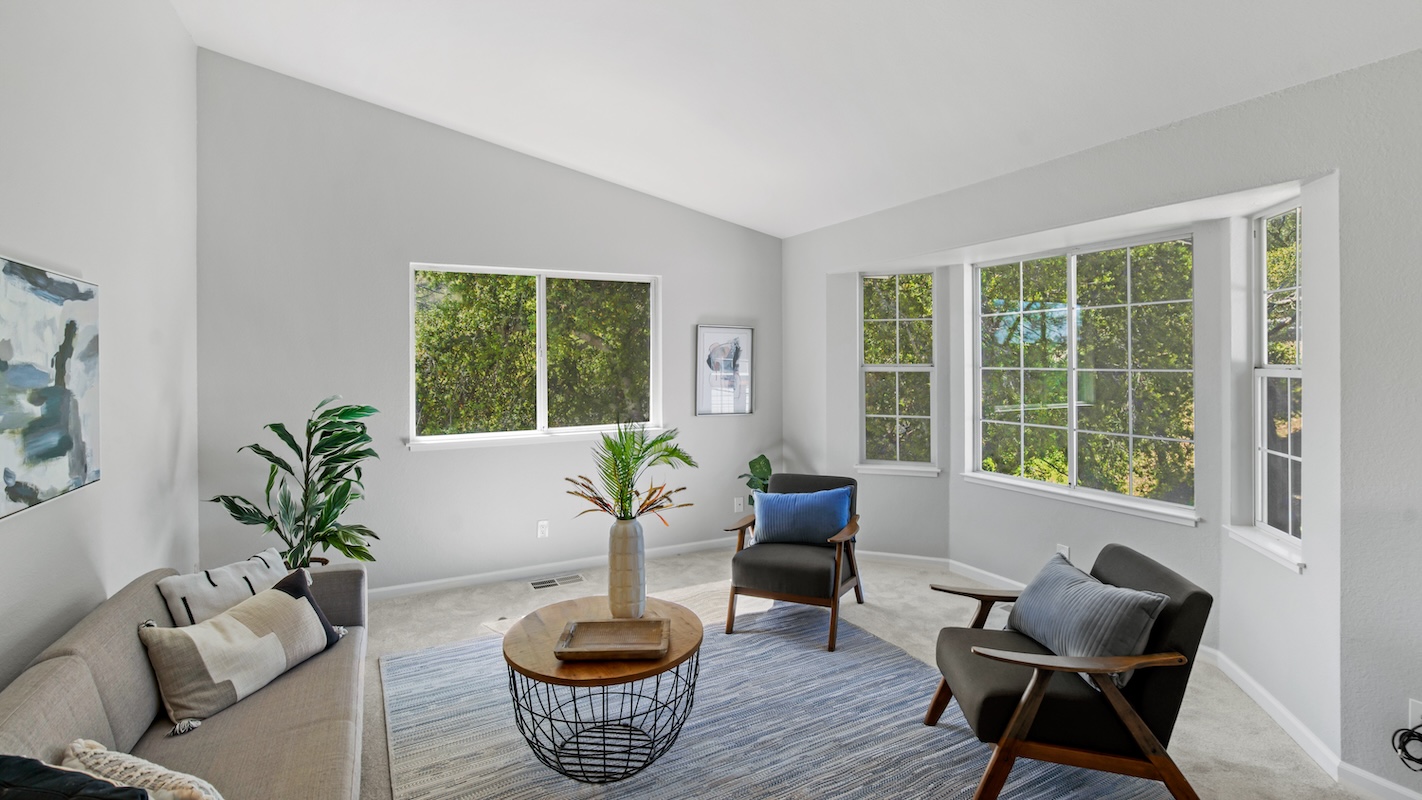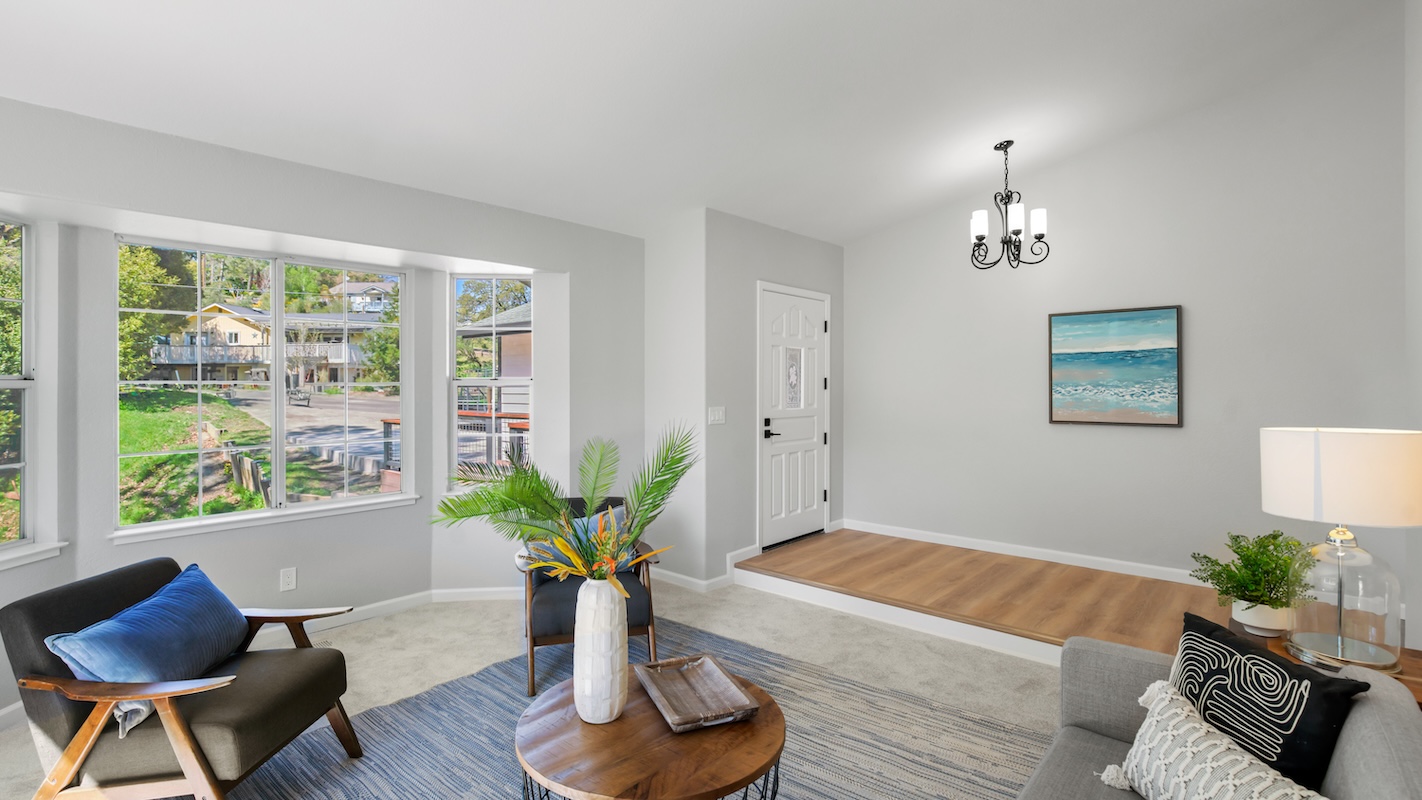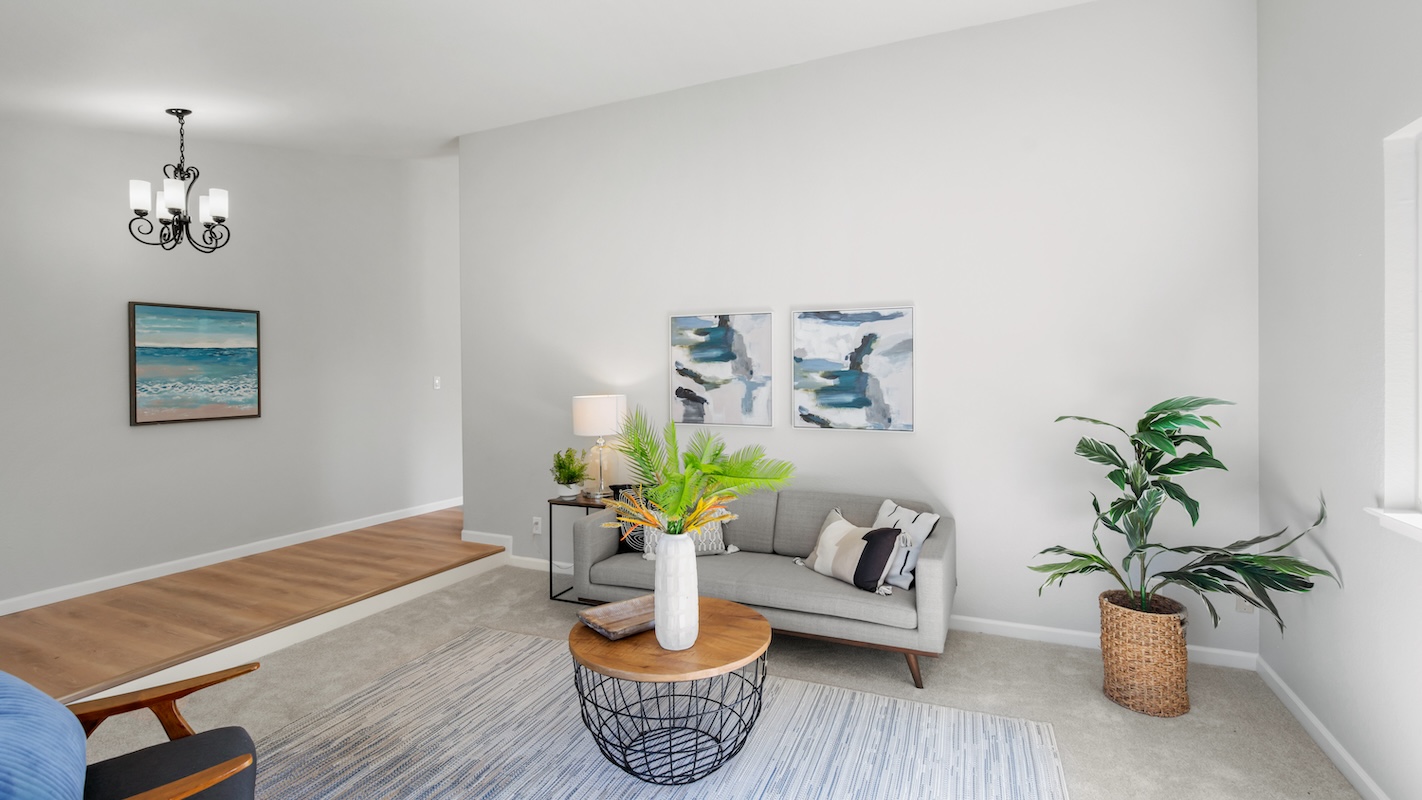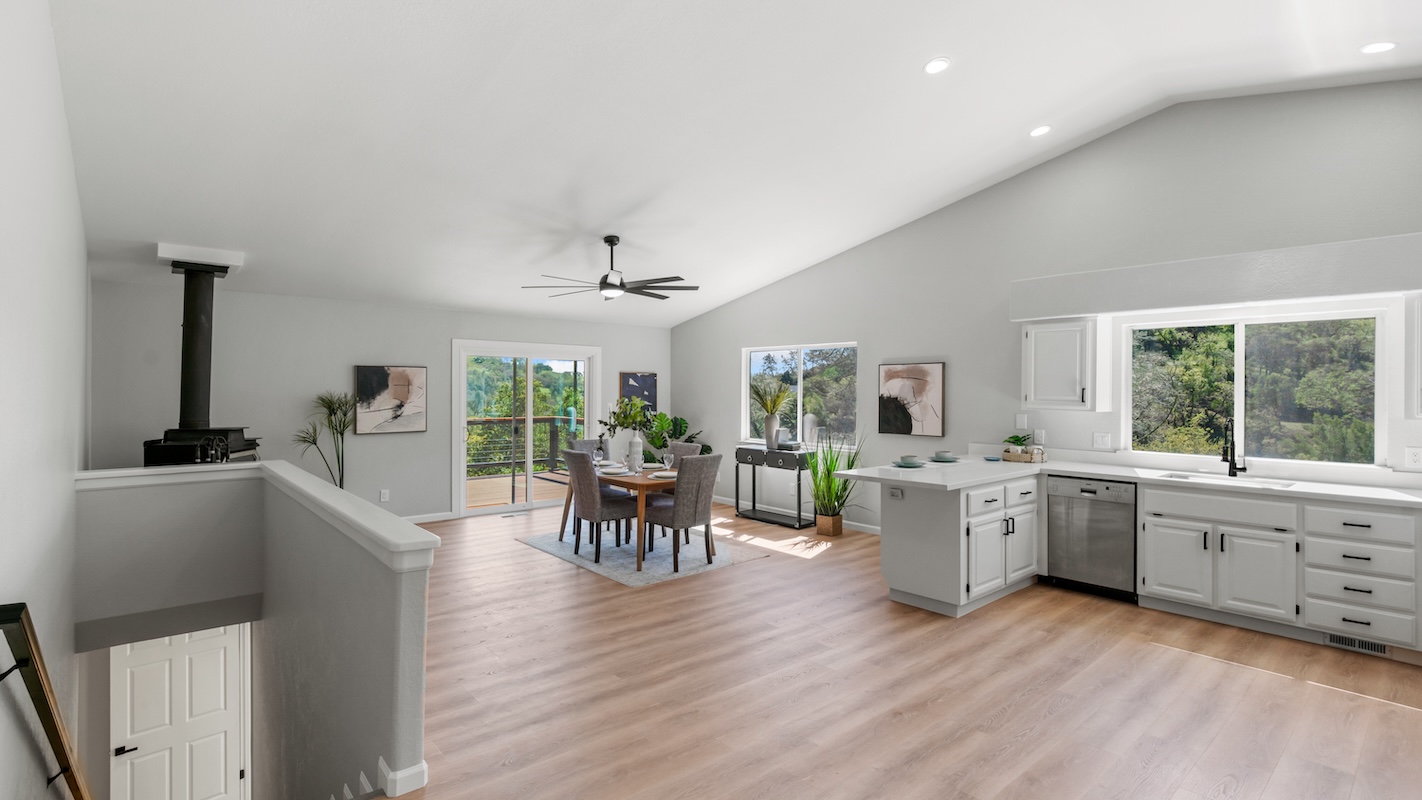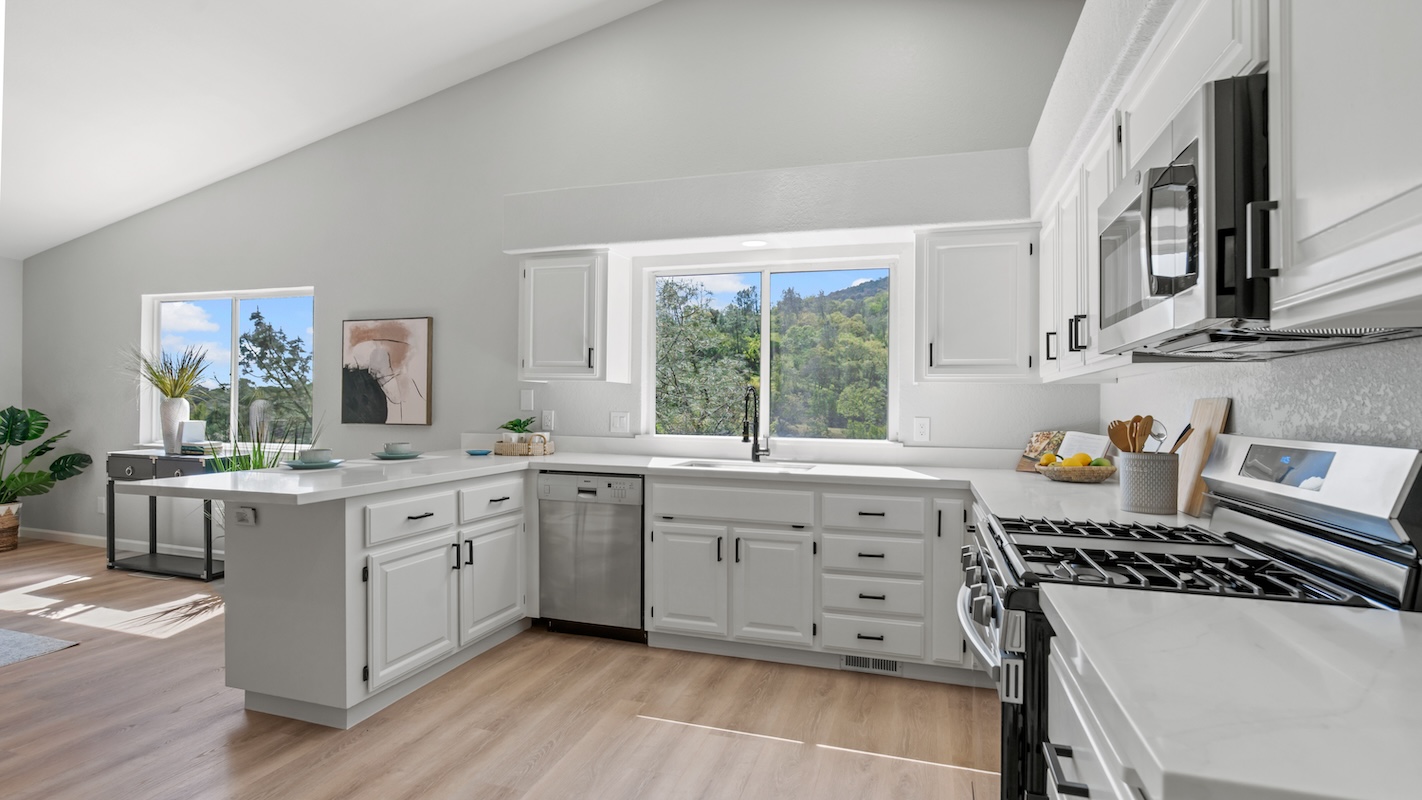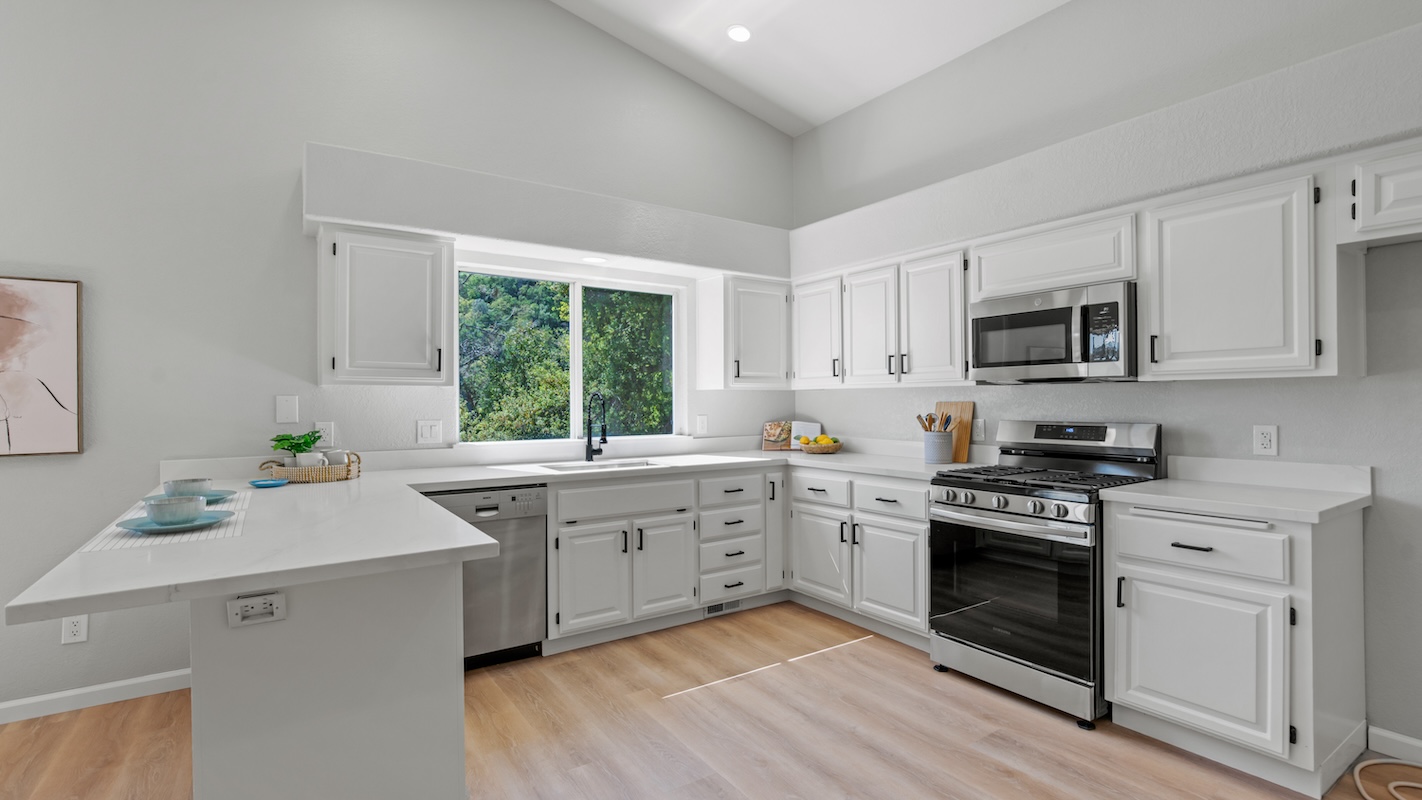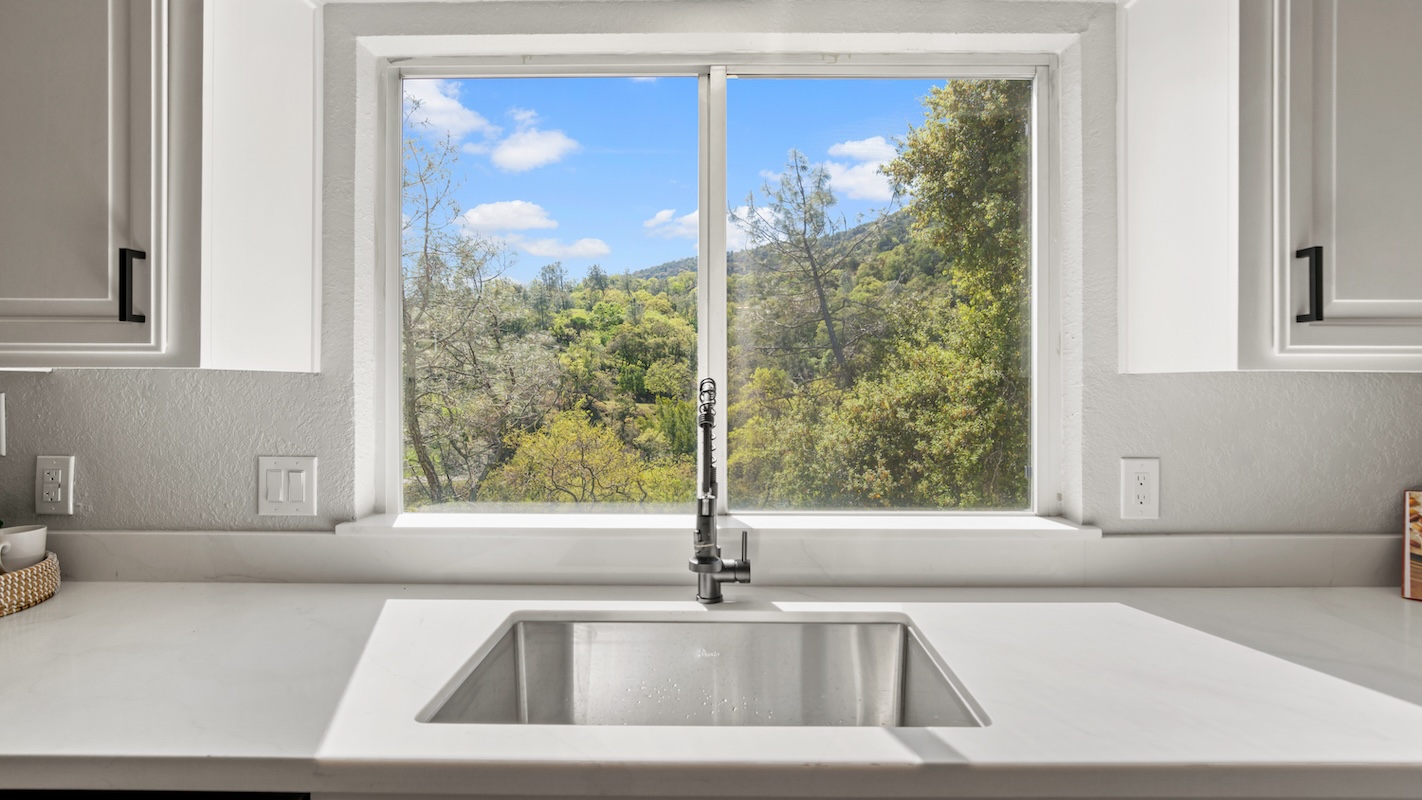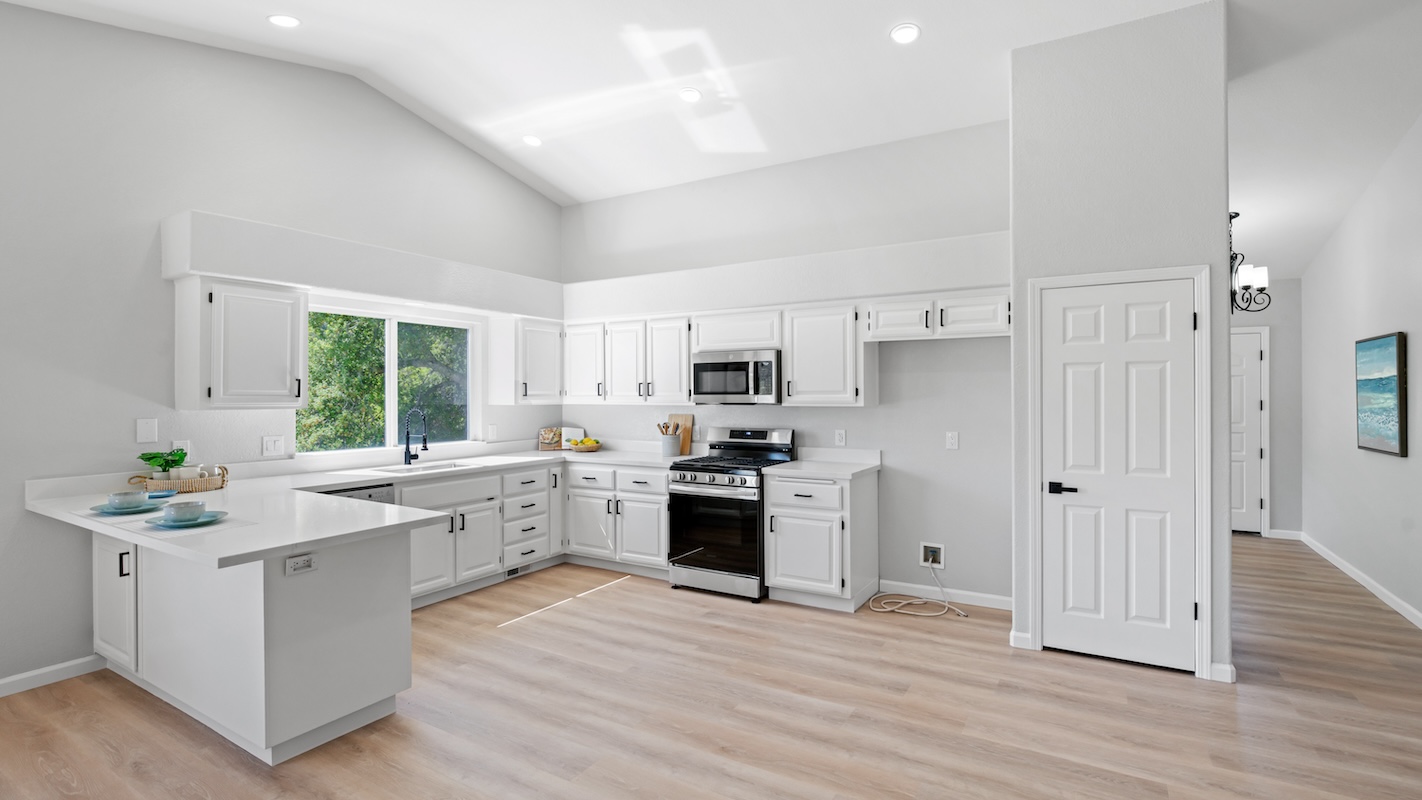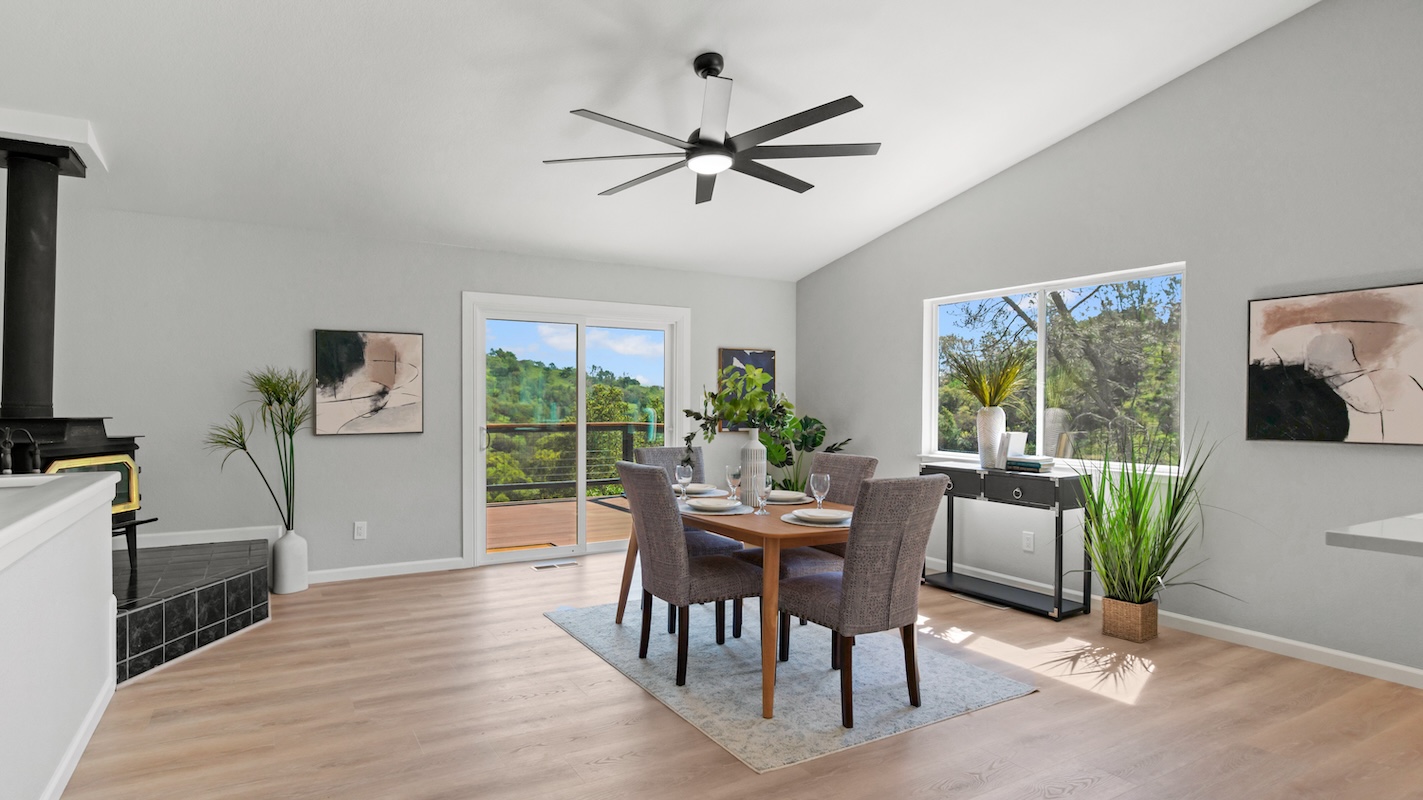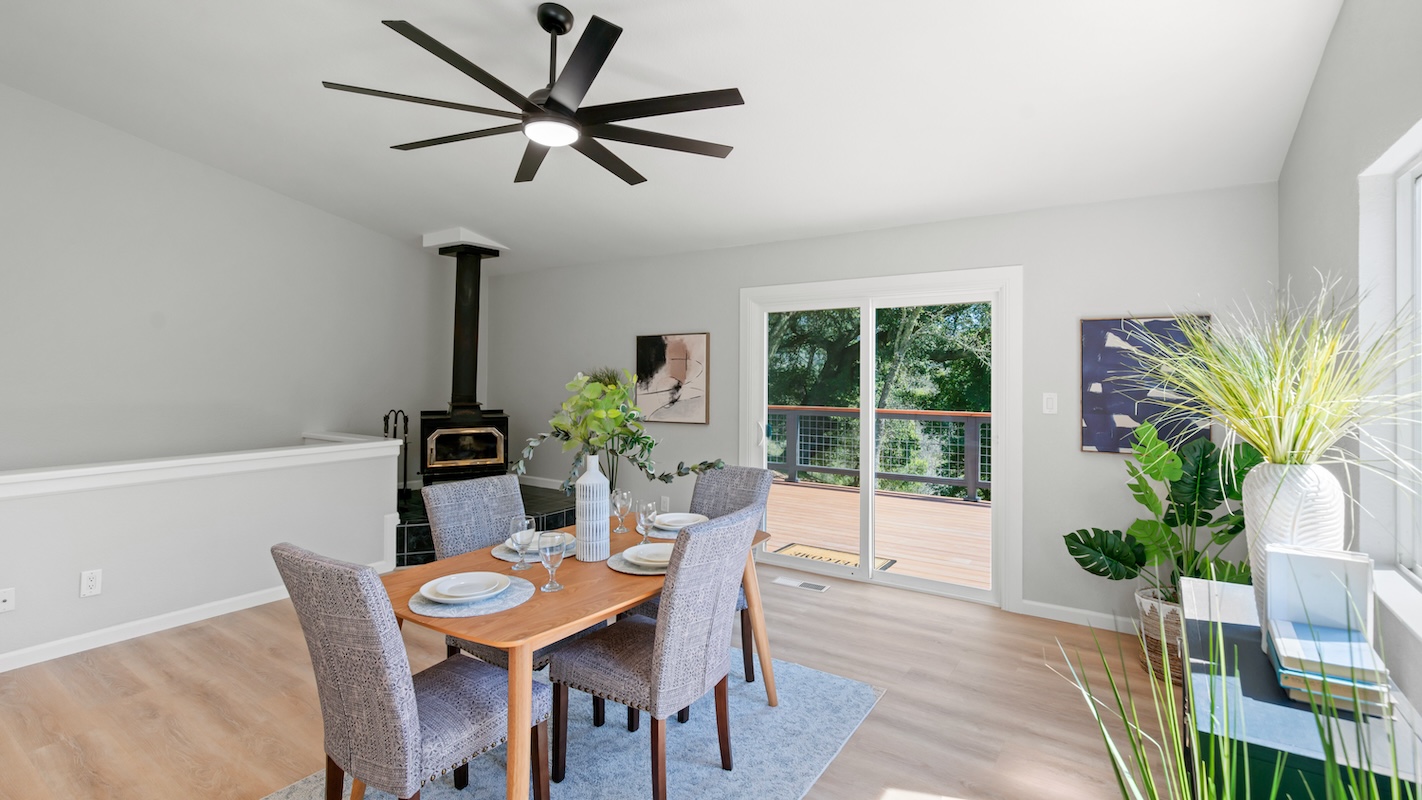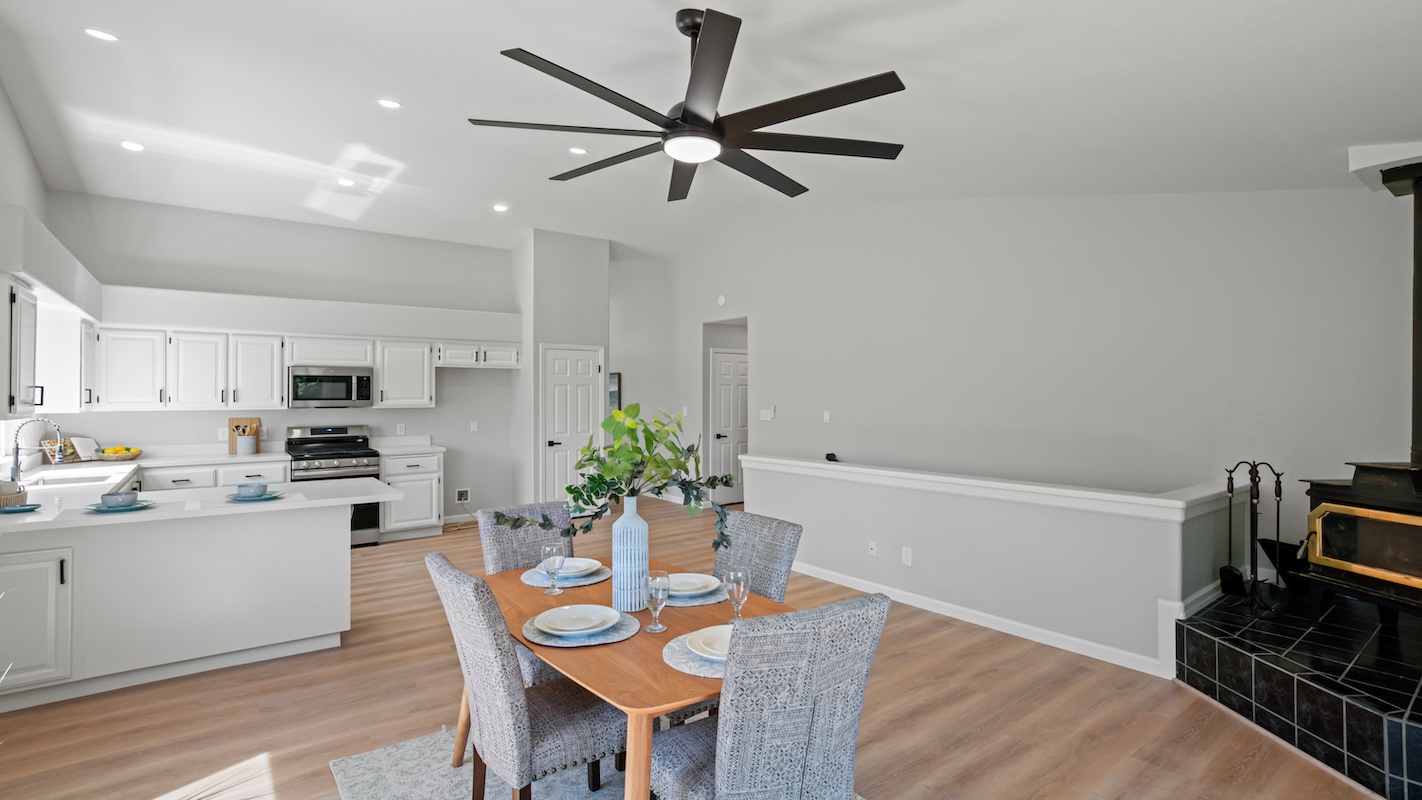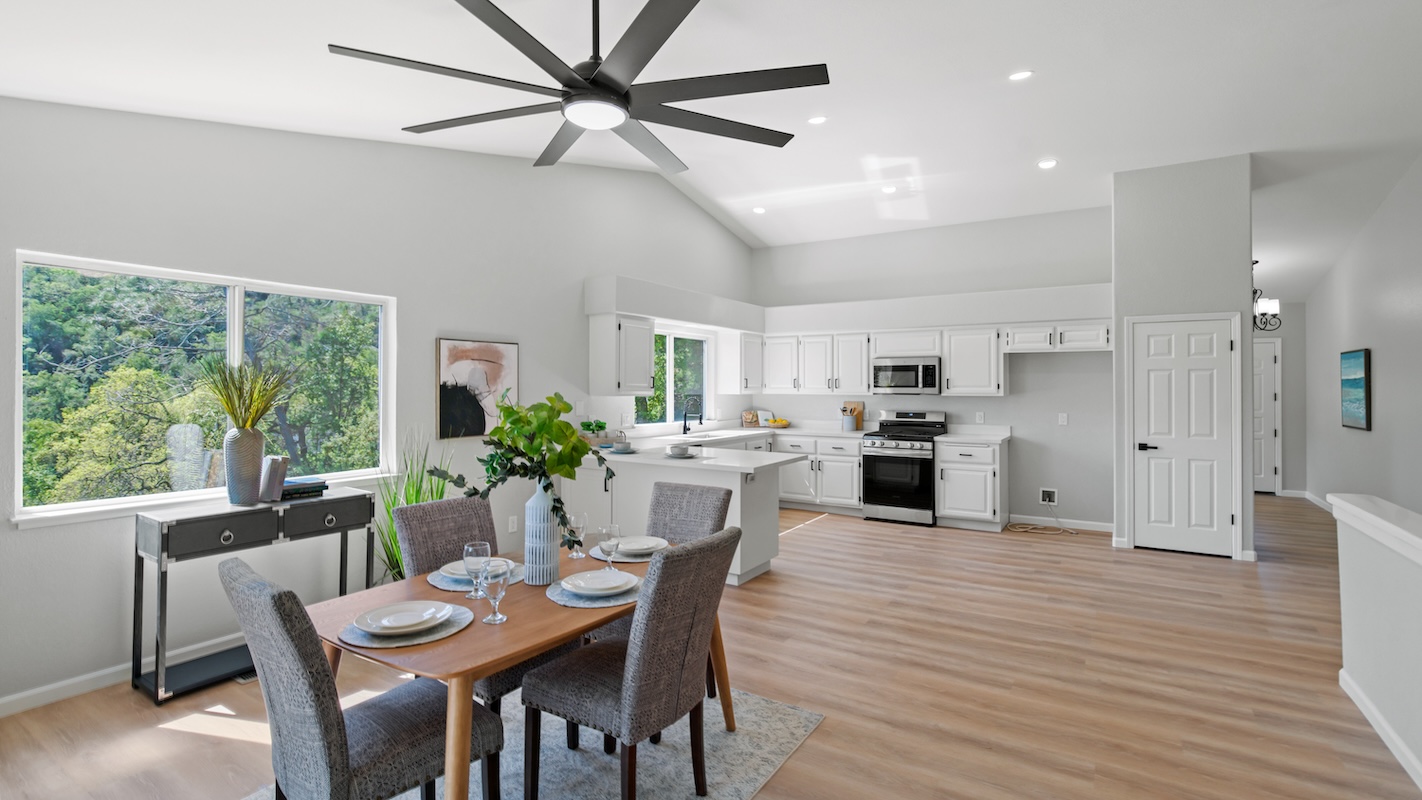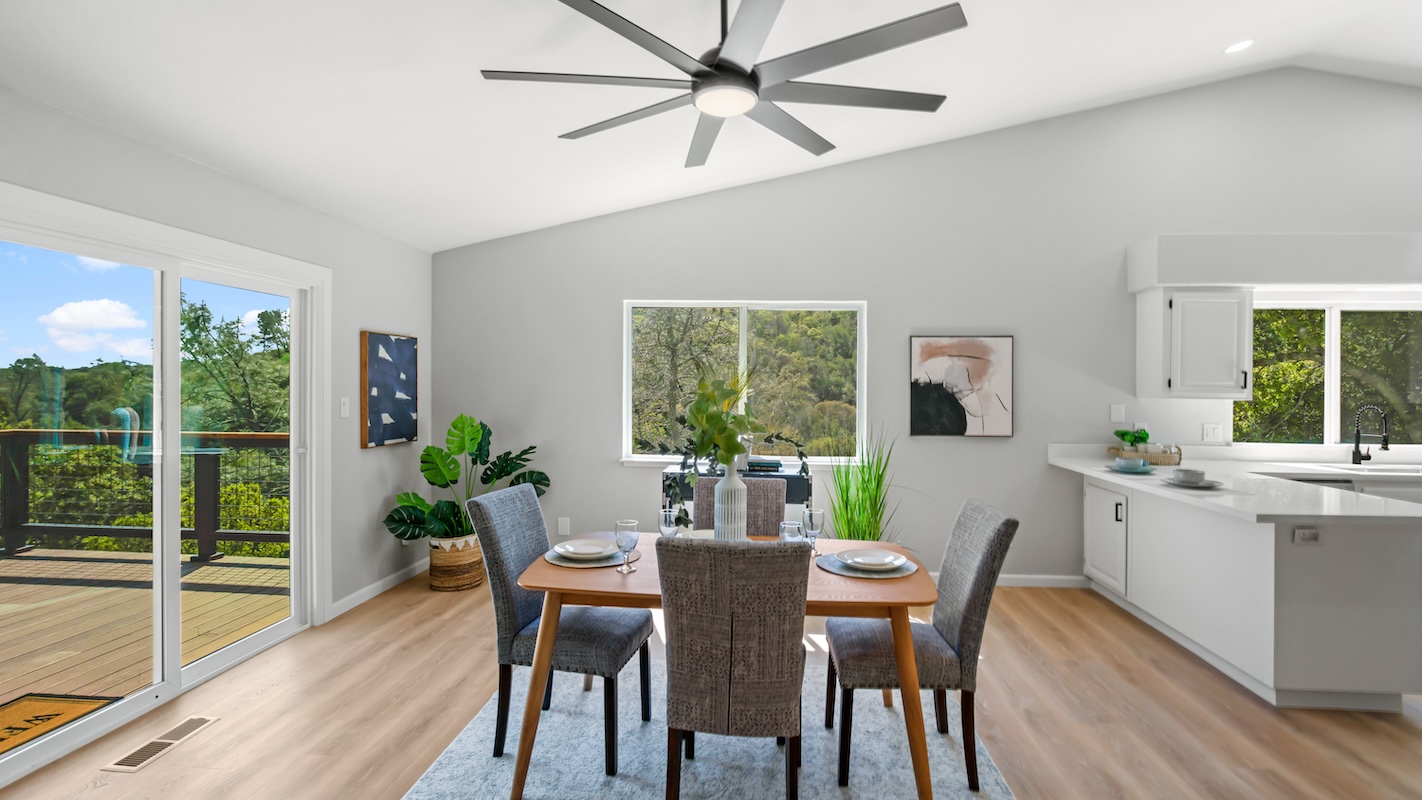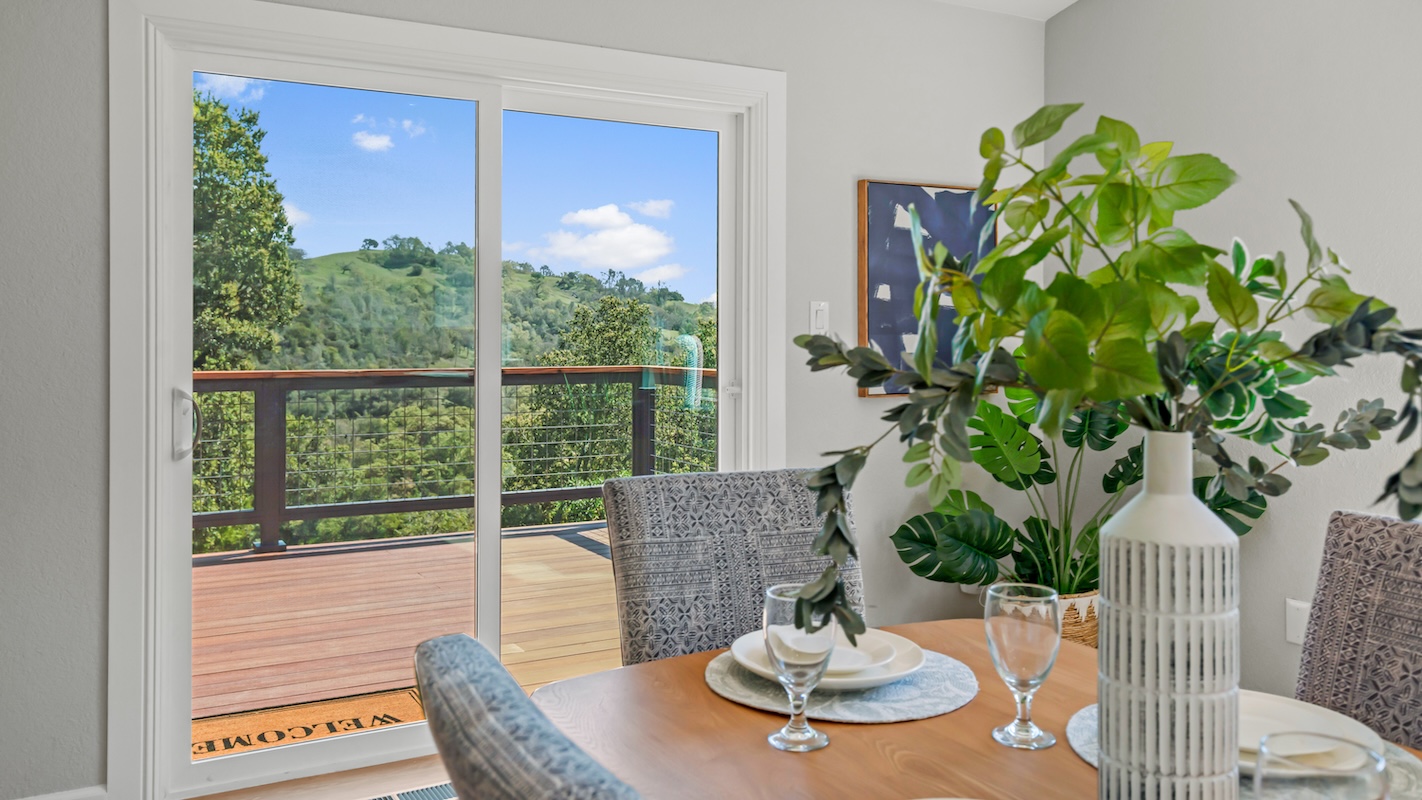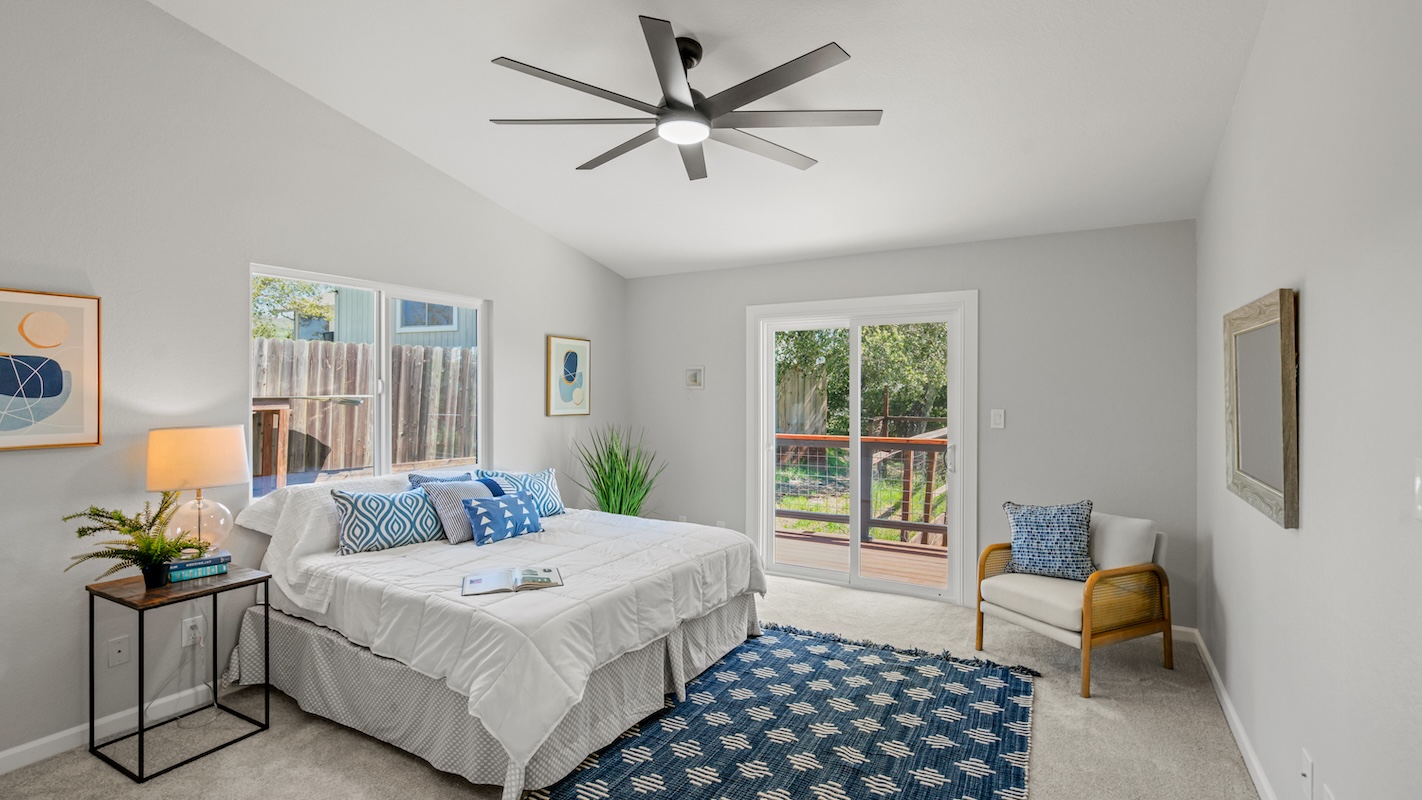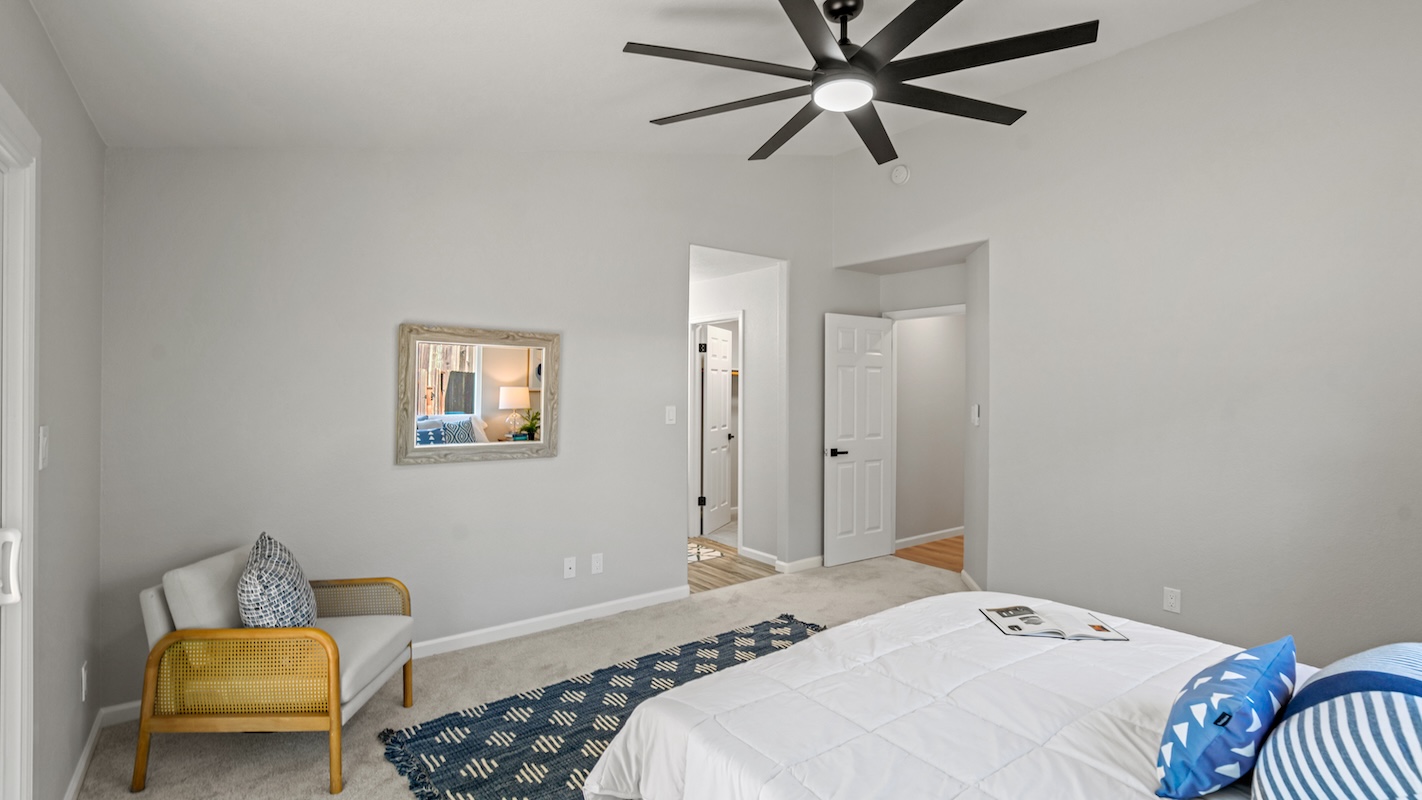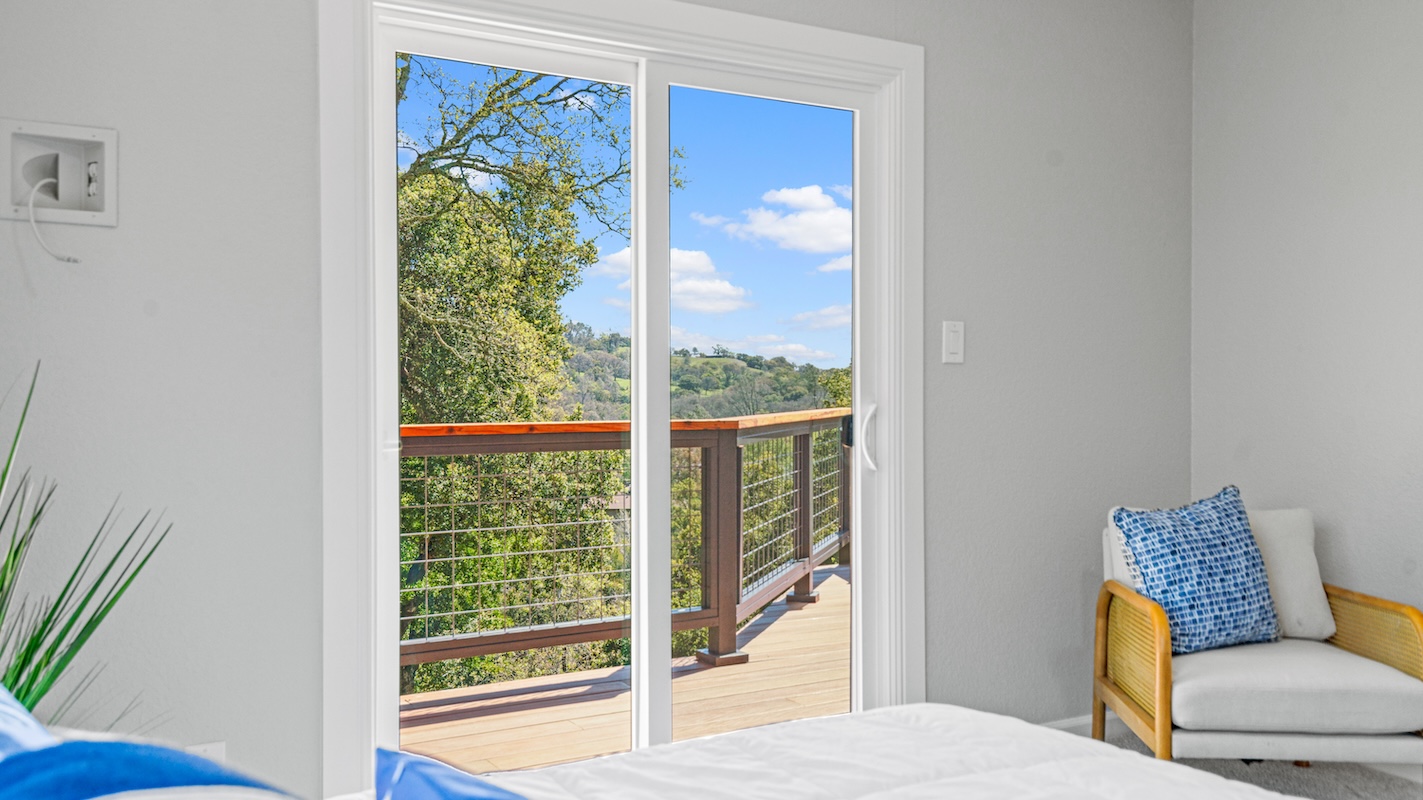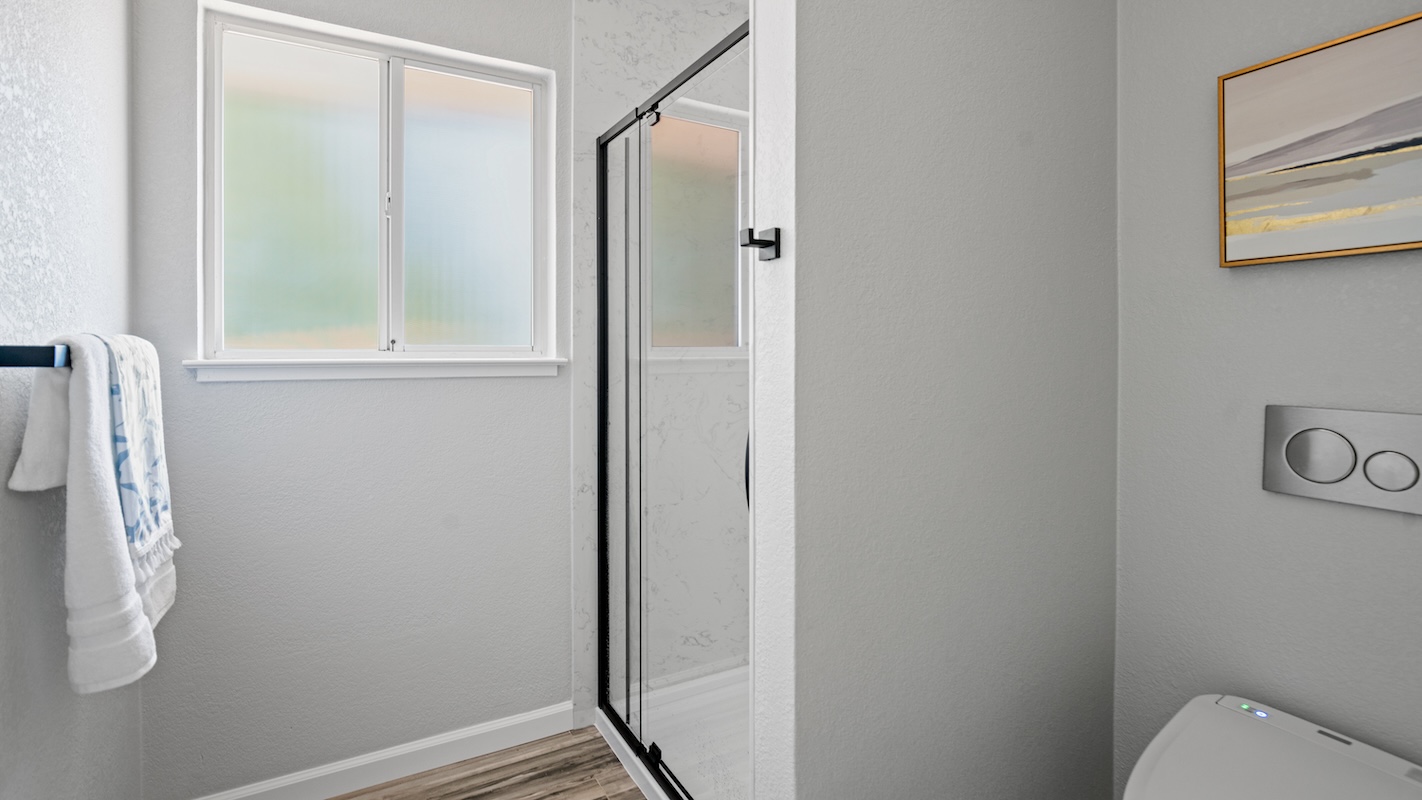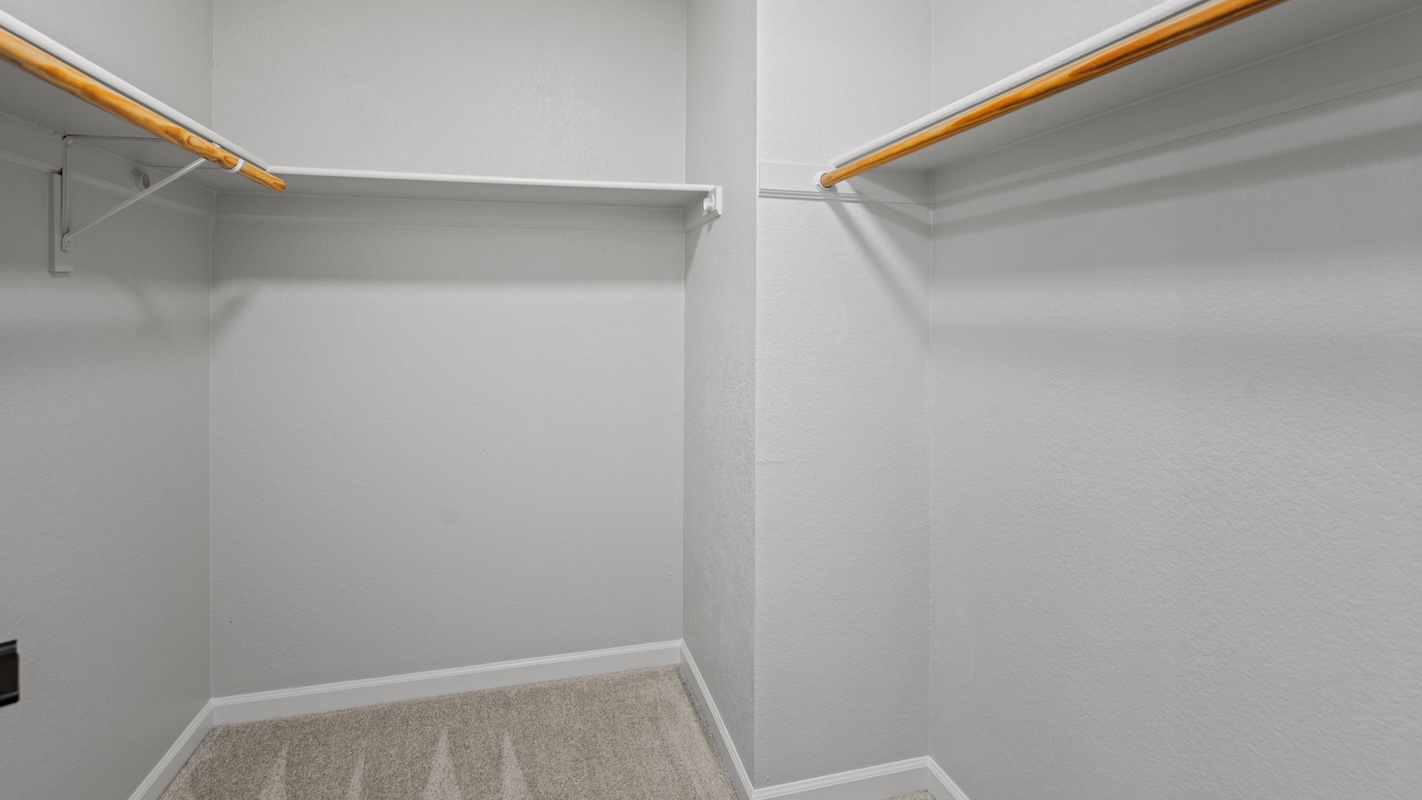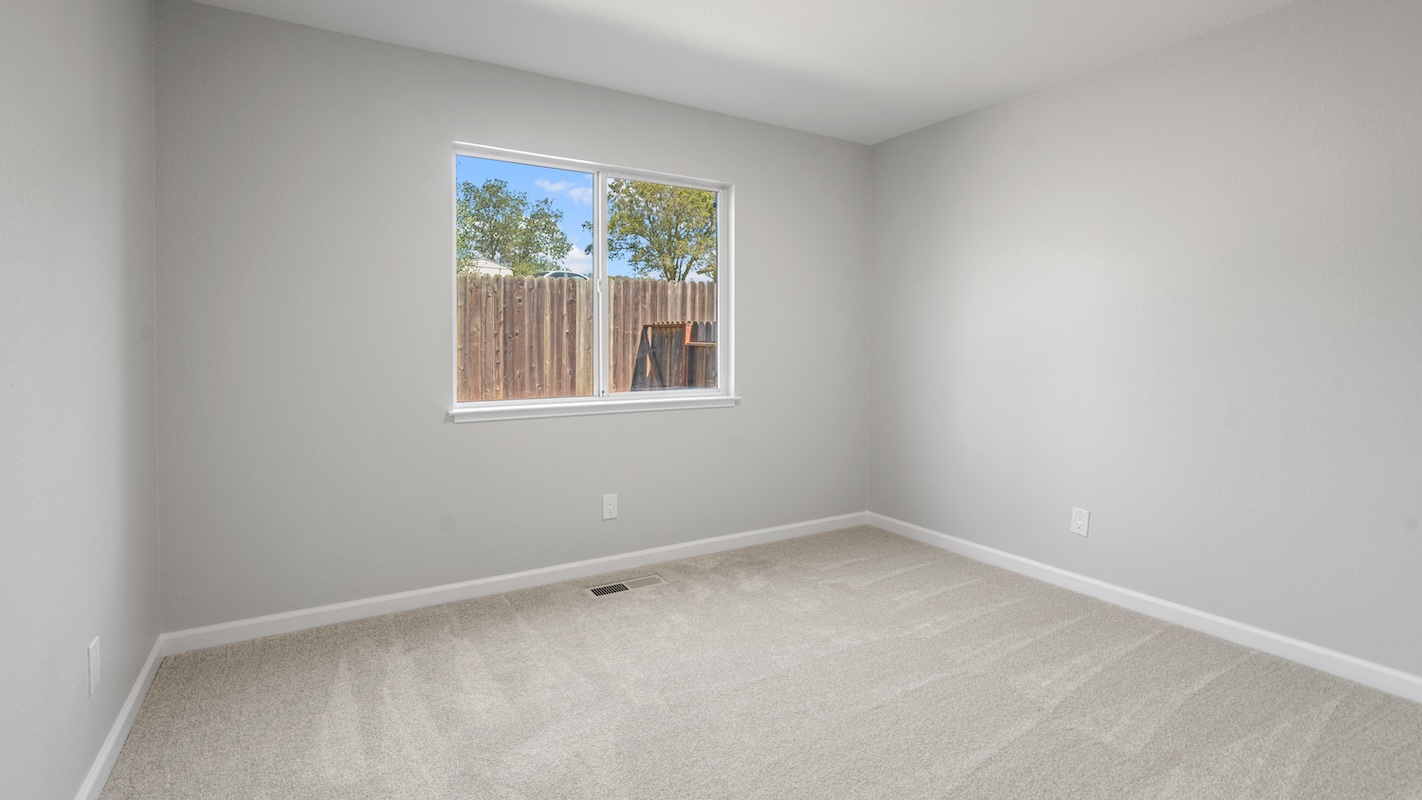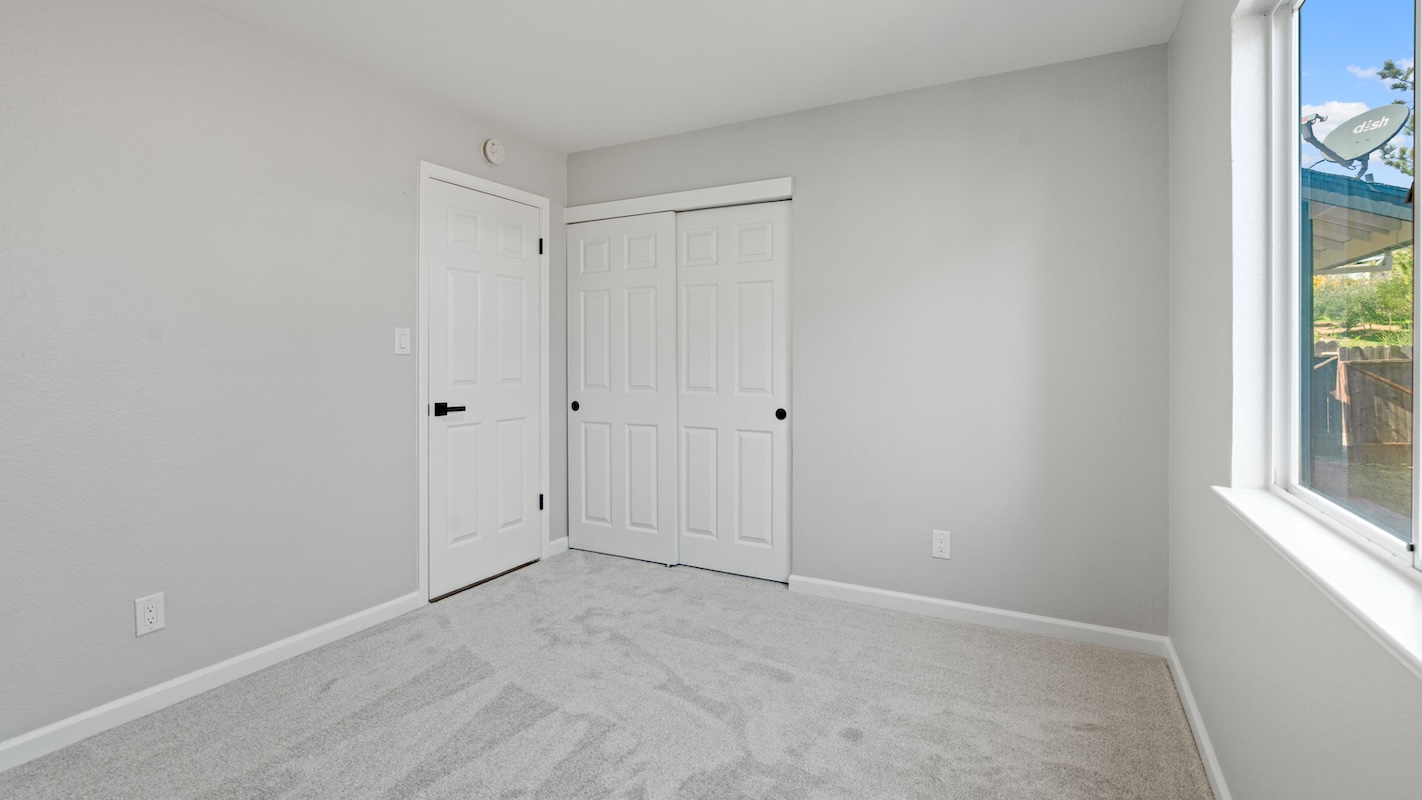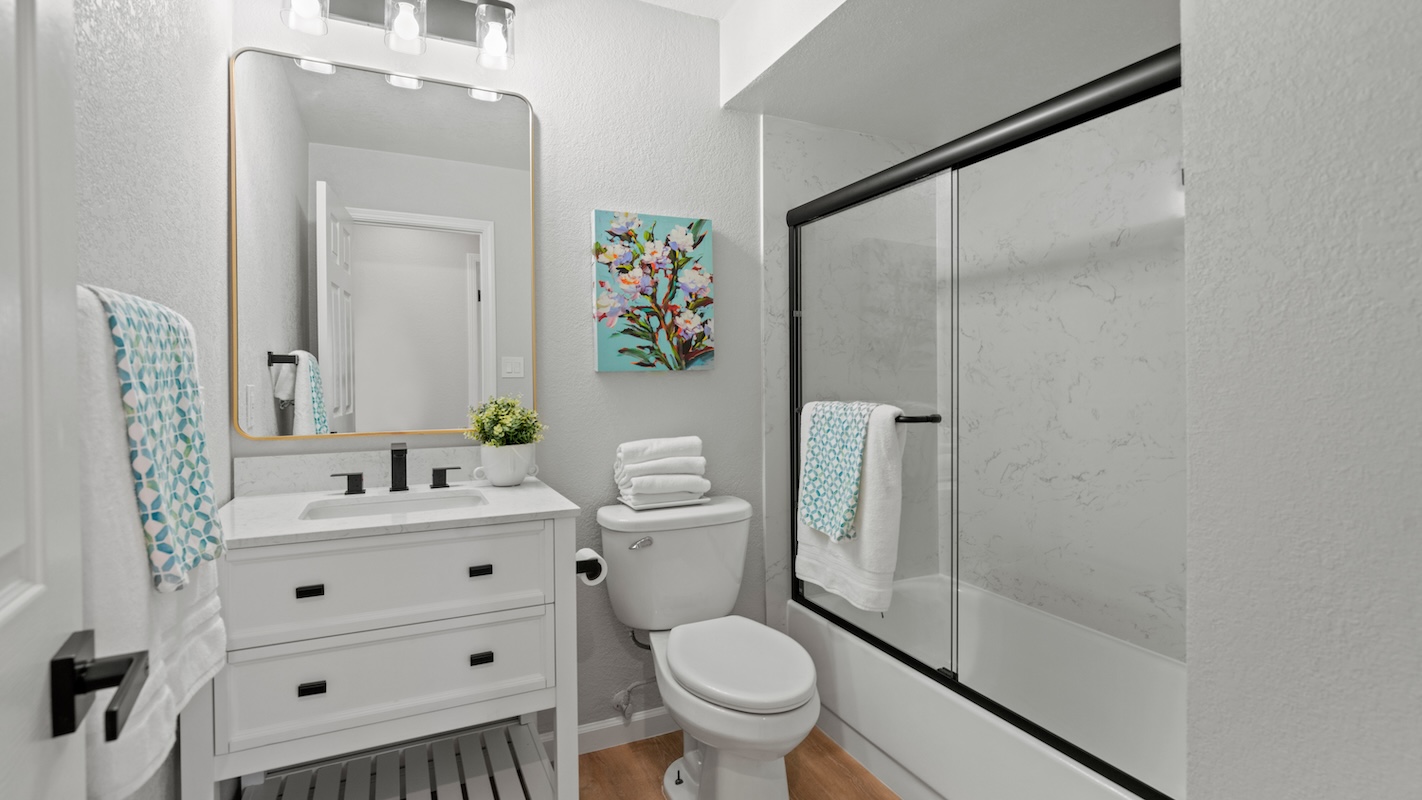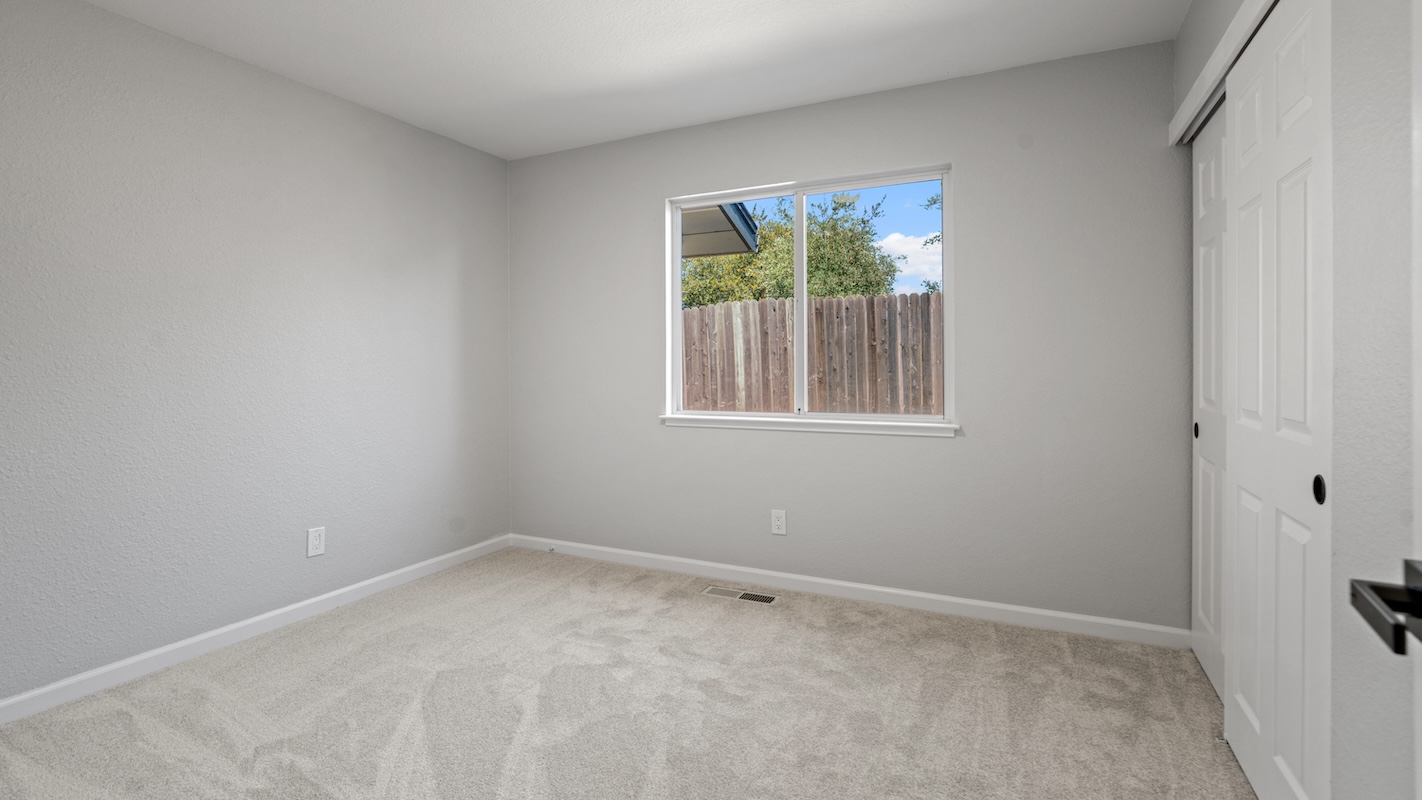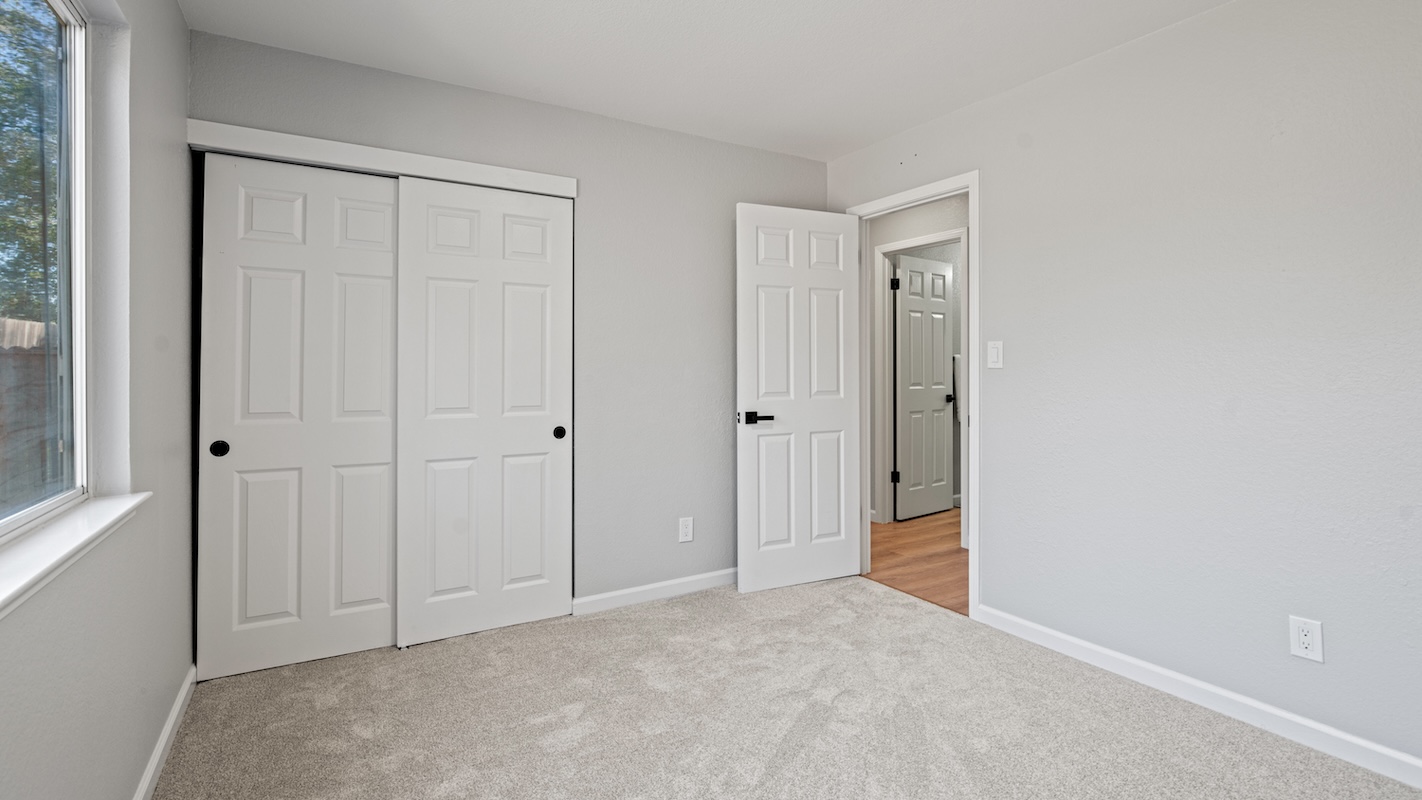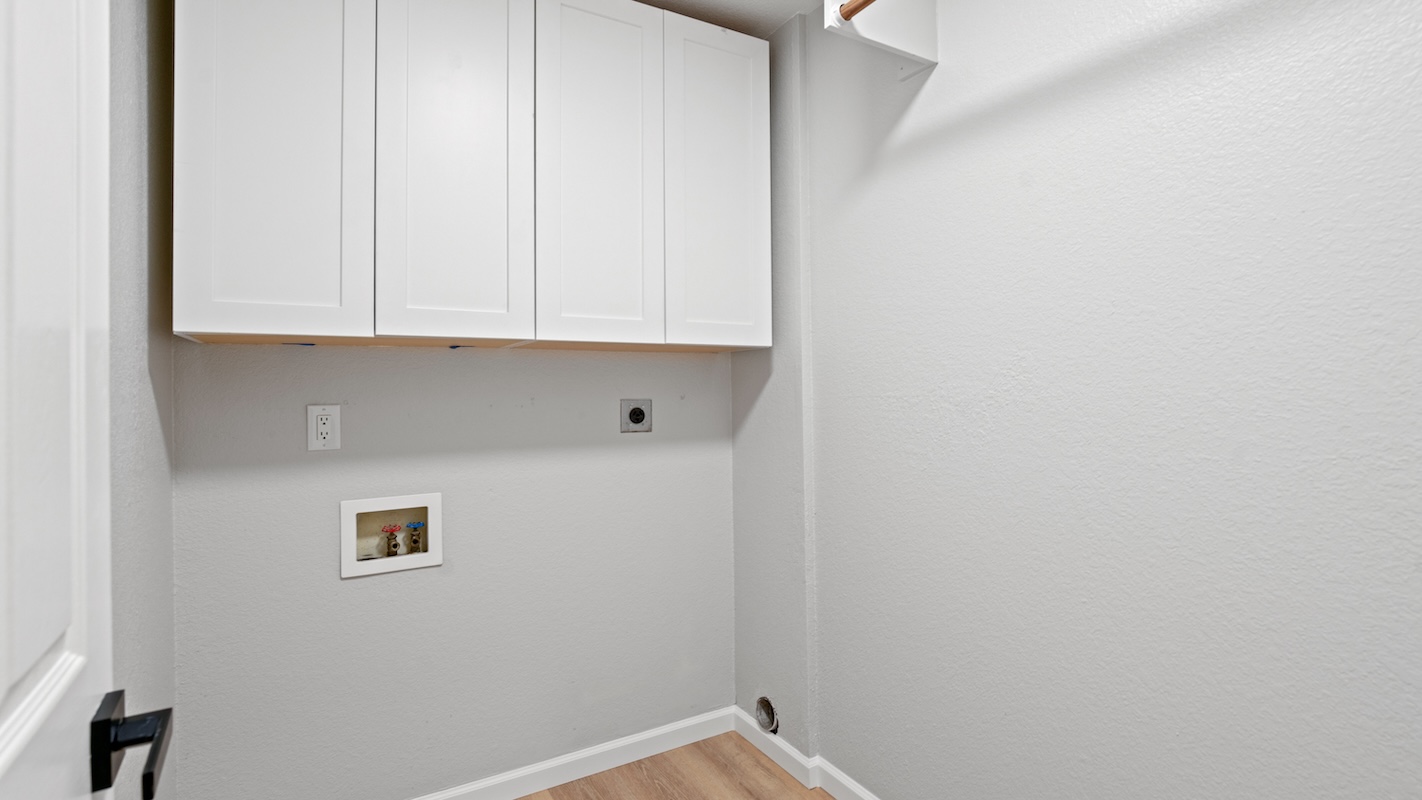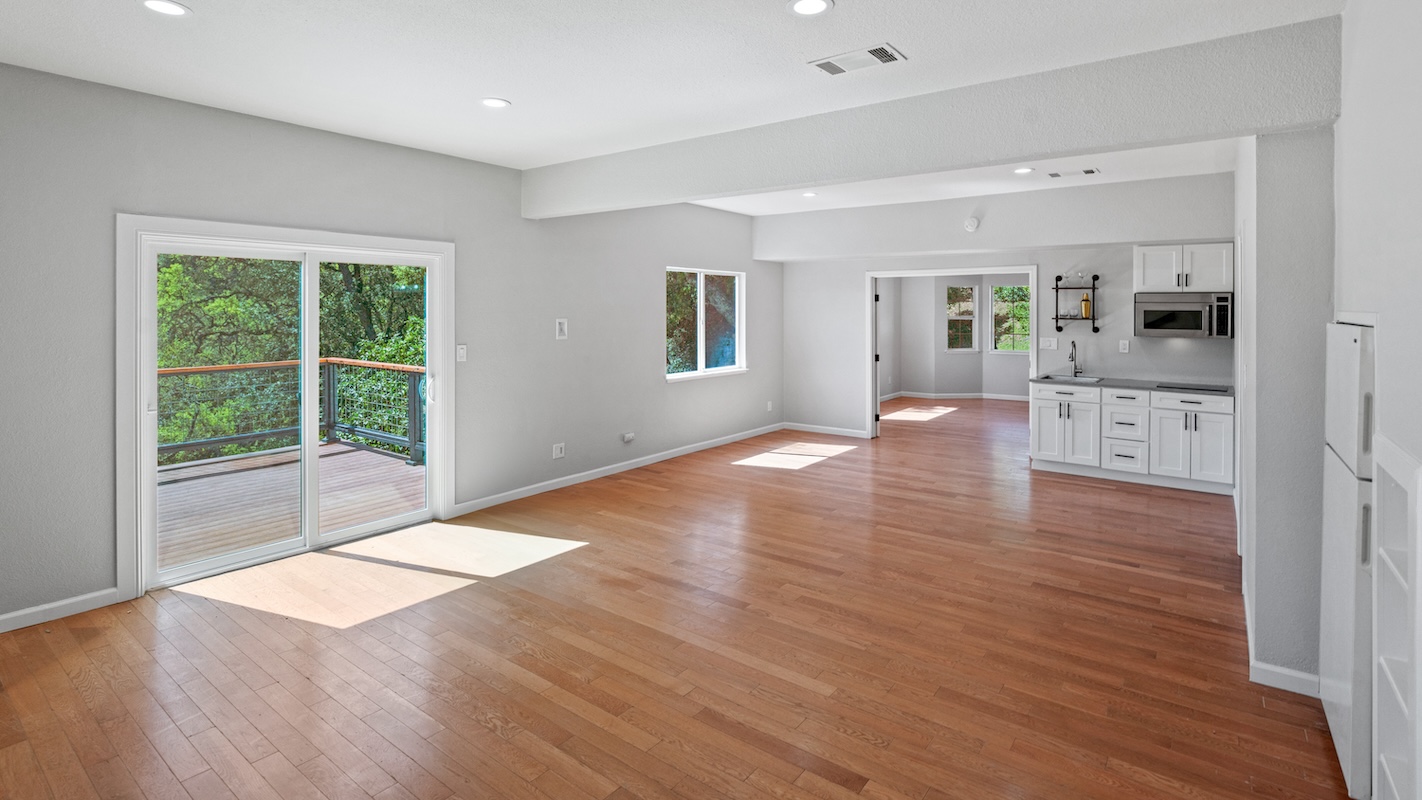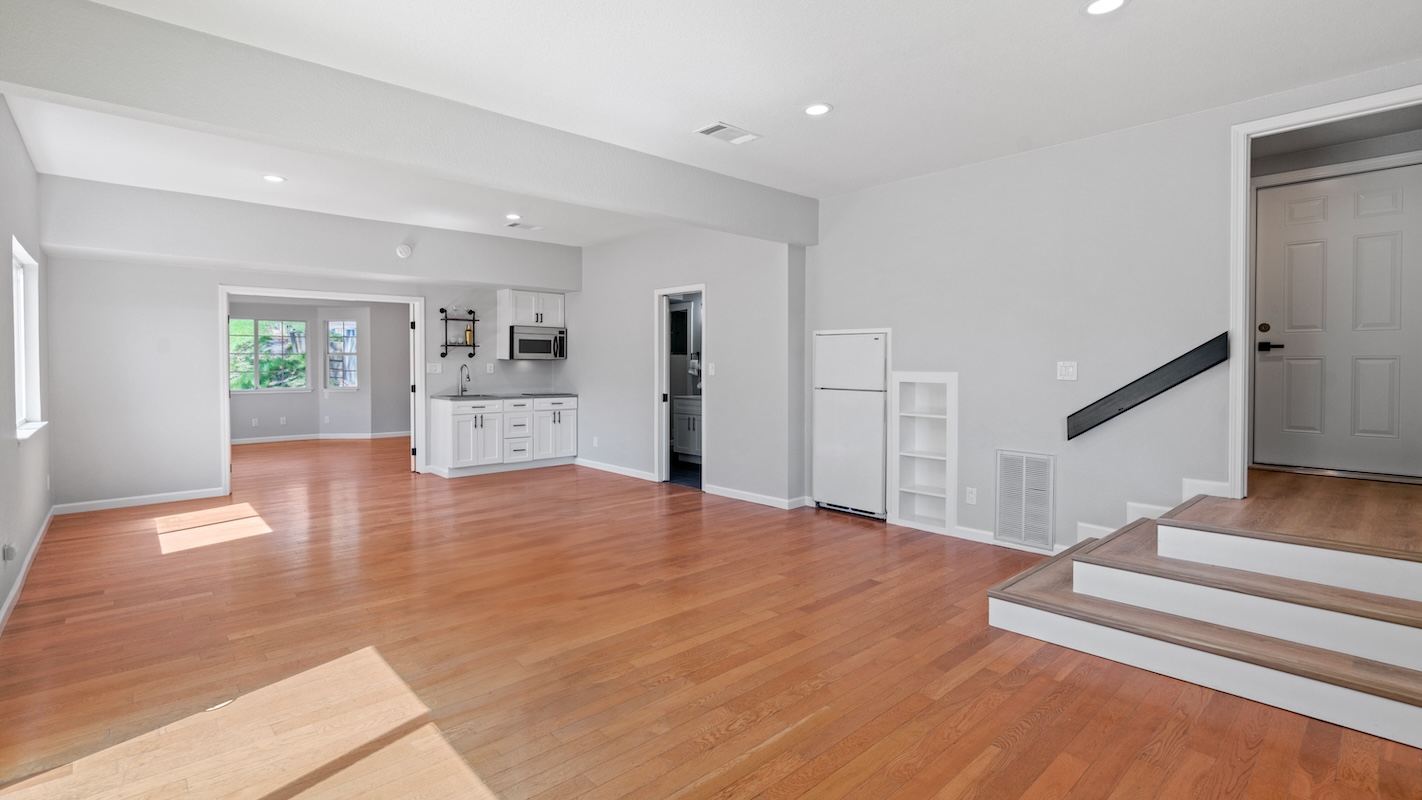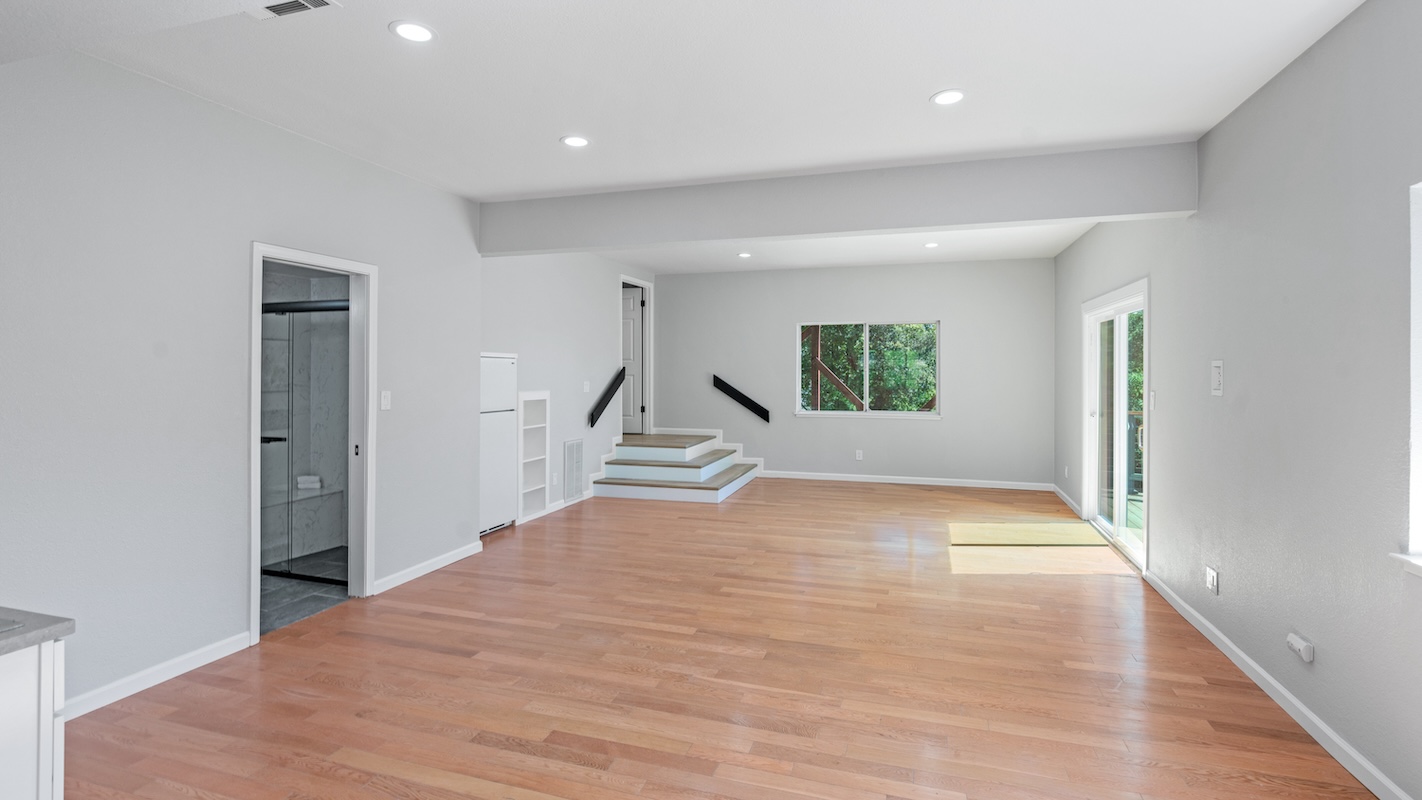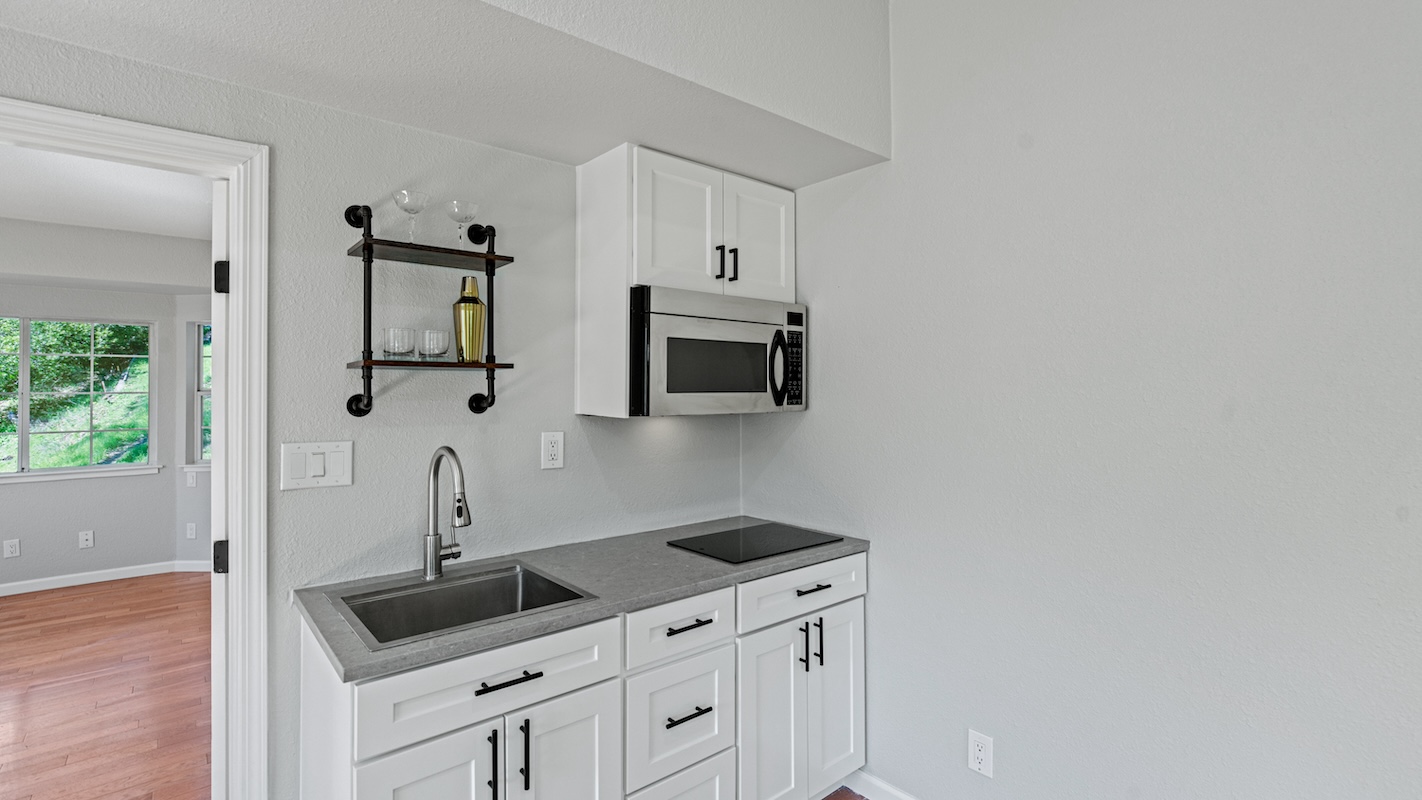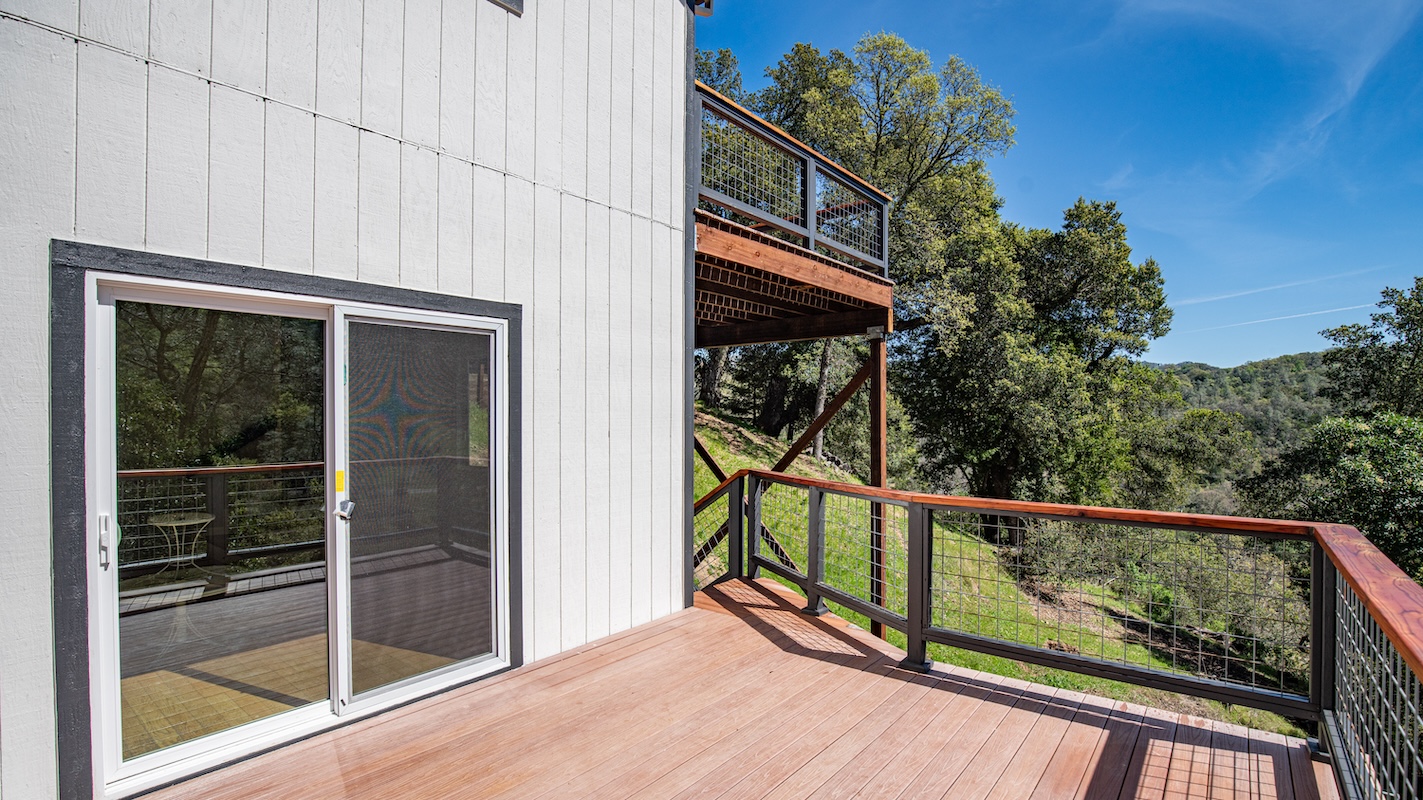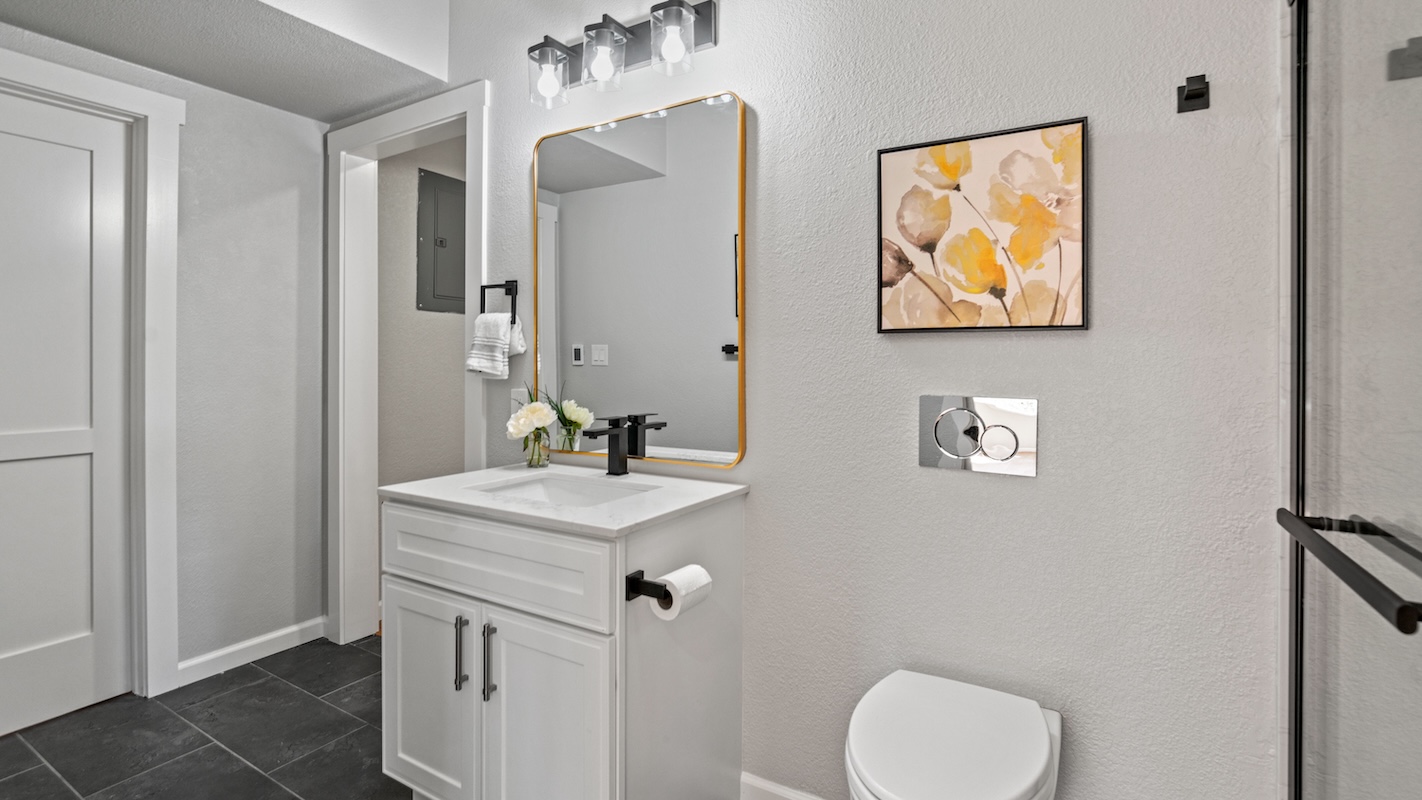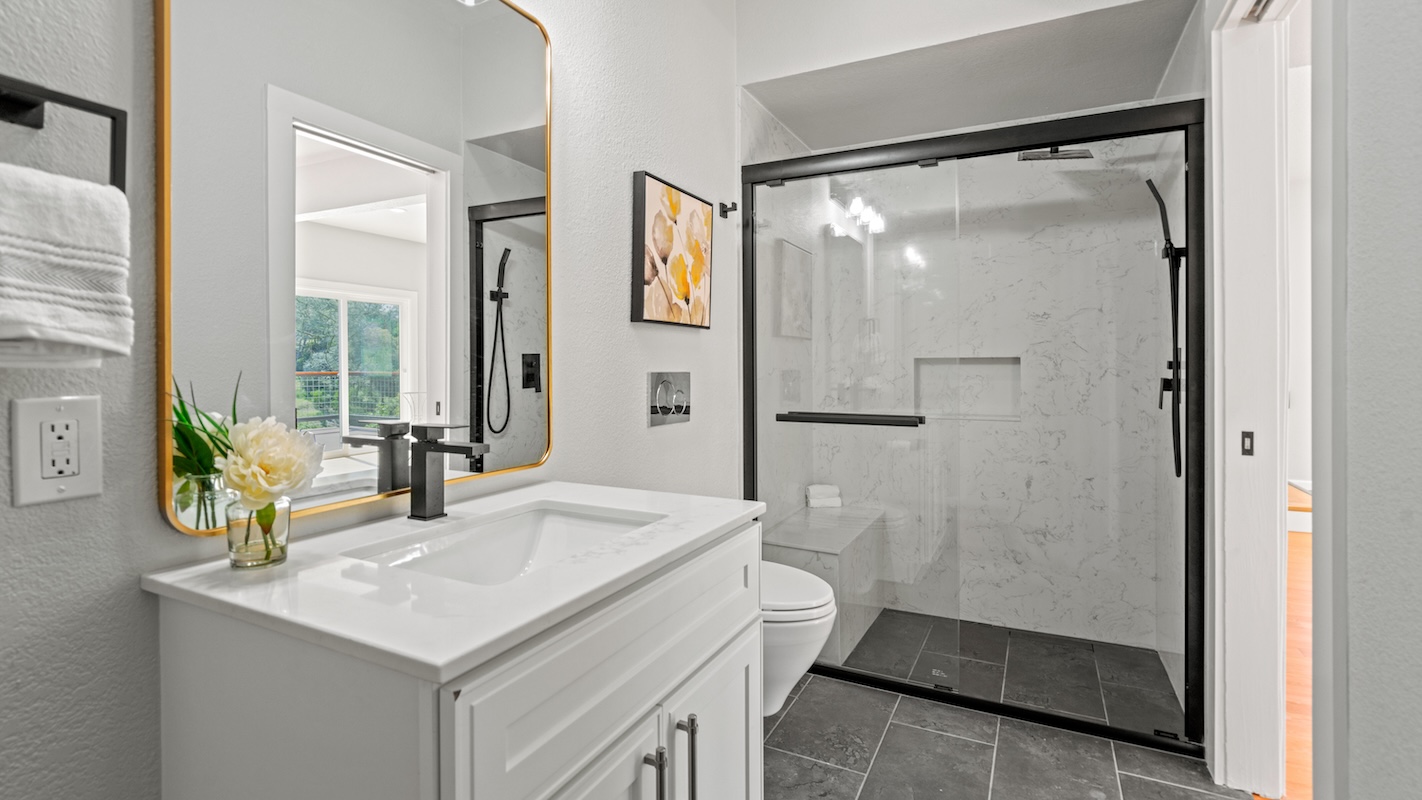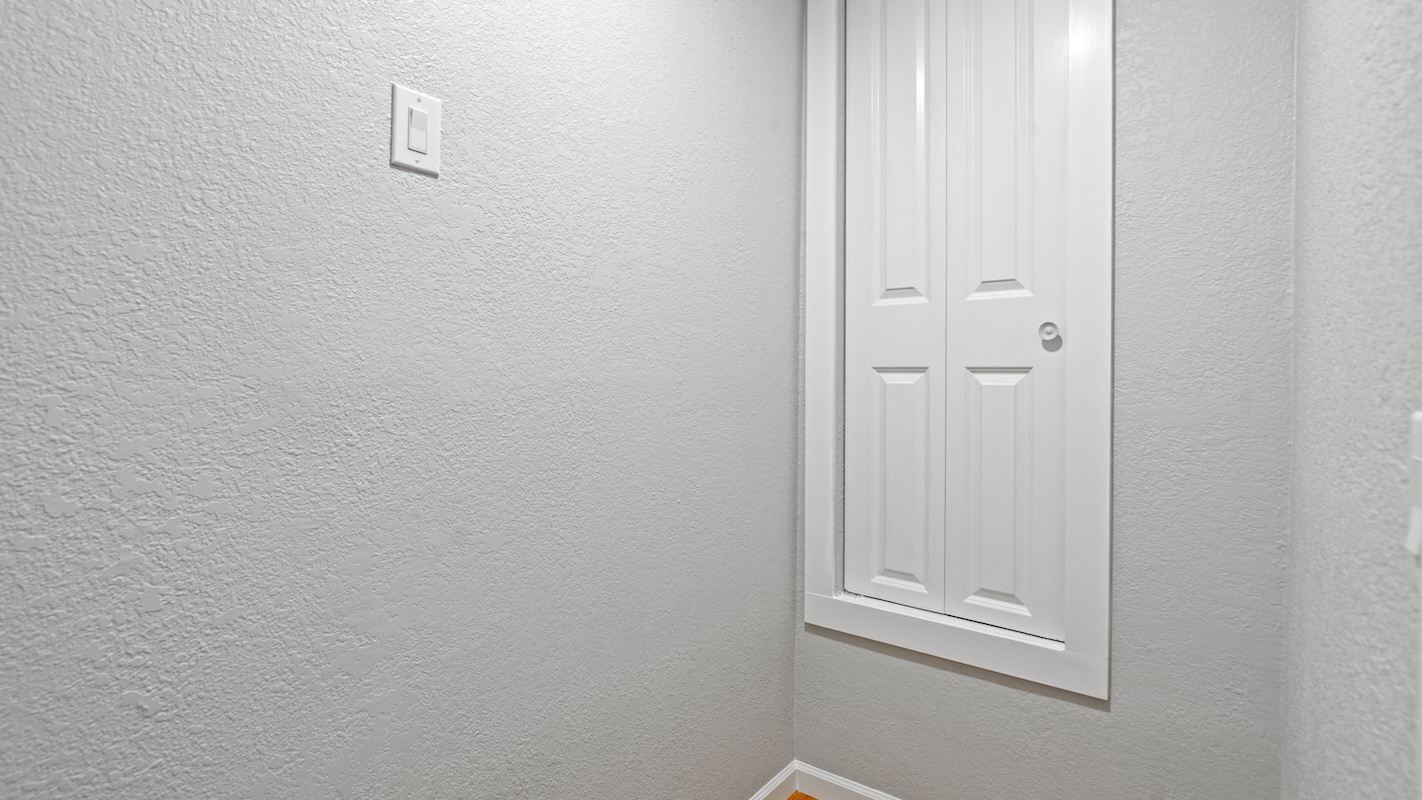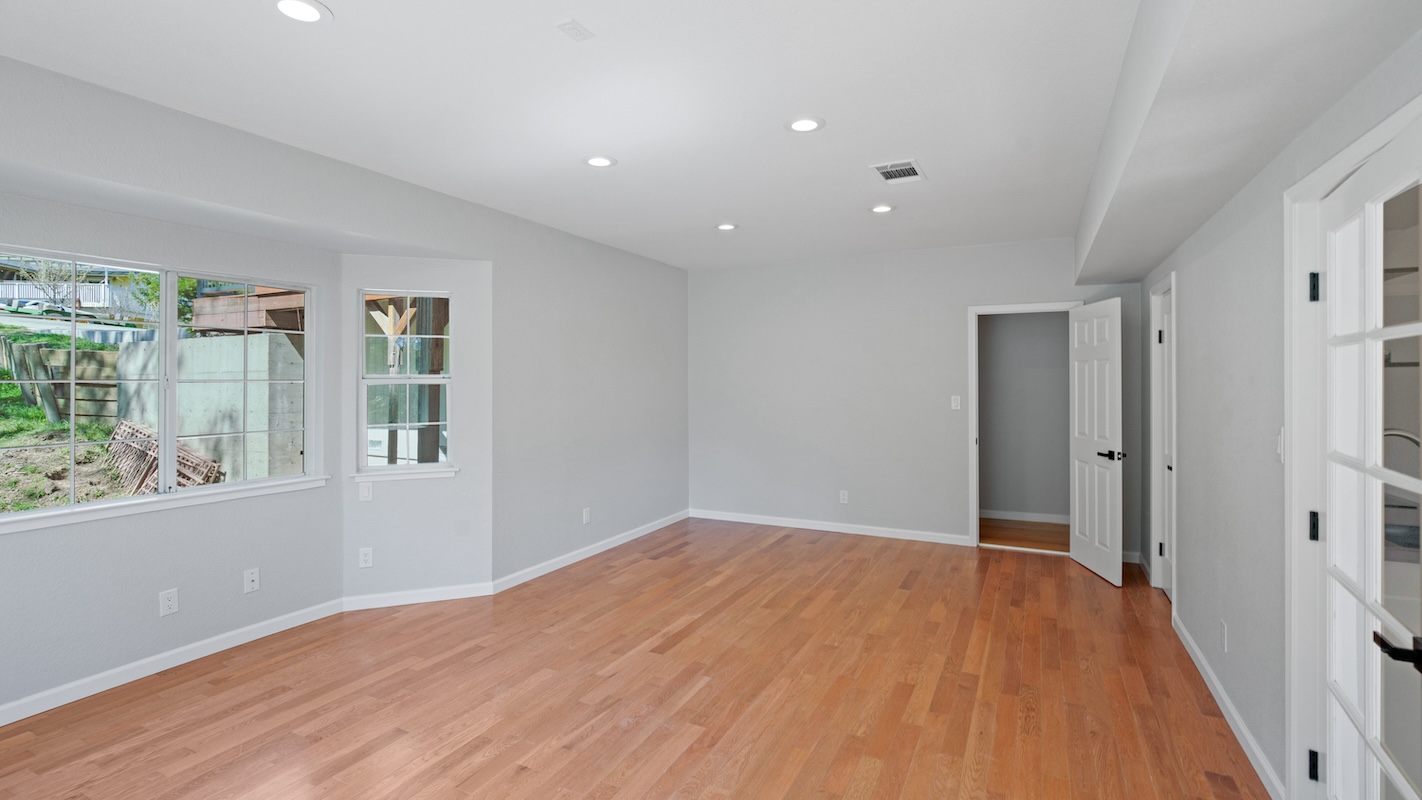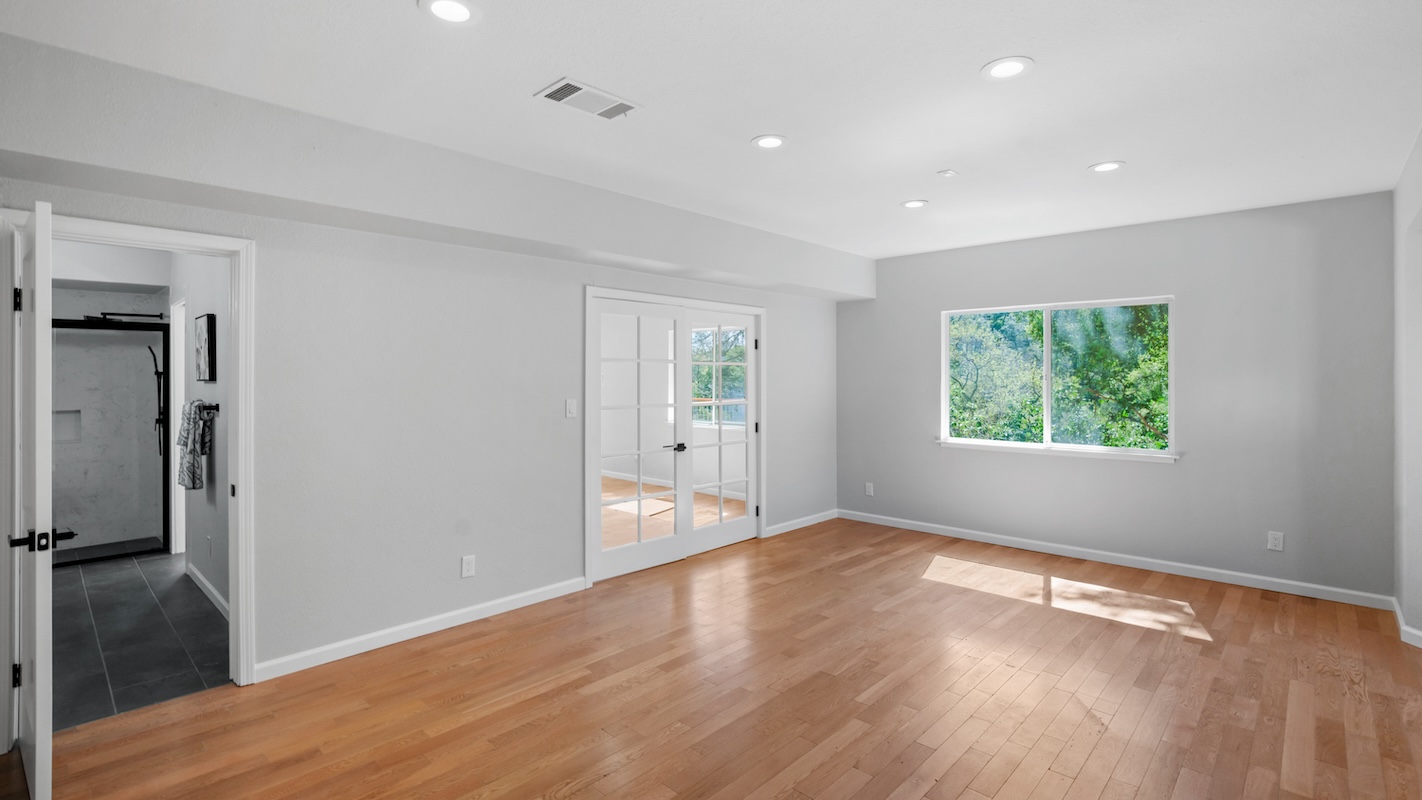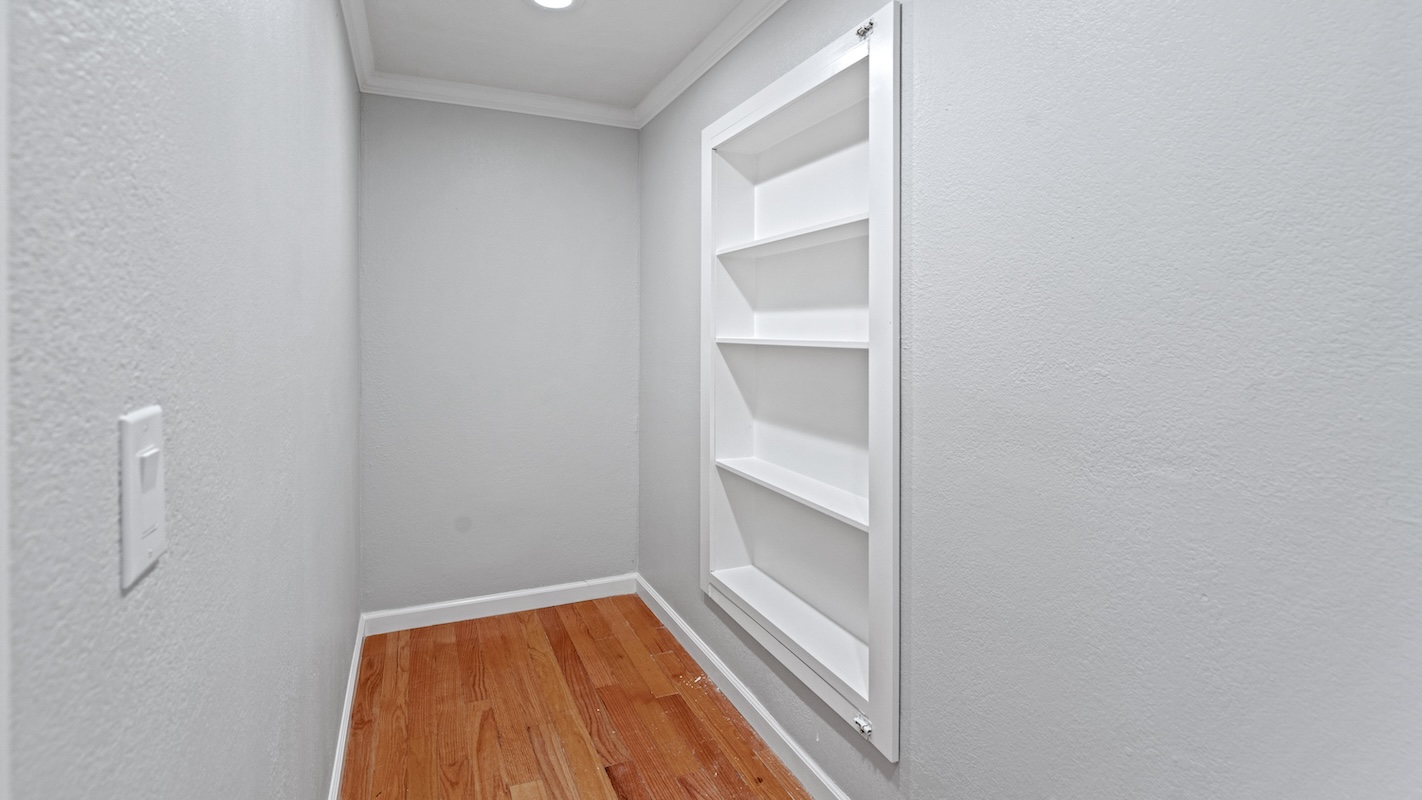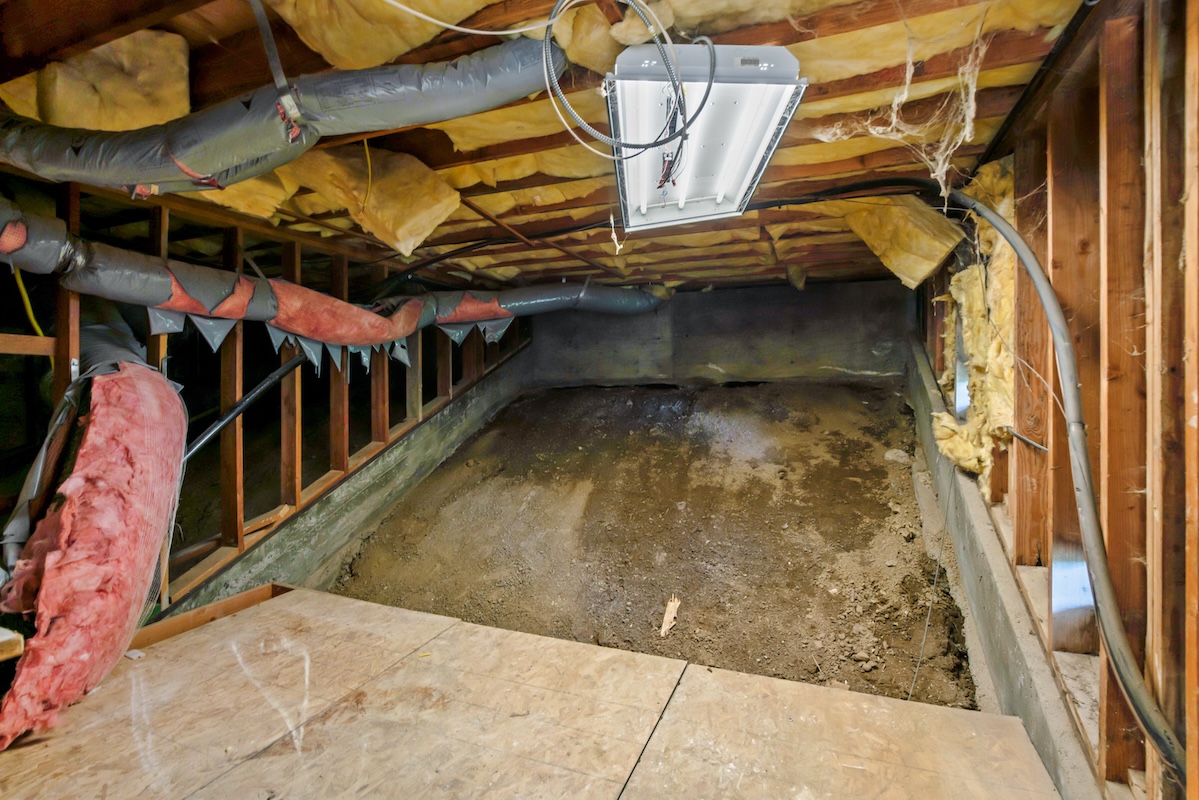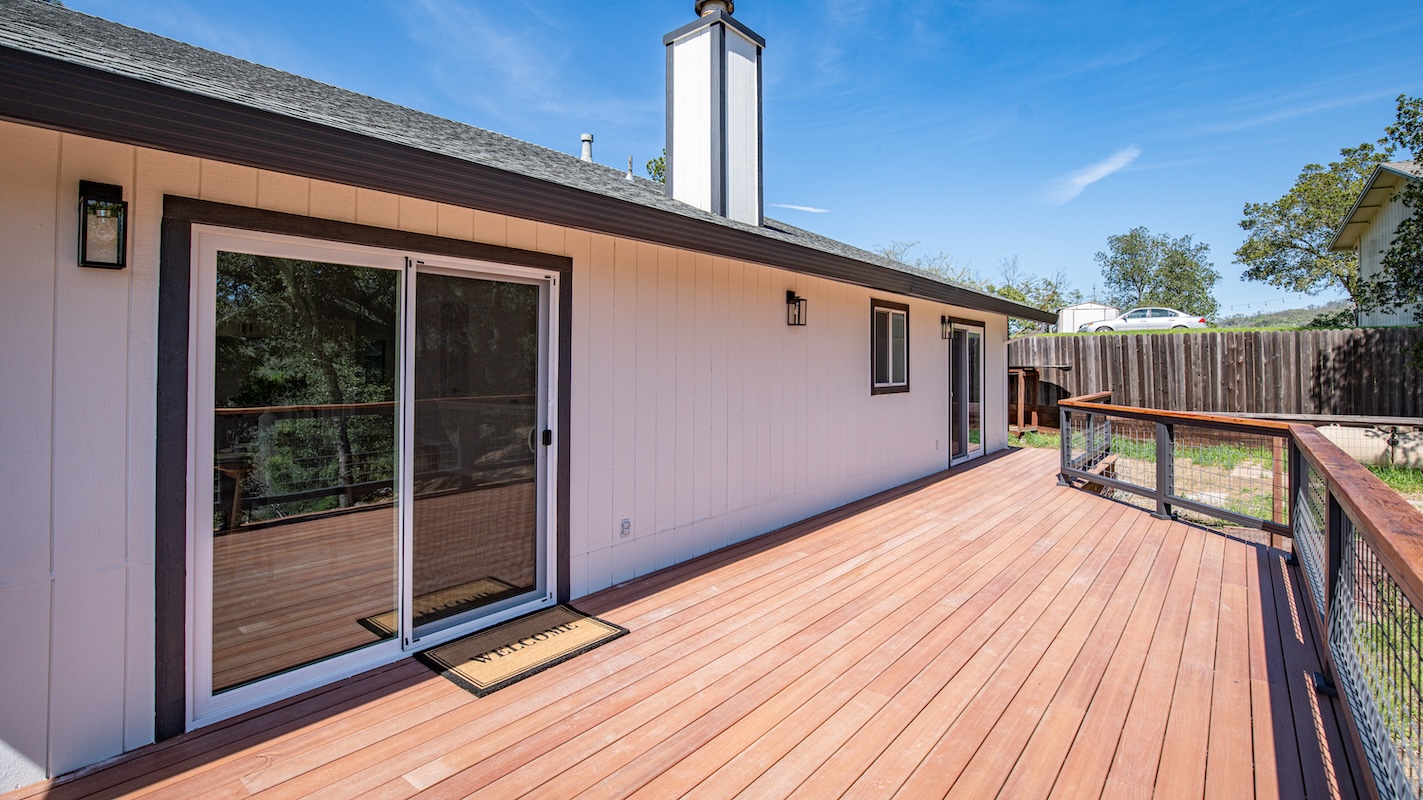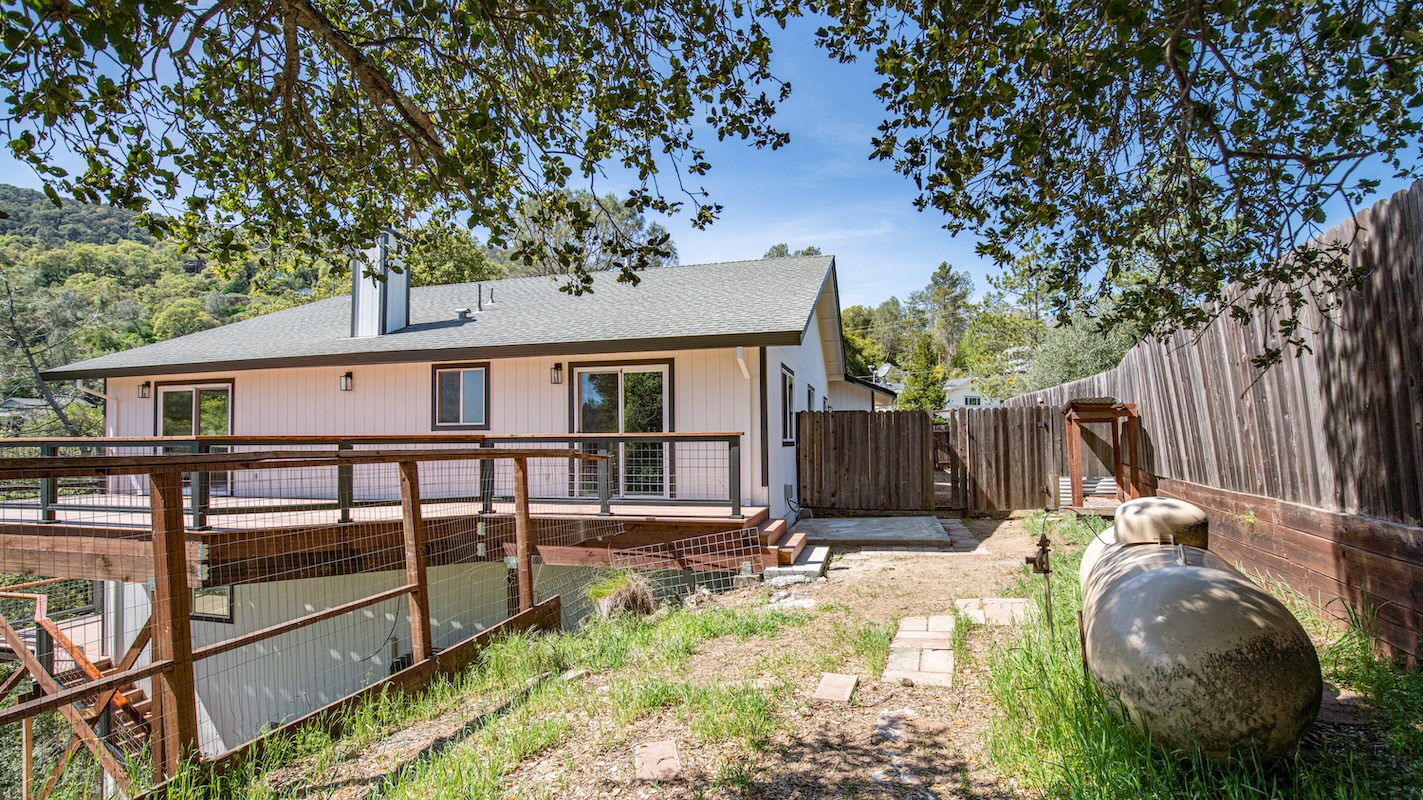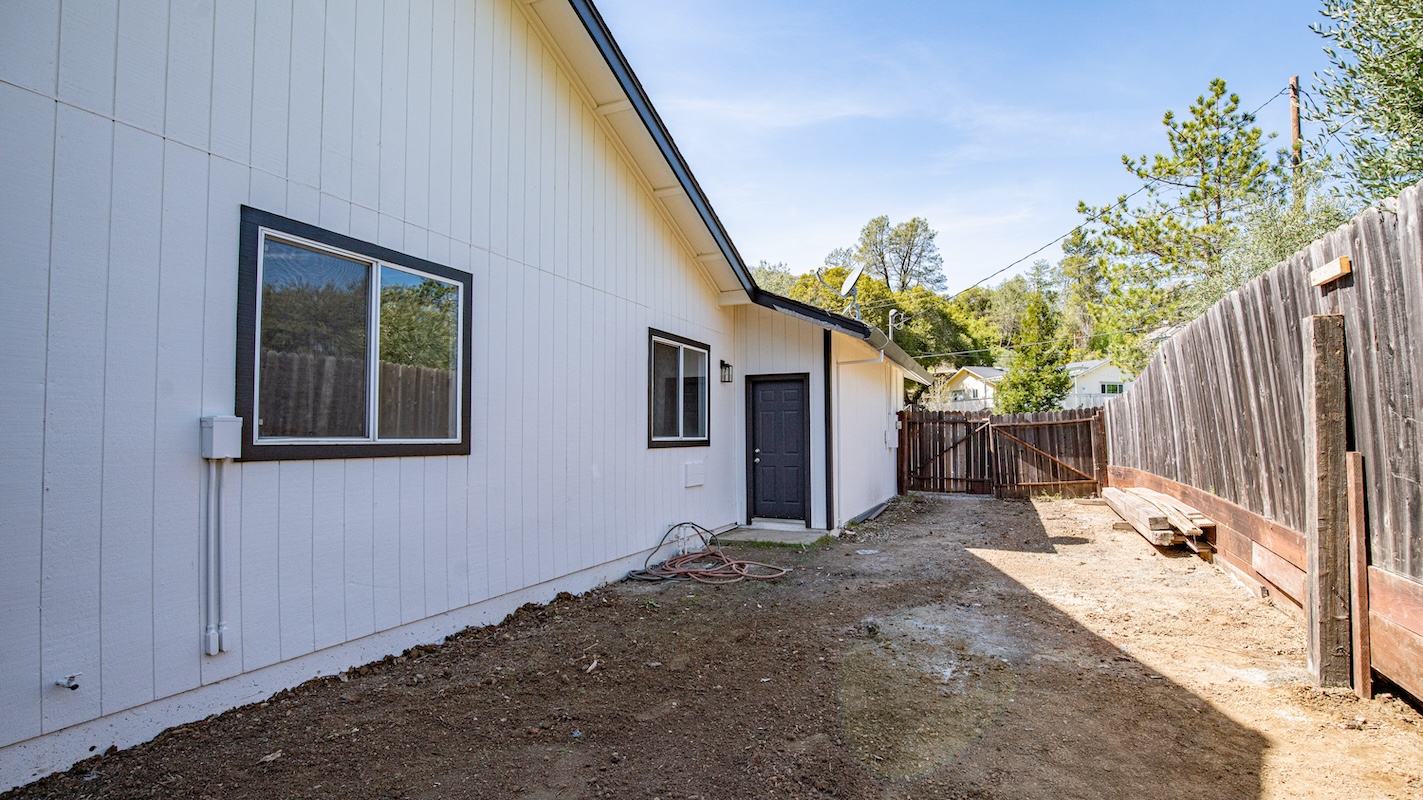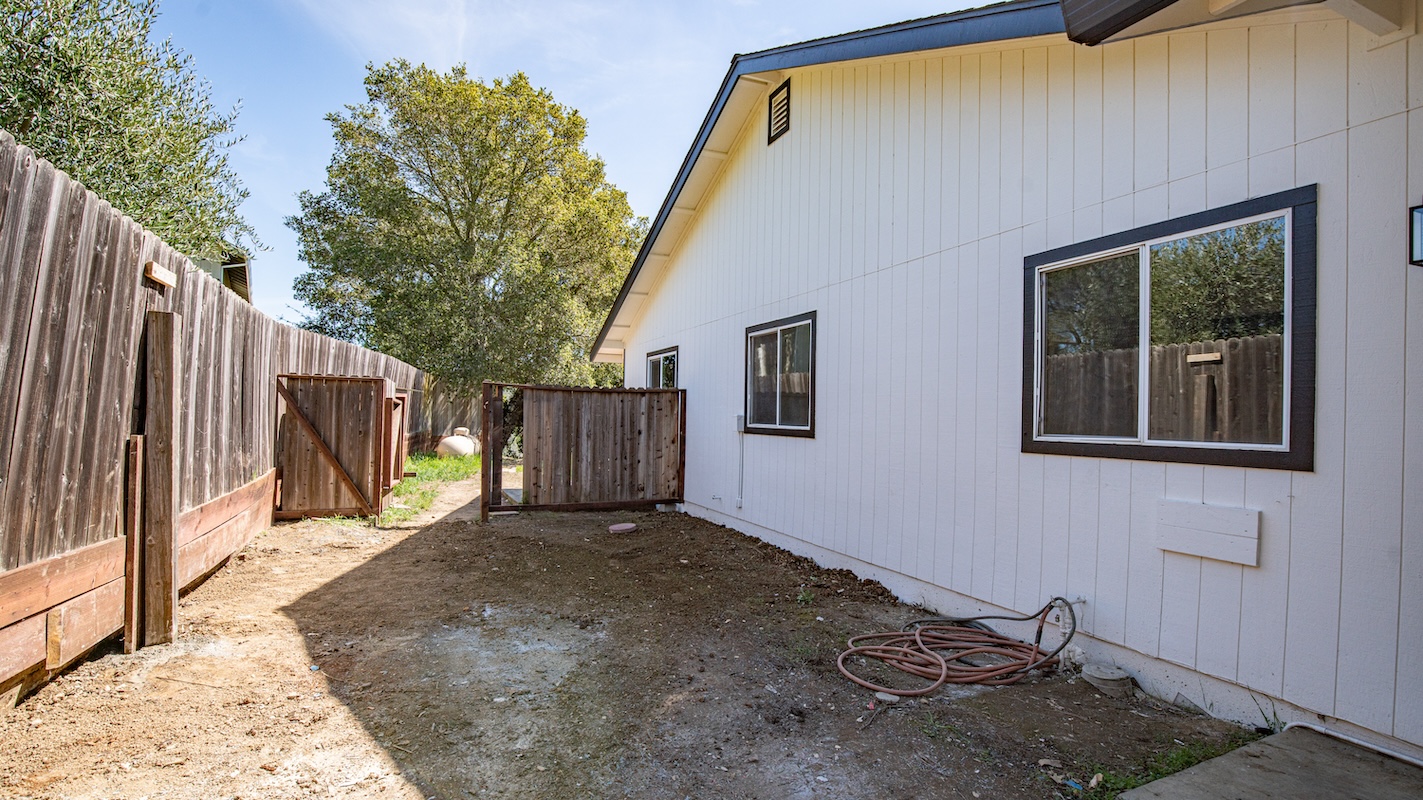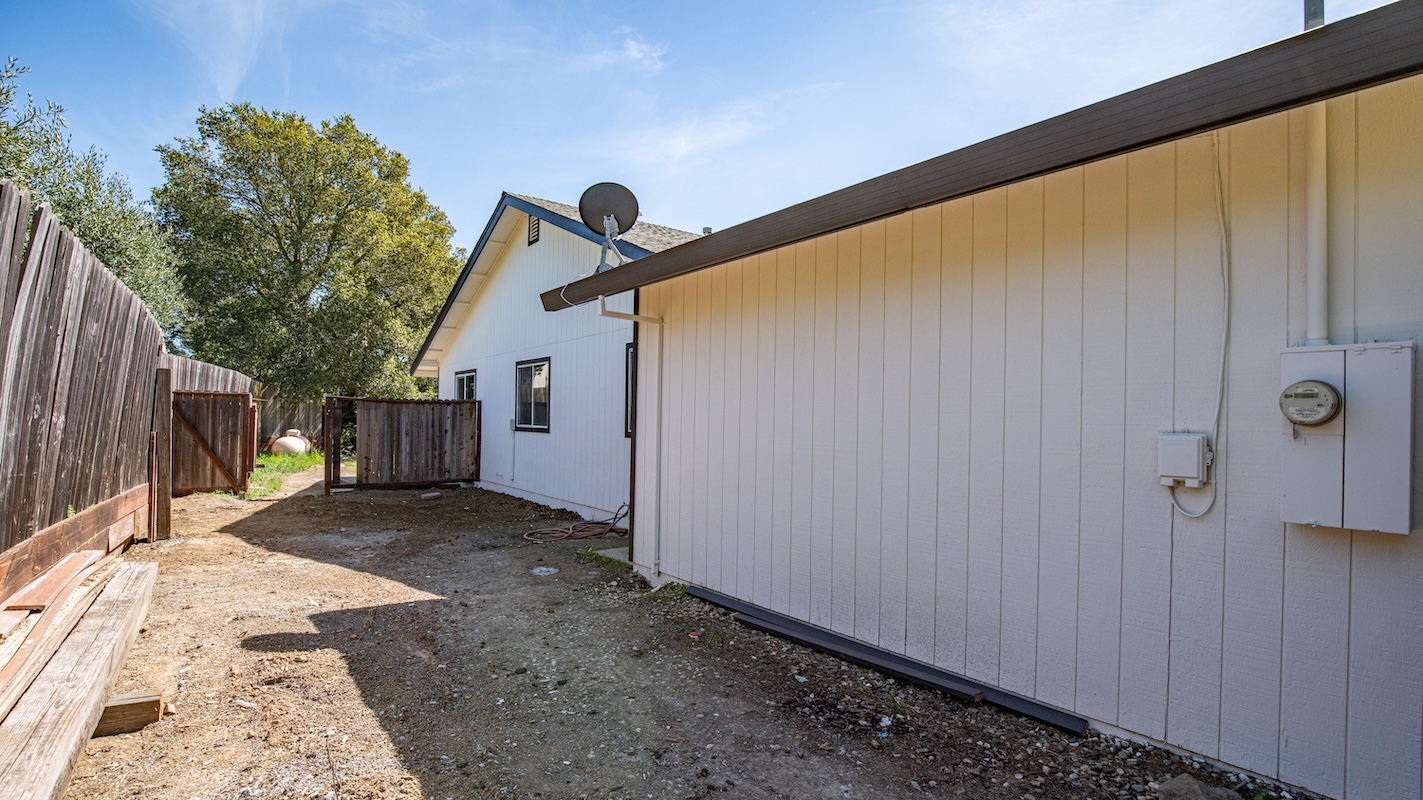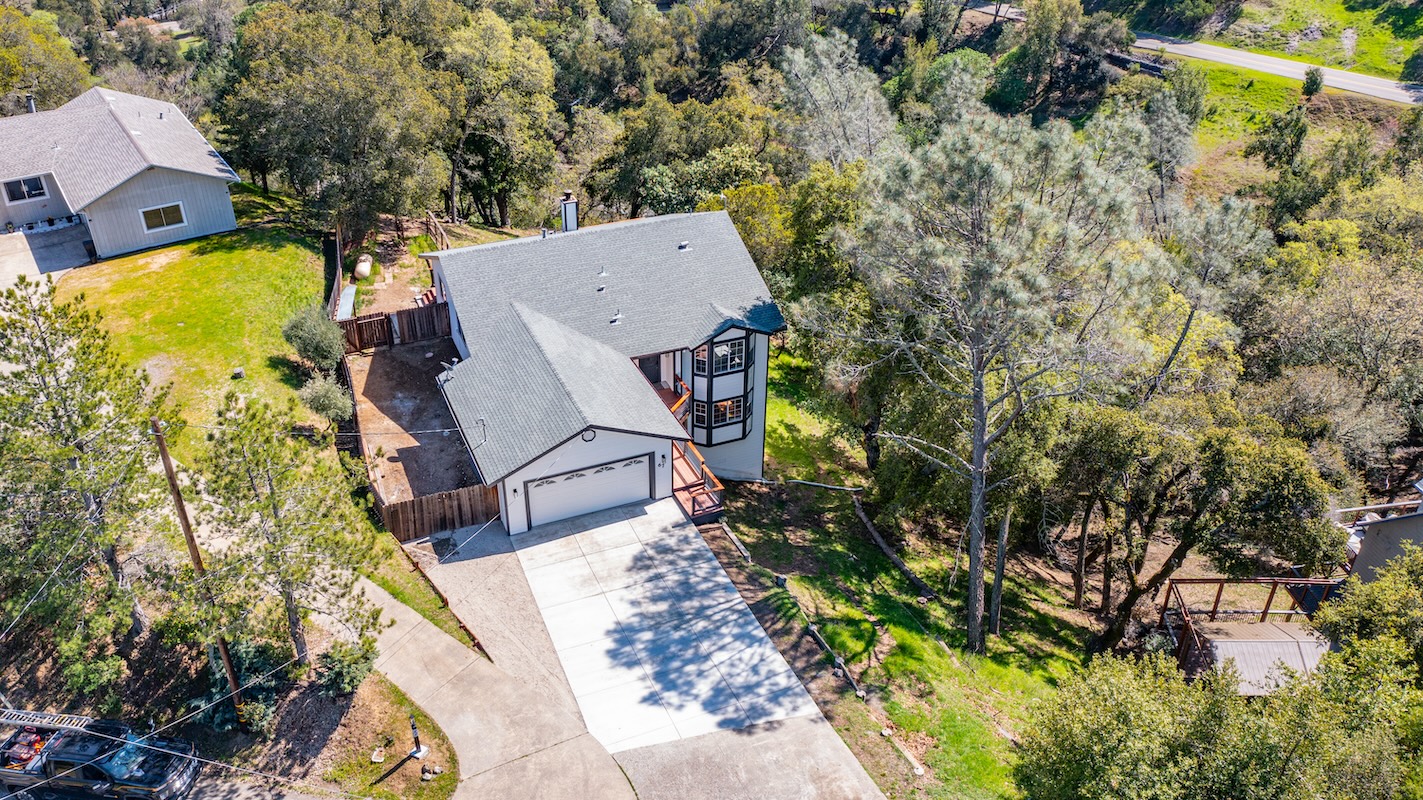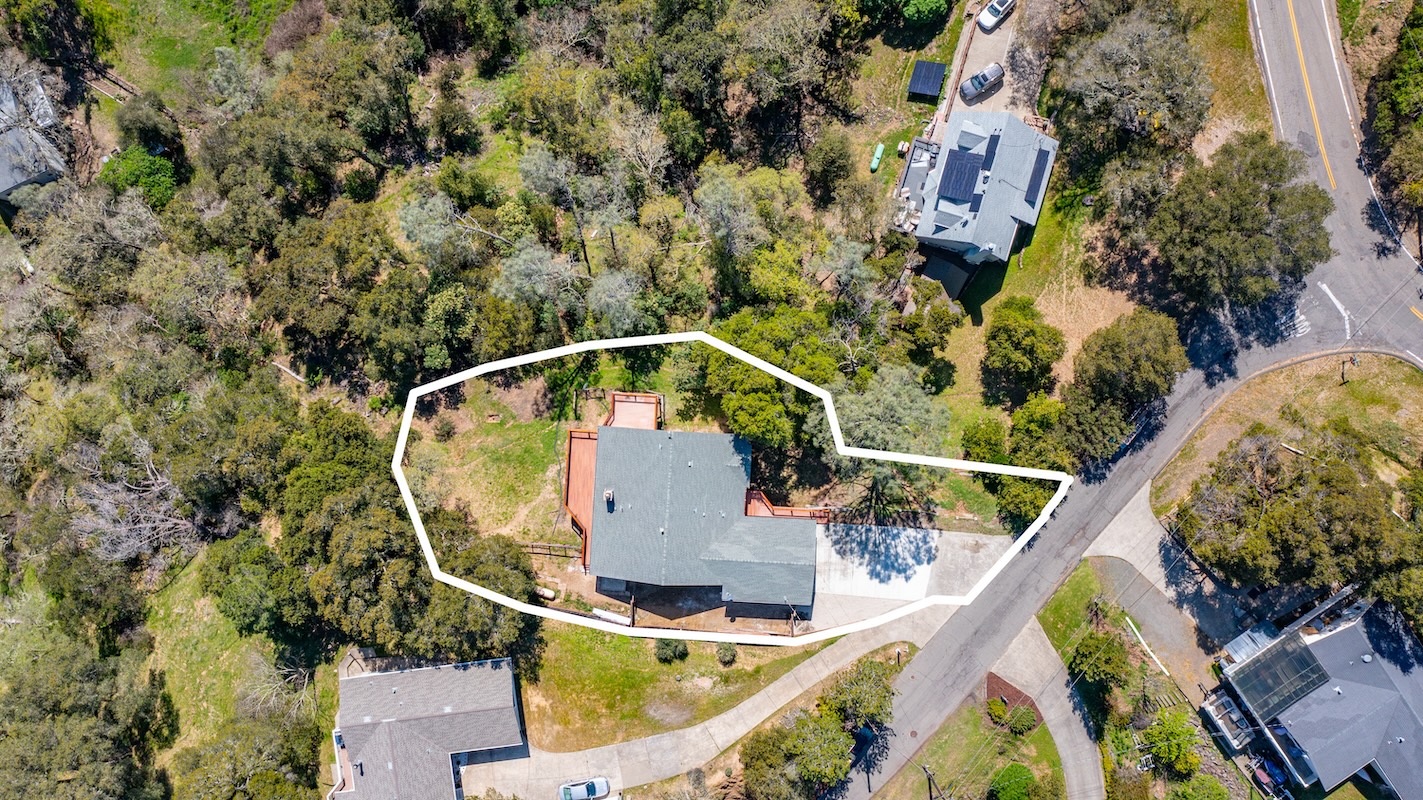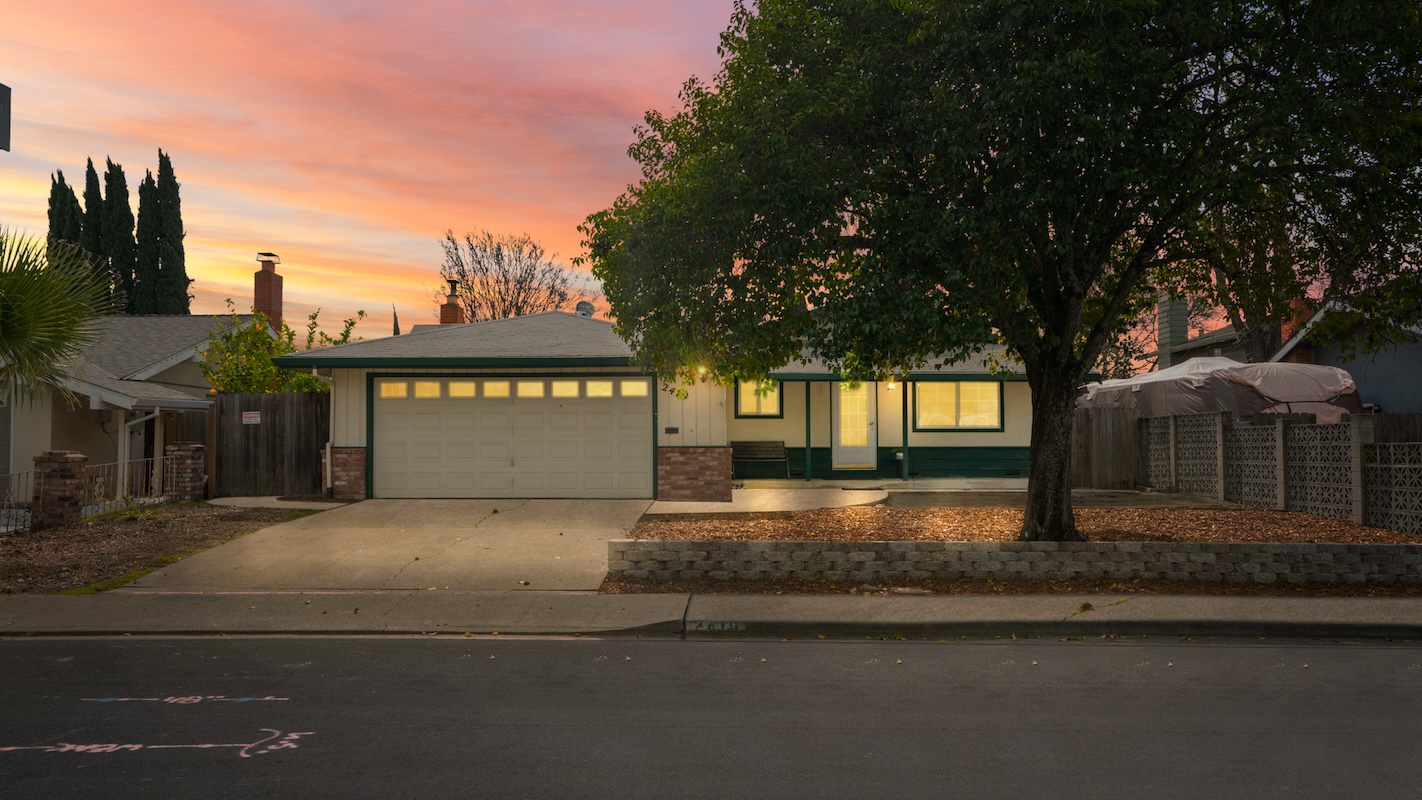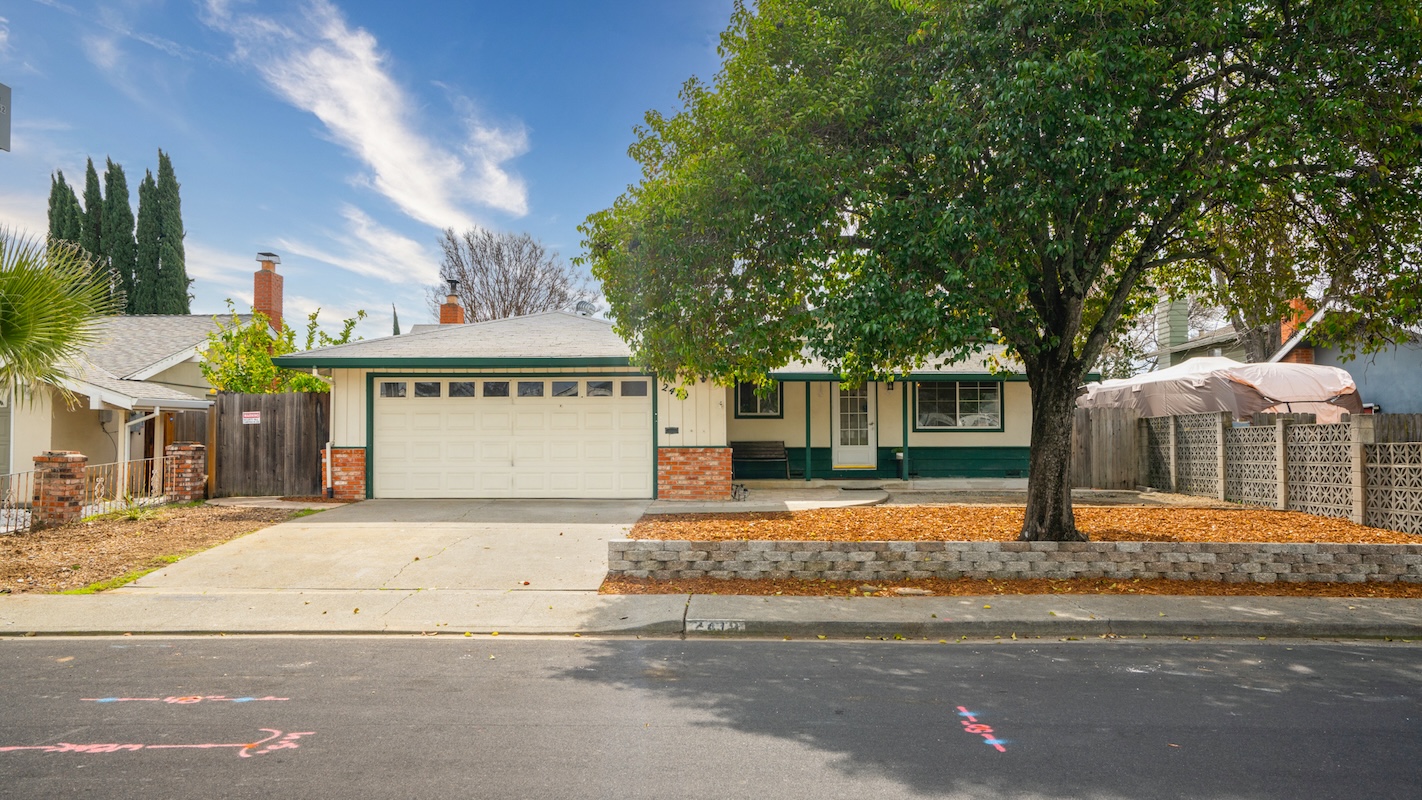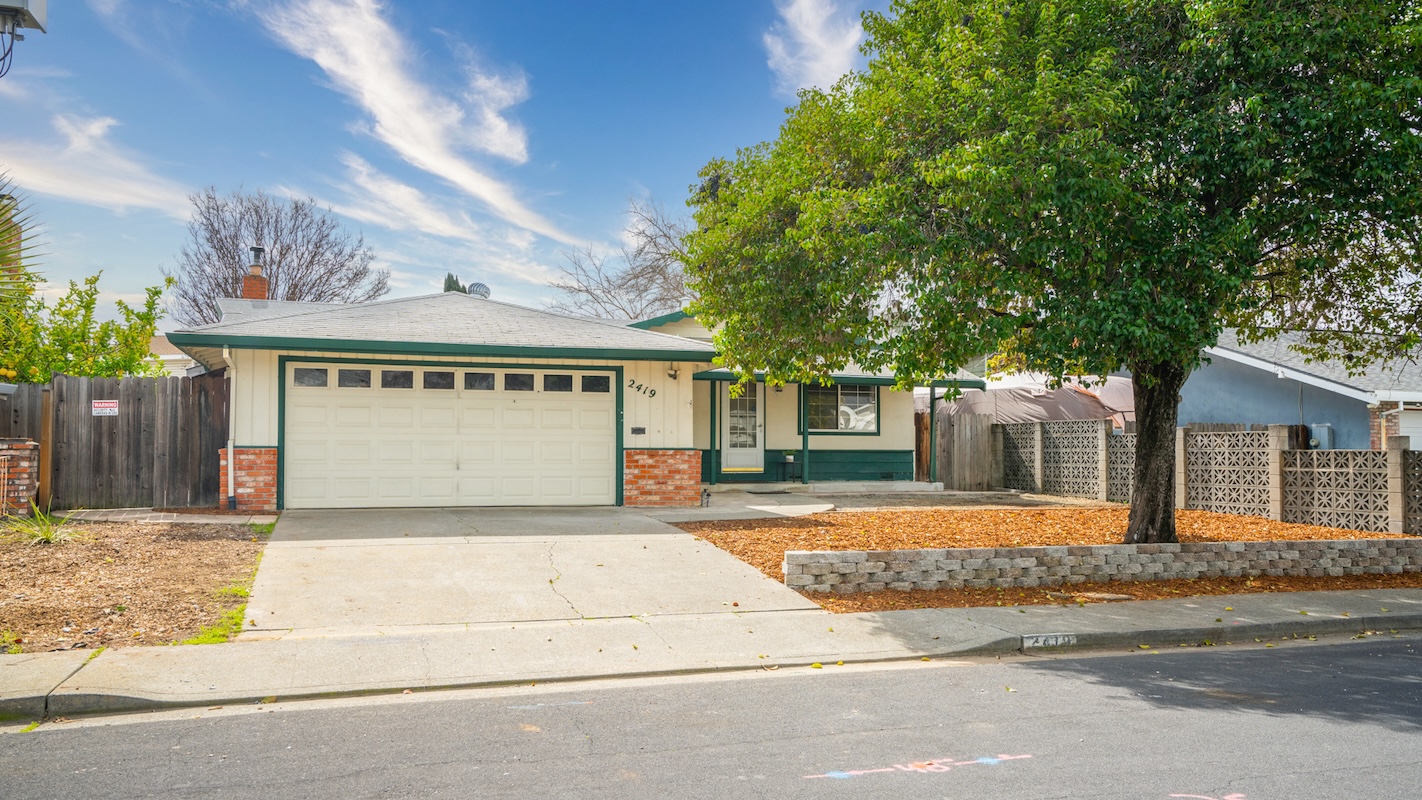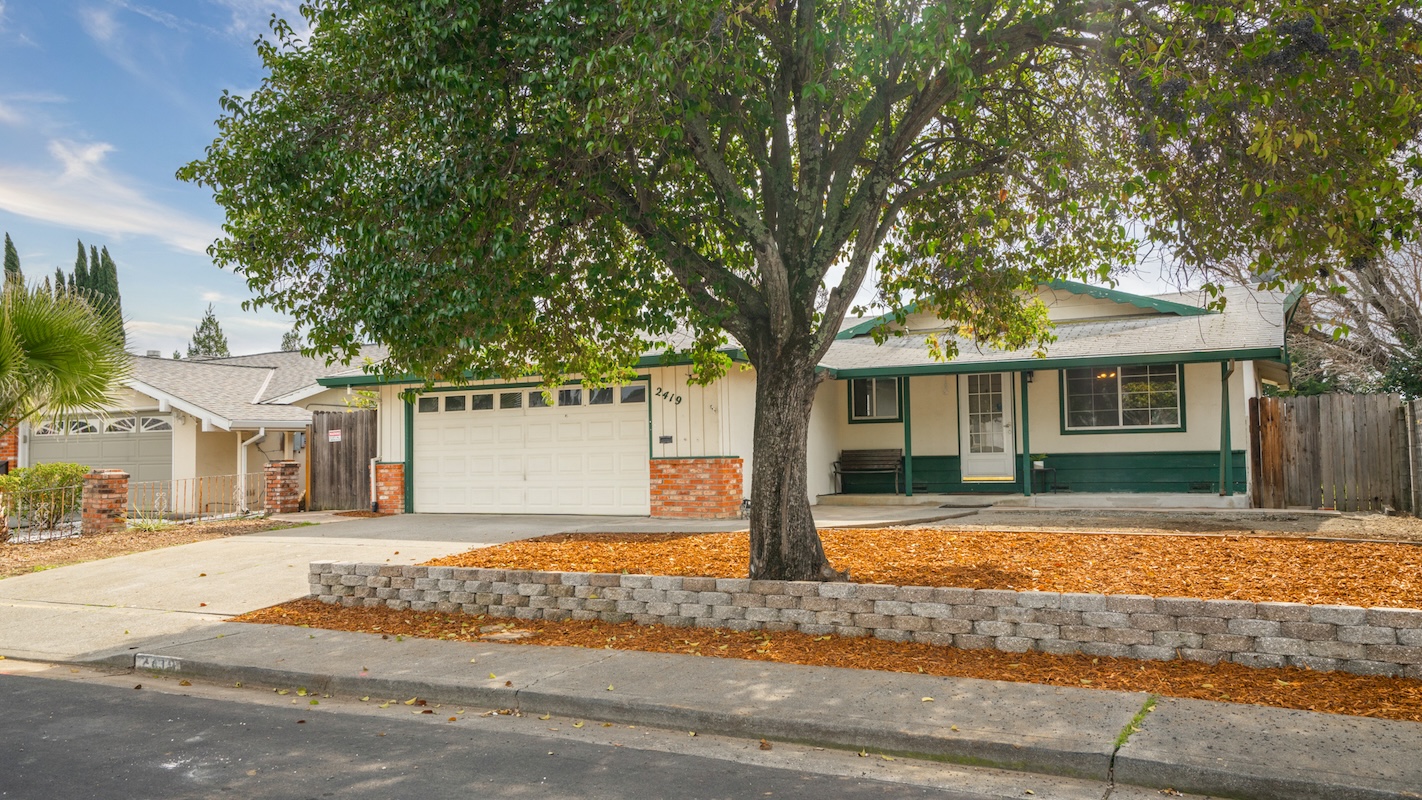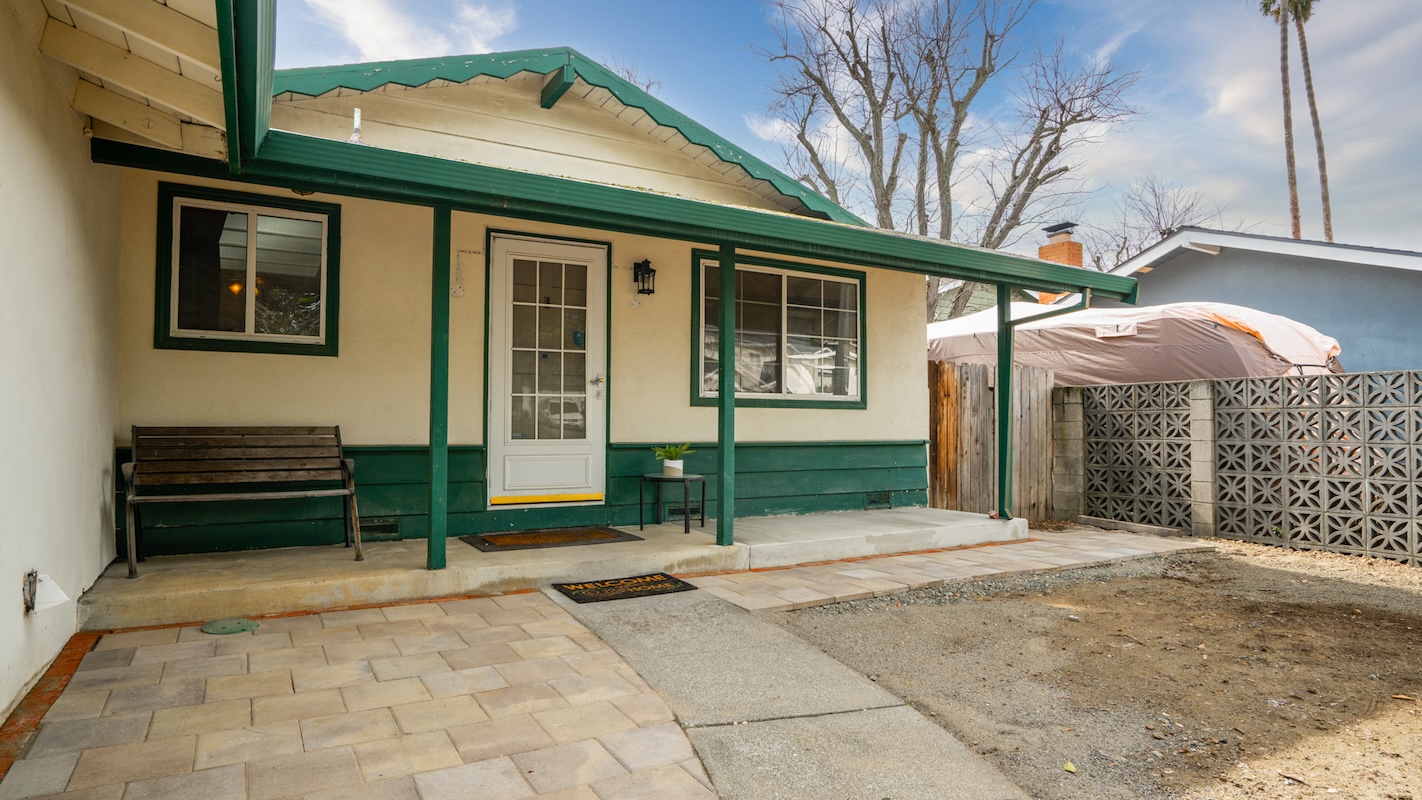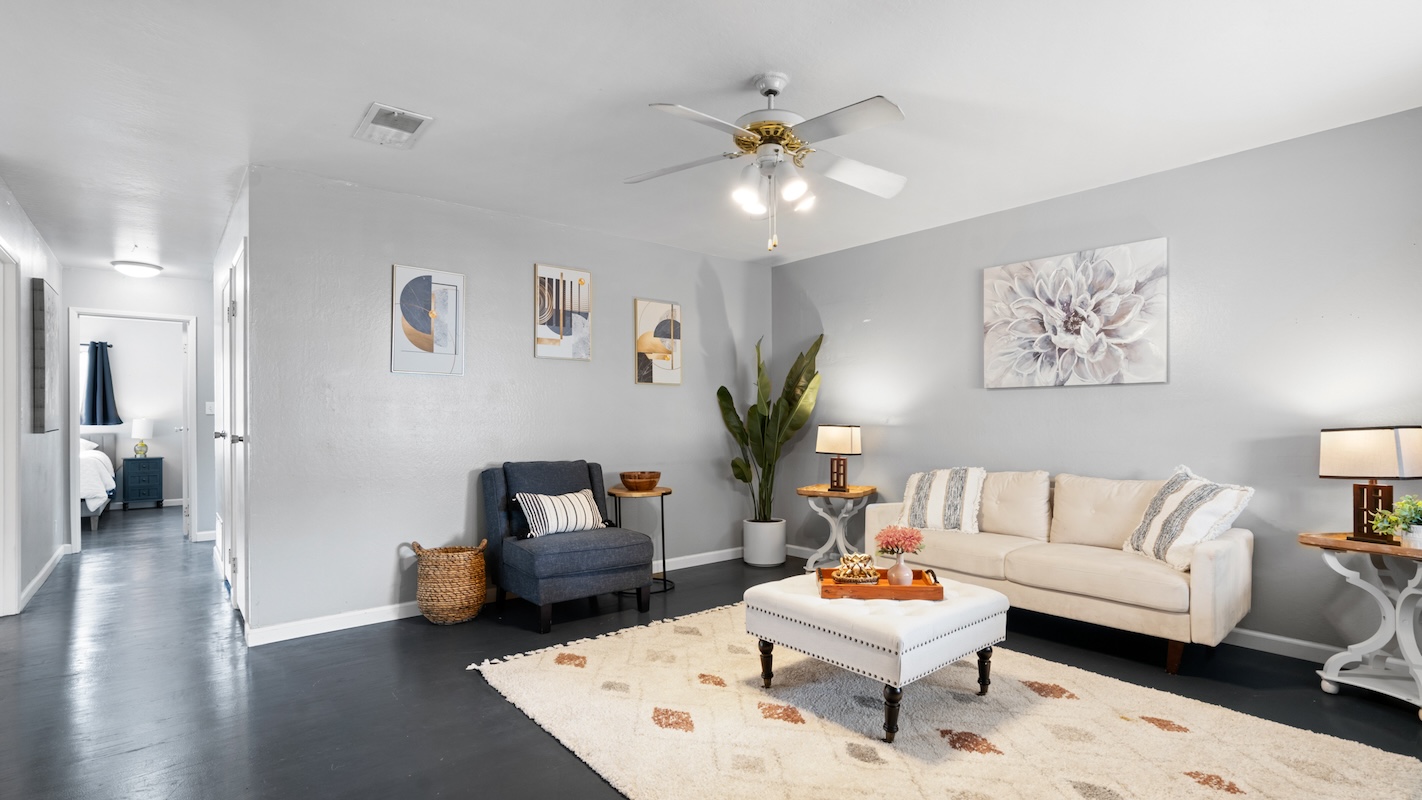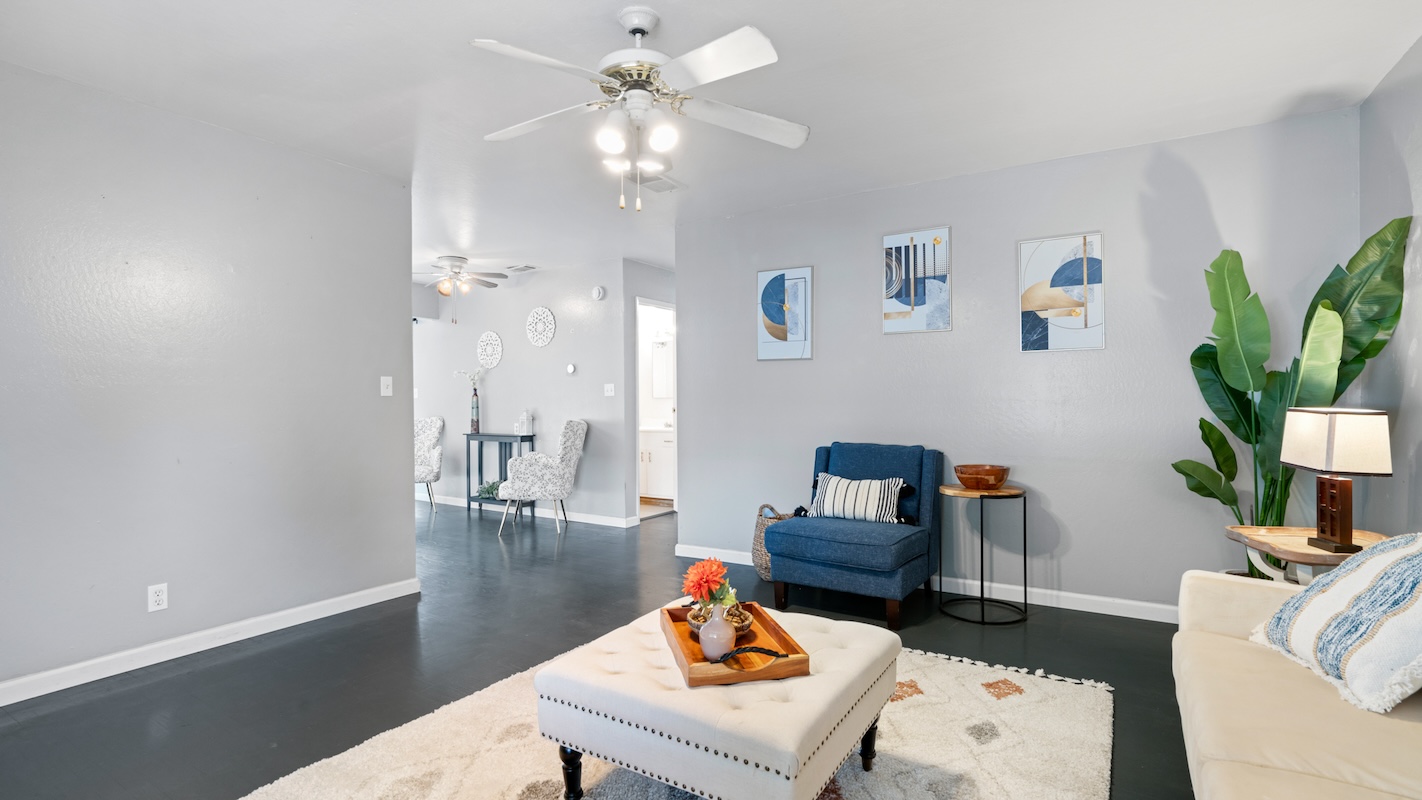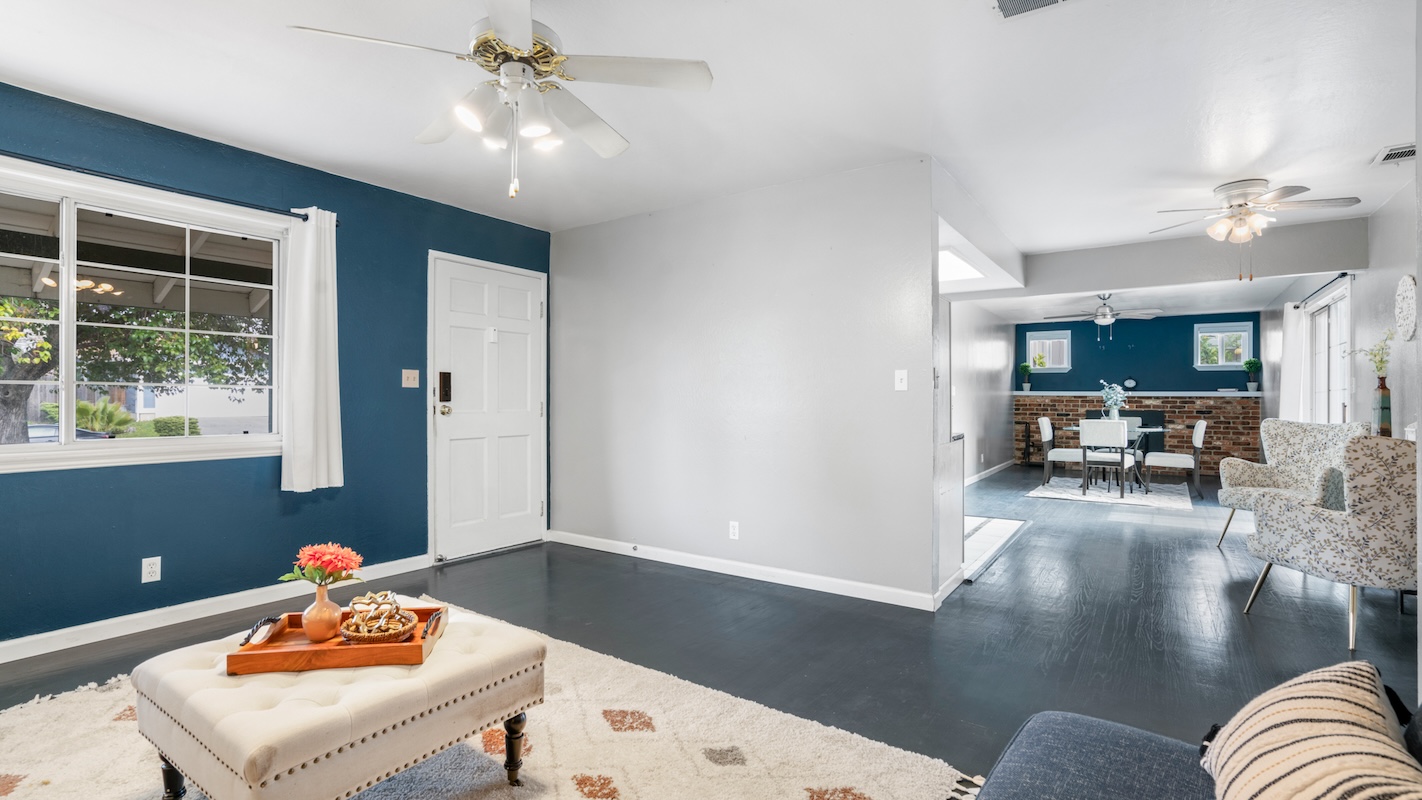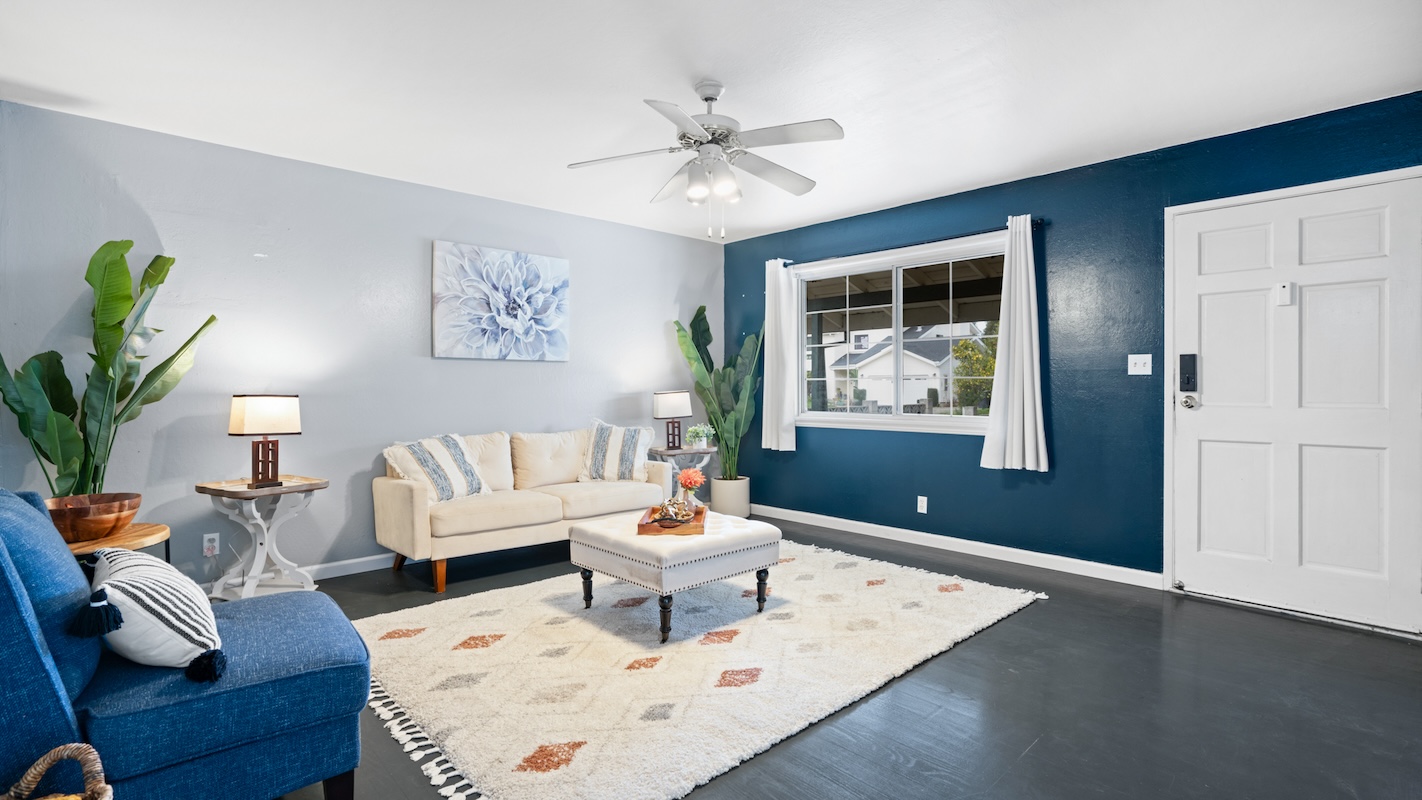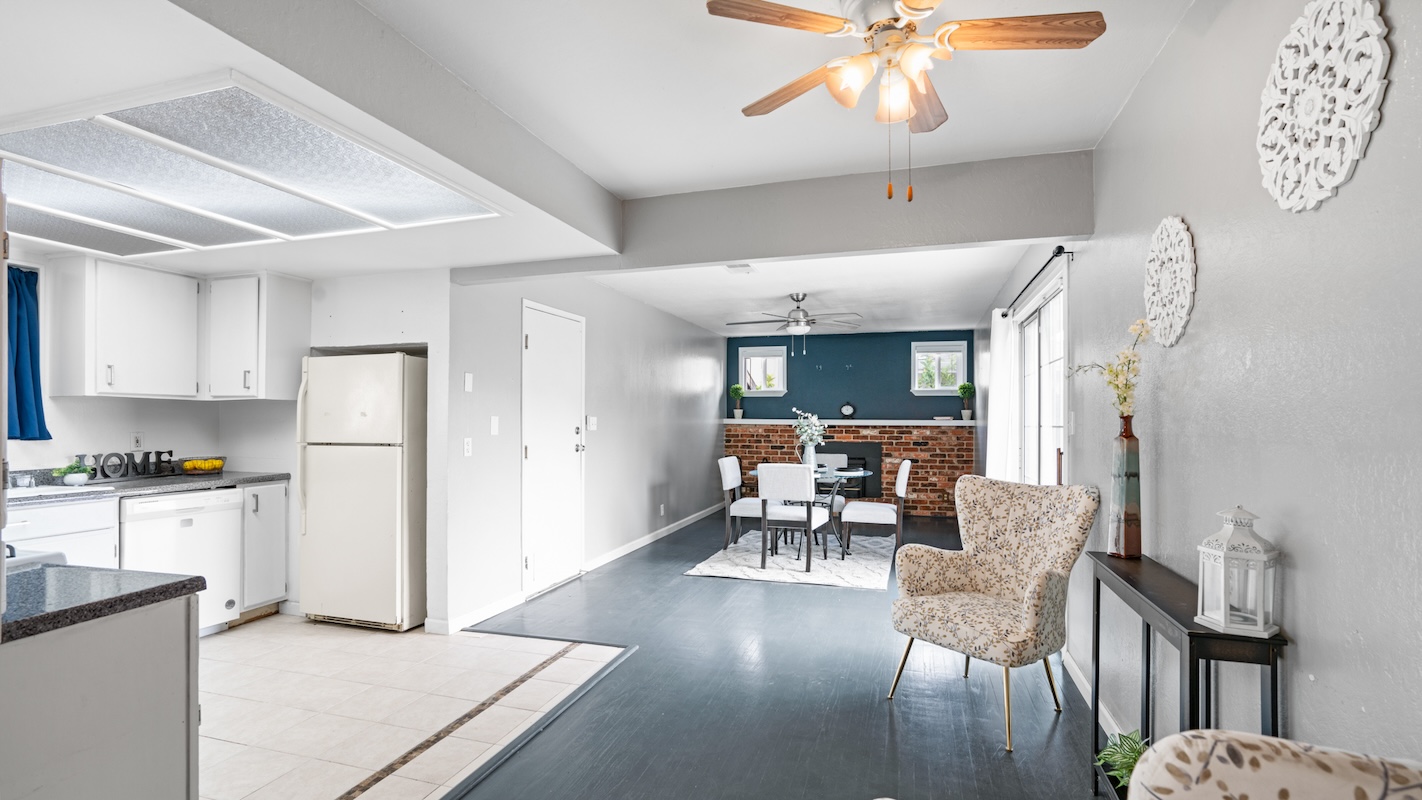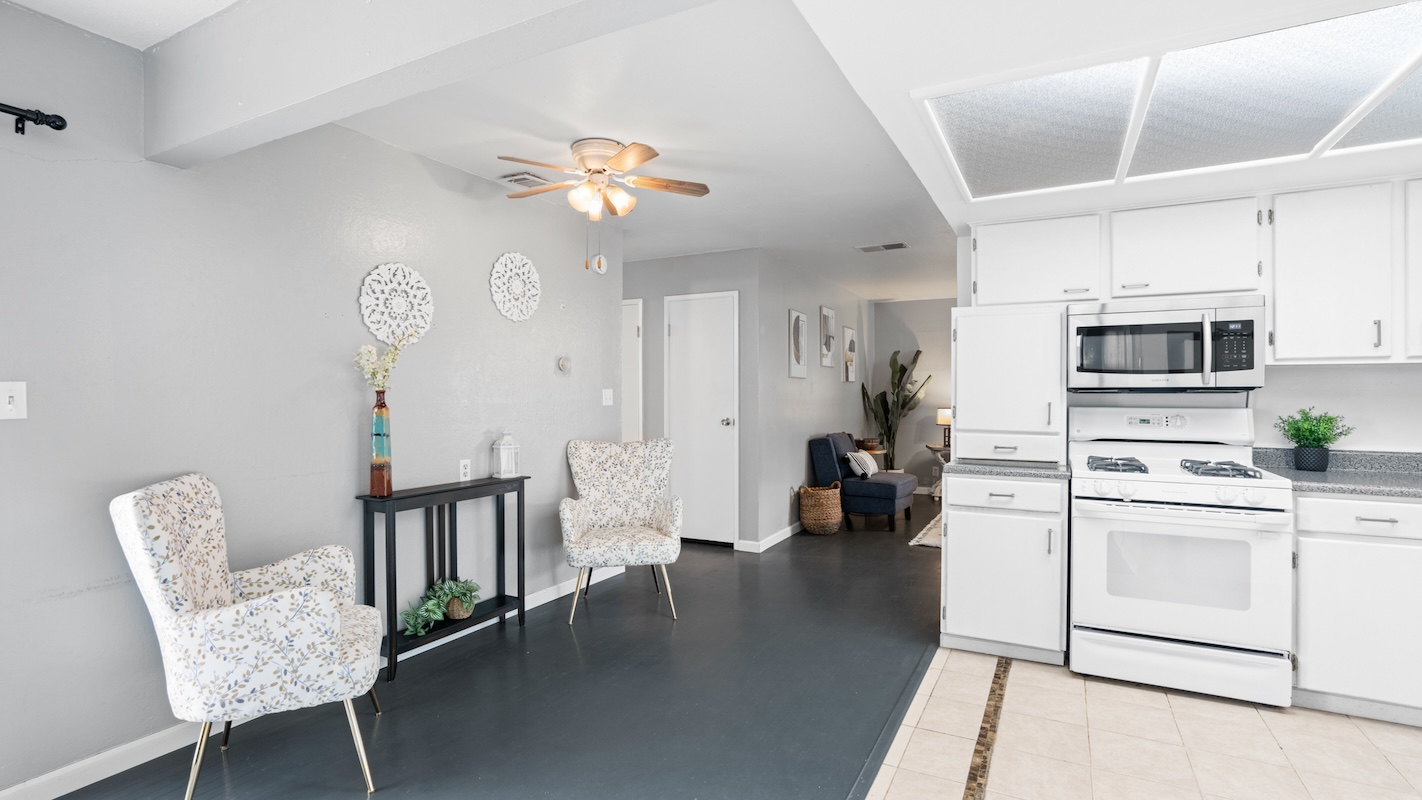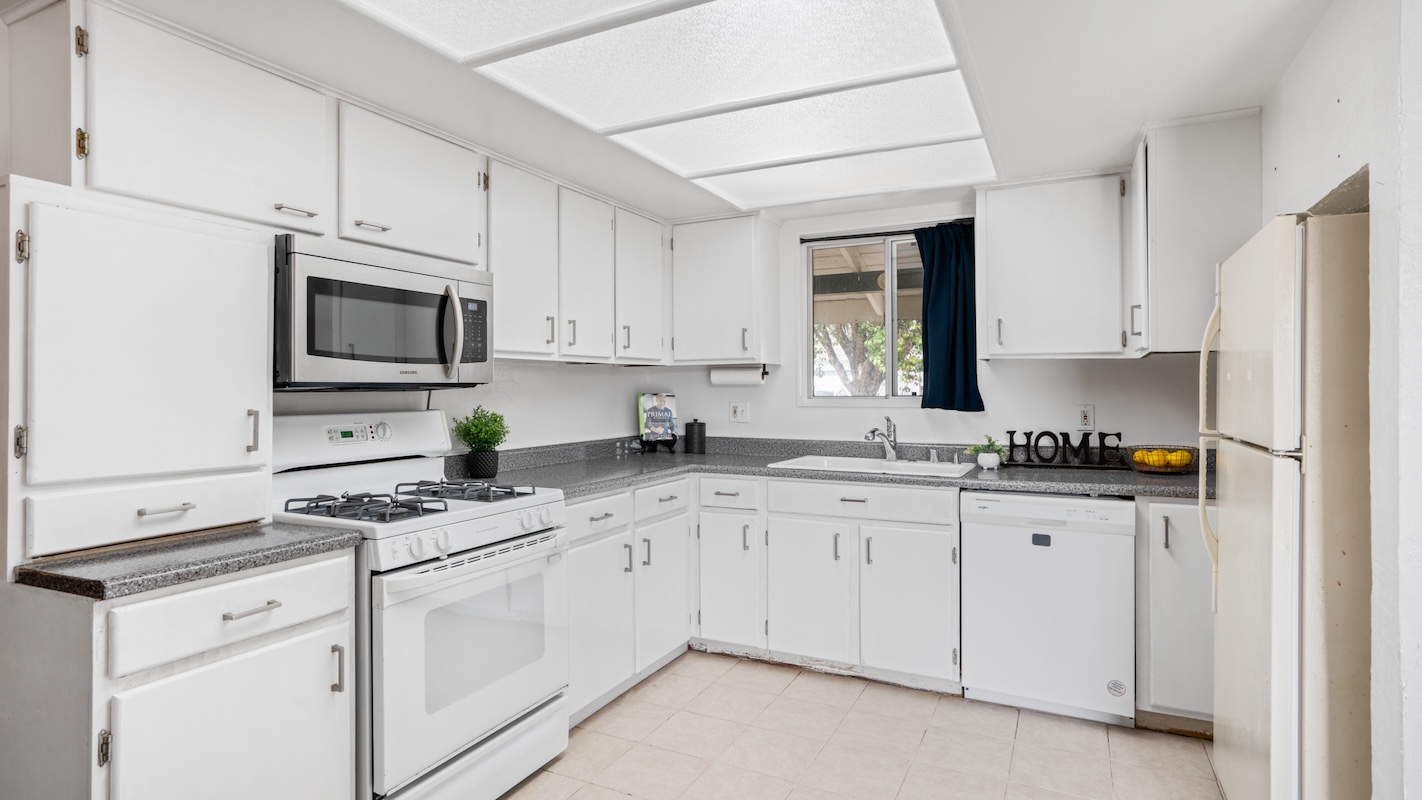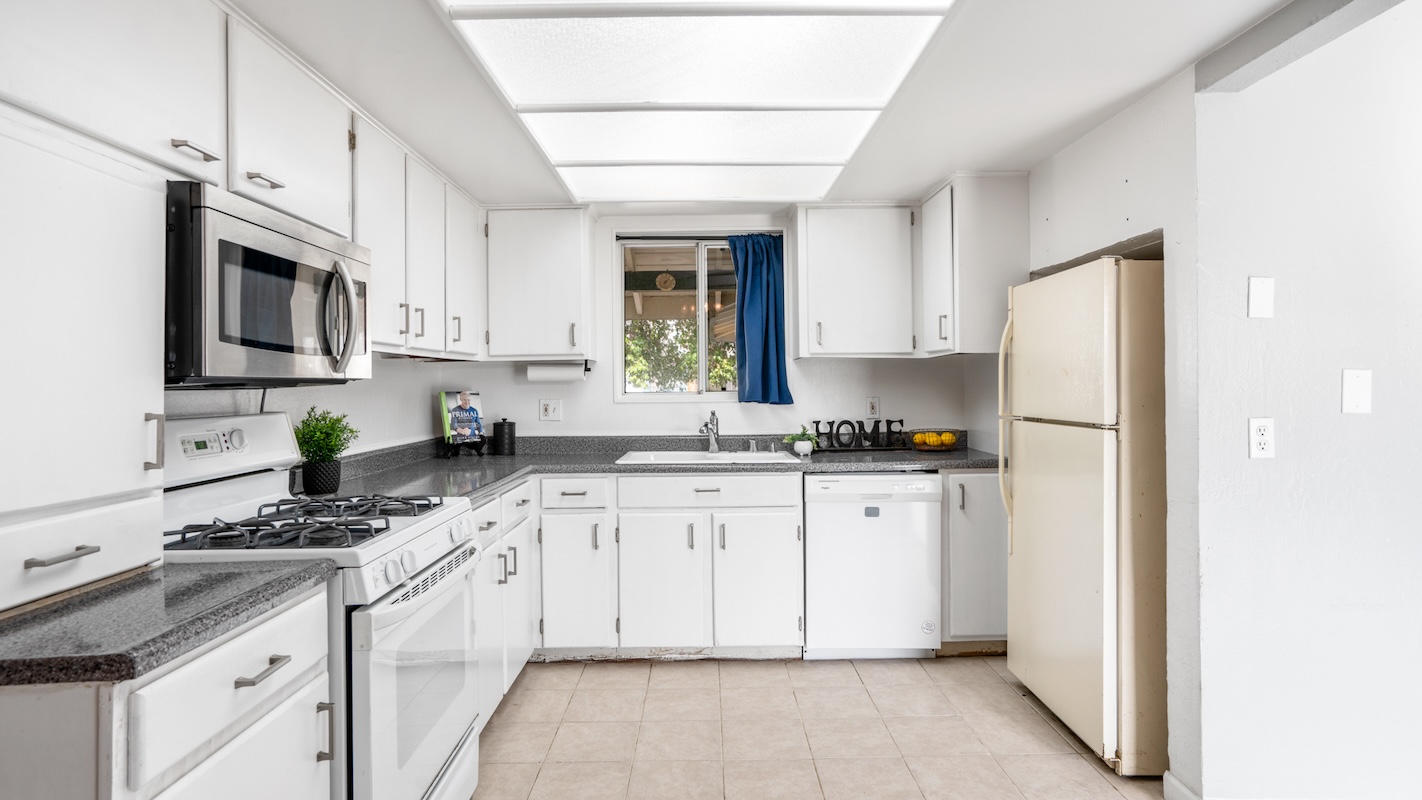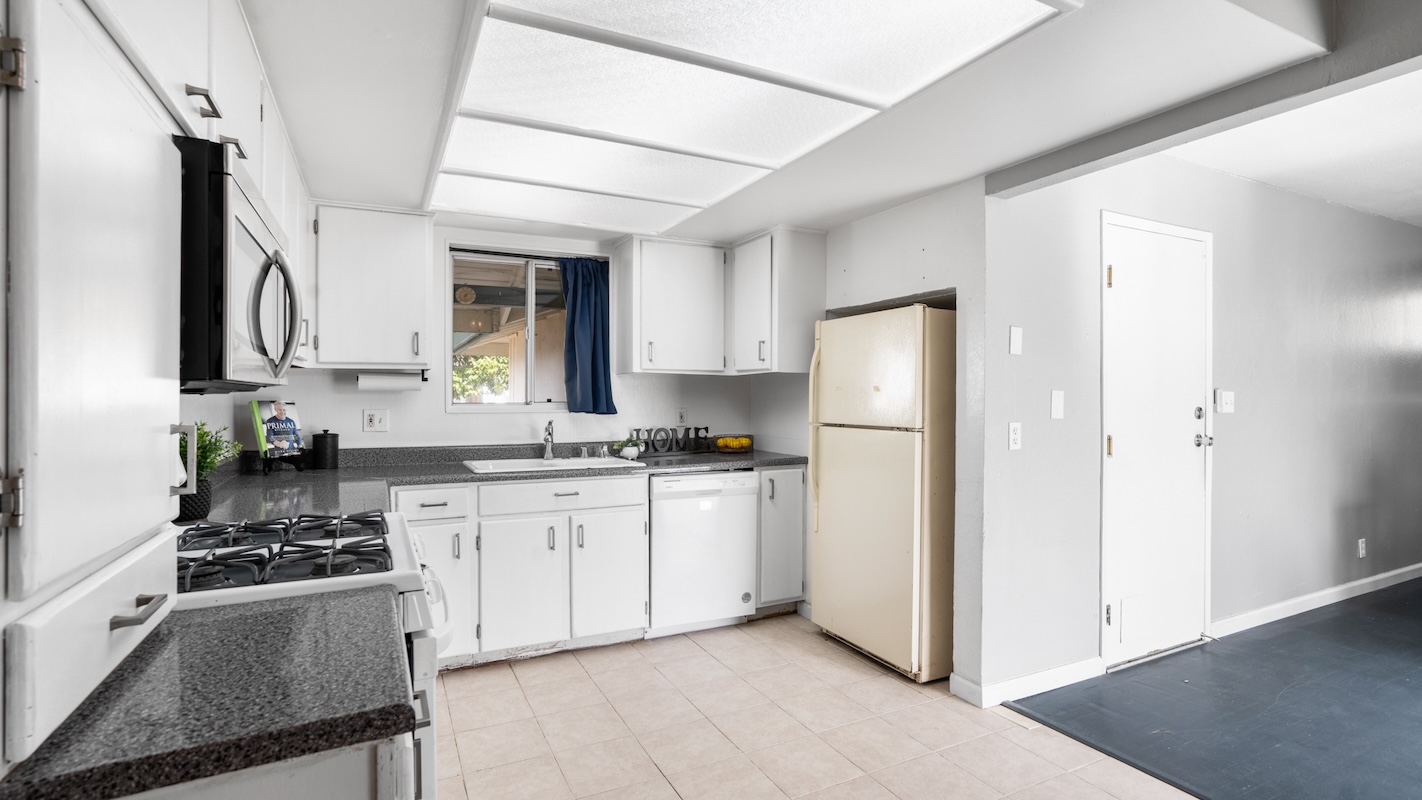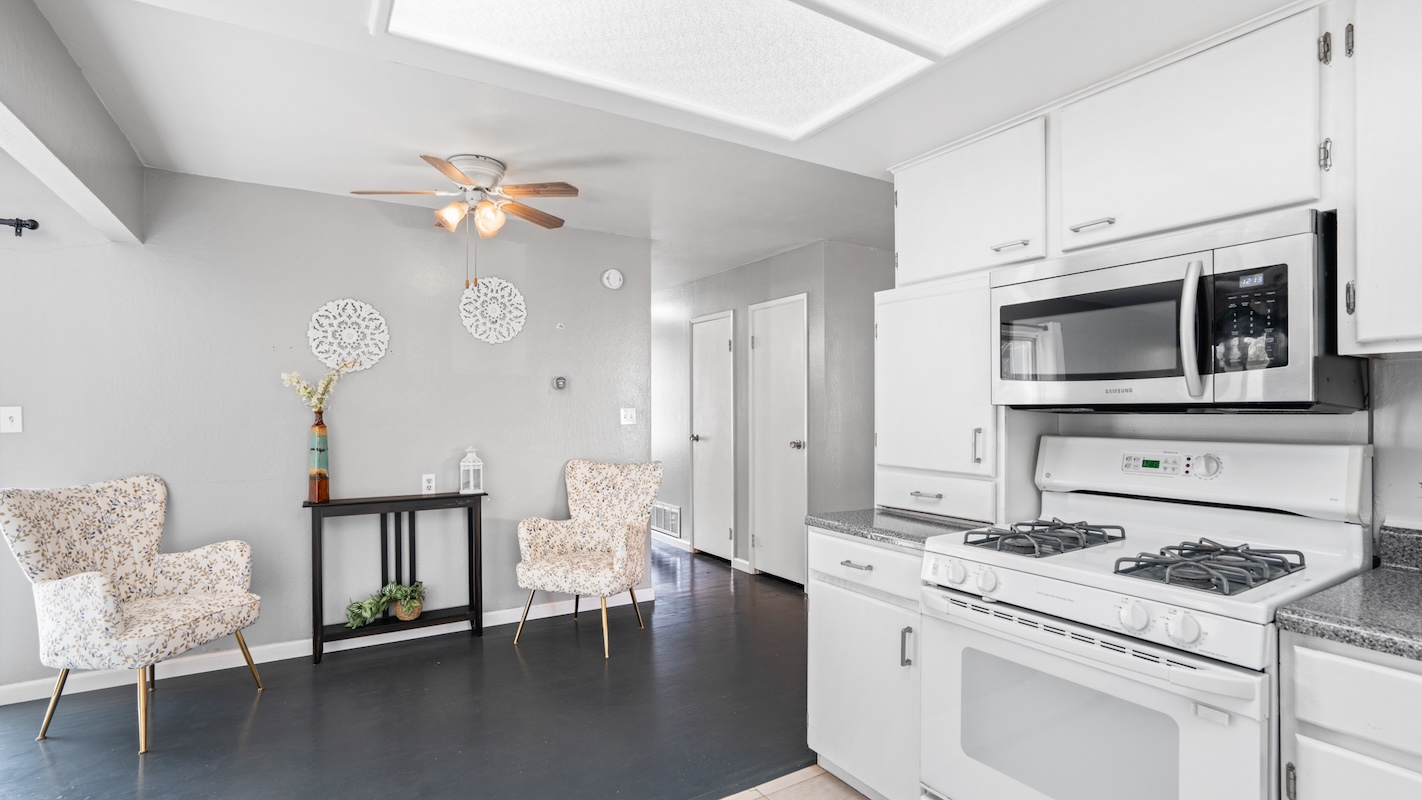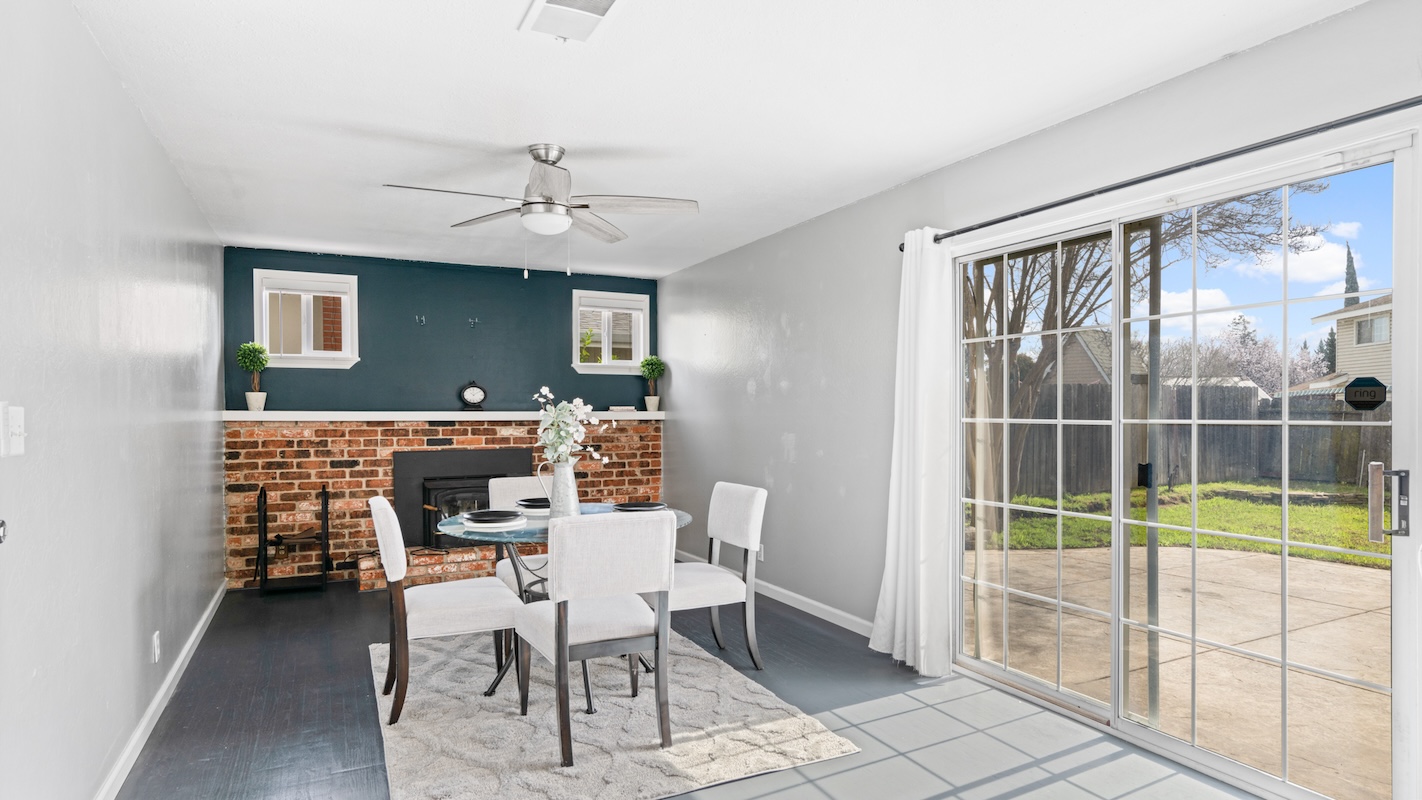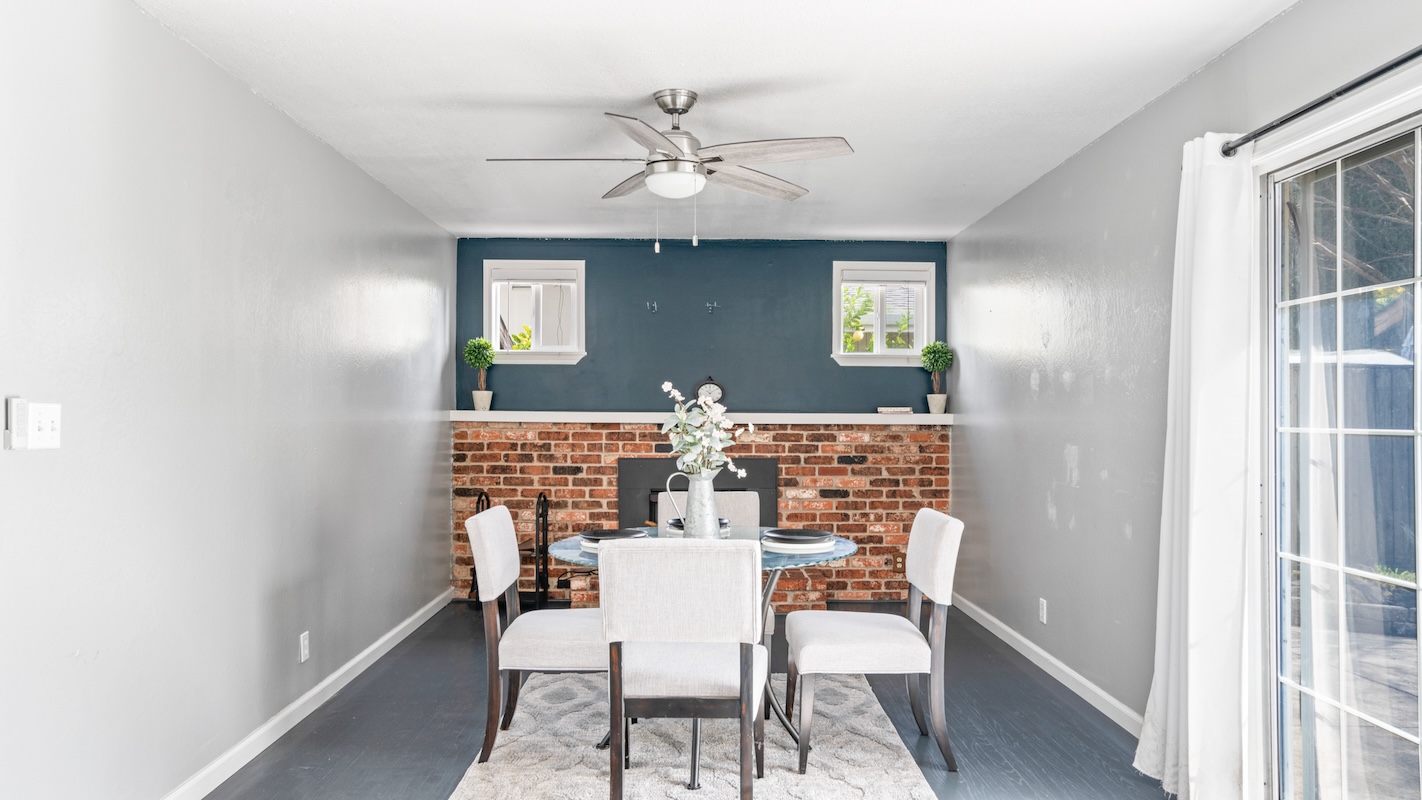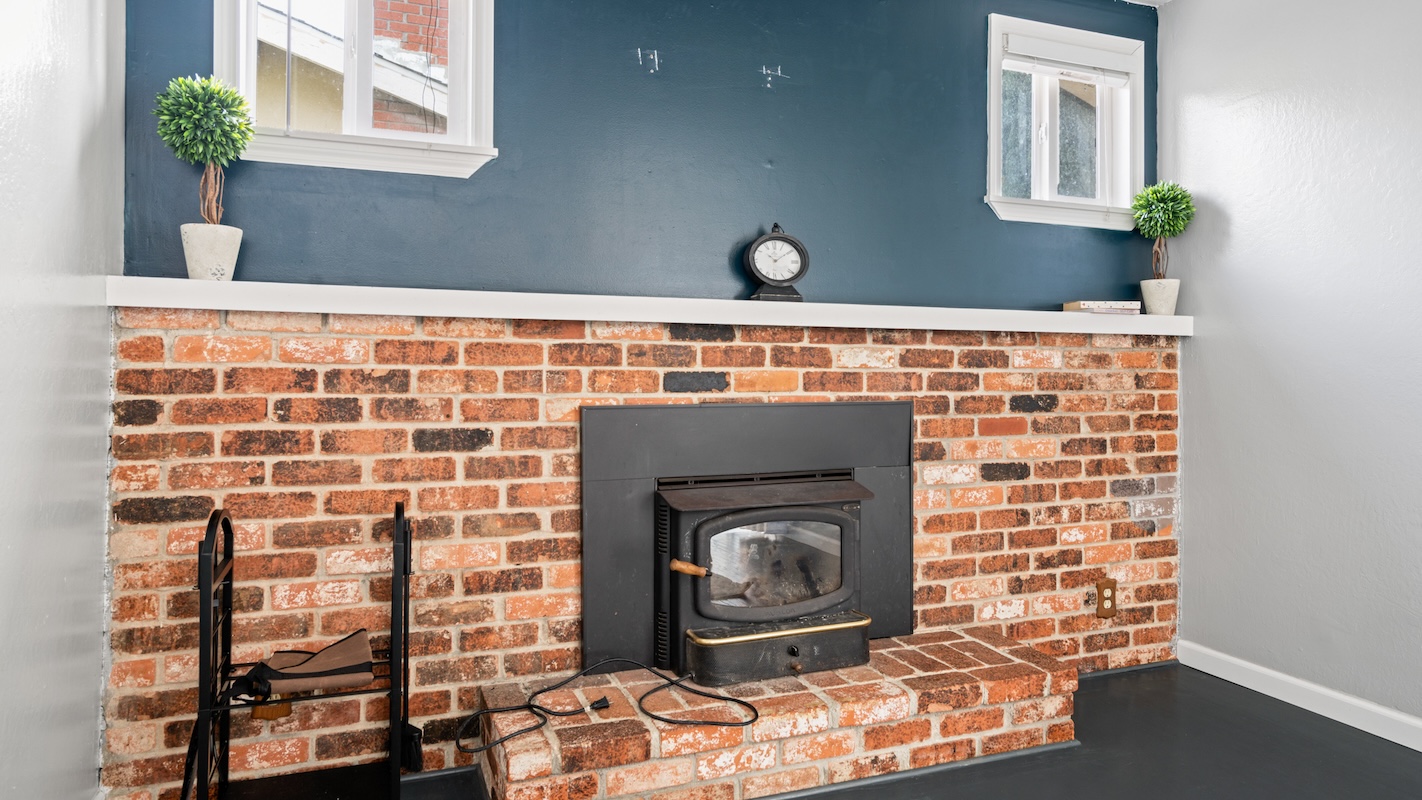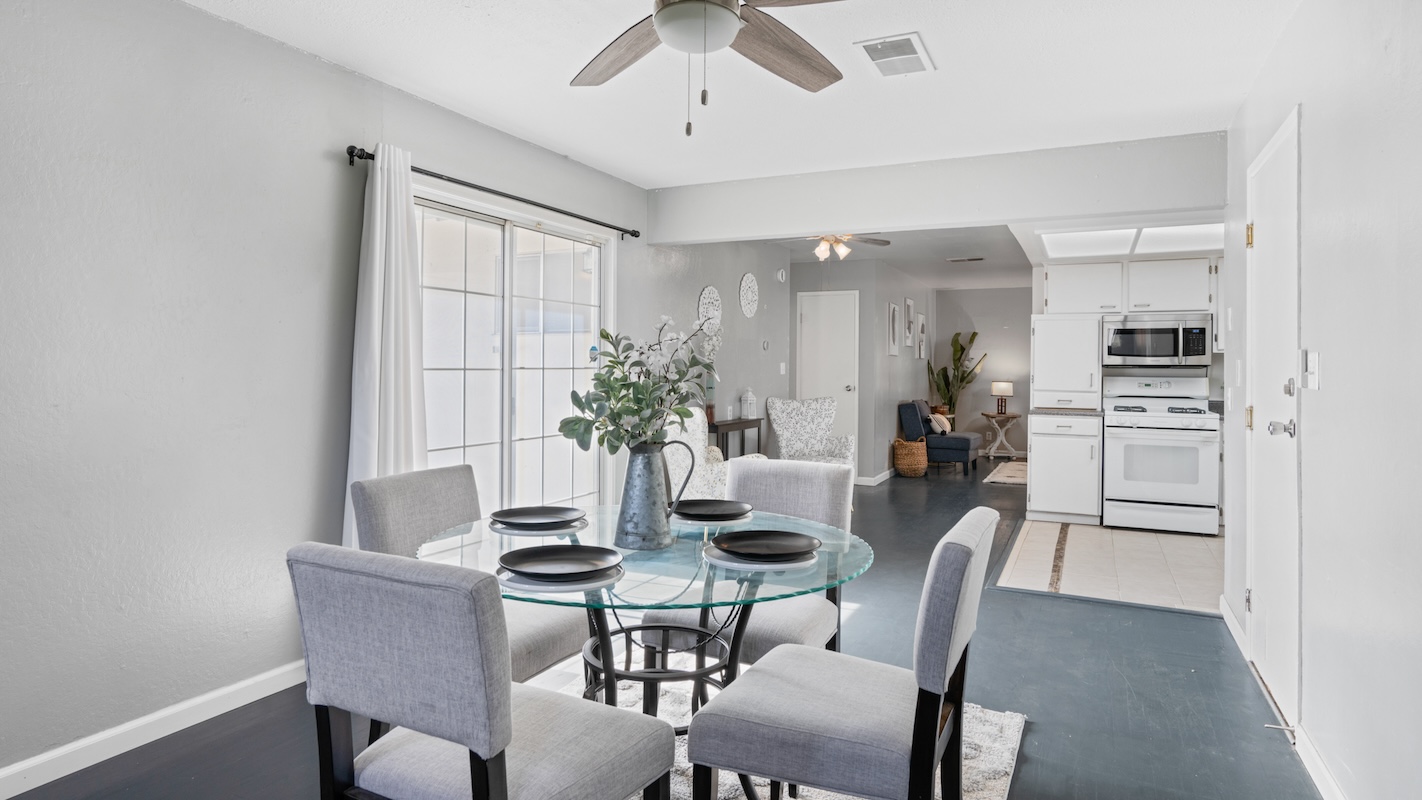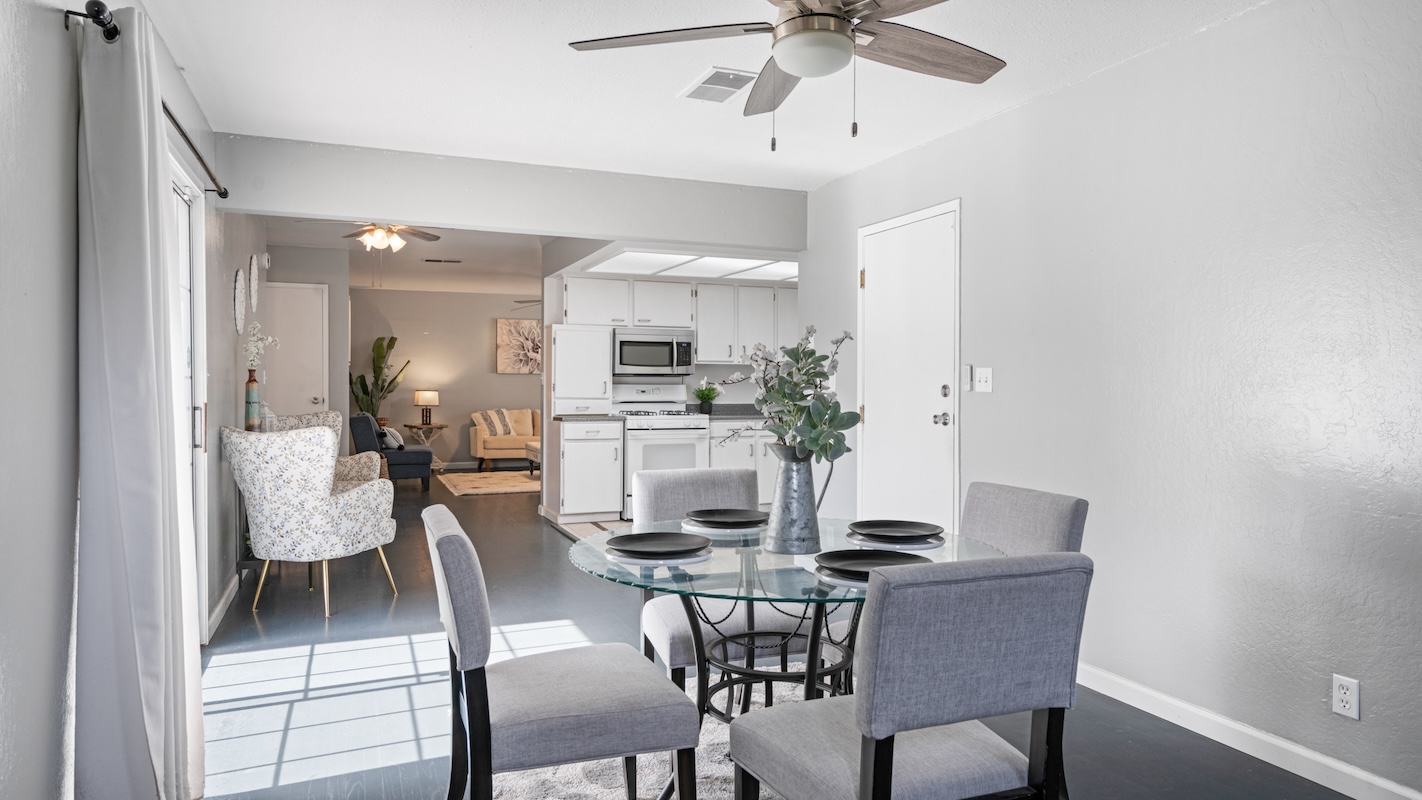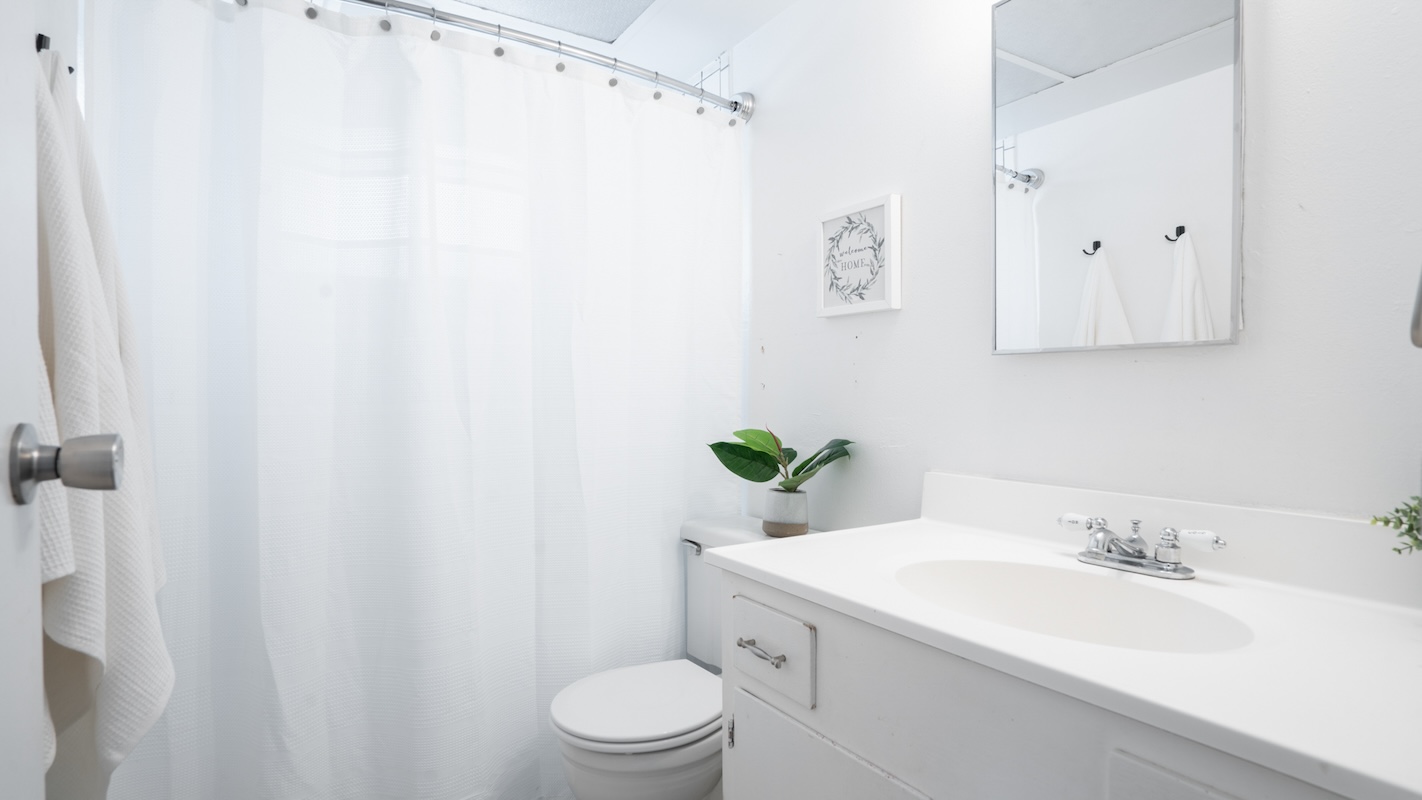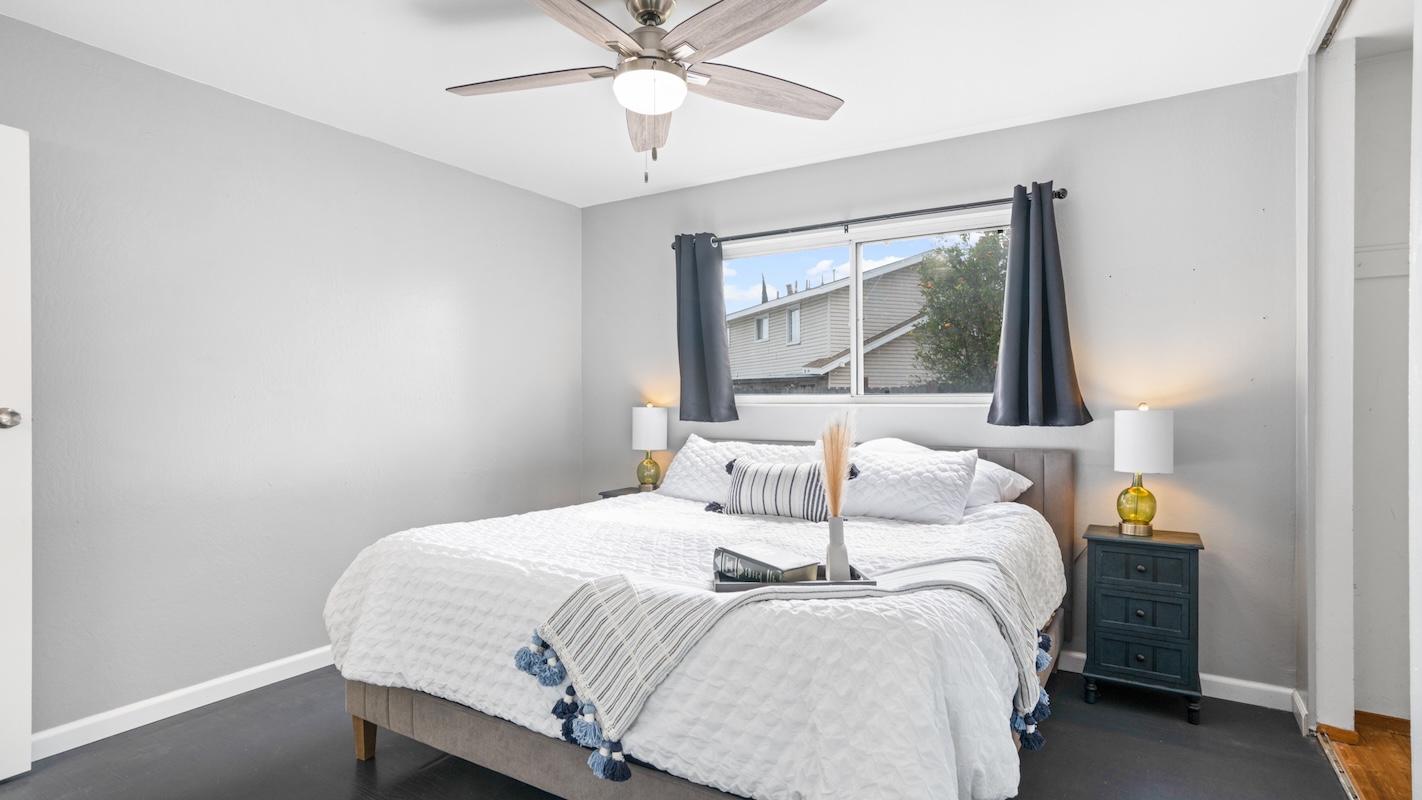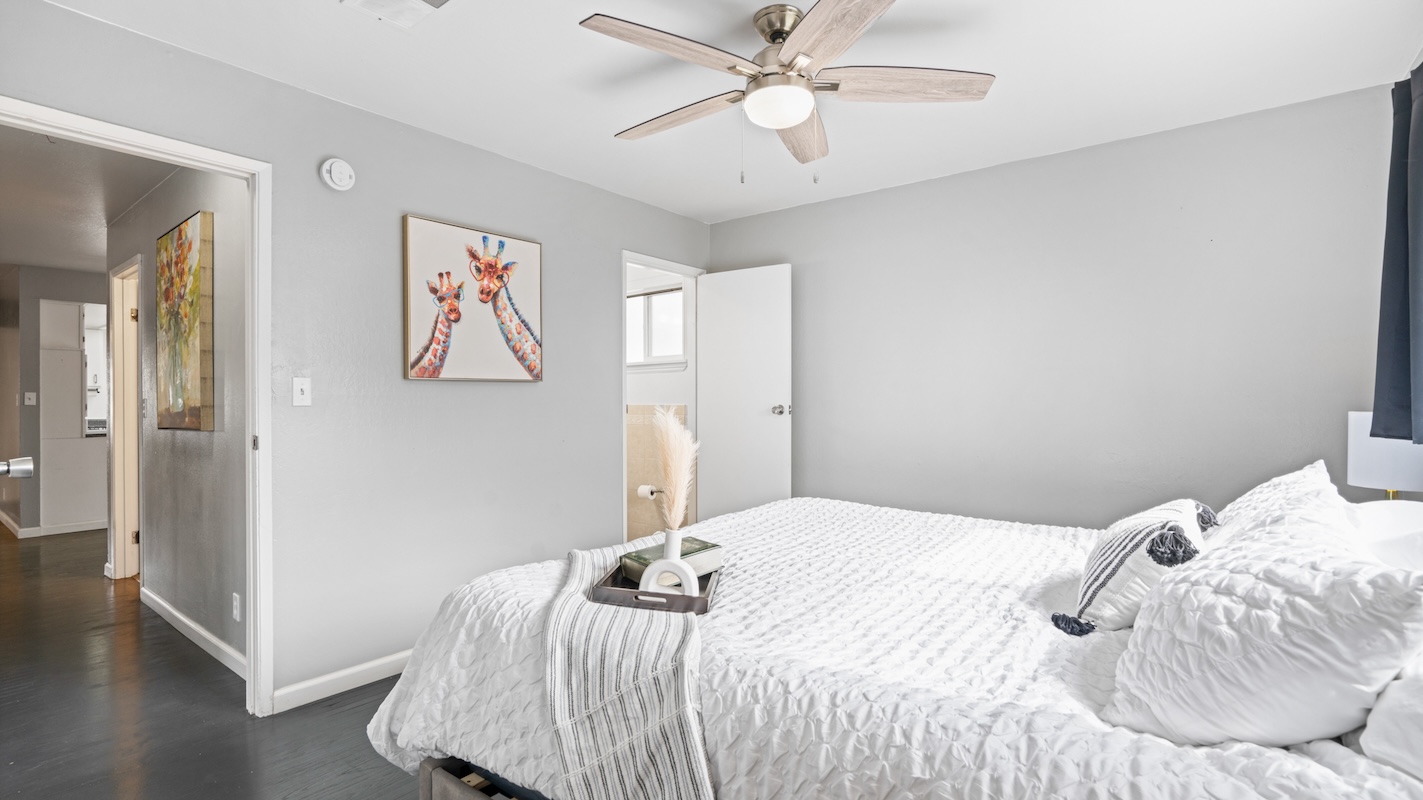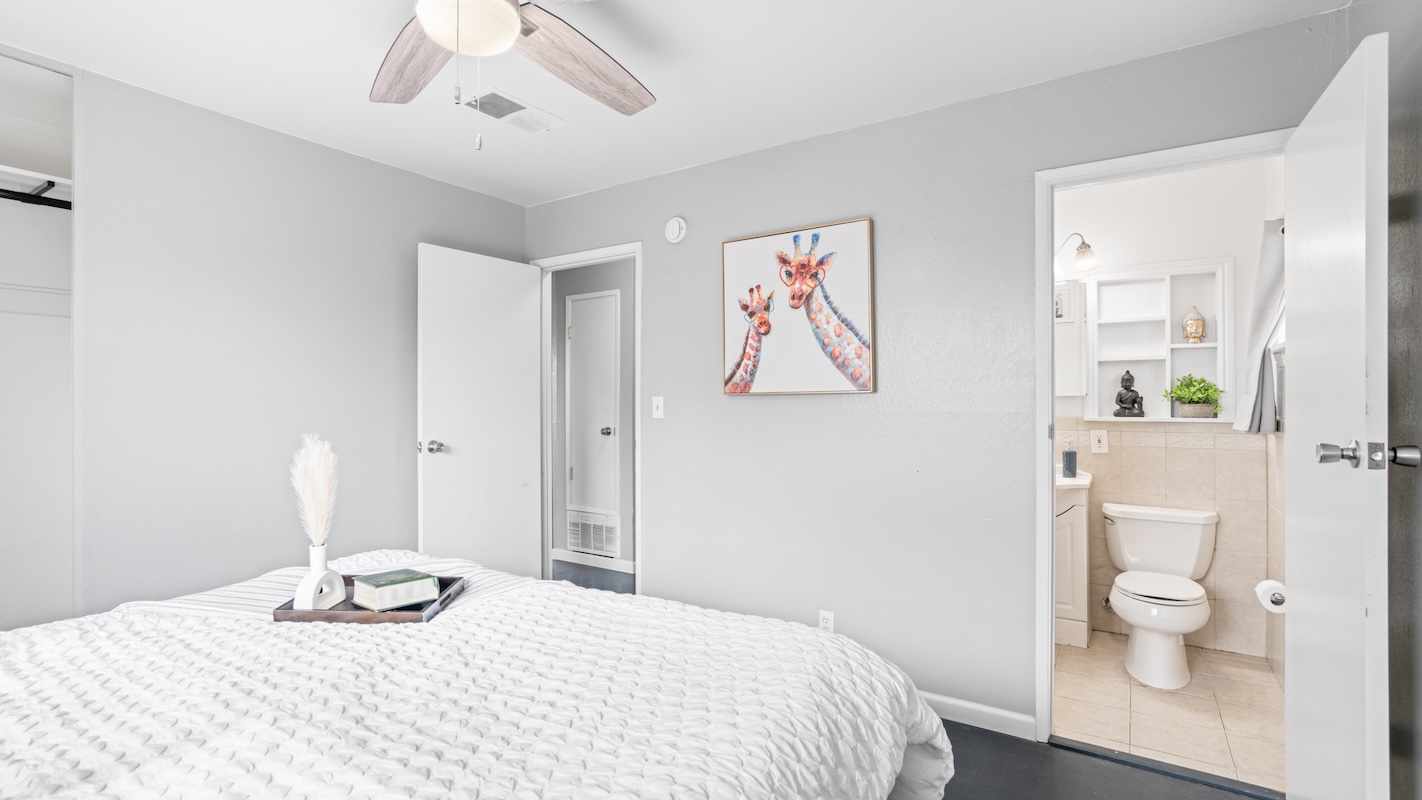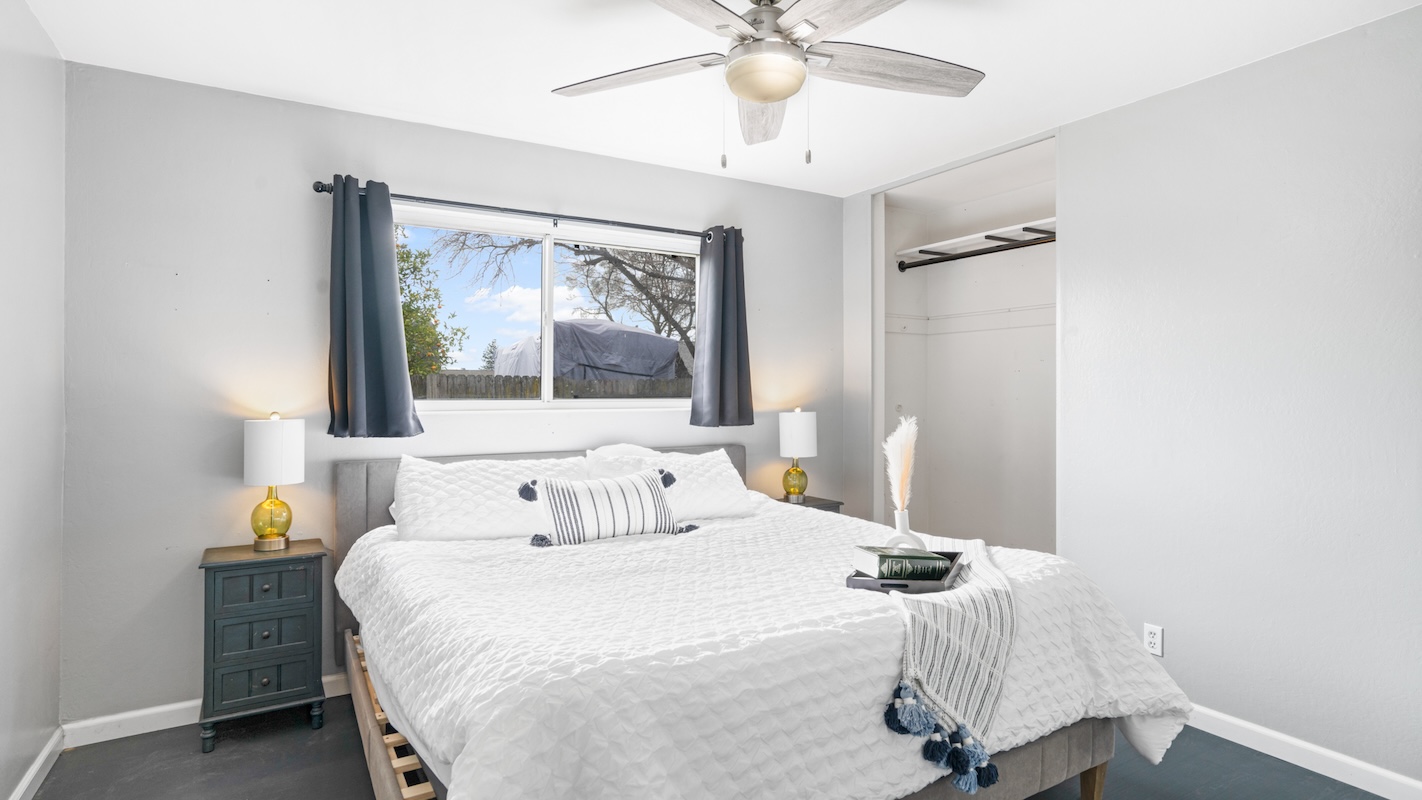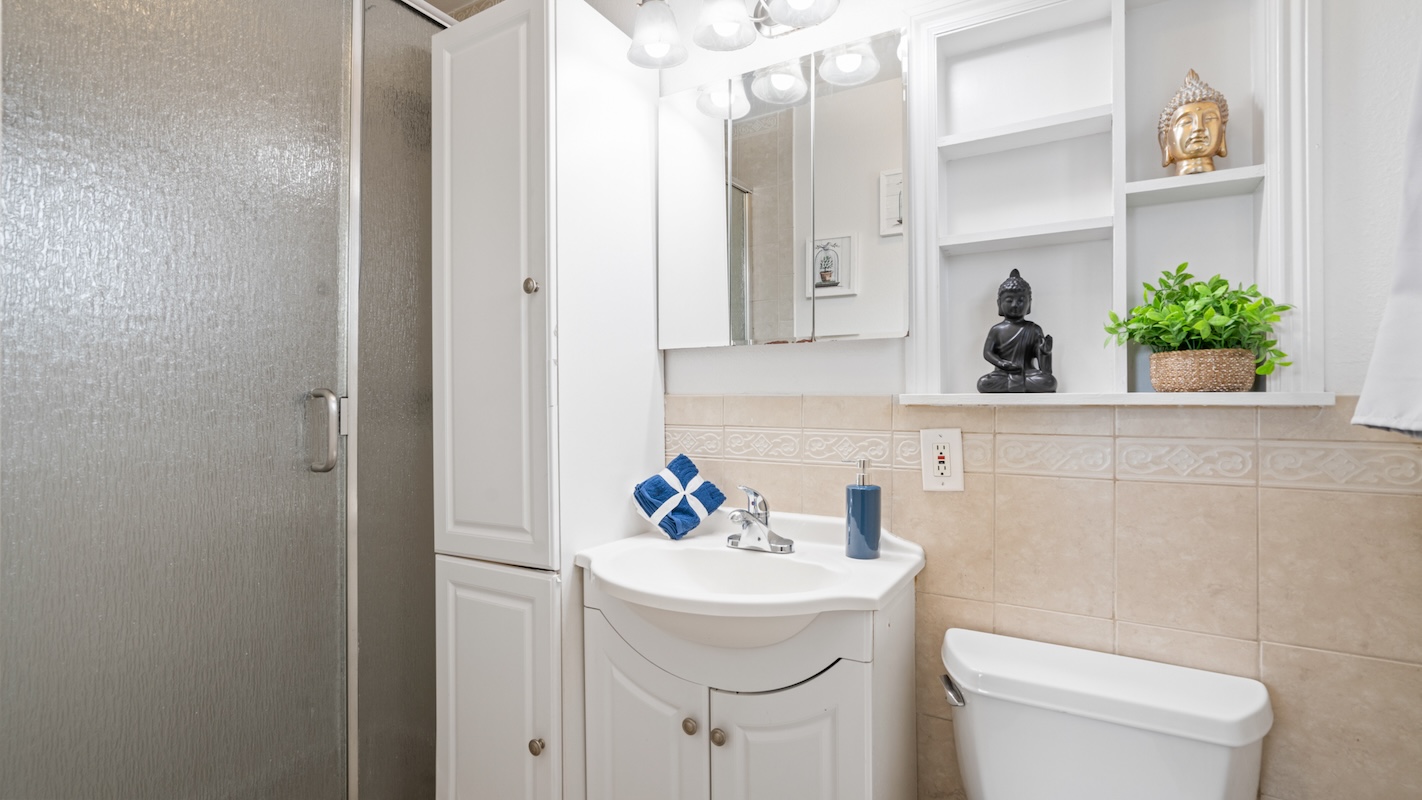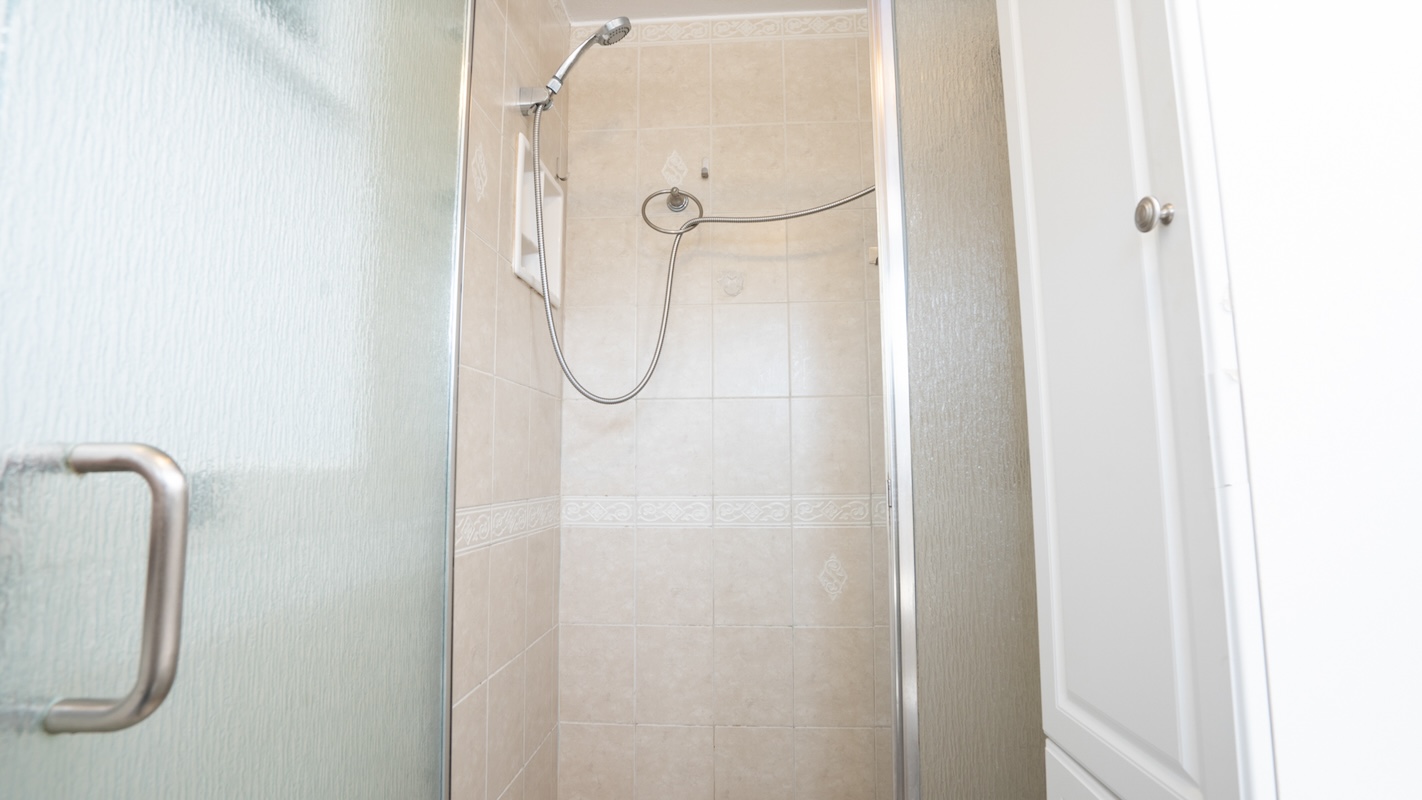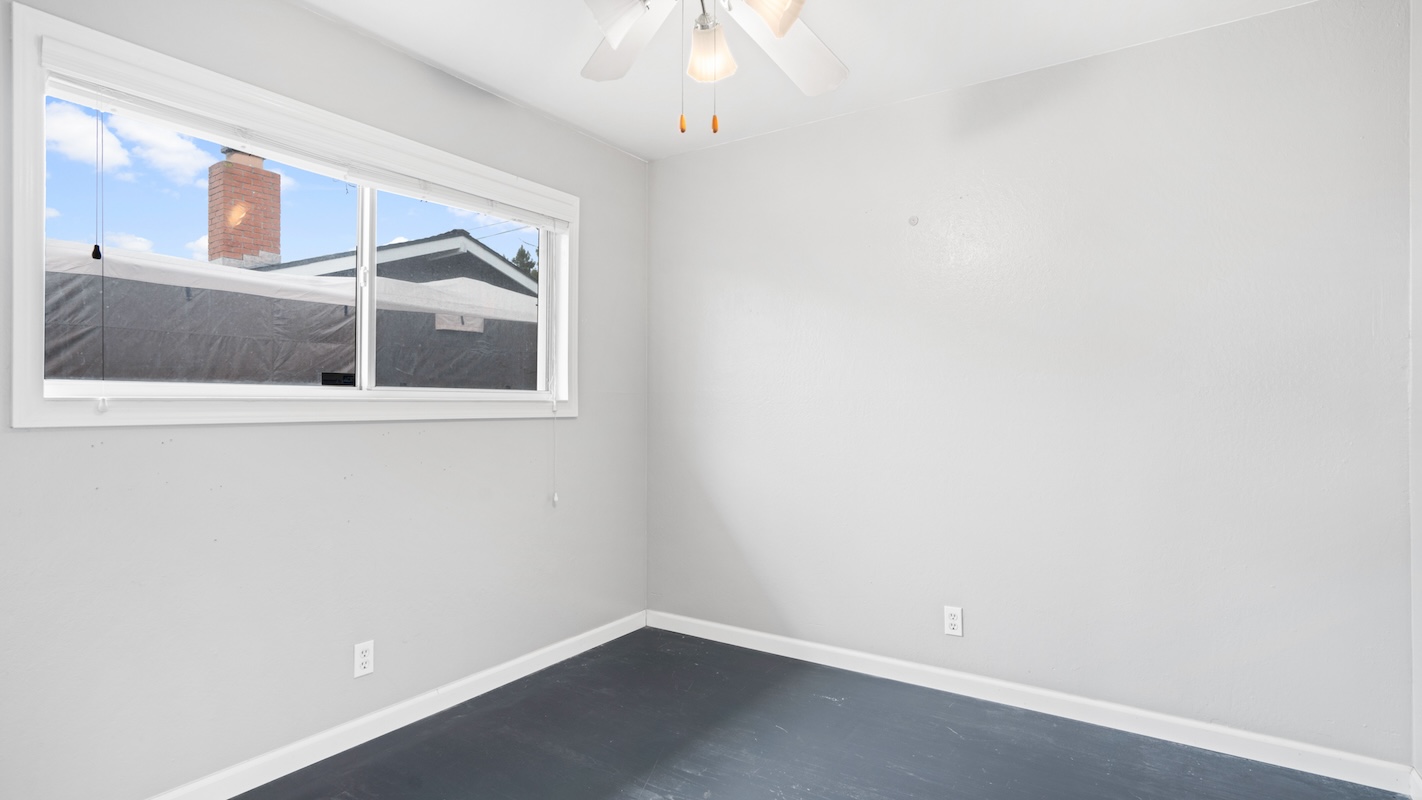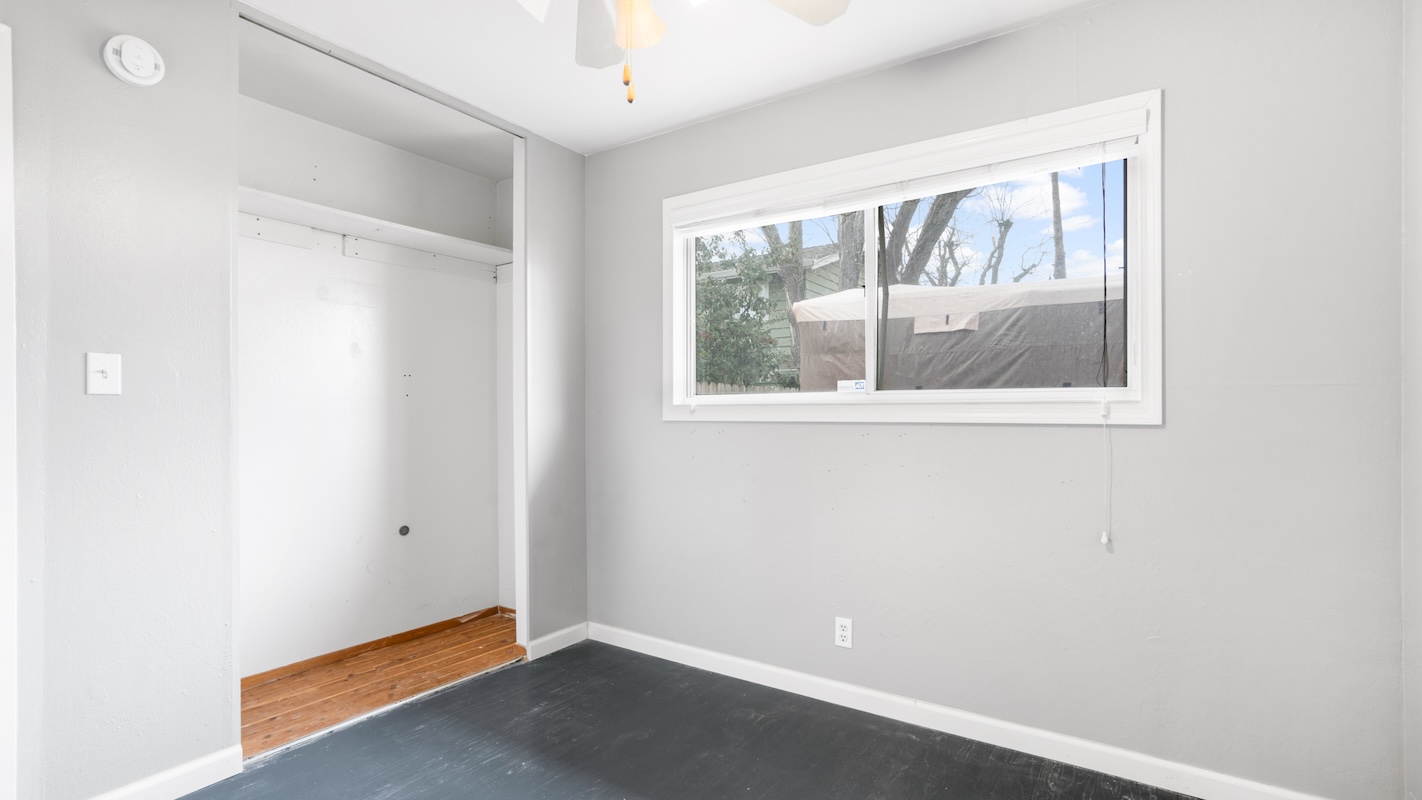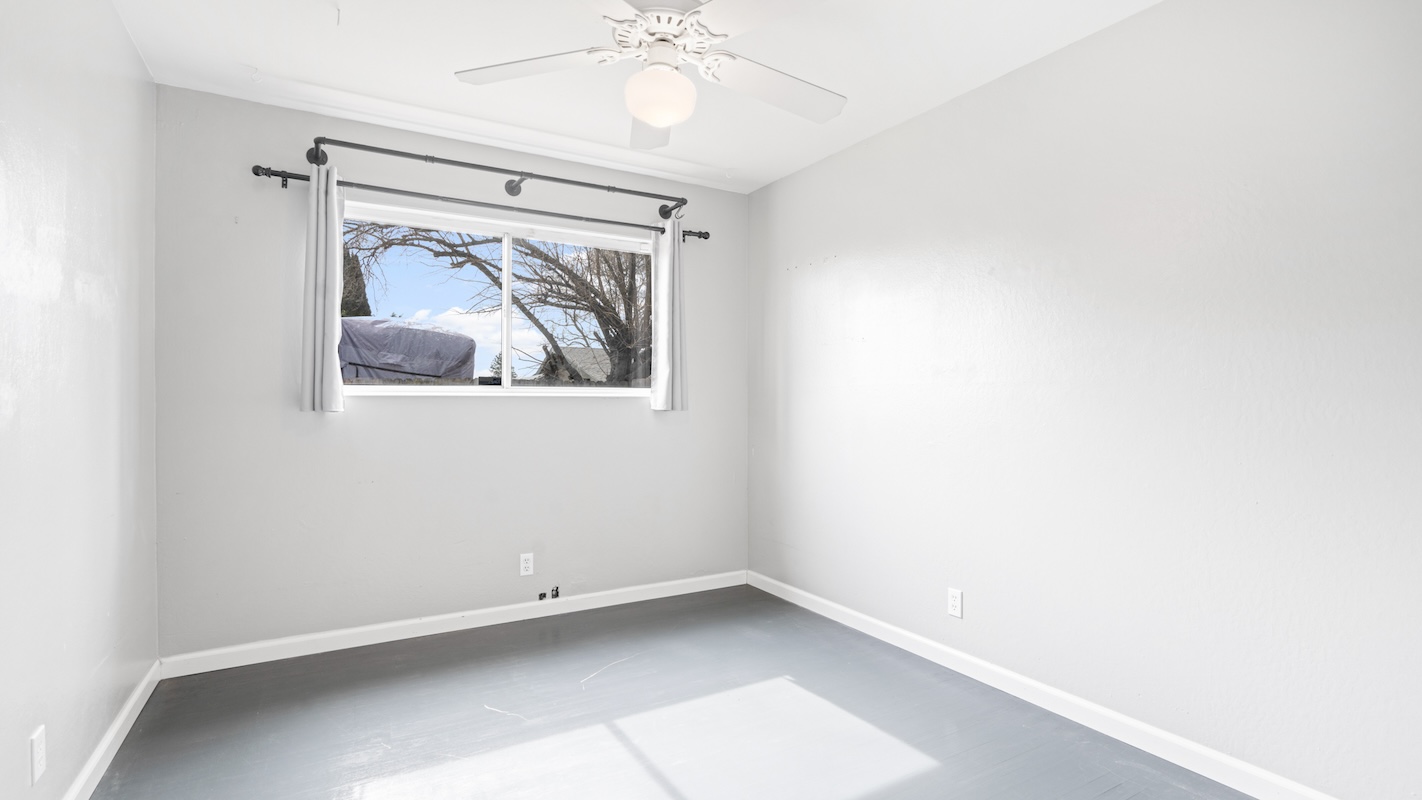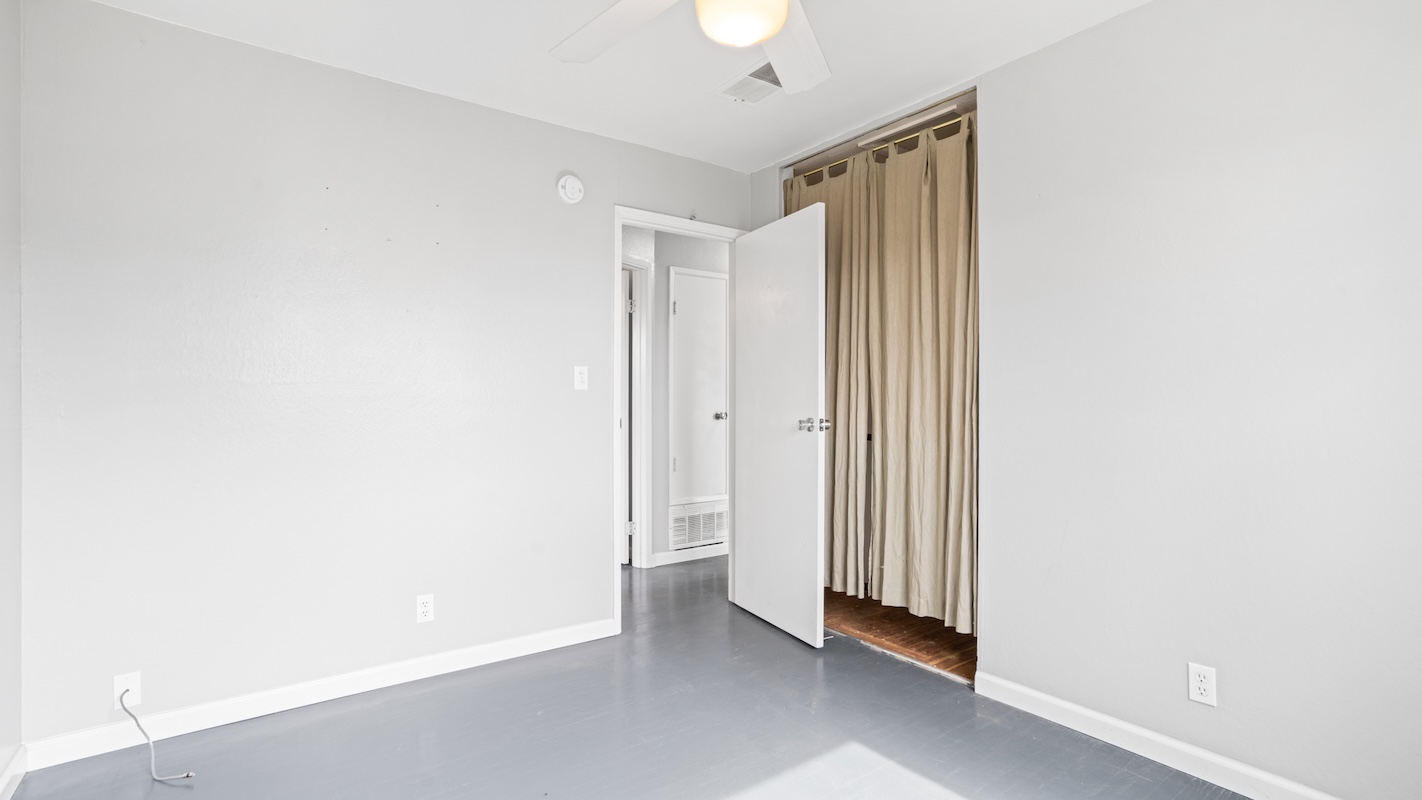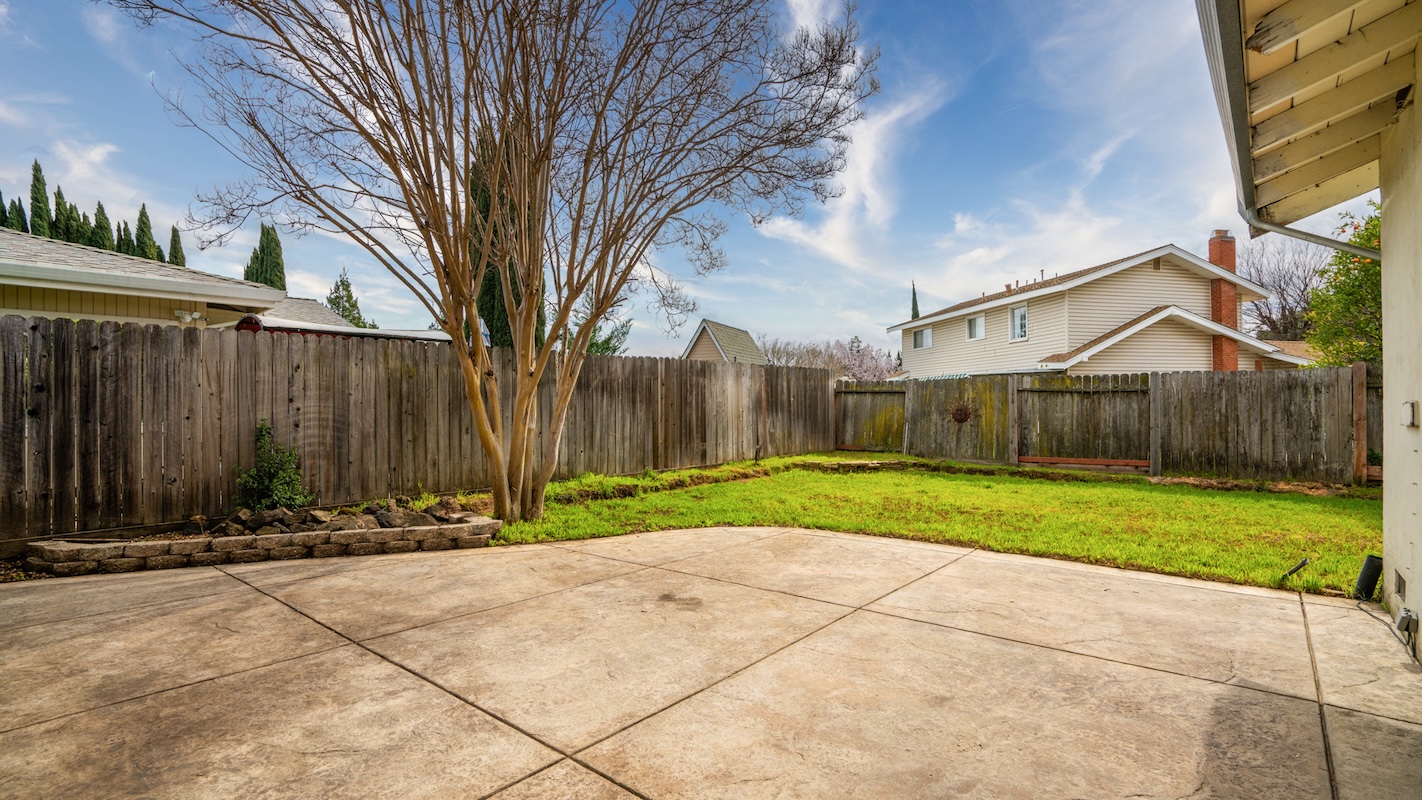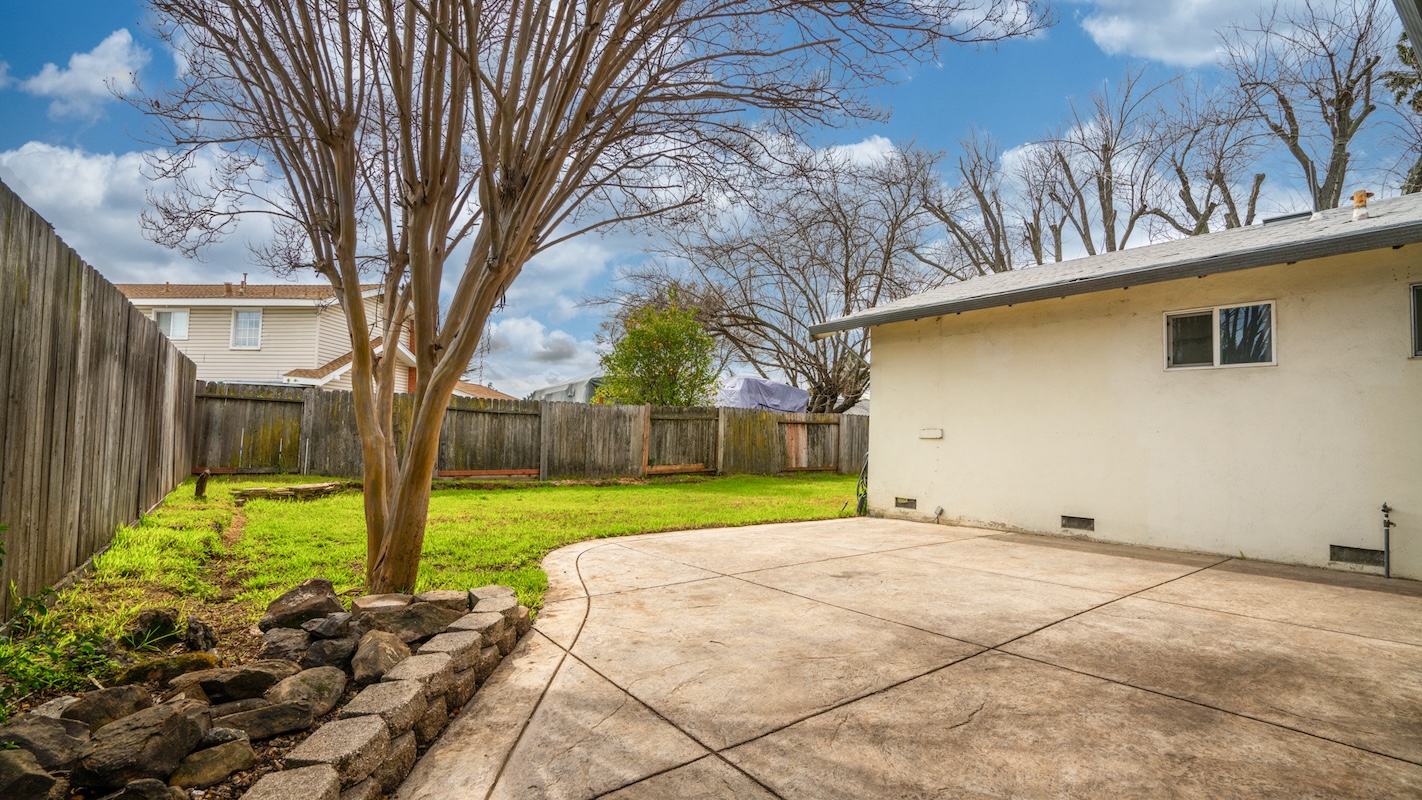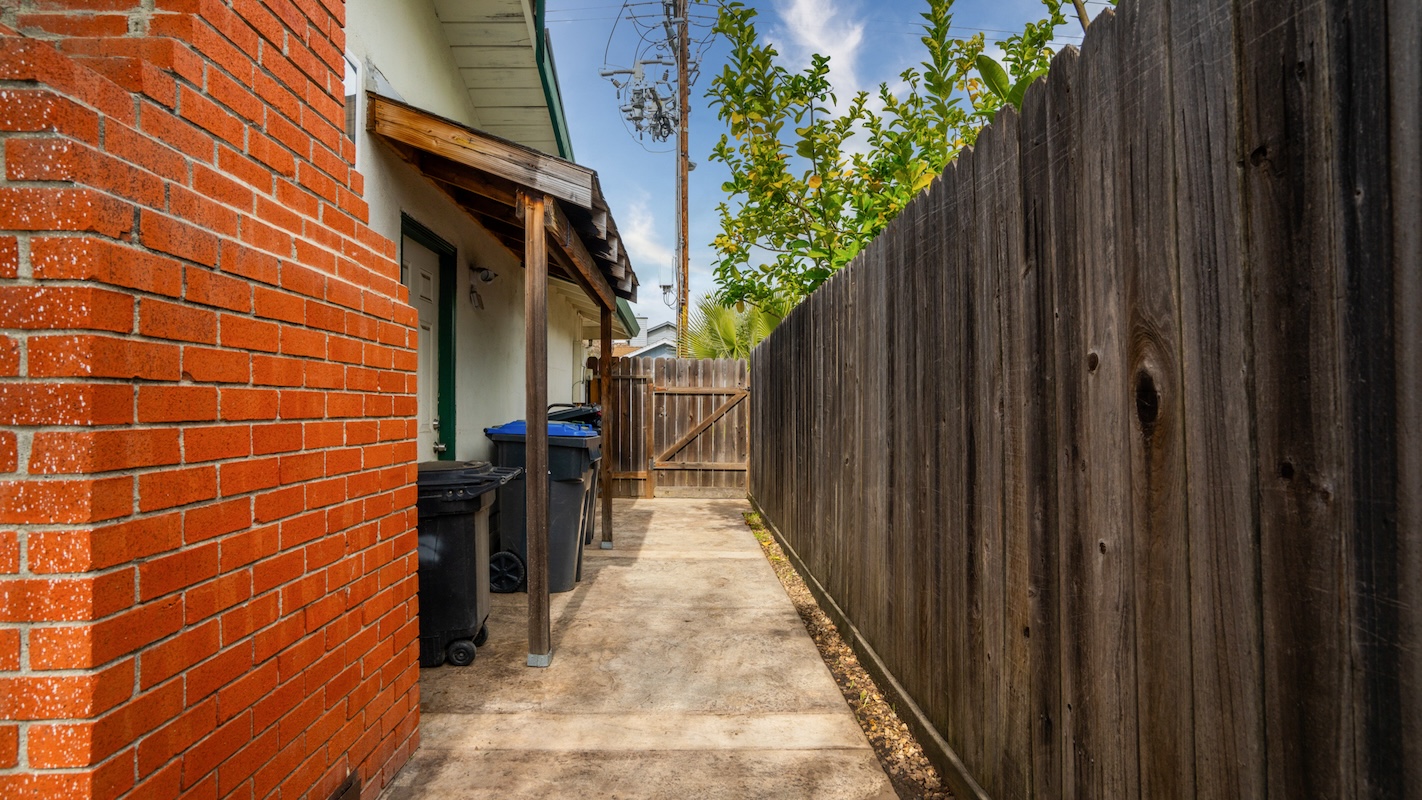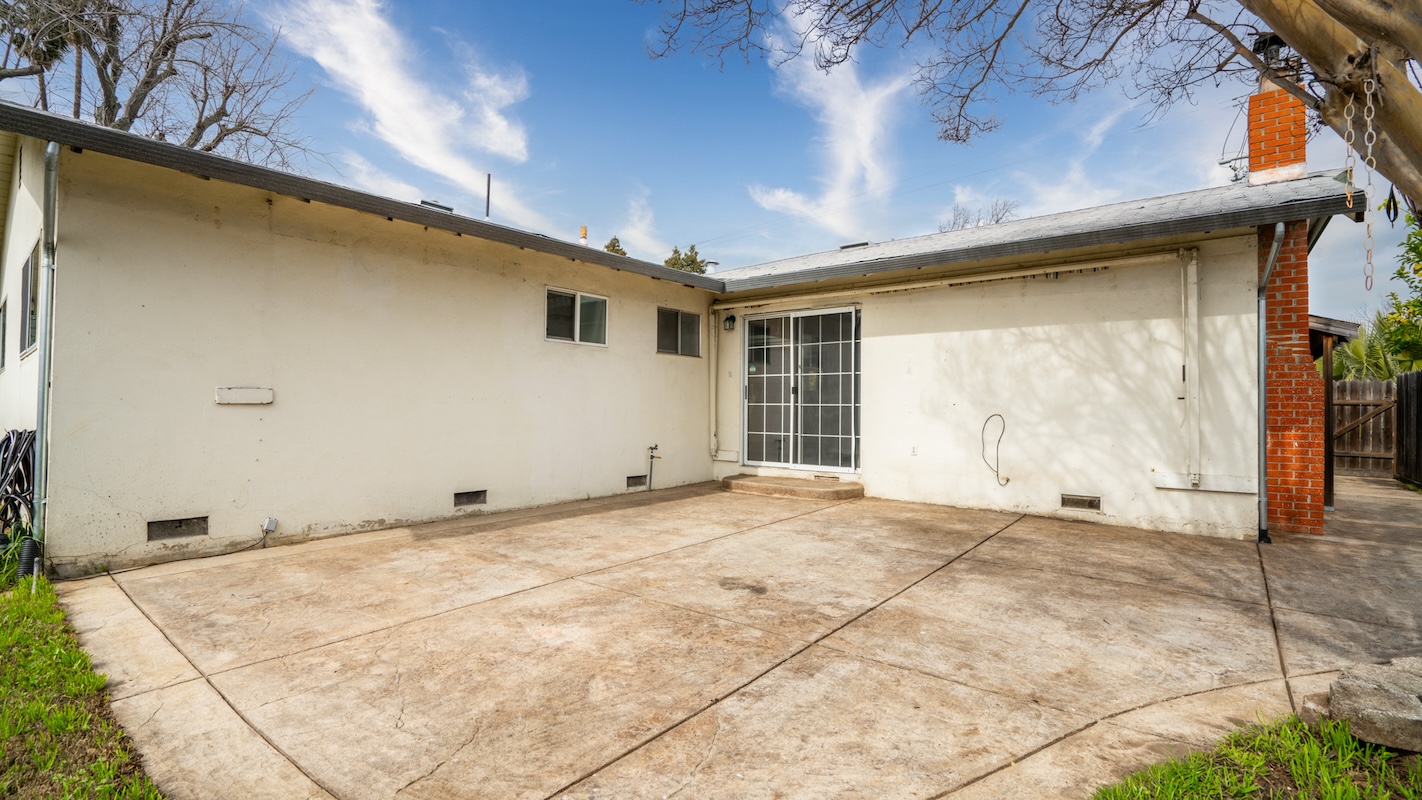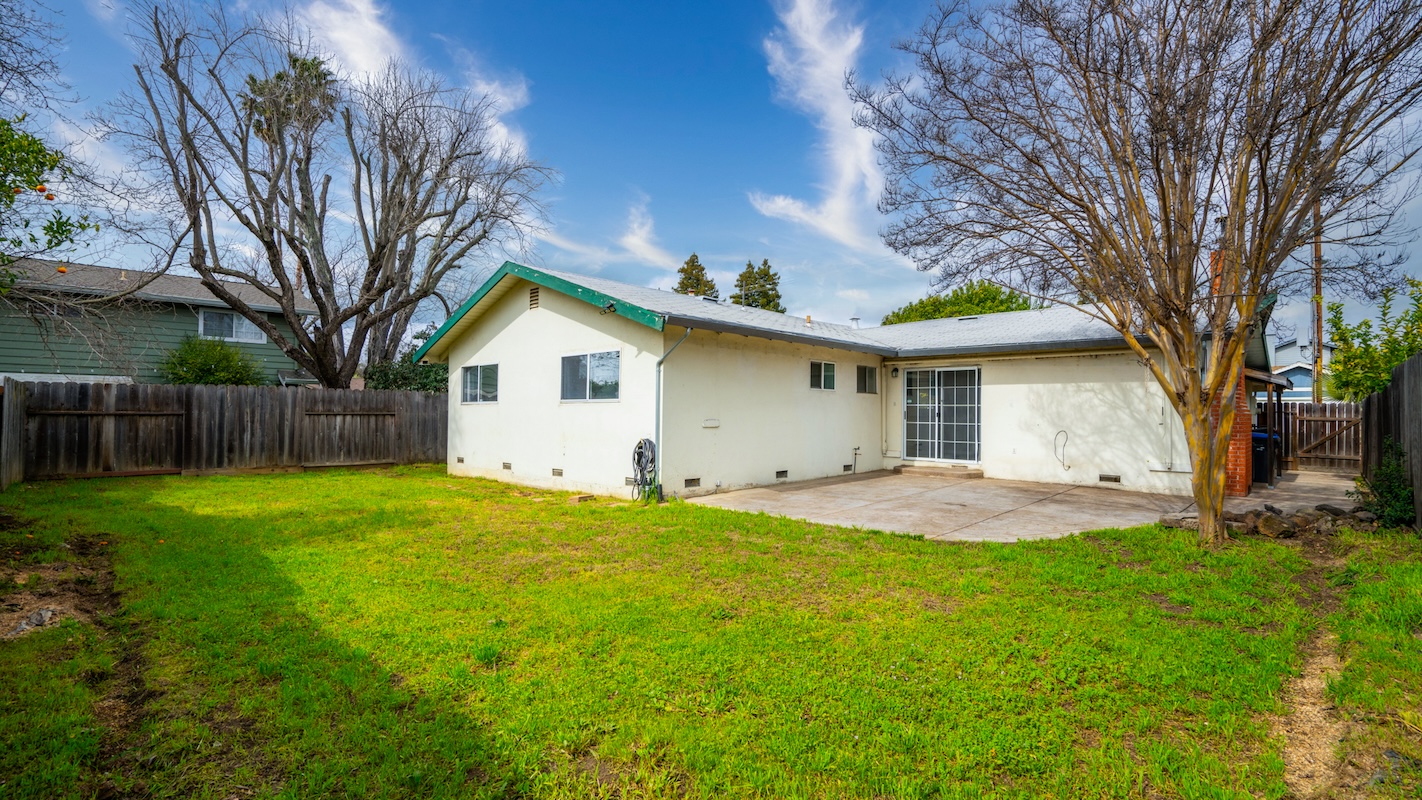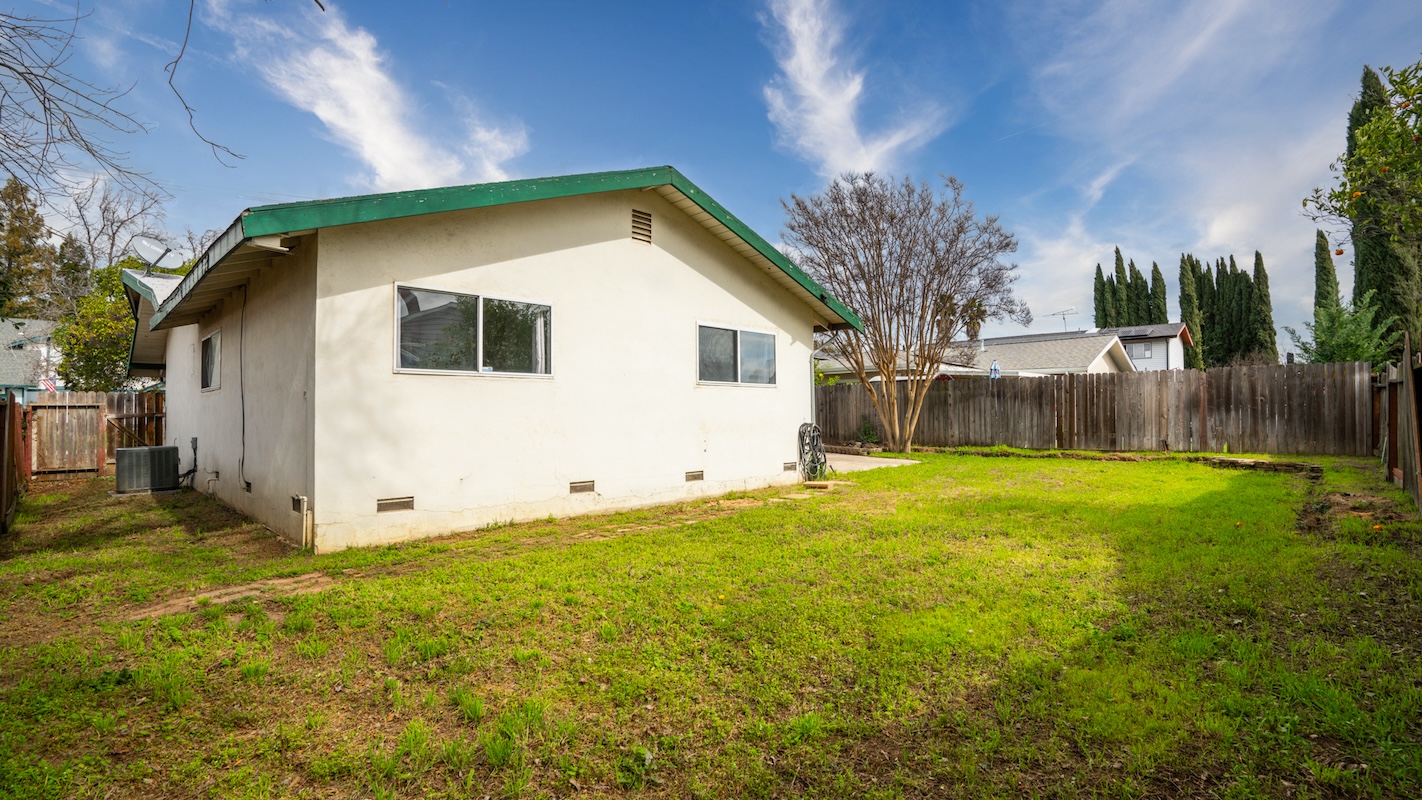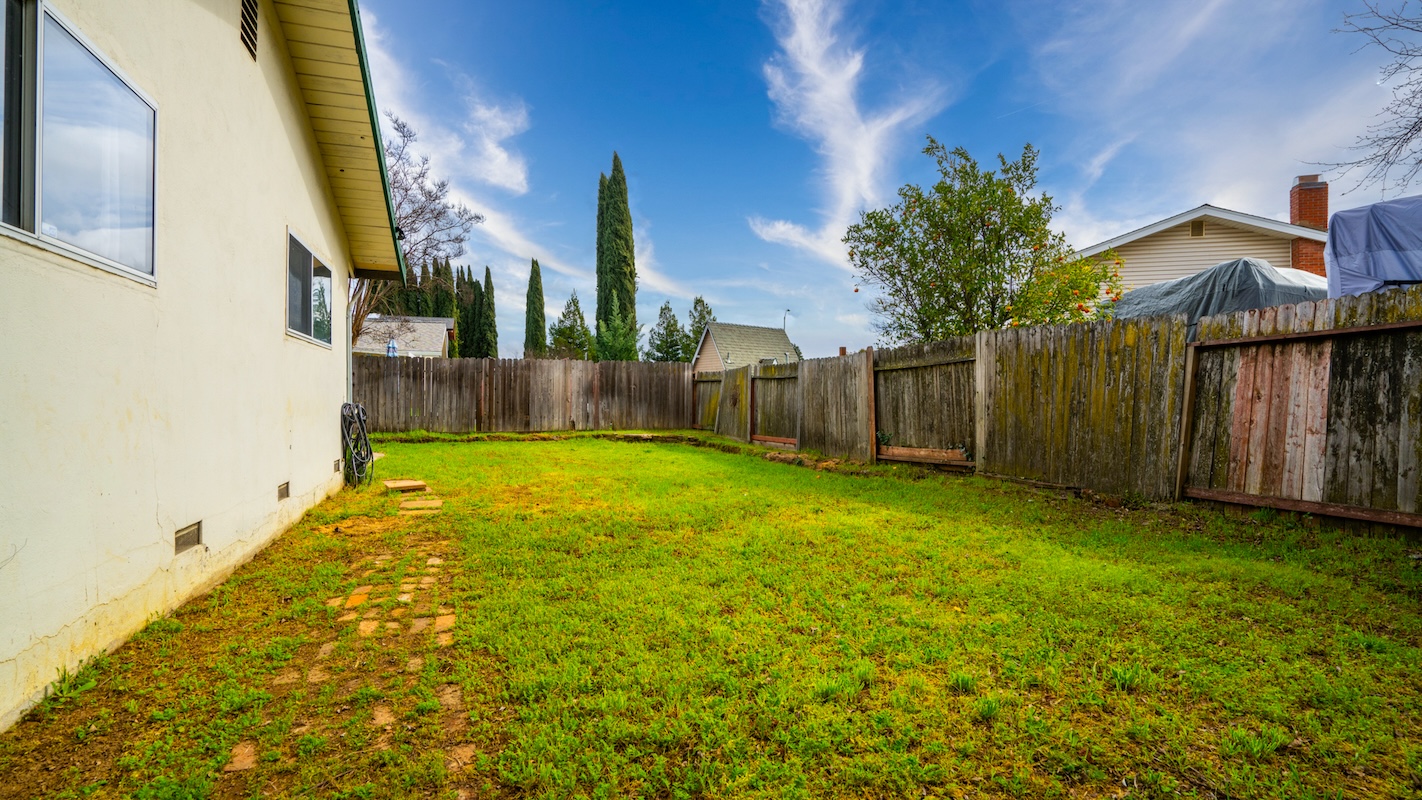FOR SALE
→ 632 Cordelia Cir
$665,000
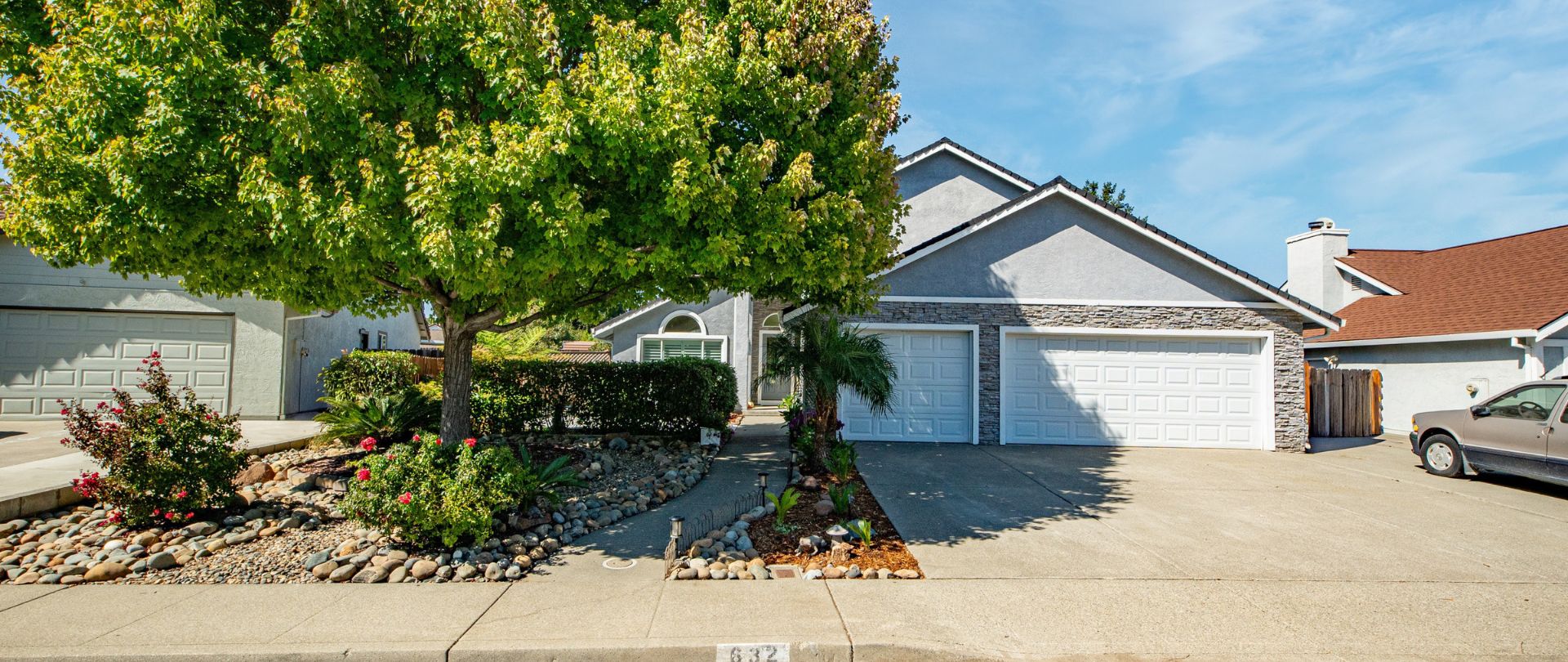
Vacaville
632 Cordelia Cir
4 Bedrooms | 3 Baths | 1,817 sq. ft.
PENDING for: $665,000
-
4 bedrooms
-
3 full bathrooms
-
MLS #325085765
-
1,817 sq ft
-
0.1818-acre lot
-
Built 1986
-
Updated kitchen
-
Pot filler faucet
-
Fresh interior paint
-
Dual-pane windows
-
Wood-burning fireplace
-
French doors
-
Covered patio
-
Ceiling fans
-
Hard-top gazebo
-
Fire pit area
-
Raised garden beds
-
Dual HVAC (newer)
-
Under-warranty filtration
-
Newer water heater
-
3-car garage
-
Storage flexibility
-
Near parks & schools
-
Turnkey & move-in ready
632 Cordelia Cir, Vacaville, CA 95687
4 Beds | 3 Baths | 1,817 Sq Ft | $665,590 | MLS #325085765
Filled with natural light and modern upgrades, this spacious two-story Vacaville home offers 4 bedrooms and 3 bathrooms across 1,817 sq. ft. The updated kitchen features a pot filler, included appliances, and fresh interior paint. Dual-pane windows brighten the living areas, while a cozy wood-burning fireplace anchors the living room. French doors open to a backyard designed for entertaining with a covered patio, ceiling fans, hard-top gazebo, fire pit, and raised garden beds. Additional upgrades include a newer water heater, a dual HVAC system with warranty, and a 3-car garage for extra storage and convenience.
Neighborhood Profile
Located in a sought-after Vacaville neighborhood, this property is close to top schools and parks. Families will appreciate proximity to Will C. Wood High School, Cooper School Park, and Lagoon Valley Park, which offers scenic trails, picnicking, and outdoor recreation. Centennial and Andrews parks provide sports fields, play areas, and community gathering spaces, making the neighborhood ideal for both relaxation and active living.
Location Benefits & Affordability
Priced at $665,590 (≈ $366/sq. ft.), this home offers strong value compared to newer builds in surrounding Solano County communities. Vacaville combines affordability with access to quality amenities — an appealing mix for families, professionals, and retirees alike.
Living in Vacaville
Vacaville is one of Northern California’s most versatile places to live, offering a balance of small-town charm and modern amenities. Residents enjoy shopping and dining at the Nut Tree Plaza, downtown events like the CreekWalk Concert Series, and annual traditions such as Fiesta Days. Outdoor enthusiasts love Lagoon Valley Park, Peña Adobe, and nearby bike and hiking trails. Vacaville also boasts convenient access — just 35 miles from Sacramento, 55 miles to San Francisco, and minutes to Napa Valley and wine country. Beaches, Marin, and East Bay hubs are all within a day trip, making Vacaville a perfect base for work and play.
Every Home Has a Story—Experience This One
At Navigate Real Estate, we believe every home deserves to have its story told. To the right, you’ll find an interactive digital booklet that brings this property to life. Take the tour and explore every detail—from standout features and modern comforts to the neighborhood amenities that make this area such a great place to call home. Click now to watch the story and see if this could be your next chapter.
Click the image to the right and read this home’s story.
Wherever you're going... We'll get you there!
I believe My business has a responsibility to serve, connect, grow and protect the communities I operate in.
If you live here already, you know how blessed we are. If you're considering living or investing here, you've probably experienced some of the area's extraordinary possibilities: City living with country settings and small-town communities; enthralling agricultural beauty, and true farm to fork lifestyle, If Sonoma or Marin County is your real estate destination, you've arrived at the right spot. Whether you're looking to buy your first home - or to sell an estate - expect nothing less from me than a Meritage blend of real estate expertise, professional service, creativity, and a passion for achieving your goals.

PENDING
→ 709 Humboldt St
$410,000
Vallejo
709 Humboldt St
2 Bedrooms | 1 Baths | 837 sq. ft.
PENDING for: $410,000
Click to turn the page below and read this homes story↴
Click to turn the page below and read this homes story↴
- MLS#: 325032750
- 2 Bedrooms
- 1 Baths
- Living Space: 837 sq. ft.
- Lot Size: 4,791 sq. ft
- Year Built: 1942
- Subdivision: Granada Heights
- Levels: Single Story
- APN: 0069-121-160
- Garage: One Car
- HOA: No
- Roof: Shingle
- Water Source: Water District
- Sewer Source: Public
- Foundation: Pillar to Post
- Updated Throughout
- Modern Finishes
- HVAC: Central Heat/Air
- Detached Garage
- Newer Flooring
Welcome to 709 Humboldt St, Vallejo, CA 94591
2 Beds | 1 Bath | 837 Sq Ft | Offered at $410,000
Located in Vallejo’s desirable Granada Heights neighborhood, this charming single-story home offers a perfect blend of classic character and modern updates. With 837 square feet of comfortable living space on a generous 4,791 sq ft lot, this thoughtfully refreshed home is move-in ready and ideal for first-time buyers, investors, or anyone looking to enjoy life in a convenient, central location.
Originally built in 1942, the home features a bright, naturally lit living area, an updated kitchen with modern finishes, and two spacious bedrooms. The remodeled bathroom and upgraded systems provide peace of mind, while central heating and air conditioning ensure year-round comfort. A detached garage offers secure parking and extra storage, and the large lot presents opportunities for gardening or future expansion.
🏡 Local Amenities & Lifestyle
709 Humboldt St is perfectly positioned to take full advantage of Vallejo’s rich amenities and vibrant lifestyle:
-
🎓 Schools: Close to Vallejo City Unified campuses including Steffan Manor Elementary, Hogan Middle School, and Jesse Bethel High
-
🌳 Parks & Recreation: Just minutes from Blue Rock Springs Park, Hanns Park, and Wardlaw Dog Park
-
🎢 Six Flags Discovery Kingdom offers year-round thrills for all ages
-
🌊 Enjoy scenic views, ferry service to San Francisco, and waterfront dining at the Vallejo Marina and Ferry Terminal
-
⚓ Mare Island is a local treasure with breweries, museums, historic walking tours, and art galleries
-
🛍️ Nearby shopping, grocery stores, and cafes along Springs Road and Columbus Parkway
-
🎨 Take part in downtown events like Vallejo Art Walk, Waterfront Weekend, seasonal farmers markets, and more
Vallejo is known for its diverse culture, rich history, and unbeatable location in the North Bay—offering easy access to Napa Valley, Sacramento, San Francisco, and the greater East Bay via I-80 or the Vallejo Ferry.
Whether you're enjoying weekend outings on the waterfront, catching a show at Empress Theatre, or exploring local trails and parks, 709 Humboldt Street offers the perfect base to enjoy all that Vallejo has to offer.
Don’t miss this opportunity to own a beautifully updated home in a vibrant, growing city with so much to discover. Schedule your private showing today!
Wherever you're going... We'll get you there!
I believe My business has a responsibility to serve, connect, grow and protect the communities I operate in.
If you live here already, you know how blessed we are. If you're considering living or investing here, you've probably experienced some of the area's extraordinary possibilities: City living with country settings and small-town communities; enthralling agricultural beauty, and true farm to fork lifestyle, If Sonoma or Marin County is your real estate destination, you've arrived at the right spot. Whether you're looking to buy your first home - or to sell an estate - expect nothing less from me than a Meritage blend of real estate expertise, professional service, creativity, and a passion for achieving your goals.

PENDING
→ 67 Zinnia Lane
$699,000
Napa
67 Zinnia Lane
4 Bedrooms | 3 Baths | 2,714 sq. ft.
PENDING for: $699,000
Click to turn the page below and read this homes story↴
Click to turn the page below and read this homes story↴
- MLS#: 325025229
- 4 Bedrooms
- 3 Baths
- Living Space: 2,714 sq. ft.
- Lot Size: +/-.25 Acre
- Year Built: 1992
- Subdivision: Circle Oaks
- Levels: Multi Levels
- APN: 032-320-017-000
- Garage: Two Car
- HOA: Yes
- Roof: Composite
- Water Source: Water District
- Sewer Source: Connected
- HVAC
- Remodeled
- Newer Bathrooms
- Stainless Steel Appliances
- Two Rear Decks
- Wood Stove
Welcome to 67 Zinnia Ln, a beautifully updated 4-bedroom, 3-bathroom home offering 2,714 sq. ft. of living space on a spacious 0.25-acre lot in Napa's serene Circle Oaks community. Built in 1992, this residence features an open floor plan with a cozy wood-burning stove and a spacious kitchen. Recent updates enhance its charm, with large windows inviting abundant natural light. The bathrooms are a standout, boasting heated floors for added comfort and Toto self-cleaning toilets that elevate modern living.
The finished lower level includes a kitchenette and a separate entrance, making it ideal for multi-generational living or potential rental income. Two expansive decks provide stunning countryside views, while the generous backyard offers ample space for gardening, outdoor activities, or entertaining. This move-in-ready home seamlessly blends modern updates with peaceful country living.
About the Circle Oaks Community:
Nestled in the hills east of Napa Valley, Circle Oaks is a unique, unincorporated community established in 1964. Known for its distinctive circular lots, each approximately 1/4 acre, the design preserves greenbelt areas between properties, fostering a harmonious connection with nature.
Residents enjoy a tranquil, wooded environment teeming with wildlife, offering a peaceful retreat from the bustle of city life. Despite its secluded feel, Circle Oaks is conveniently located about 10 miles from downtown Napa, providing easy access to shopping, dining, and world-renowned wineries. The community is also a short drive from recreational opportunities at Lake Berryessa, perfect for boating and outdoor enthusiasts.
Managed by the Circle Oaks Homeowners Association, the community maintains a commitment to enhancing residents' living experiences through various amenities and services. Regular events and meetings foster a close-knit neighborhood atmosphere, making Circle Oaks not just a place to live, but a place to belong.
Don't miss this opportunity to own a piece of this serene and distinctive community. Schedule a showing today!
Wherever you're going... We'll get you there!
I believe My business has a responsibility to serve, connect, grow and protect the communities I operate in.
If you live here already, you know how blessed we are. If you're considering living or investing here, you've probably experienced some of the area's extraordinary possibilities: City living with country settings and small-town communities; enthralling agricultural beauty, and true farm to fork lifestyle, If Sonoma or Marin County is your real estate destination, you've arrived at the right spot. Whether you're looking to buy your first home - or to sell an estate - expect nothing less from me than a Meritage blend of real estate expertise, professional service, creativity, and a passion for achieving your goals.

FOR SALE
→ 2419 Mankas Blvd.
$509,000
Fairfield
2419 Mankas Blvd.
3 Bedrooms | 2 Baths | 1,228 sq. ft.
Offered for: $509,000
Click to turn the page below and read this homes story↴
Click to turn the page below and read this homes story↴
- MLS#: 325015449
- 3 Bedrooms
- 2 Baths
- 1,228 sq. ft.
- 5,663 sq. ft. Lot
- Year Built: 1966
- Subdivision: Monte Vista Manor
- Levels: Single Story
- APN: 0152-125-140
- Garage: Two Car
- Roof: Composite Shingle
- Water Source: Public
- Sewer Source: Public
- HVAC
- Architecture: Ranch
- Open Concept
- Expansive Windows
- Large Rear Yard
- Stained Concrete Patio
- Great Location
Nestled in the heart of Fairfield, California, 2419 Mankas Blvd is a charming single-story retreat that embodies both warmth and possibility. Built in 1966, this three-bedroom, two-bathroom home offers 1,228 square feet of inviting living space on a generous 5,662-square-foot lot. Thoughtfully designed with an open floor plan, the seamless flow between the living, dining, and kitchen areas creates a light and airy ambiance. Sunlight filters through expansive windows, enhancing the home’s timeless character while inviting the next owner’s personal touch of elegance. Outside, a spacious backyard serves as a canvas for endless possibilities—whether hosting lively gatherings, cultivating a lush garden, or simply unwinding in the serenity of your own private outdoor oasis.
Beyond its doors, the home is situated in a well-established neighborhood, offering both tranquility and accessibility. Just minutes away, you’ll find top-rated schools, picturesque parks, and an array of shopping and dining options. Nature lovers will appreciate the nearby Rockville Hills Regional Park, a scenic escape with miles of hiking and biking trails woven through rolling hills and ancient oak trees. The Linear Park Trail, a beloved local path, connects various parts of the city and is perfect for jogging, cycling, or leisurely strolls. Dog lovers will enjoy the Cordelia Community Dog Park, a spacious off-leash area for furry companions. With its close proximity to major highways, commuting to the Bay Area or Sacramento is seamless, making Fairfield an ideal location for those seeking both convenience and a relaxed suburban lifestyle.
As one of Northern California’s hidden gems, Fairfield is a city that offers something for everyone. Known for its affordability compared to the greater San Francisco Bay Area, it provides an attractive alternative for homebuyers seeking value without sacrificing amenities. Fairfield is home to the world-famous Jelly Belly Factory, where visitors can indulge in interactive tours and sweet treats. For wine enthusiasts, Suisun Valley Wine Country offers a charming, unpretentious experience with dozens of boutique wineries like Wooden Valley Winery and BackRoad Vines, producing exquisite varietals in a serene countryside setting.
Food lovers will delight in the diverse dining scene, from local favorites like Mankas Steakhouse, offering farm-to-table cuisine in a rustic-chic setting, to the laid-back atmosphere of Slanted Tree Kitchen & Taproom, serving modern American fare and craft beer. Whether exploring the vibrant seasonal farmers’ markets, enjoying a relaxing day at Allan Witt Aquatics Complex, or immersing yourself in Fairfield’s strong sense of community, life here is about finding the perfect balance between adventure and comfort.
With its small-town charm, urban accessibility, and unbeatable affordability, Fairfield continues to attract those looking to establish roots in a thriving, well-connected community. 2419 Mankas Blvd is more than just a house—it’s a chance to embrace the Fairfield lifestyle, where opportunity, beauty, and convenience come together to create the perfect place to call home.
Wherever you're going... We'll get you there!
I believe My business has a responsibility to serve, connect, grow and protect the communities I operate in.
If you live here already, you know how blessed we are. If you're considering living or investing here, you've probably experienced some of the area's extraordinary possibilities: City living with country settings and small-town communities; enthralling agricultural beauty, and true farm to fork lifestyle, If Sonoma or Marin County is your real estate destination, you've arrived at the right spot. Whether you're looking to buy your first home - or to sell an estate - expect nothing less from me than a Meritage blend of real estate expertise, professional service, creativity, and a passion for achieving your goals.

Many people are hoping mortgage rates will come down before they buy a home. But will that actually happen? According to the latest forecasts, experts say rates will decline, but not by as much as a lot of people want.
The good news? Even if they don’t drop substantially, there are still ways to make buying a home more affordable.
How Much Will Rates Drop?
A few months ago, experts were forecasting mortgage rates could dip below 6% by the end of the year. But recent projections suggest that may not happen after all.
While mortgage rates are still expected to decline some later this year, projections from Fannie Mae, the Mortgage Bankers Association (MBA), and Wells Fargo now show them stabilizing closer to the 6.5% to 7% range (see below):
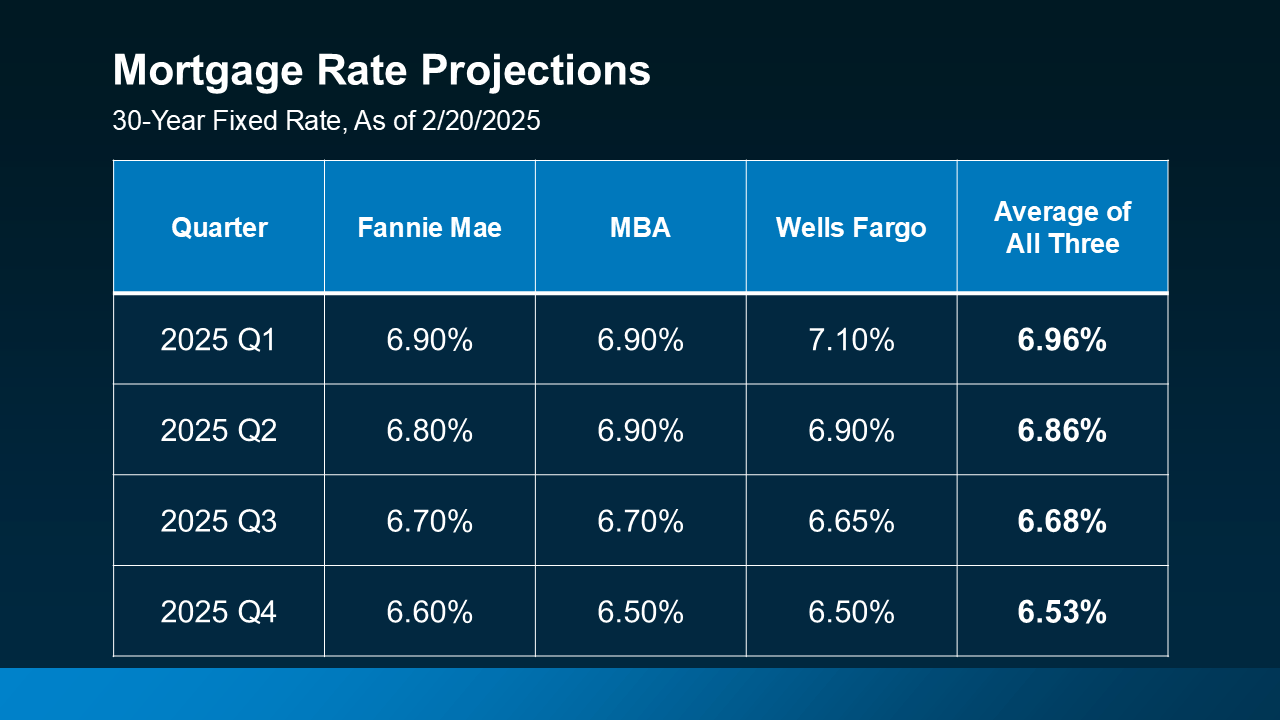 That means if you’re holding off on buying a home in hopes of much lower mortgage rates, you may be waiting a while. And if you need to move because something in your life has changed, like a new job, a new baby, or a marriage – waiting that long may not be an option.
That means if you’re holding off on buying a home in hopes of much lower mortgage rates, you may be waiting a while. And if you need to move because something in your life has changed, like a new job, a new baby, or a marriage – waiting that long may not be an option.
Creative Financing Options in Today’s Market
Since rates aren’t expected to decline as much as originally expected, it may be worth considering alternative financing options that could help you get into a home sooner rather than later. Here are three strategies to discuss with your lender to see if any of these make sense for you:
1. Mortgage Buydowns
A mortgage buydown allows you to pay an upfront fee to lower your mortgage rate for a set period of time. This can be especially helpful if you want or need a lower monthly payment early on. In fact, 27% of agents say first-time homebuyers are increasingly requesting buydowns from sellers in order to buy a home right now.
2. Adjustable-Rate Mortgages
Adjustable-rate mortgages (ARMs) typically start with a lower mortgage rate than a traditional 30-year fixed mortgage. This makes them an attractive option, especially if you expect rates to drop in the coming years or plan to refinance later.
And if you remember the housing crash, know that today’s ARMs aren’t like the risky ones back then. Lance Lambert, Co-Founder of ResiClub, helps drive this point home by saying:
“. . . ARM products today are different from many of the products issued in the mid-2000s. Before 2008, lenders often approved ARMs based on borrowers ability to pay the initial lower interest rates. And sometimes they didn’t even check that (remember Ninja loans). Today, adjustable-rate borrowers qualify based on their ability to cover a higher monthly payment, not just the initial lower payment.”
In simple terms, banks used to give loans without checking to see if buyers could afford them. Now, lenders verify income, assets, and jobs, reducing the risks associated with ARMs compared to the past.
3. Assumable Mortgages
An assumable mortgage allows you to take over the seller’s existing loan — including its lower mortgage rate. And with more than 11 million homes qualifying for this option according to U.S. News, it’s worth exploring if you want or need a better rate.
Bottom Line
Waiting for a big decline in mortgage rates may not be the best strategy. Instead, options like buydowns, ARMs, or assumable mortgages could make homeownership more affordable right now. Connect with a local lender to explore what works for you.
How does this impact your homebuying plans this year?
Some homeowners hesitate to sell because they’ve got unanswered questions that hold them back. But a lot of times their concerns are based on misconceptions, not facts. And if they’d just talk to an agent about it, they’d see these doubts aren’t necessarily a hurdle at all.
If uncertainty is keeping you from making a move, it’s time to get the real answers. The ones you deserve. And to take the pressure off, you don’t have to ask the questions, because here’s the data that answers them.
1. Is It Even a Good Idea To Move Right Now?
If you own a home already, you may be tempted to wait because you don’t want to sell and take on a higher mortgage rate on your next house. But your move may be a lot more feasible than you think, and that’s because of how much your house has likely grown in value.
Think about it. Do you know anyone in your neighborhood who’s sold their house recently? If so, did you hear what it sold for? With how much home values have gone up in recent years, the number may surprise you. According to Lawrence Yun, Chief Economist at the National Association of Realtors (NAR), the typical homeowner has gained $147,000 in housing wealth in the last five years alone.
That’s significant – and when you sell, that can give you what you need to fund your next move.
2. Will I Be Able To Find a Home I Like?
If this is on your mind, it’s probably because you remember just how hard it was to find a home over the past few years. But in today’s market, it isn’t as challenging.
Data from Realtor.com shows how much inventory has increased – it’s up nearly 25% compared to this time last year (see graph below):
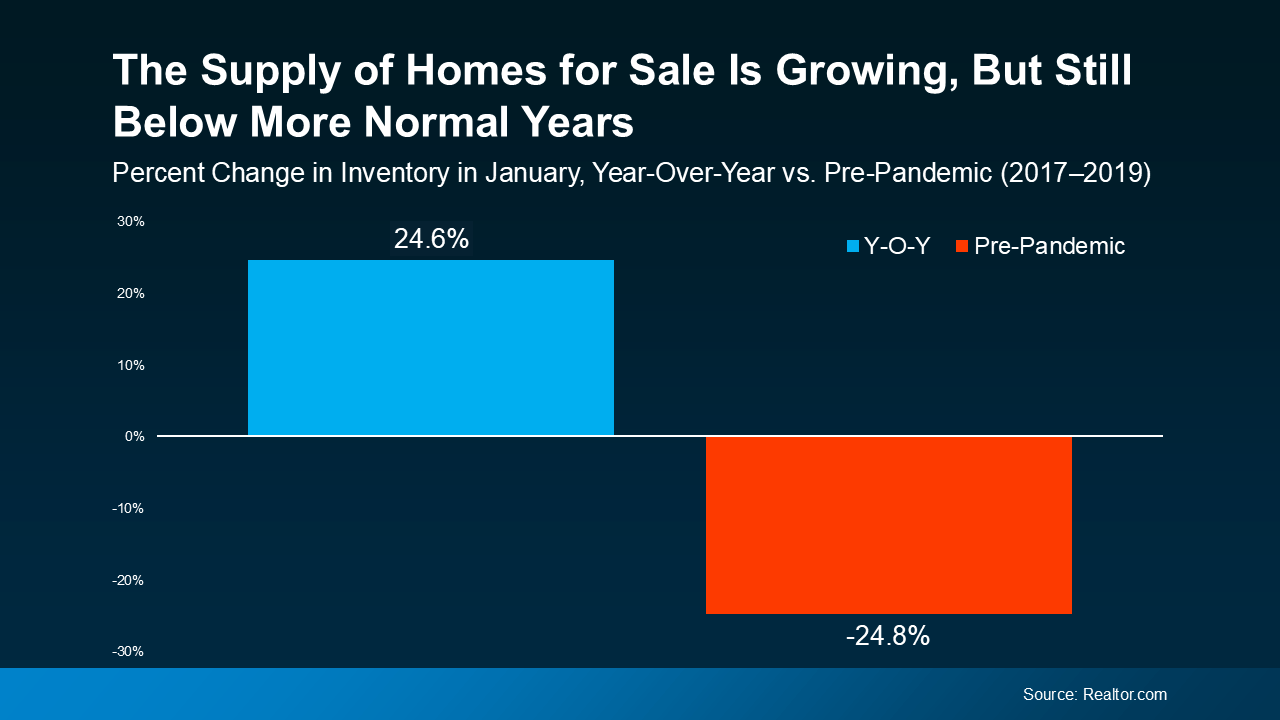 Even though inventory is still below more normal pre-pandemic levels, it’s improved a lot in the past year. And the best part is, experts say it’ll grow another 10 to 15% this year. That means you have more options for your move – and the best chance in years to find a home you love.
Even though inventory is still below more normal pre-pandemic levels, it’s improved a lot in the past year. And the best part is, experts say it’ll grow another 10 to 15% this year. That means you have more options for your move – and the best chance in years to find a home you love.
3. Are Buyers Still Buying?
And last, if you’re worried no one’s buying with rates and prices where they are right now, here’s some perspective that can help. While there weren’t as many home sales last year as there’d be in a normal market, roughly 4.24 million homes still sold (not including new construction), according to the National Association of Realtors (NAR). And the expectation is that number will rise in 2025. But even if we only match how many homes sold last year, here’s what that looks like.
- 4.24 million homes ÷ 365 days in a year = 11,616 homes sell each day
- 11,616 homes ÷ 24 hours in a day = 484 homes sell per hour
- 484 homes ÷ 60 minutes = 8 homes sell every minute
Think about that. Just in the time it took you to read this, 8 homes sold. Let this reassure you – the market isn’t at a standstill. Every day, thousands of people buy, and they’re looking for homes like yours.
Bottom Line
When you’re ready to walk through what’s on your mind, I have the answers you need. And in the meantime, tell me: what’s holding you back from making your move?
Have you been wondering whether you should keep renting or finally make the leap into homeownership? It’s a big decision, and let’s be real — renting can feel like the easier option, especially if buying a home feels out of reach.
But here’s the thing: a recent report from Bank of America highlights that 70% of prospective buyers fear the long-term consequences of renting, including not building equity and dealing with rising rents.
Maybe you’re feeling that too — concerned about where renting might leave you down the road, but still unsure if you’d even be able to buy right now. The truth is, if you’re able to make the numbers work, buying a home has powerful long-term financial benefits.
Let’s break down why homeownership is worth considering in 2025 and beyond, and how it can help set you up for the future.
Buying Builds Wealth Over Time
Buying a home allows you to turn your monthly housing costs into a long-term investment. That’s because, as shown in data from the Census and the Department of Housing and Urban Development (HUD), home prices tend to increase over time (see graph below):
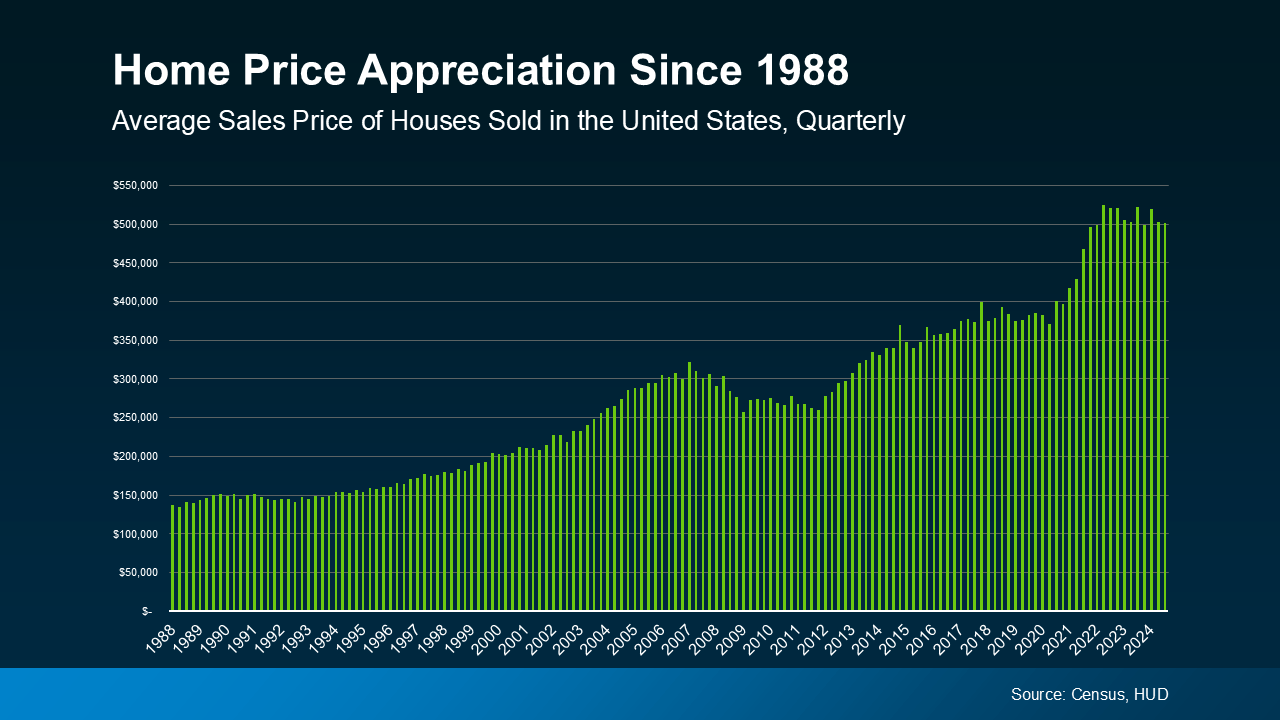 Rising home prices directly benefit homeowners. That’s because when you own a home, you build equity — meaning your ownership stake in your home grows as you pay down your mortgage and your home’s value appreciates. And that, in turn, makes your net worth grow too.
Rising home prices directly benefit homeowners. That’s because when you own a home, you build equity — meaning your ownership stake in your home grows as you pay down your mortgage and your home’s value appreciates. And that, in turn, makes your net worth grow too.
Maybe that’s why, according to the National Association of Realtors (NAR), 79% of buyers believe owning a home is a good financial investment.
Renting Comes with Rising Costs
Renting may feel more affordable in the short term, especially right now with today’s home prices and mortgage rates. But the reality is, over time, rent almost always goes up too. Take a look at the data and you can see that play out. According to Census data, rents have significantly increased over the decades (see graph below):
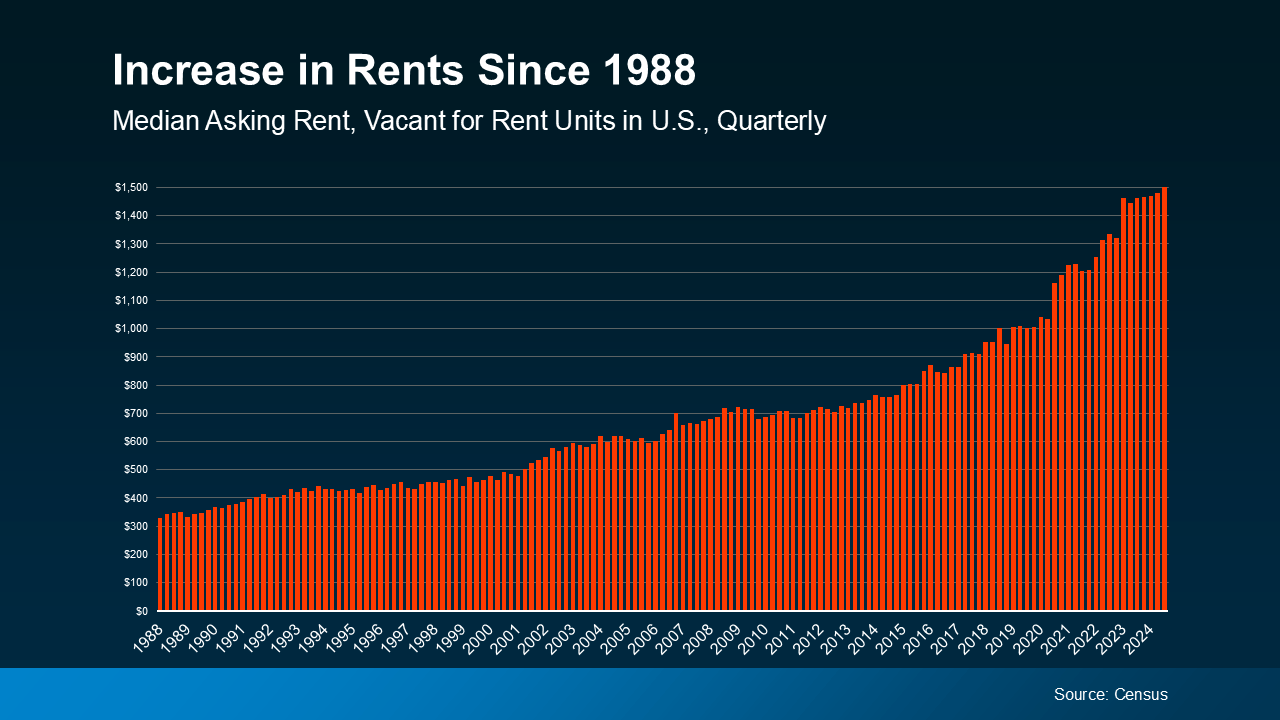 This means if you decide to rent, you’ll likely face growing expenses each time you renew or sign a new lease – and that’ll happen without building any wealth in return. Plus, those rising costs may make it harder to save up to buy a home down the road.
This means if you decide to rent, you’ll likely face growing expenses each time you renew or sign a new lease – and that’ll happen without building any wealth in return. Plus, those rising costs may make it harder to save up to buy a home down the road.
Renting vs. Buying: The Long-Term Impact
When you own a home, your payments are an investment in your future. Renting, on the other hand, means your money is gone for good — it helps your landlord build equity, not you.
Renting works for those not ready (or able) to buy today. But if you are able to make the numbers work, buying a home builds equity and sets you up for long-term financial success. So, even though renting may seem easier now, it can’t match the benefits of homeownership.
Bottom Line
If you can afford it, take control of your financial future by making homeownership part of your plan. It’s an investment you won’t regret.
Do you want to see what starter homes are available in our market? Let’s connect today to explore your options.
It’s no secret that affordability is tough with where mortgage rates and home prices are right now. And that may have you worried about how you’ll be able to buy a home. But, if you don’t need a ton of space, you may find you have more cost-effective options in an unexpected place: new home communities.
Builders Are Building Smaller Homes
Since smaller homes typically come with smaller price tags, buyers have turned their attention to homes with less square footage — and builders have shifted their focus to capitalize on that demand. As U.S. News notes:
“The combination of higher home prices and mortgage rates has strained a lot of people’s budgets. And that’s something builders recognize. To this end, they may be leaning toward smaller spaces . . .That, in turn, can lead to savings for buyers.”
Data from the Census shows the overall builder trend toward smaller, single-family homes has been over the last couple of years (see graph below):
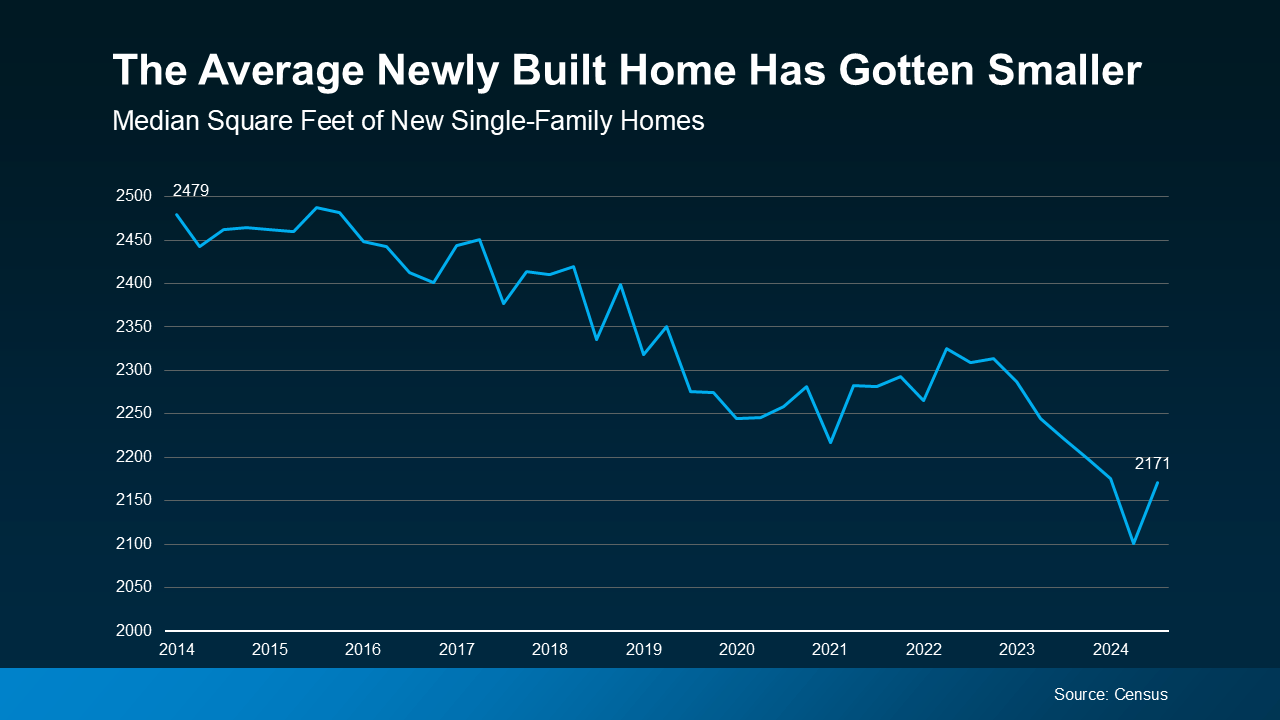 As the graph shows, the average size of a brand-new home has dropped from 2,309 square feet in Q3 2022 to 2,171 square feet in Q3 2024. That’s a difference of 138 square feet.
As the graph shows, the average size of a brand-new home has dropped from 2,309 square feet in Q3 2022 to 2,171 square feet in Q3 2024. That’s a difference of 138 square feet.
At the end of the day, builders want to build what they know will sell. And the number one thing homebuyers are looking for right now is less expensive options to help offset today’s affordability challenges. As Multi-Housing News notes:
“The growing trend toward smaller homes is evident. These homes are less expensive to build and more attainable for many middle-income families, meeting both housing needs and modern lifestyle preferences.”
The Benefits of These Brand-New Homes
So, if you’re having trouble finding a home in your budget, it might be worth exploring newly built homes with a smaller footprint.
Not to mention, since newly built homes come with brand new everything, they have fewer maintenance needs and some of the latest features available, like energy-efficient appliances and HVAC. That’ll help you save on repair costs and your monthly utility bills. Sounds like an all-around win.
Bottom Line
Today’s builders are focusing their efforts on smaller homes at lower price points. That could give you more opportunity to find something that fits your budget. If you’re planning to buy soon, let’s connect to explore what’s on the market in your area and get your homeownership goals over the finish line.
It’s easy to get caught up in the idea of waiting for the perfect moment to make your move – especially in today’s market. Maybe you’re holding out and hoping mortgage rates will drop, or that home prices will fall. But here’s what you need to realize: trying to time the market rarely works. And here’s why.
There is no perfect market.
No matter when you buy, there’s always some benefit and some sort of trade-off – and that’s not a bad thing. That’s just the reality of it. If you’re not sure you buy into that, think back to the last 5 years in housing.
Just a few years ago, mortgage rates hit a historic low. To take advantage of that, a ton of buyers rushed to buy a home and lock in those lower rates. The side effect? With such a big increase in how many buyers were purchasing, the homes on the market were snapped up fast. And since that resulted in so few homes left for sale, bidding wars became the norm and home prices went through the roof. Those buyers got a great rate, but they had other things to contend with.
Now, with higher rates and higher prices, it’s more expensive to buy. You can’t argue that. But at the same time, the number of homes for sale is at the highest point in several years. That means you have more options to choose from and you’ll be less likely to find yourself in a pull-out-all-the-stops bidding war. Again, there are benefits and trade-offs in any market.
So, if you have a reason to move and can afford to do so, you’ve got to take advantage of the trends that work in your favor and lean on a pro to help you navigate the rest. As Bankrate says:
“The complexities of the current conditions mean that, now more than ever, it’s smart to lean on the guidance of an experienced local real estate agent. If you want to enter the housing market in 2025, whether as a buyer or a seller, let a pro lead the way for you.”
While achieving your goals may feel like an uphill battle in today’s complex market, it is doable. But you’ll need the help of a trusted real estate agent and a lender.
Your agent will help you explore creative solutions – like looking into different housing types (like smaller condos), considering homes that need a little elbow grease, or casting a wider net for your search area. And your lender will walk you through different loan options and down payment assistance programs, so you know what you need to do to make the numbers work for you. As Yahoo Finance says:
“Buying a house at a time when both mortgage rates and home prices are favorable is a challenge. You probably shouldn’t try to time the housing market . . . Buy when it makes sense for you personally.”
Bottom Line
There’s no perfect time to move – every market has its pros and cons. The key is knowing how to make the most of the factors working in your favor. If you need to move and can afford to do it, let’s connect so you’ll have the guidance and tools to make it possible.
Knowing what to budget for when buying a home may feel intimidating — but it doesn’t have to be. By understanding the costs you may encounter upfront, you can take control of the process.
Here are just a few things experts say you should be thinking about as you plan ahead.
1. Down Payment
Saving for your down payment is likely top of mind. But how much do you really need? A common misconception is that you have to put down 20% of the purchase price. But that’s not necessarily the case. Unless it’s specified by your loan type or lender, you don’t have to. There are some home loan options that require as little as 3.5% or even 0% down. An article from The Mortgage Reports explains:
“The amount you need to put down will depend on a variety of factors, including the loan type and your financial goals. If you don’t have a large down payment saved up, don’t worry—there are plenty of options available . . .”
A trusted lender will go over the various loan types with you, any down payment requirements on those, and down payment assistance programs you may qualify for. The more you know ahead of time, the easier the process will be. And the key to getting the information you need is working with a pro to see what’ll work best for your situation.
2. Closing Costs
Make sure you also budget for closing costs, which are a collection of fees and payments made to the various parties involved in your transaction. Bankrate explains:
“Mortgage closing costs are the fees associated with buying a home that you must pay on closing day. Closing costs typically range from 2 to 5 percent of the total loan amount, and they include fees for the appraisal, title insurance and origination and underwriting of the loan.”
When it comes to closing costs, a trusted lender can guide you through specifics and answer any questions you may have. They can also give you a better idea of how much you should be prepared to pay so you can cruise through your closing with confidence.
And as you plan ahead for closing day, be sure to budget for your real estate agent’s professional service fee too, in case the seller doesn’t cover it. But don’t worry, you’ll work with your agent ahead of time to agree on what this is, so you won’t be surprised at the finish line.
3. Earnest Money Deposit
And if you want to cover all your bases, you can also consider saving for an earnest money deposit (EMD). According to Realtor.com, an EMD is typically between 1% and 2% of the total home price and is money you pay as a show of good faith when you make an offer on a house.
But, it’s not an added expense. Instead, it works like a credit and goes toward some of your upfront costs. You’re simply using some of the money you’ve already saved for your purchase to show the seller you’re committed and serious about buying their house. Realtor.com describes how it works as part of your sale:
“It tells the real estate seller you’re in earnest as a buyer . . . Assuming that all goes well and the buyer’s good-faith offer is accepted by the seller, the earnest money funds go toward the down payment and closing costs. In effect, earnest money is just paying more of the down payment and closing costs upfront.”
Keep in mind, this isn’t required, and it doesn’t guarantee your offer will be accepted. It’s important to work with a real estate advisor to understand what’s best for your situation and any specific requirements in your local area. They’ll advise you on what moves you should make so you can make the best possible decisions throughout the buying process.
Bottom Line
The key to a successful homebuying savings strategy? Being informed about what you need to save for. Because, when you understand what to expect, you can plan ahead. With an expert agent and a trusted lender, you’ll have the information you need to move forward with confidence.


